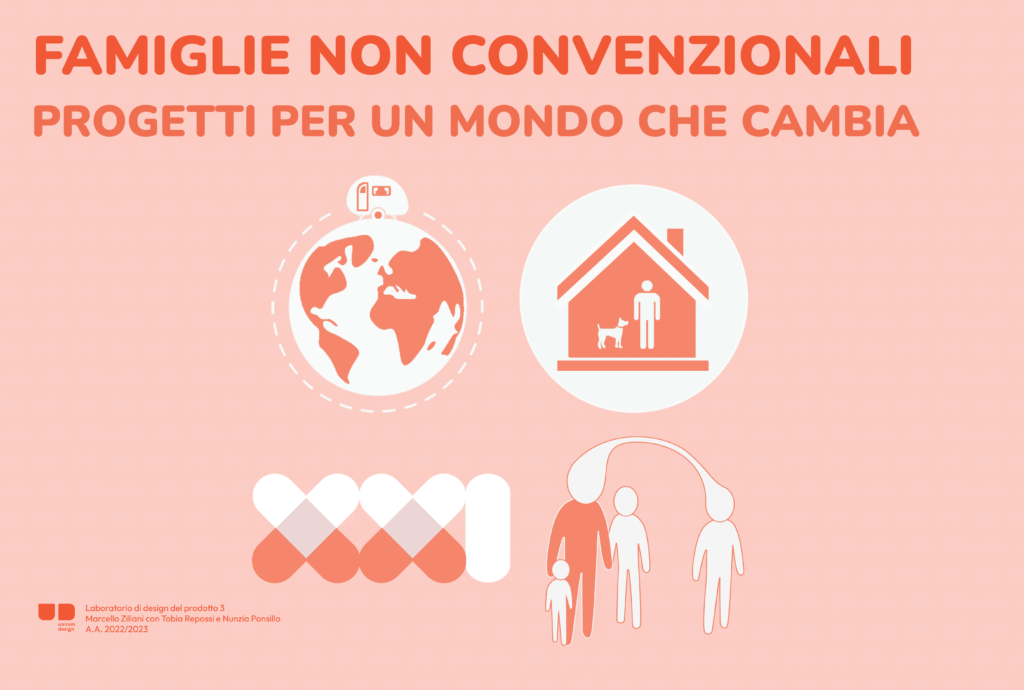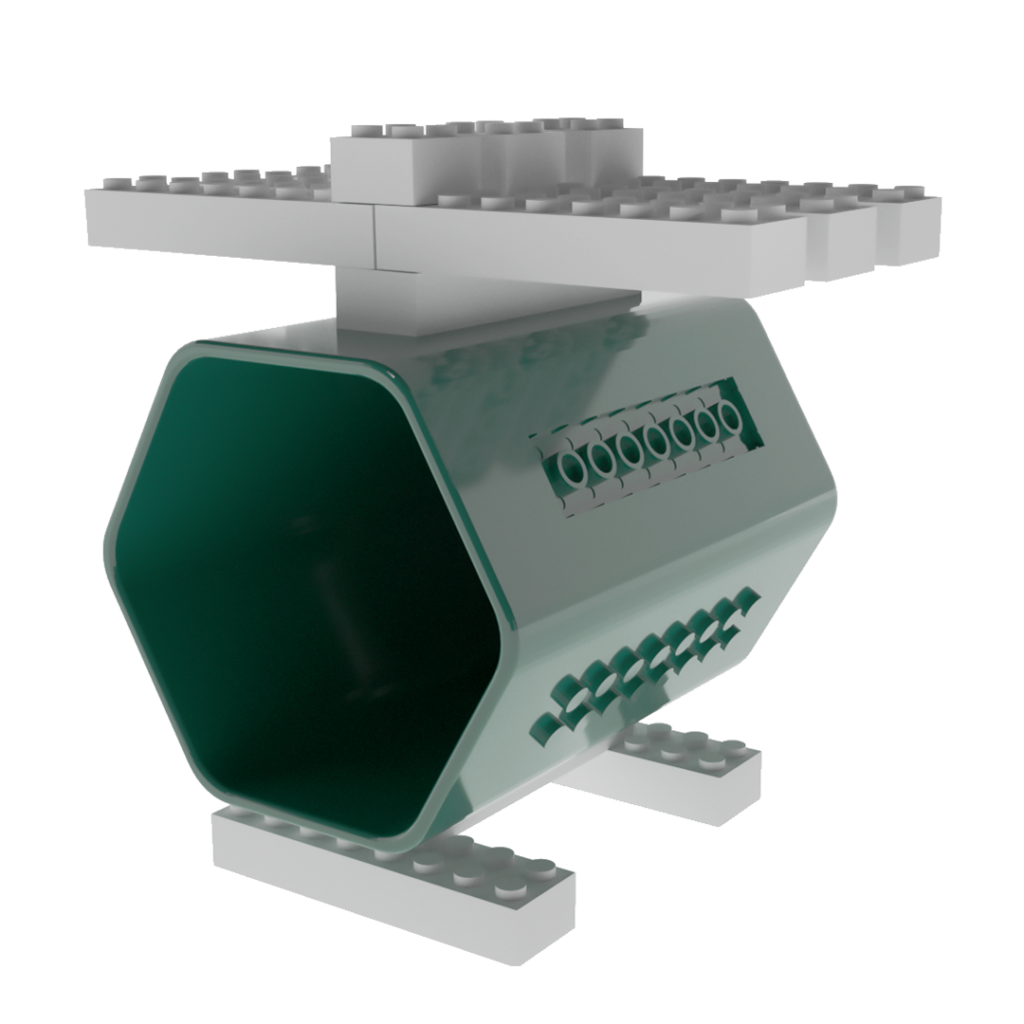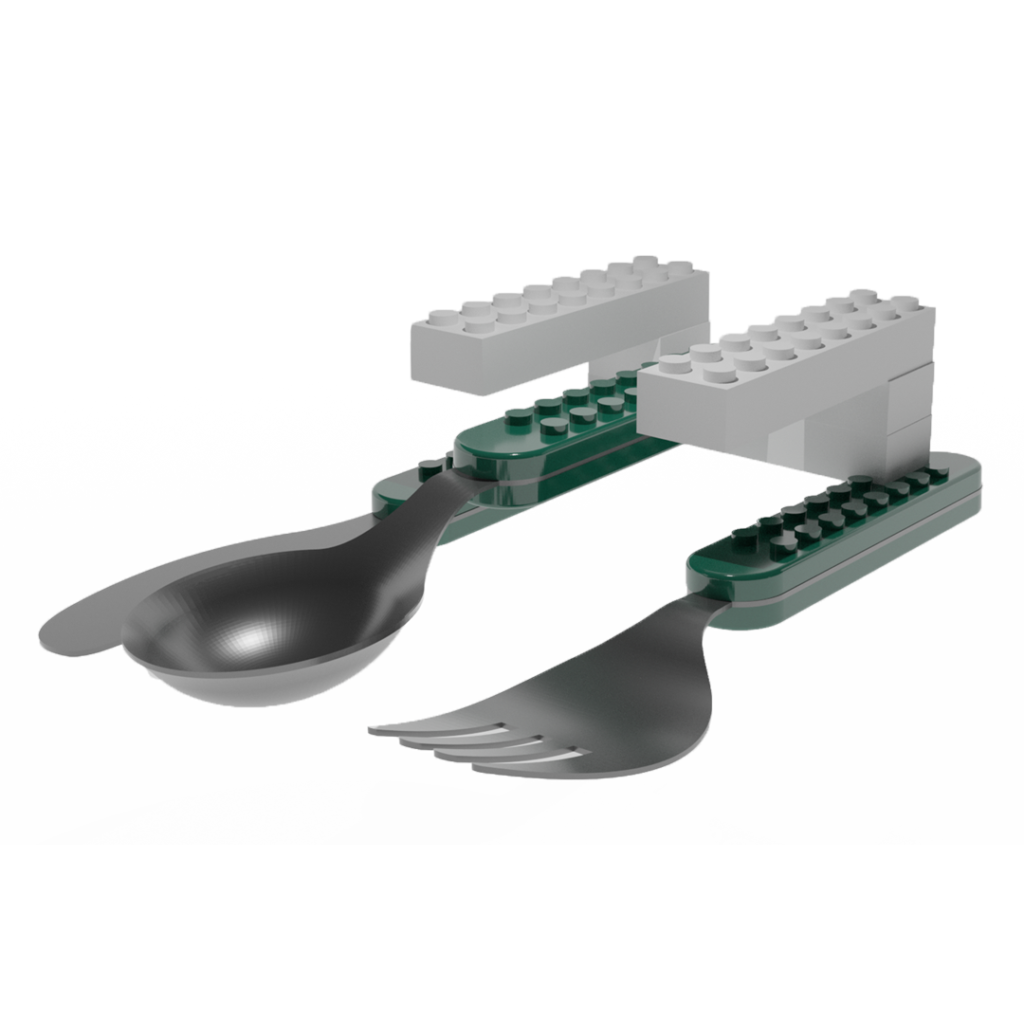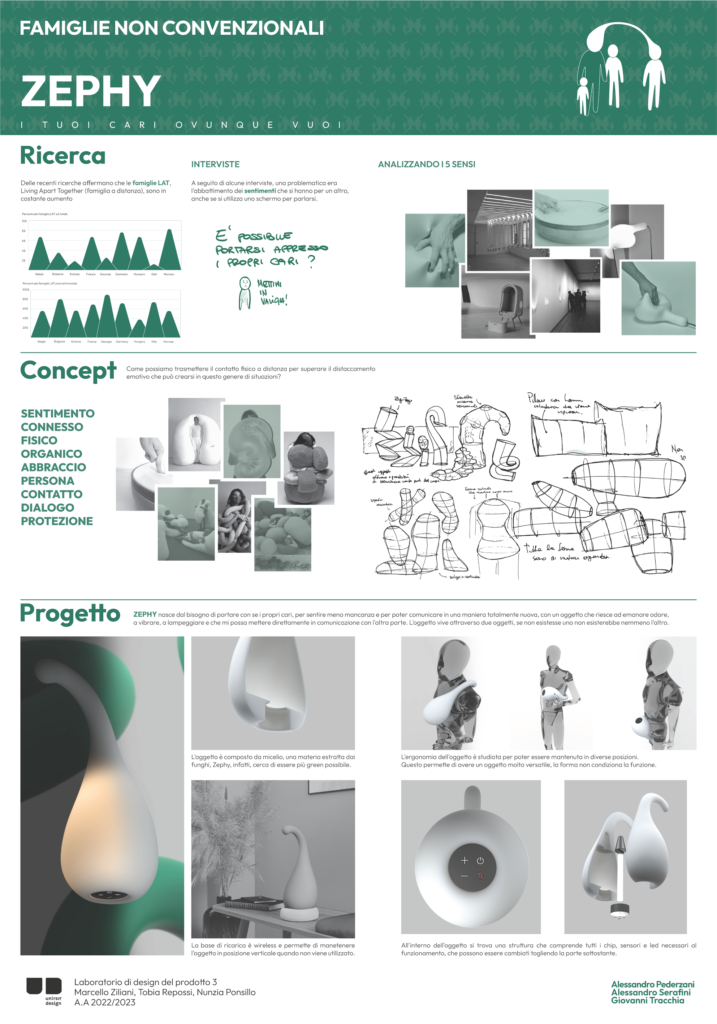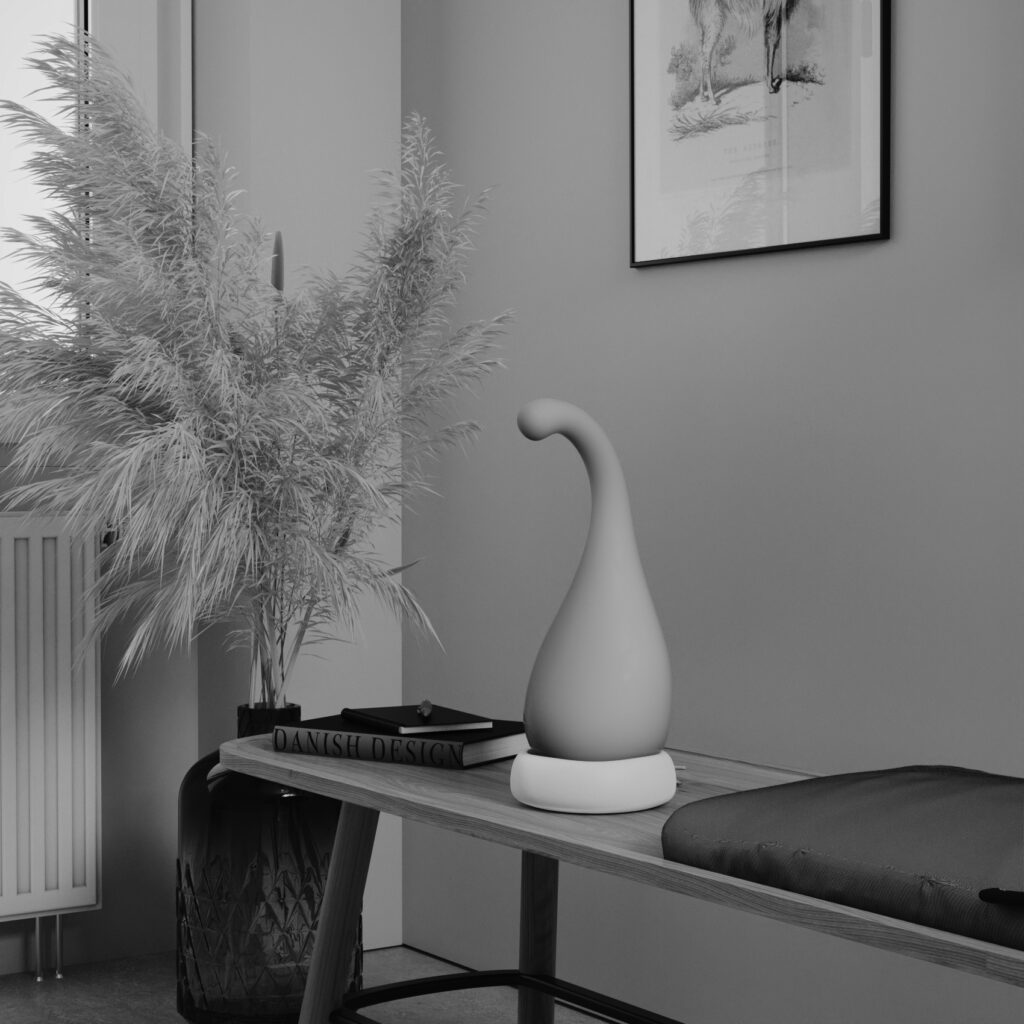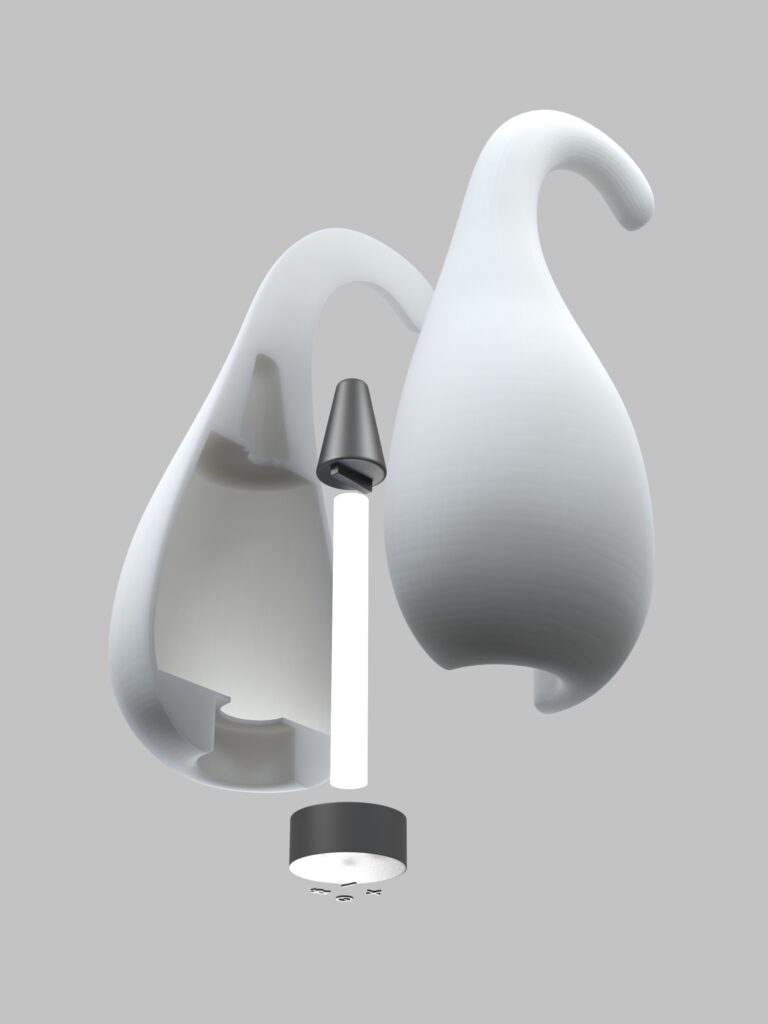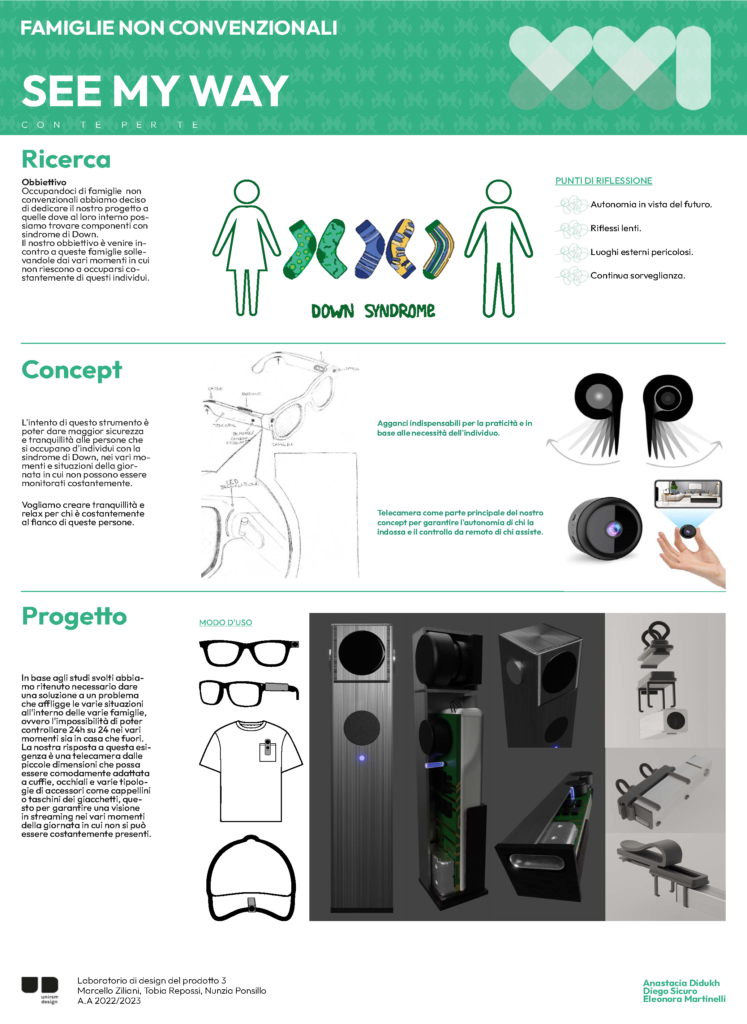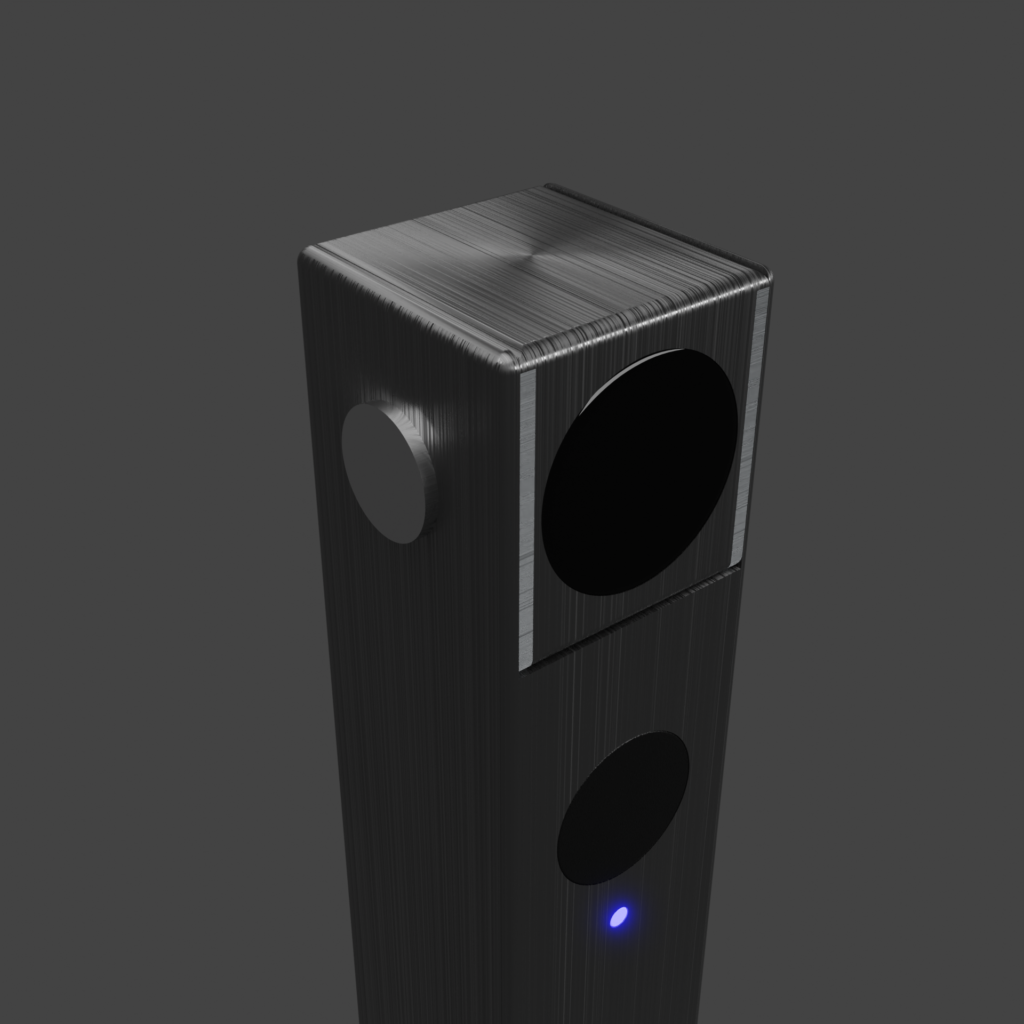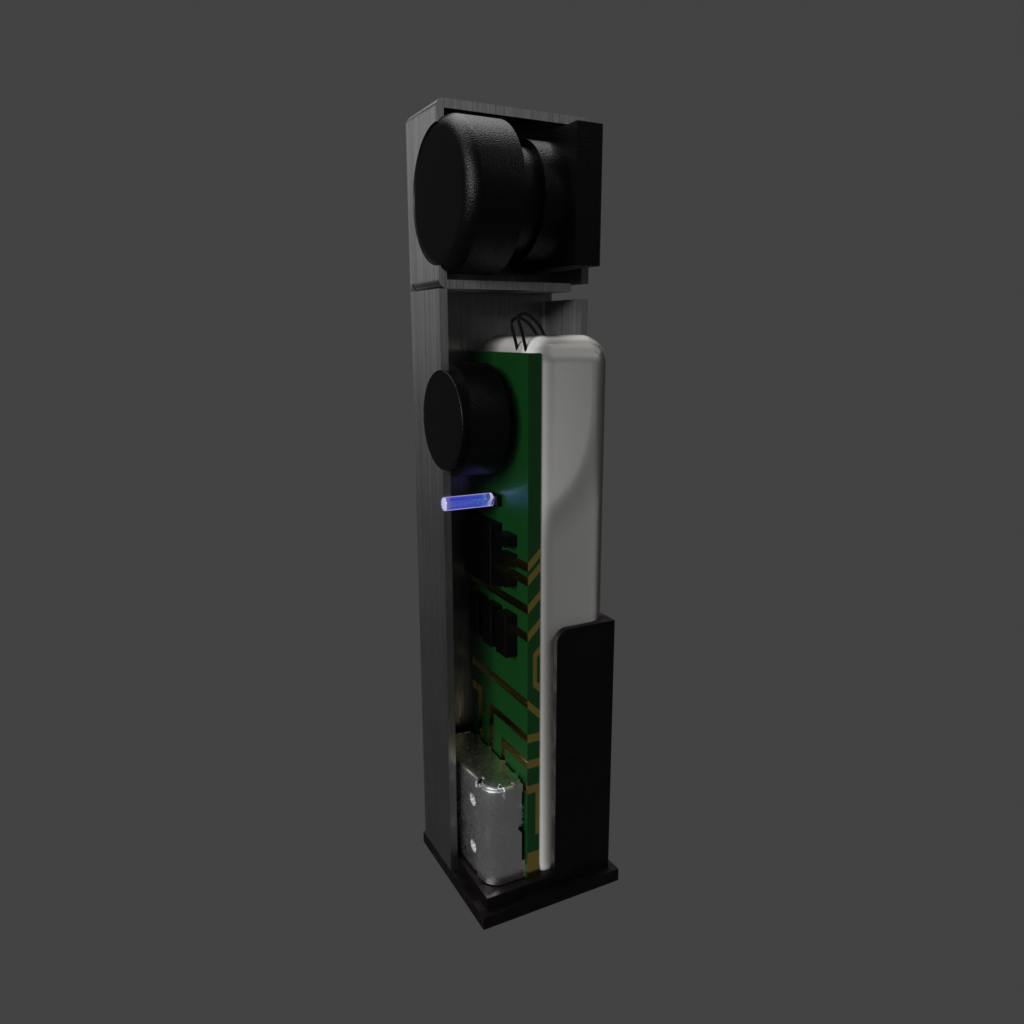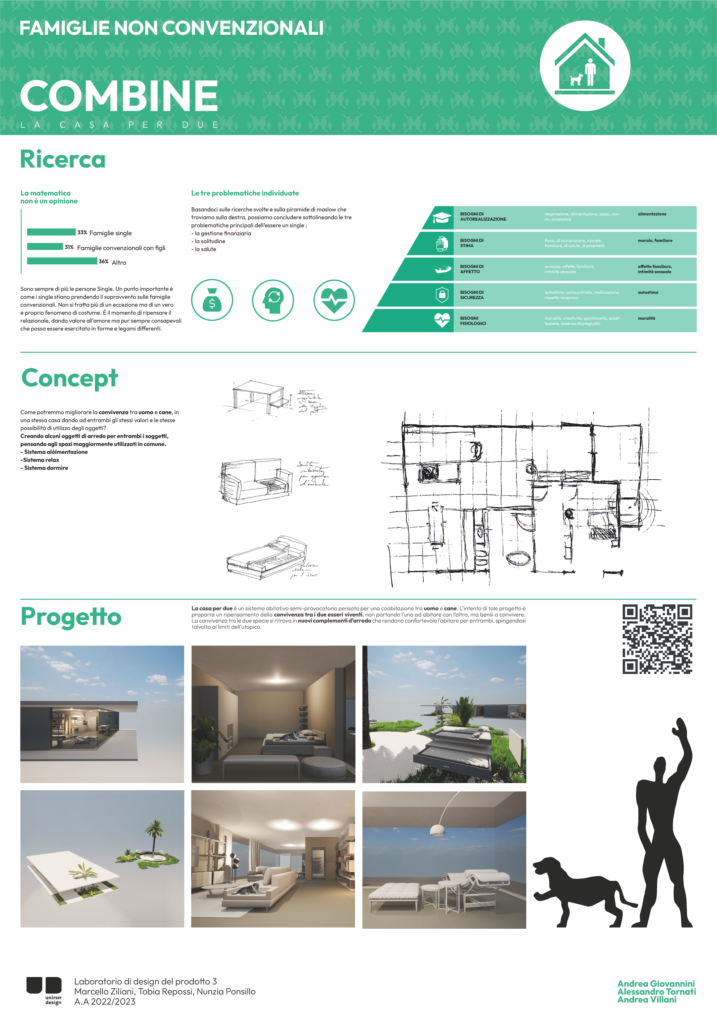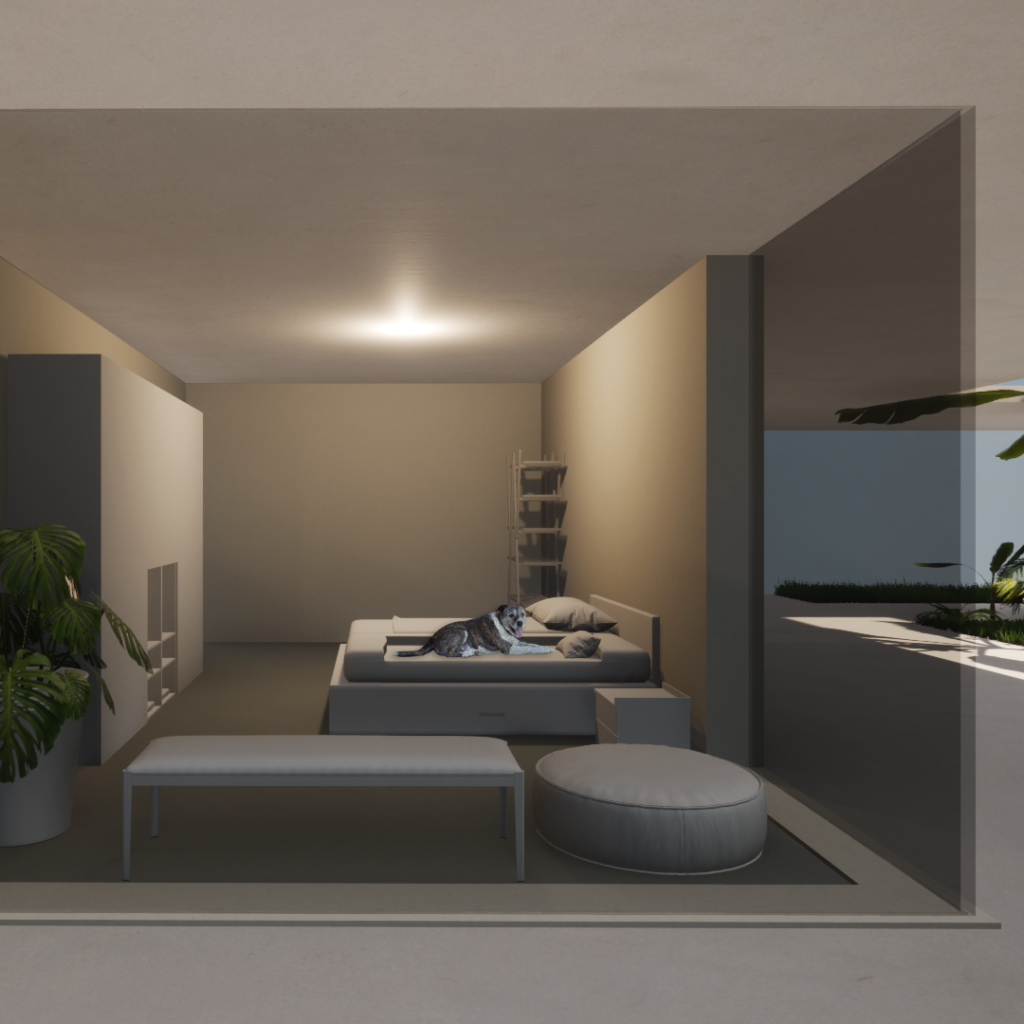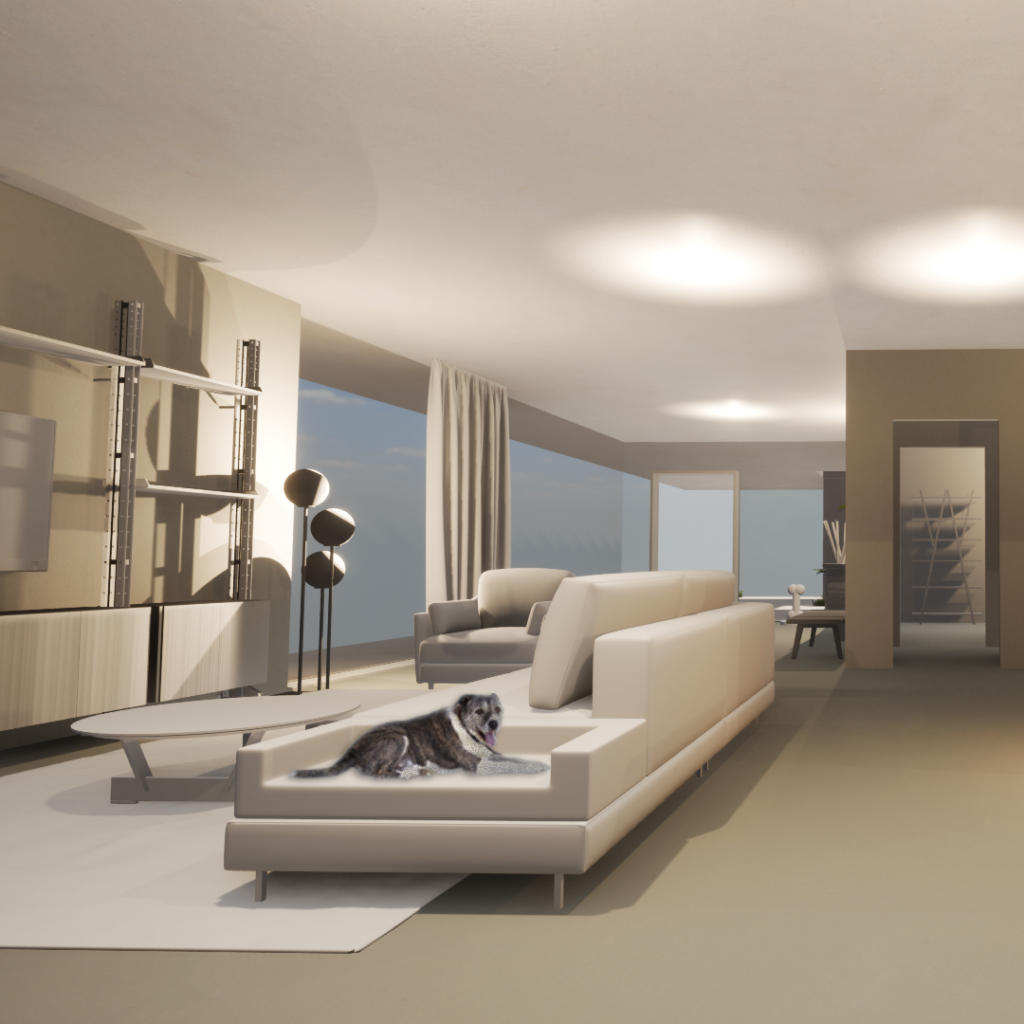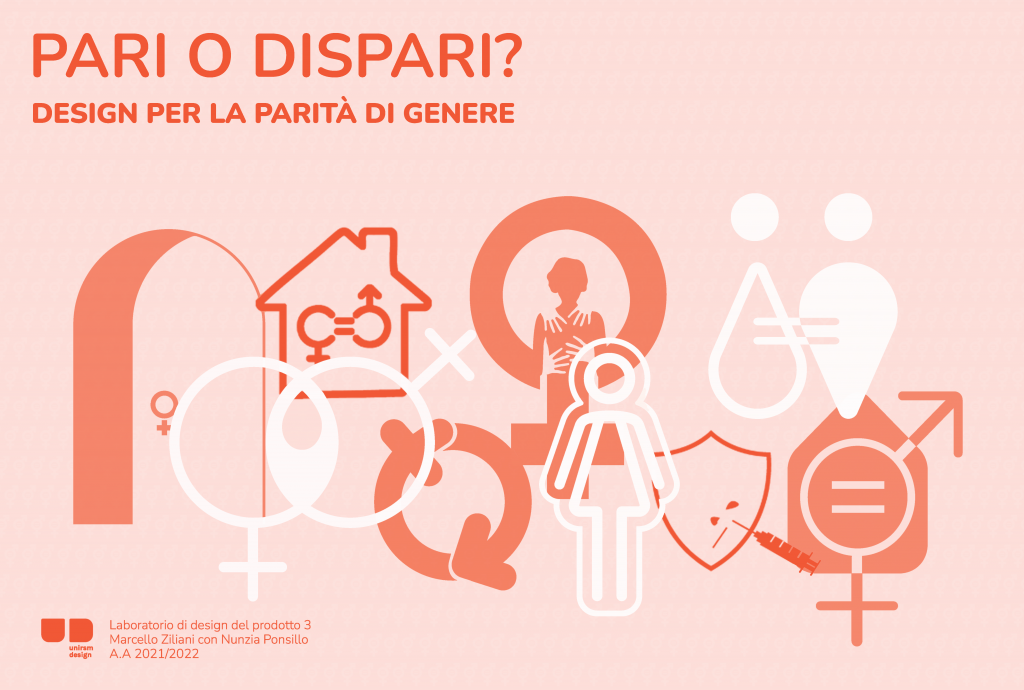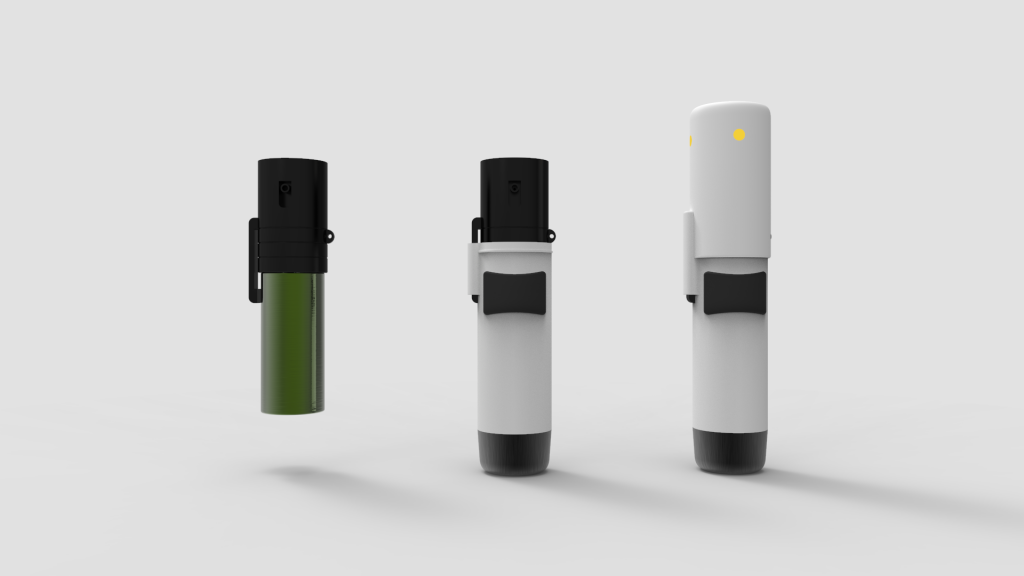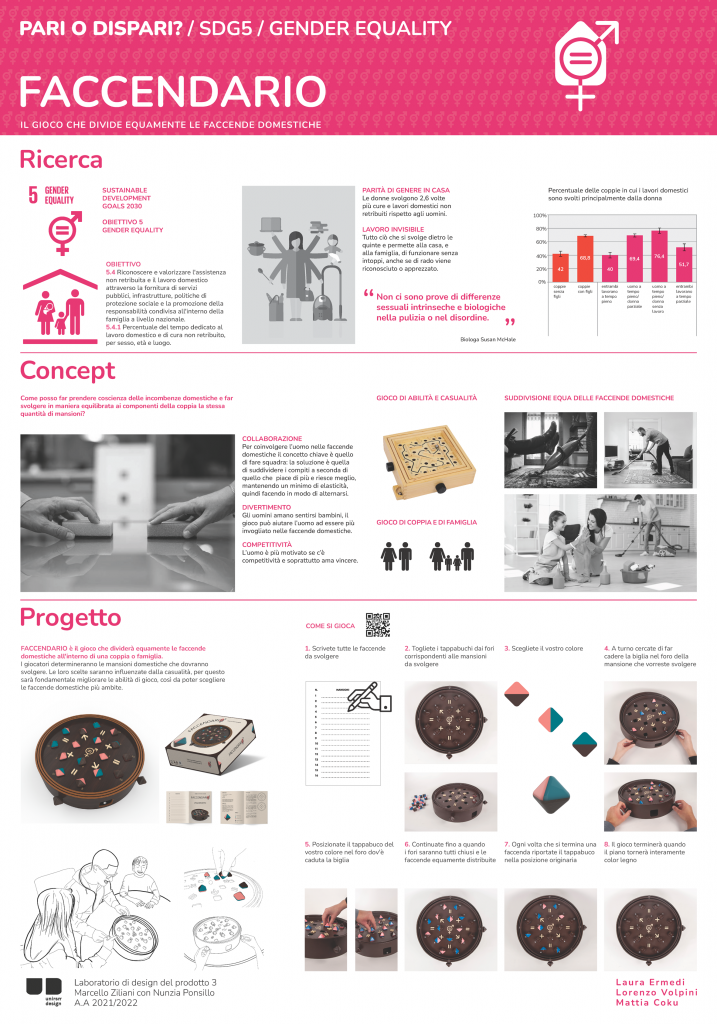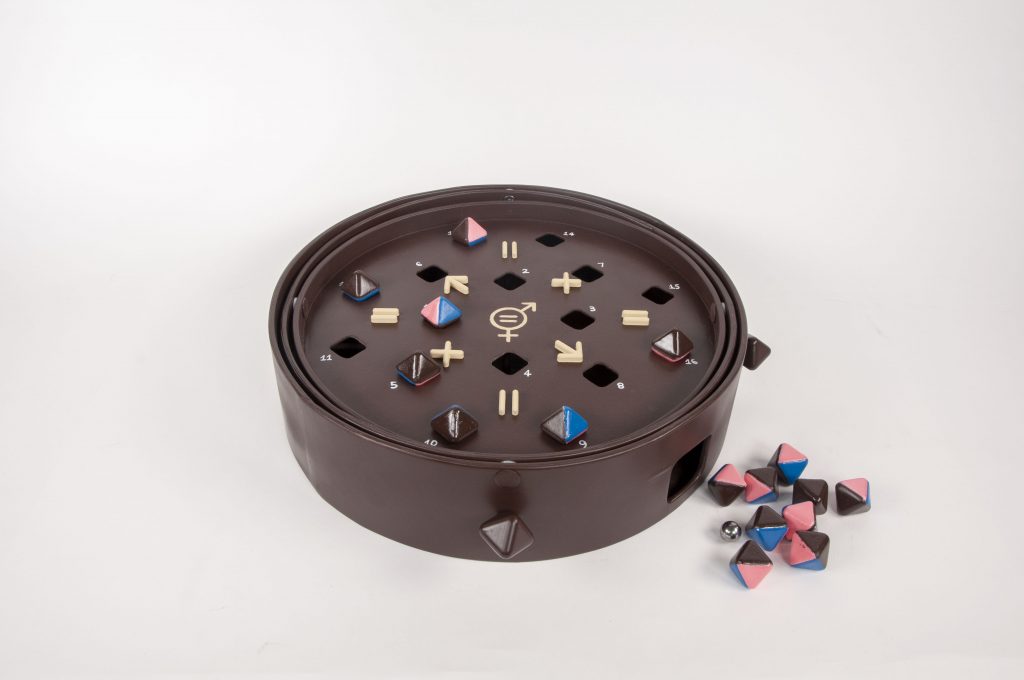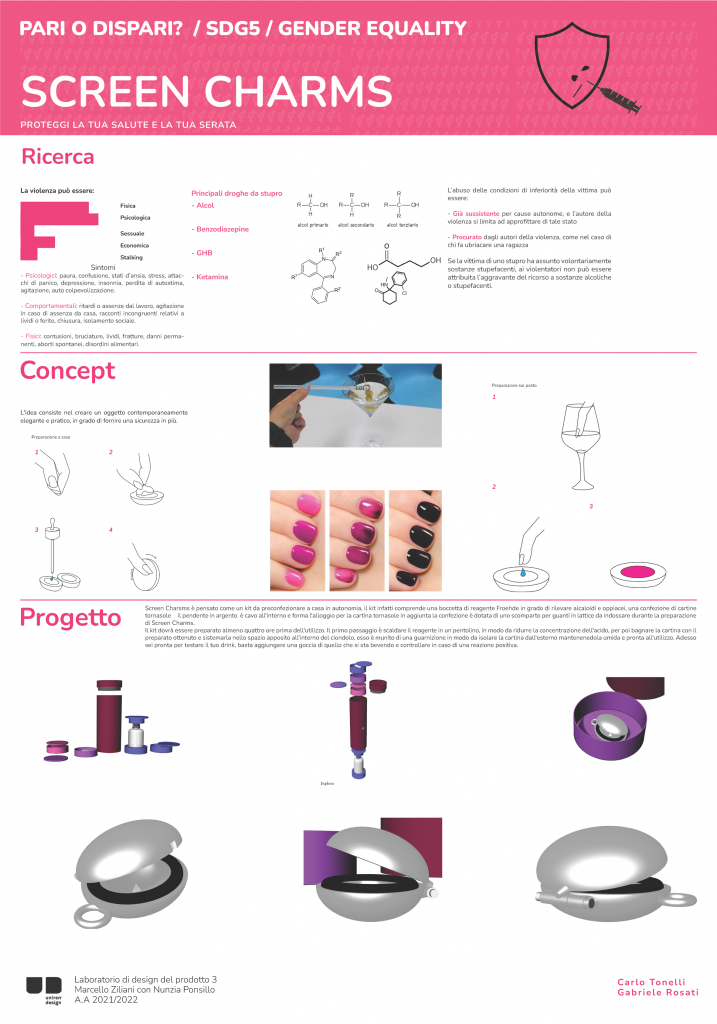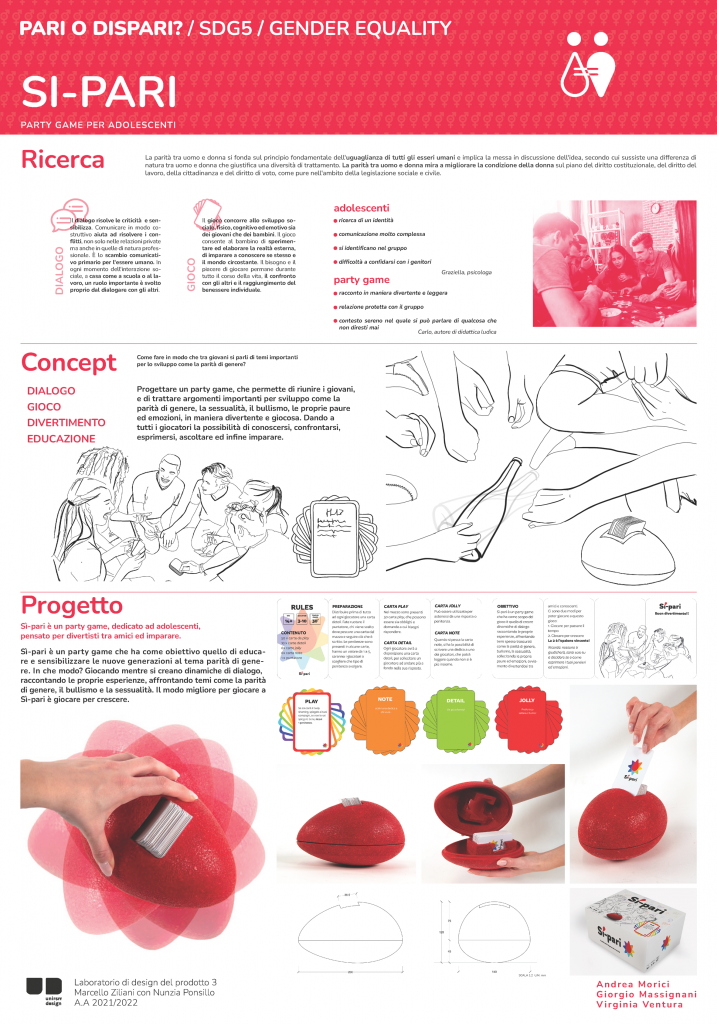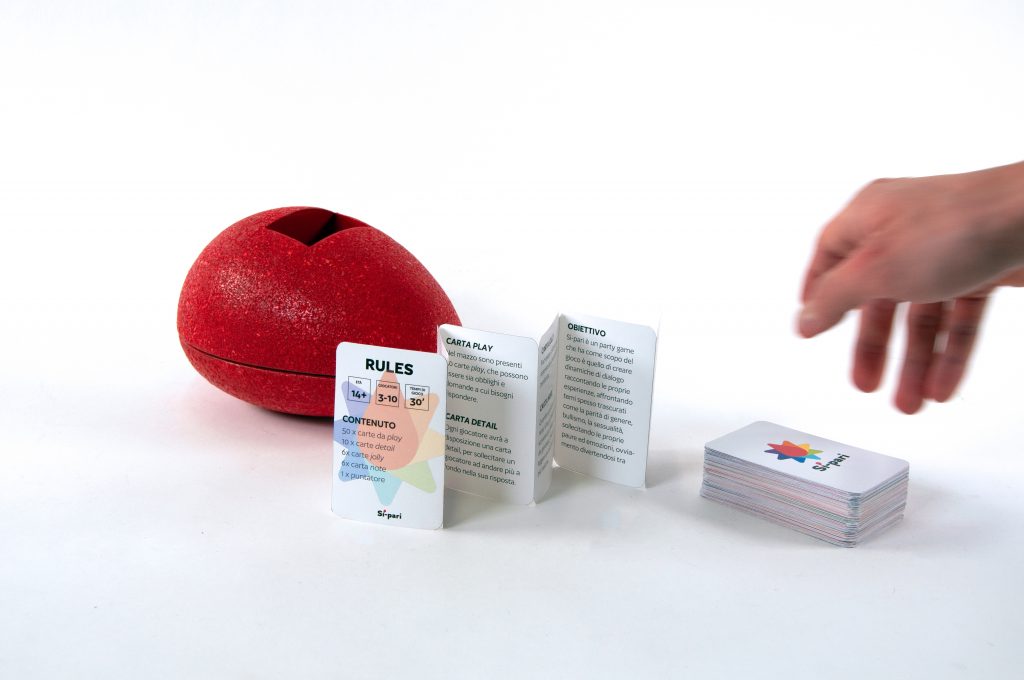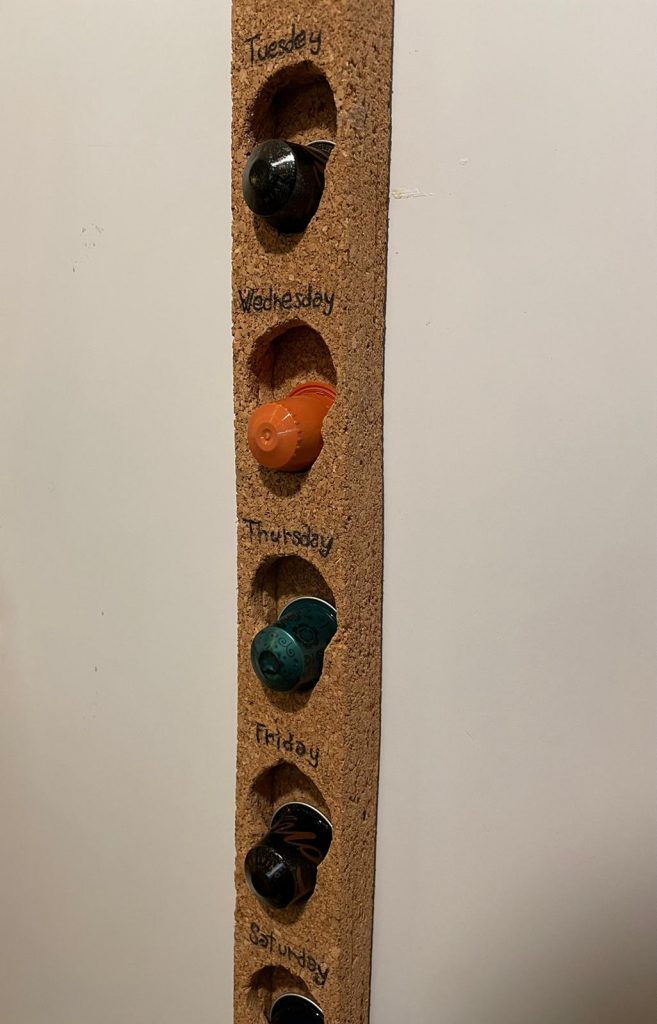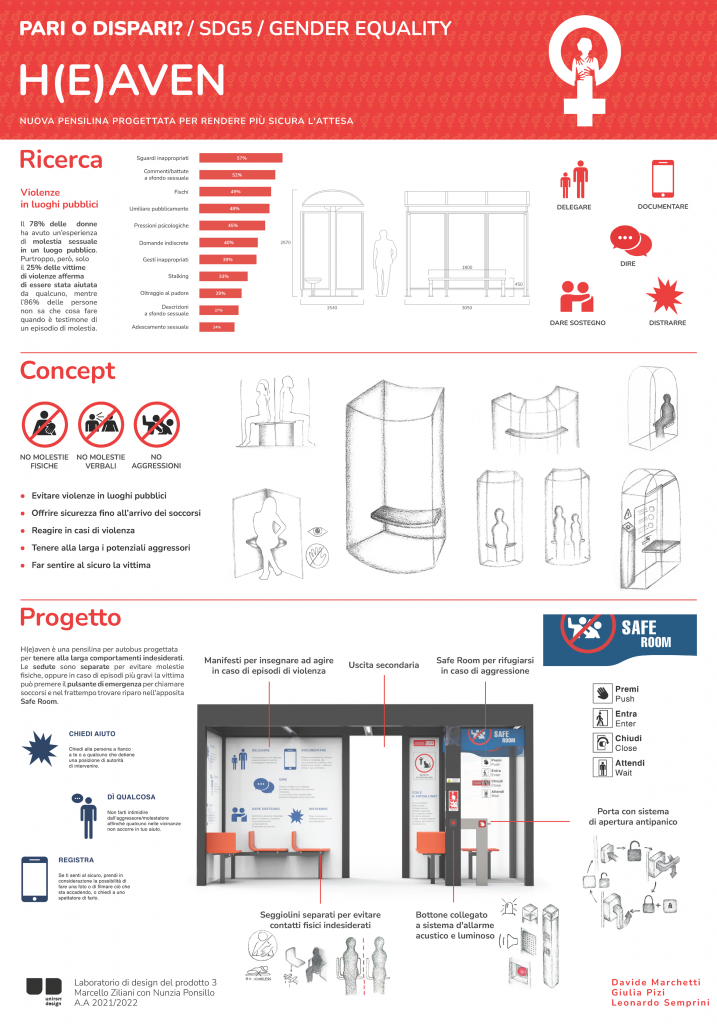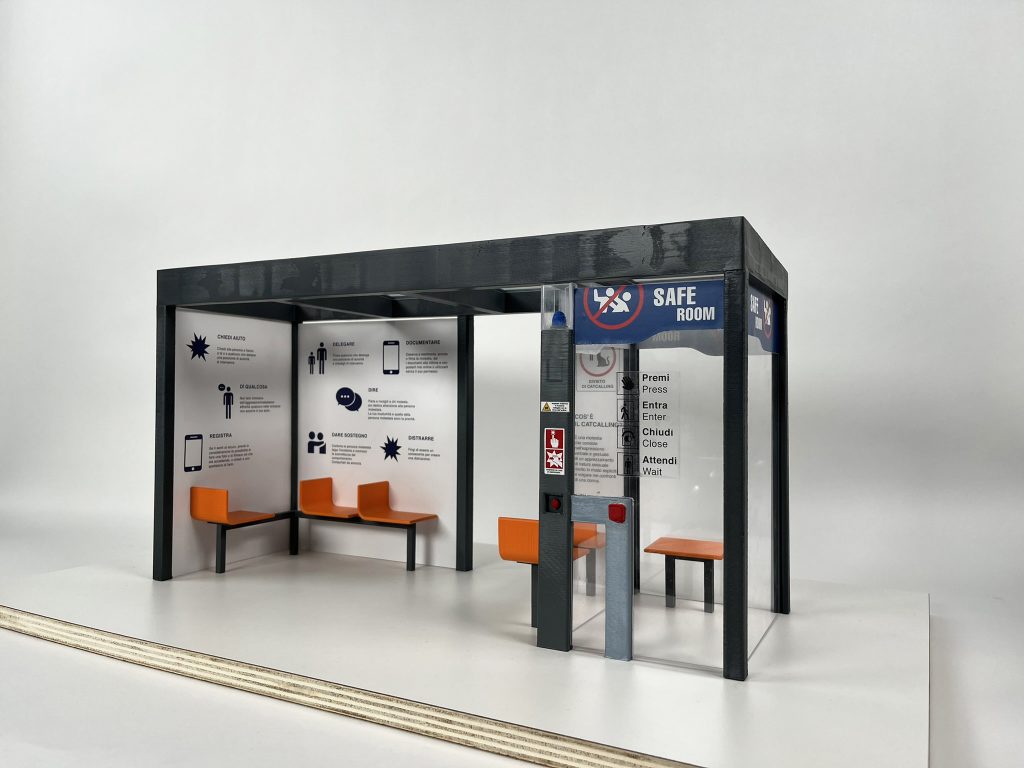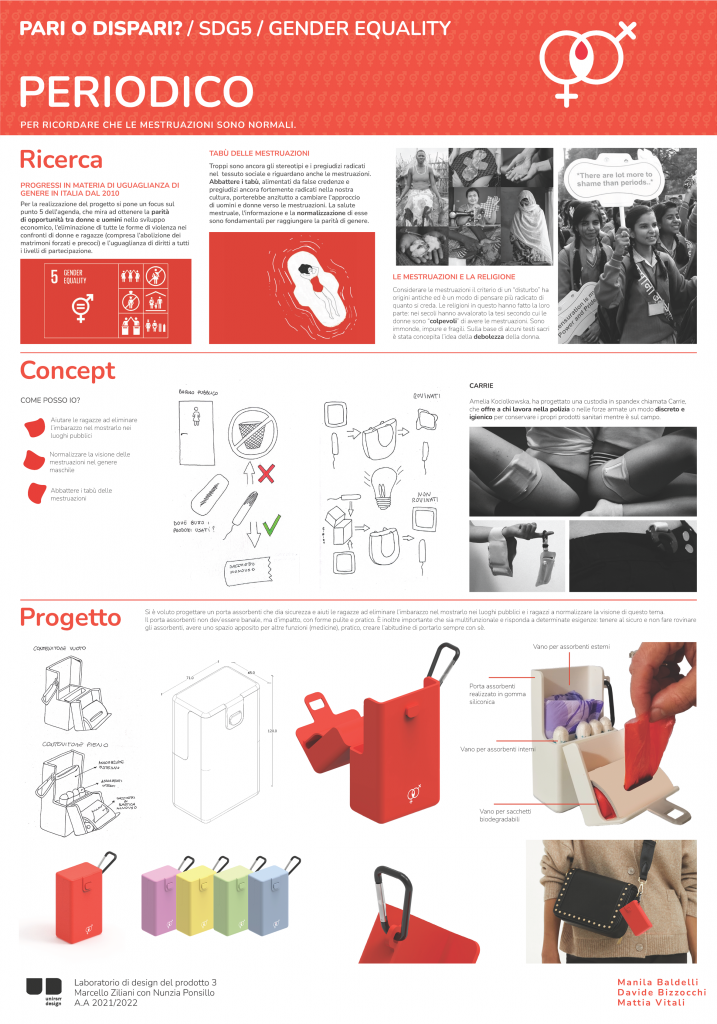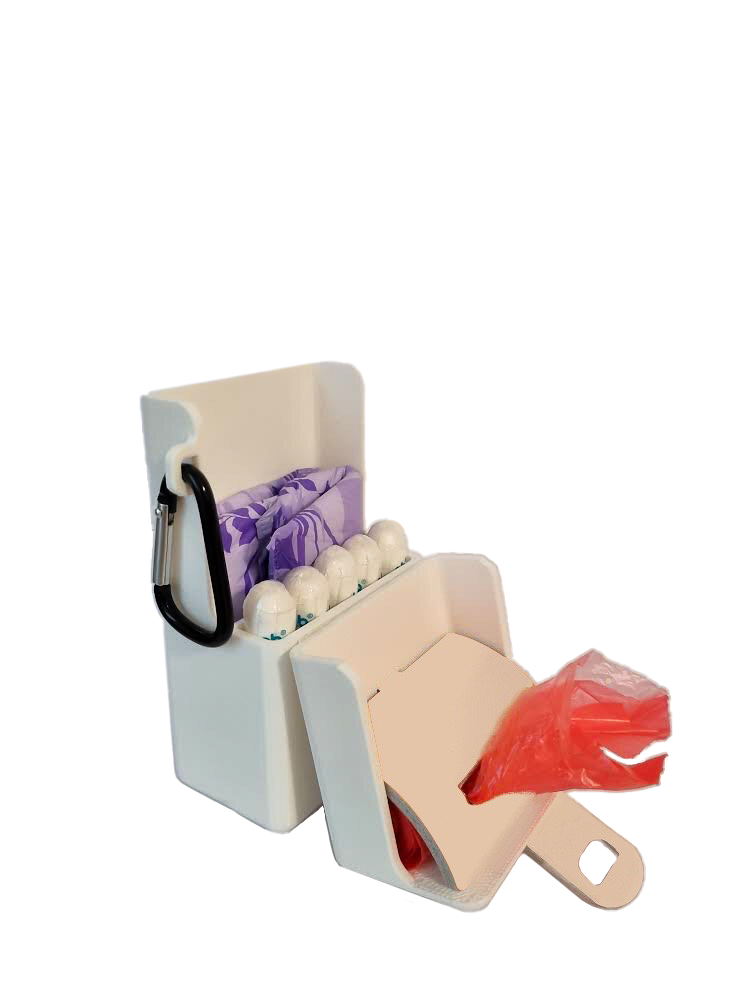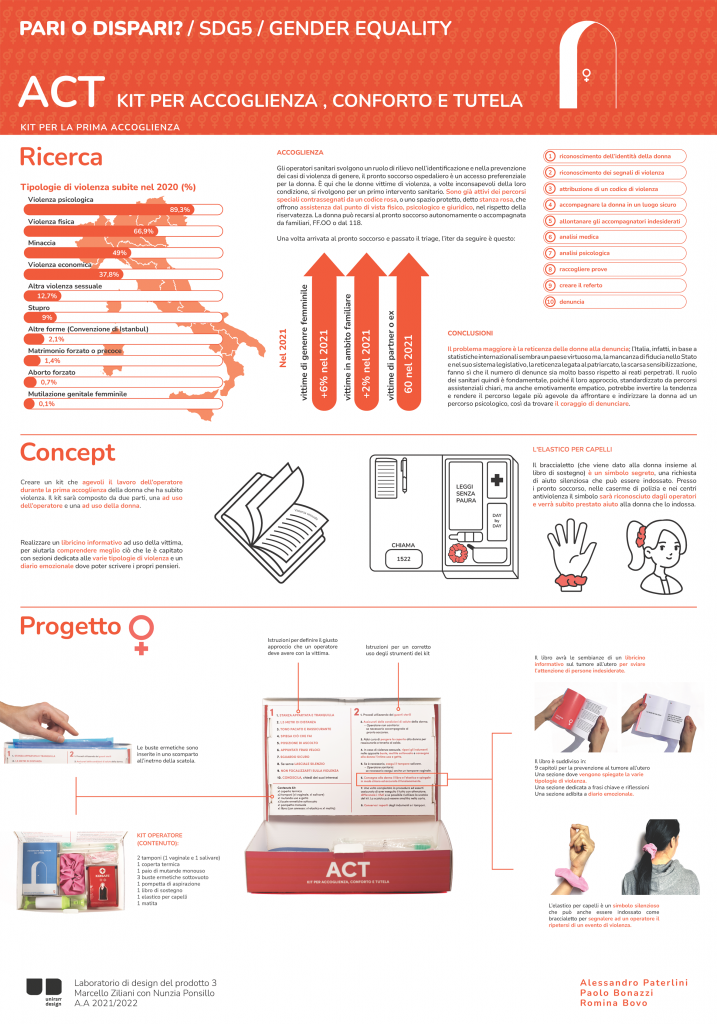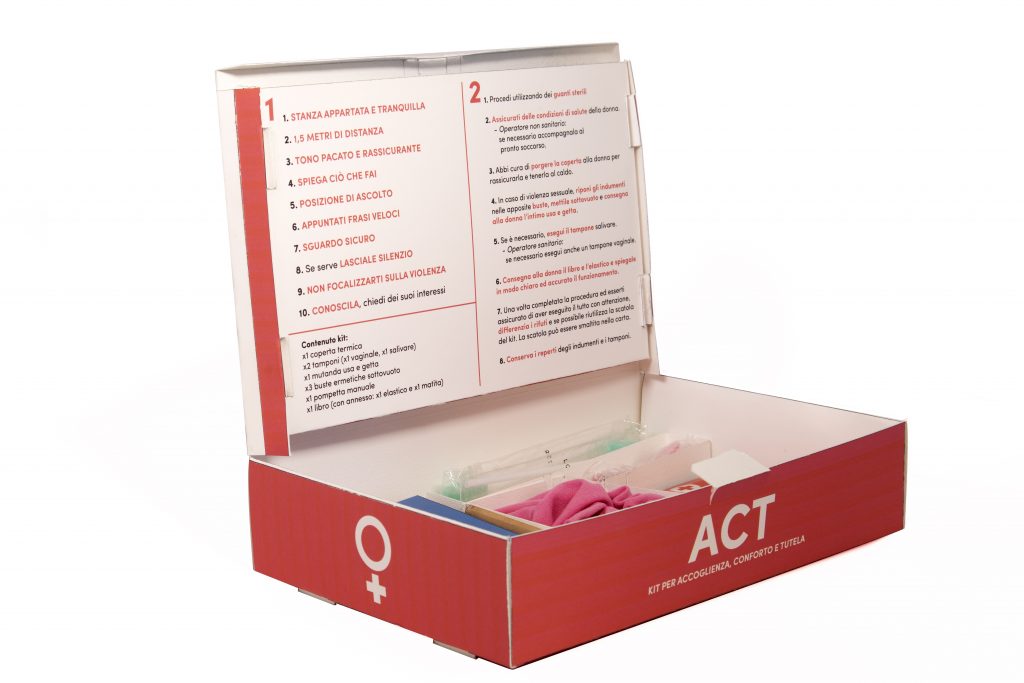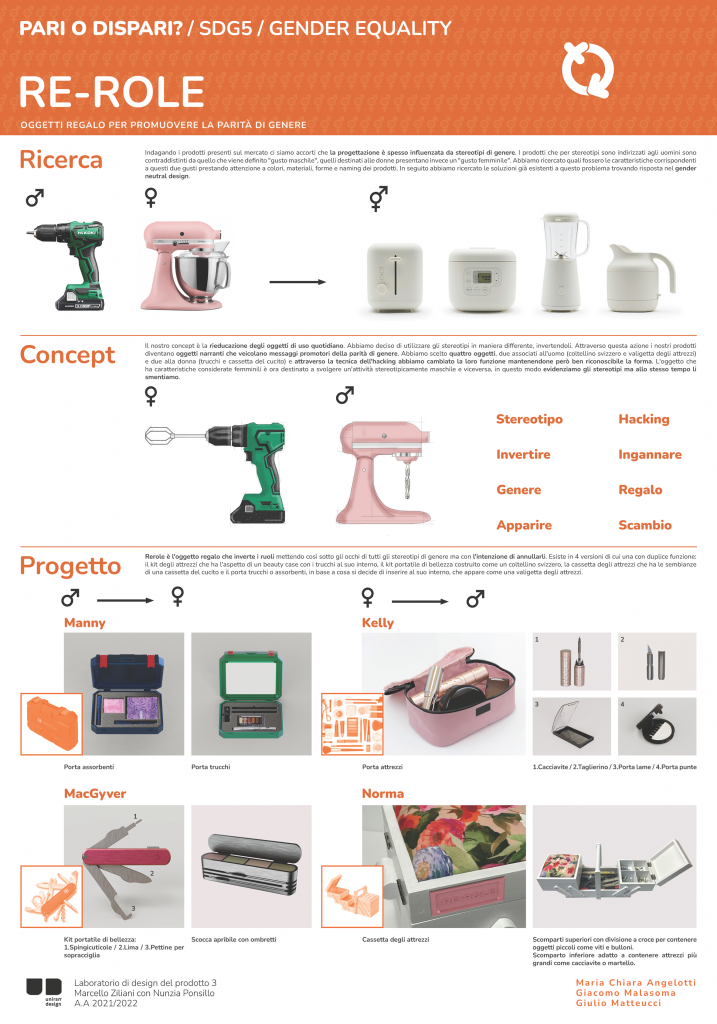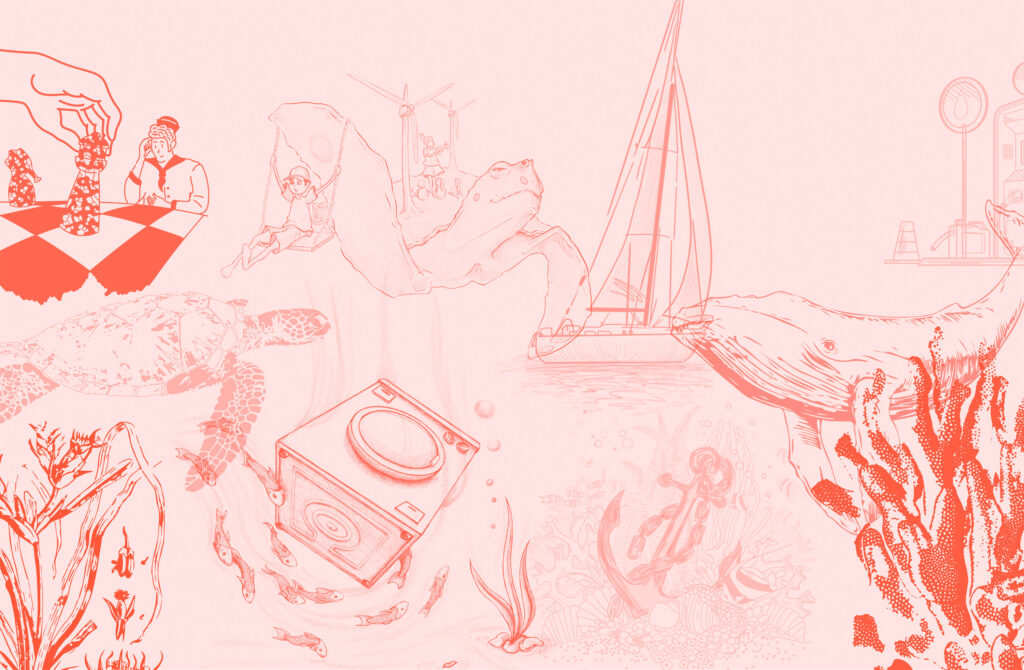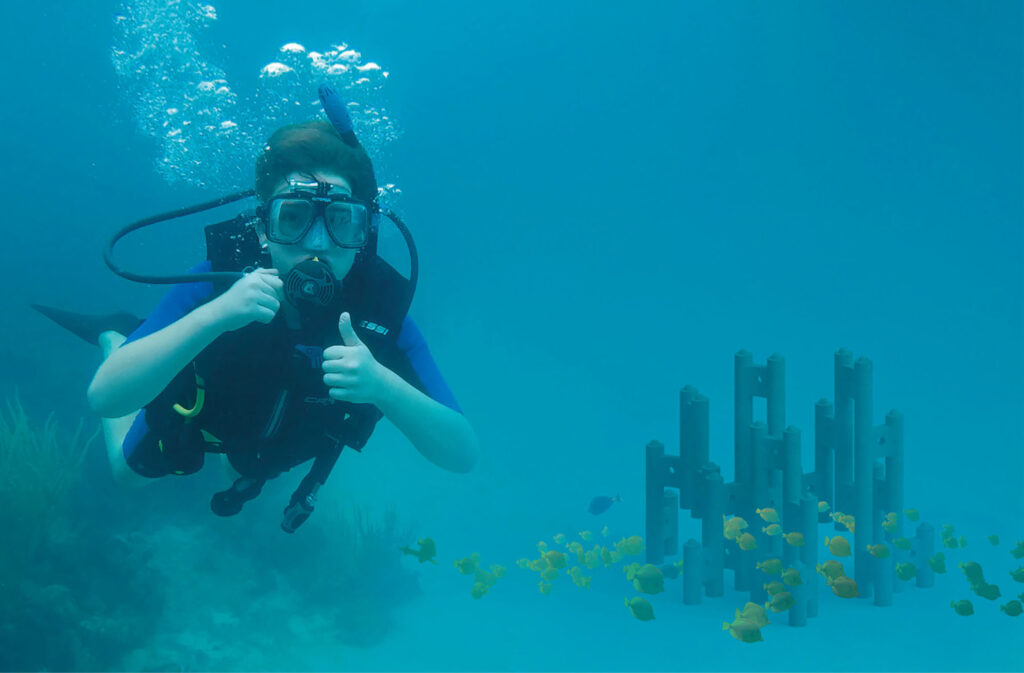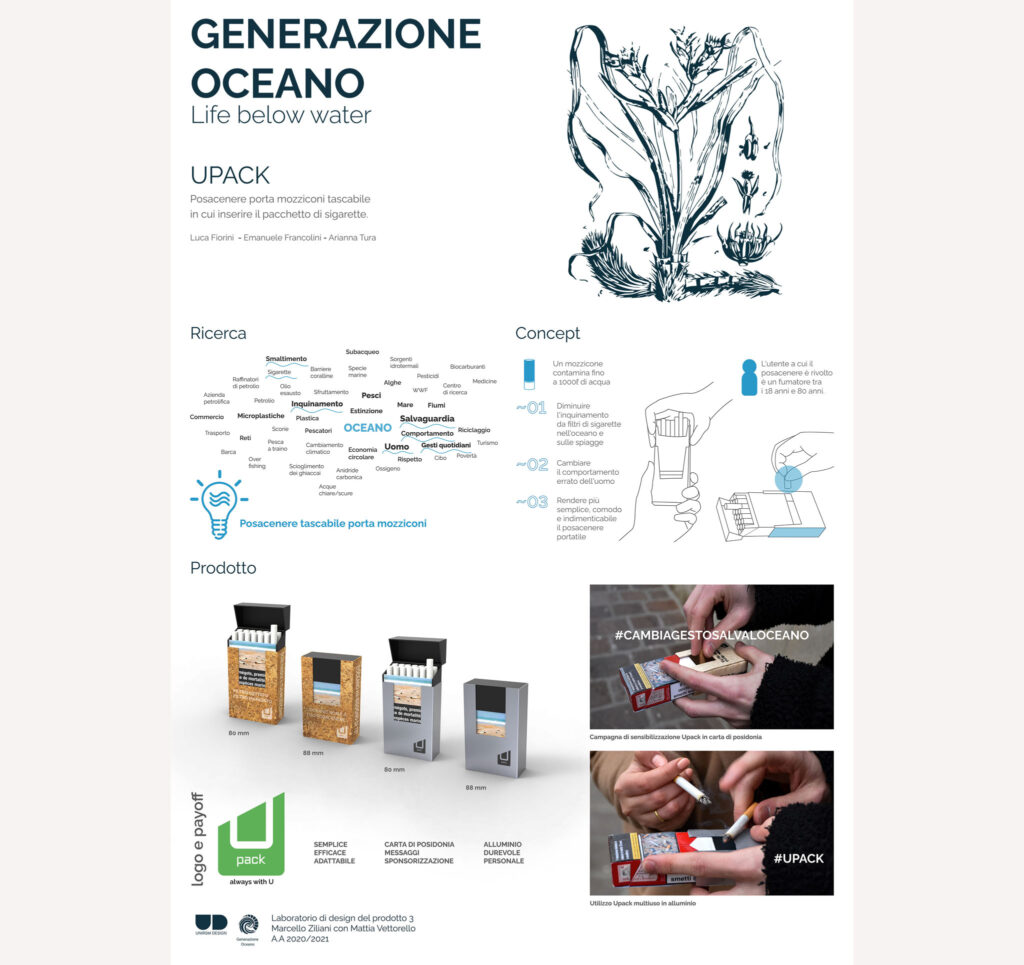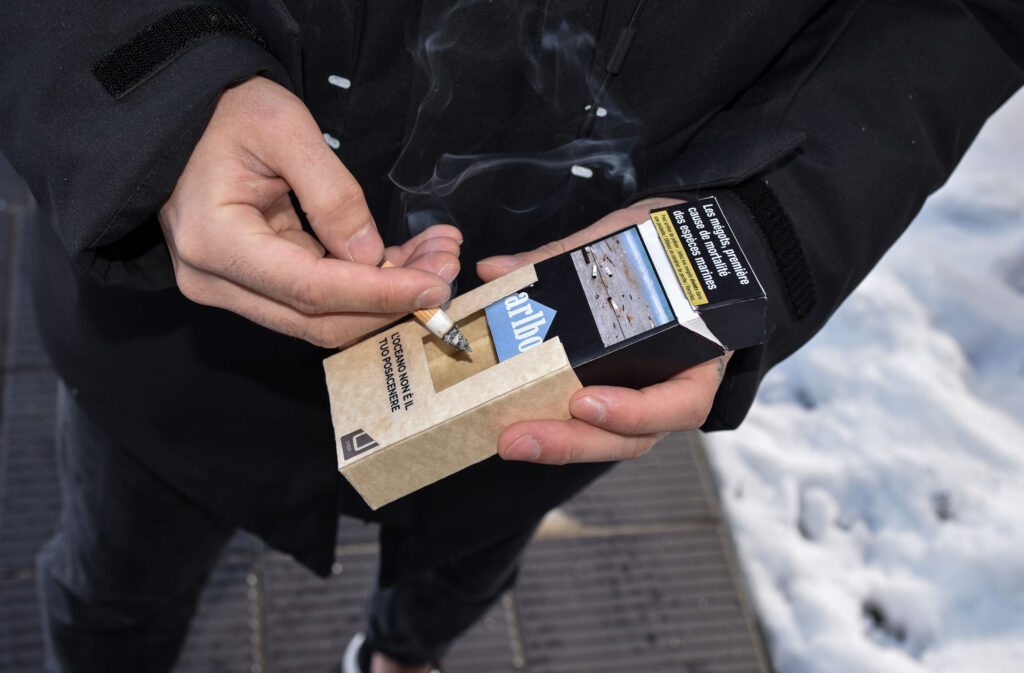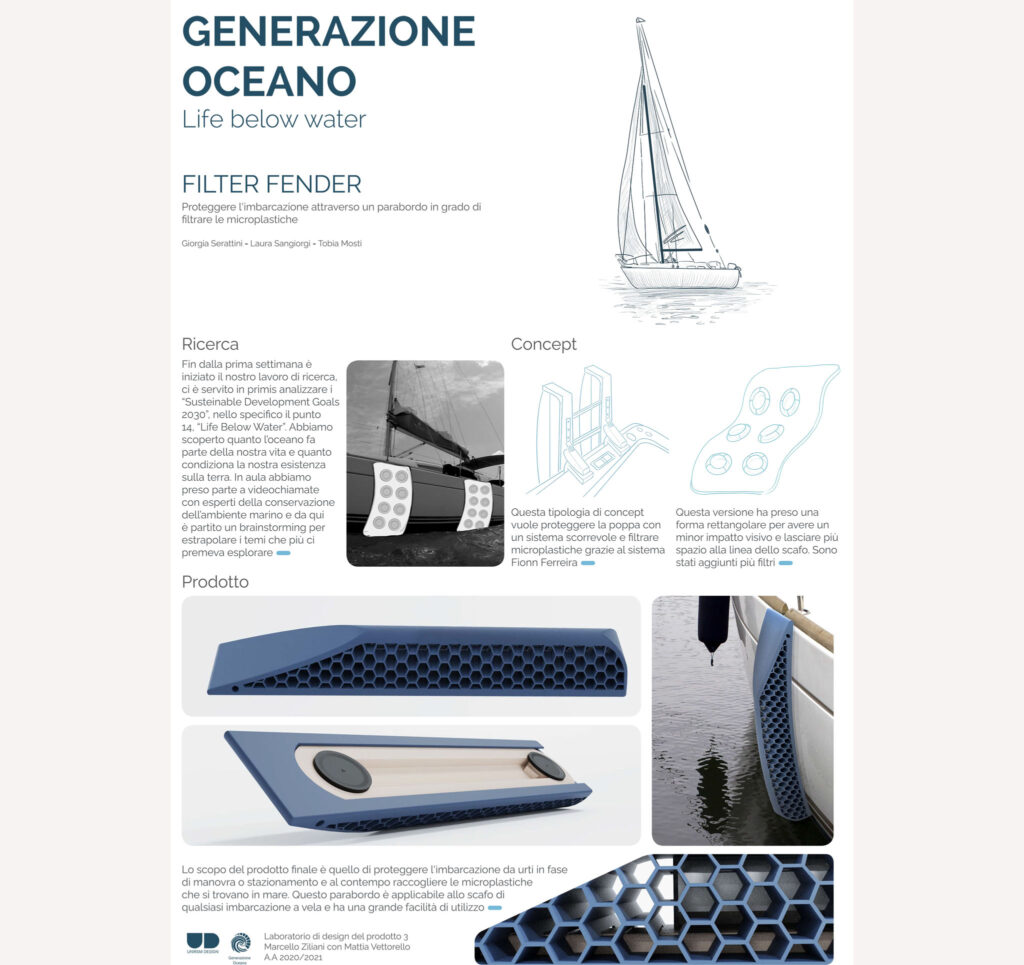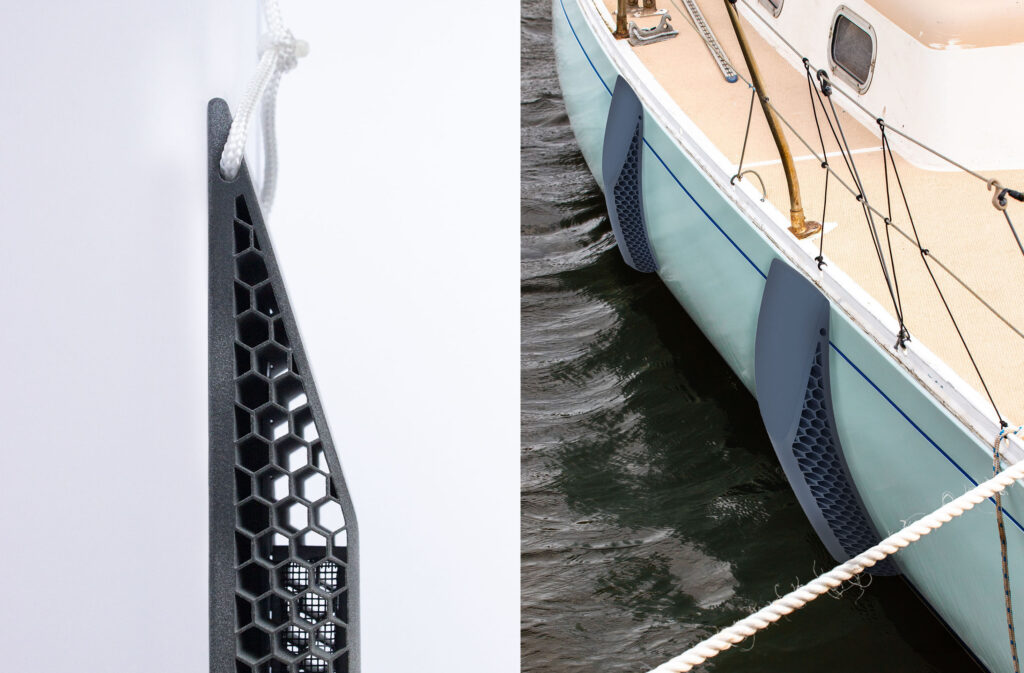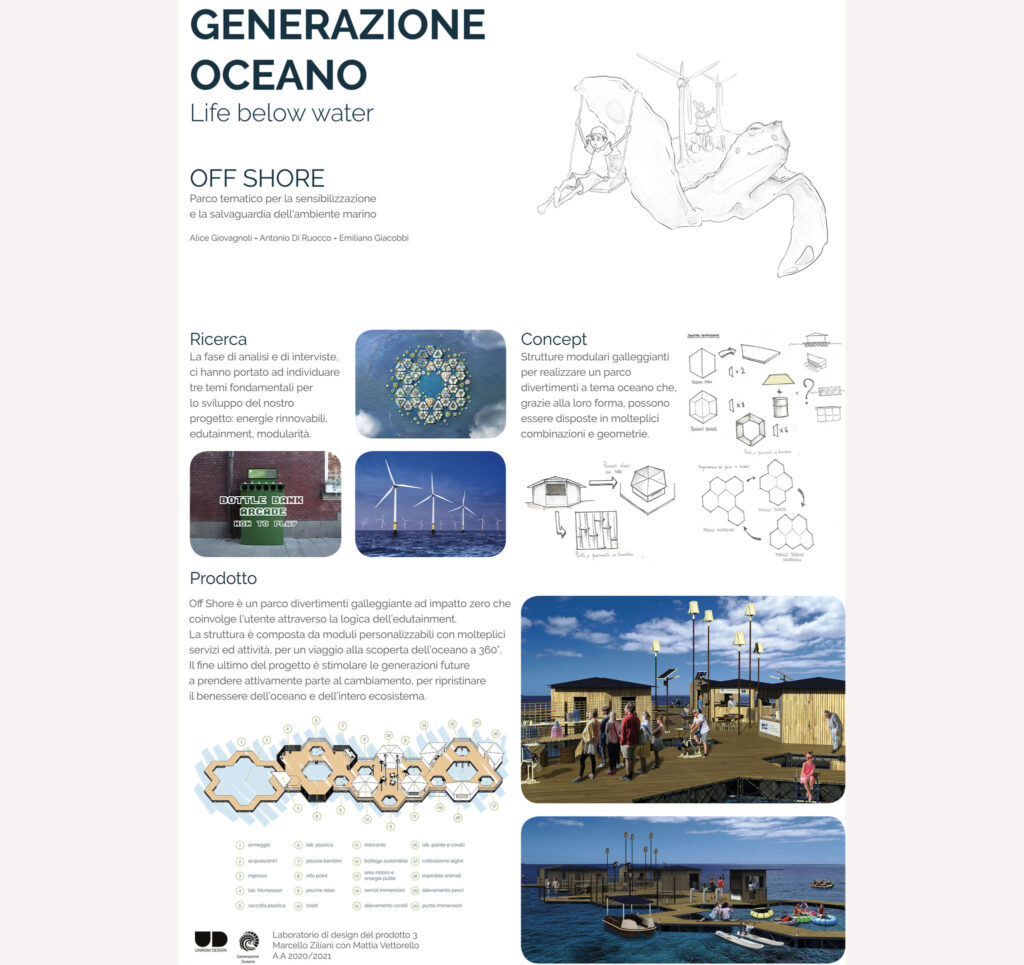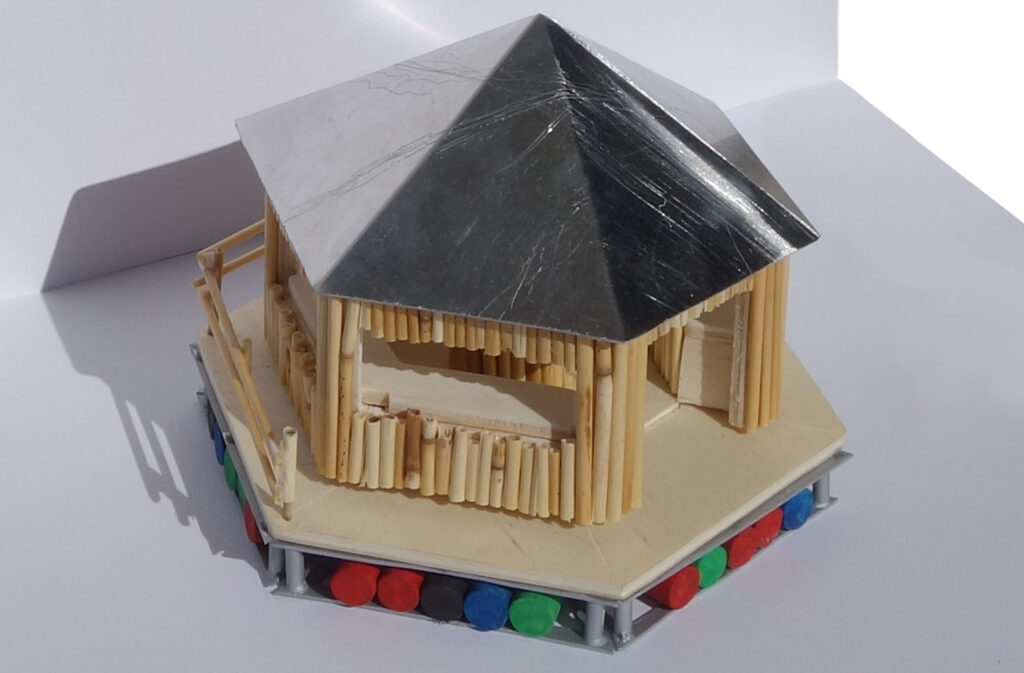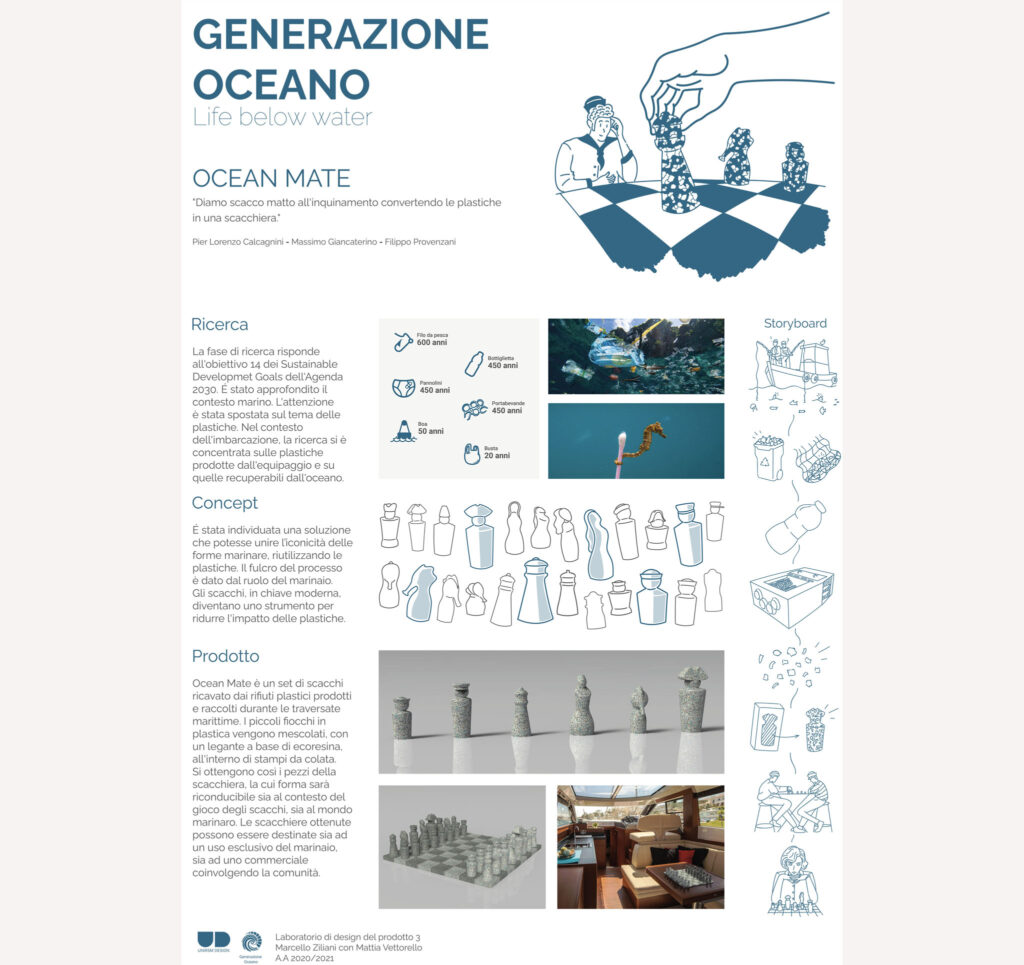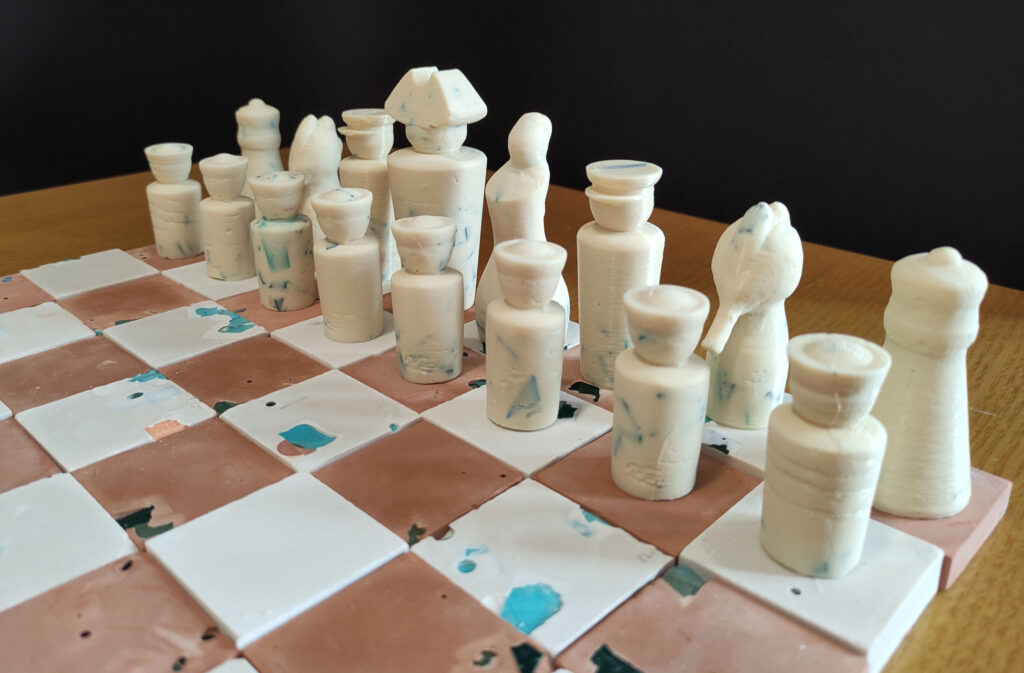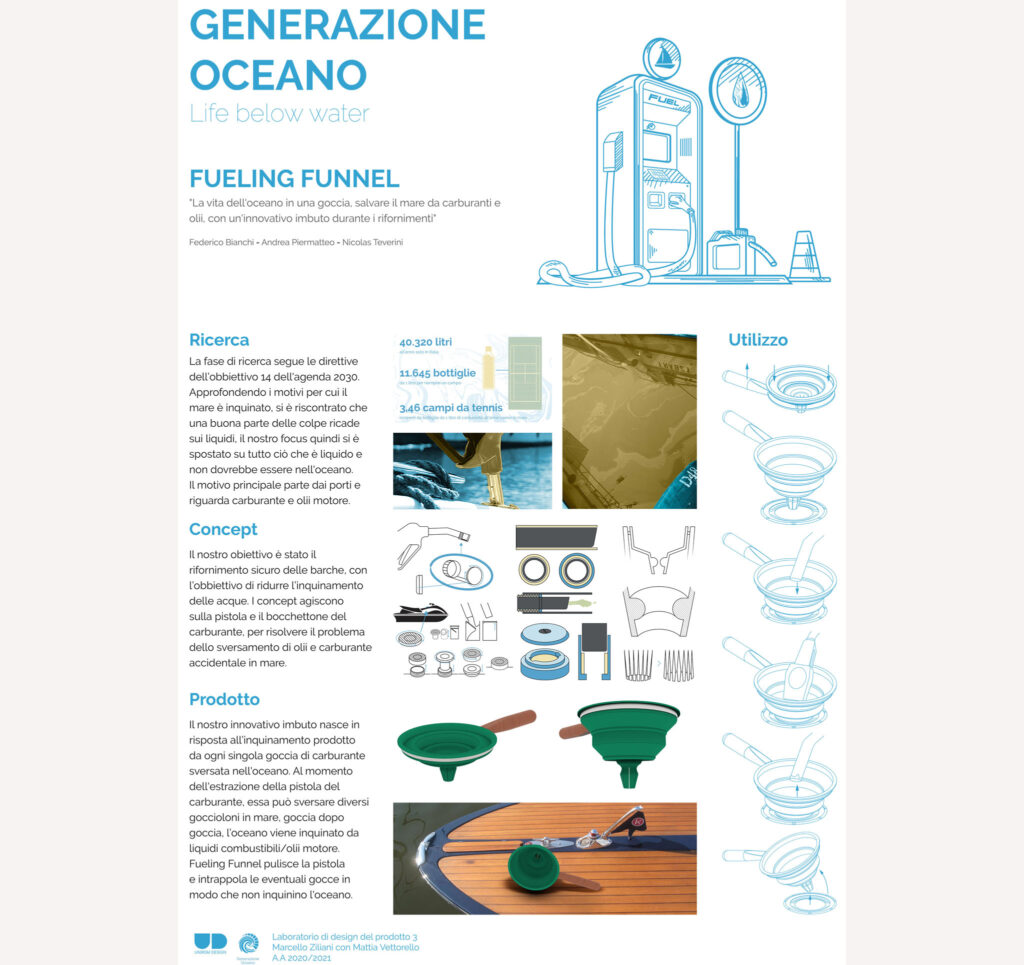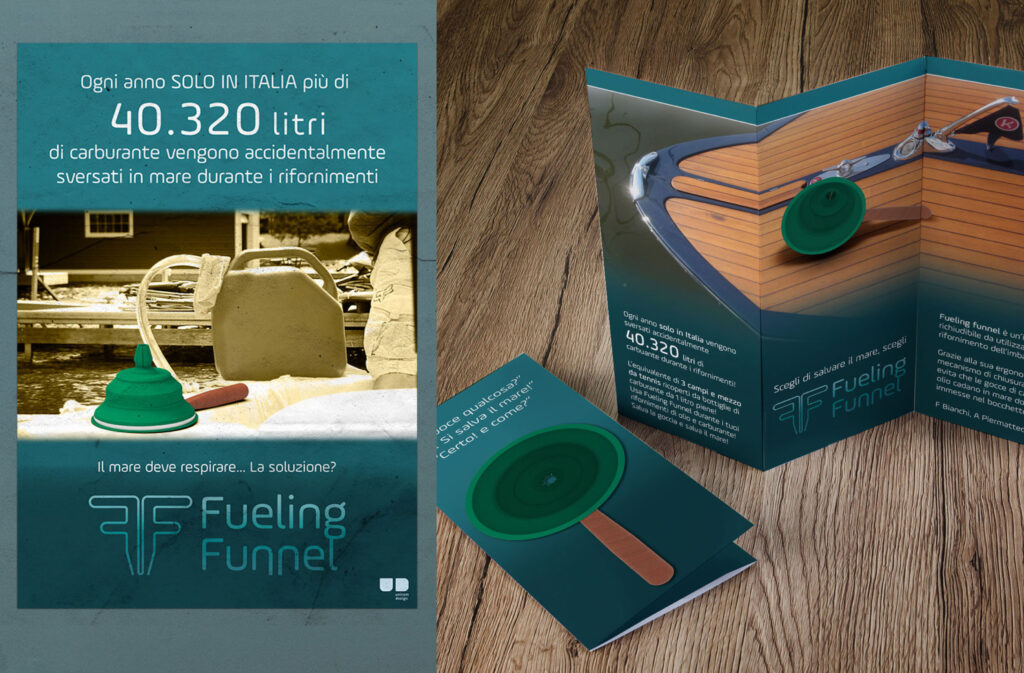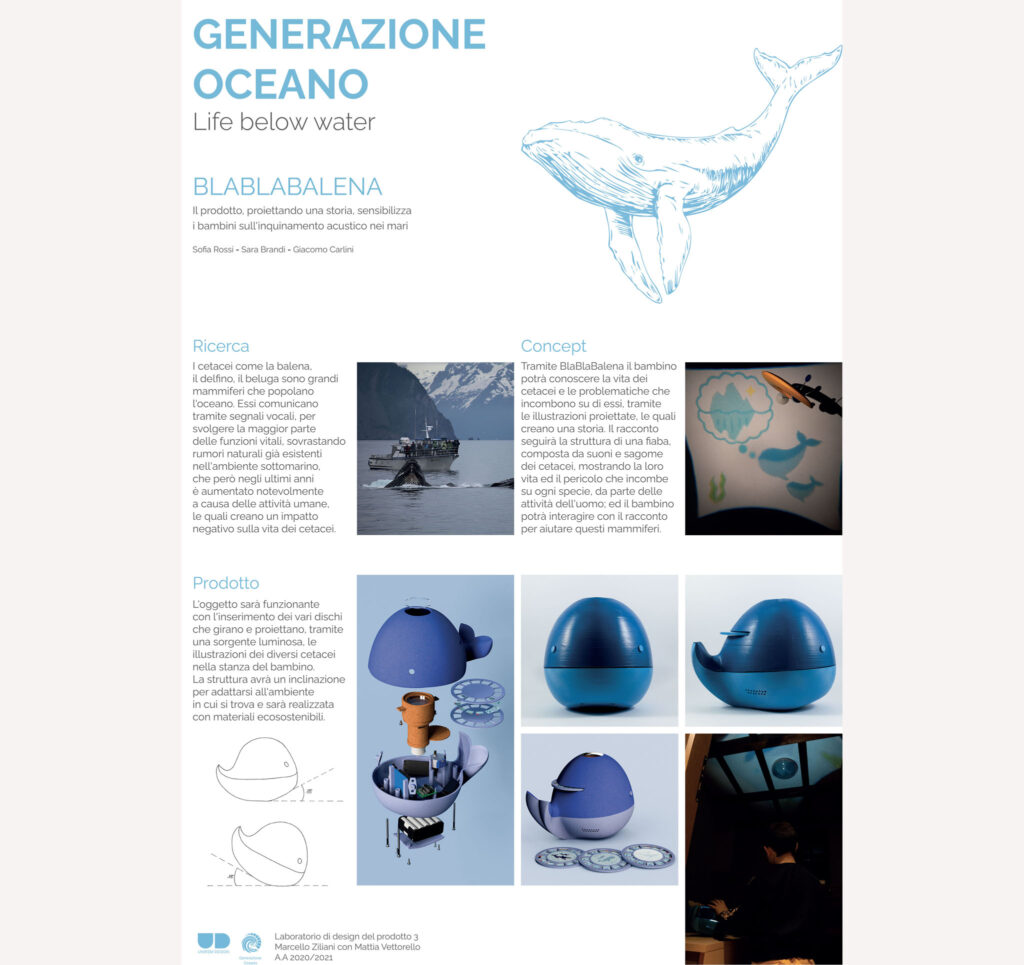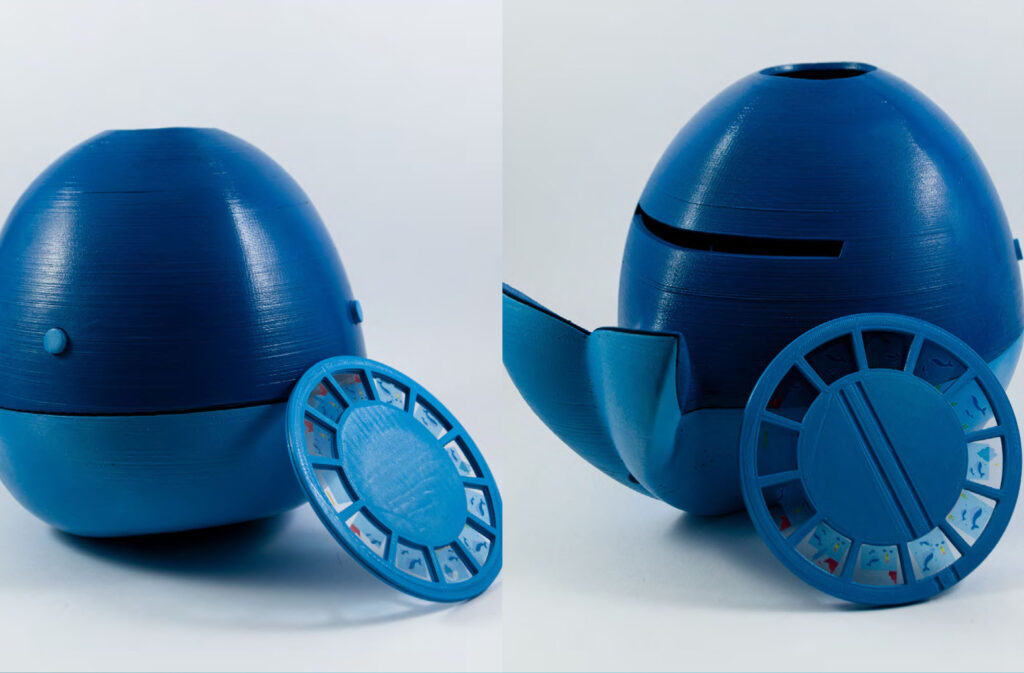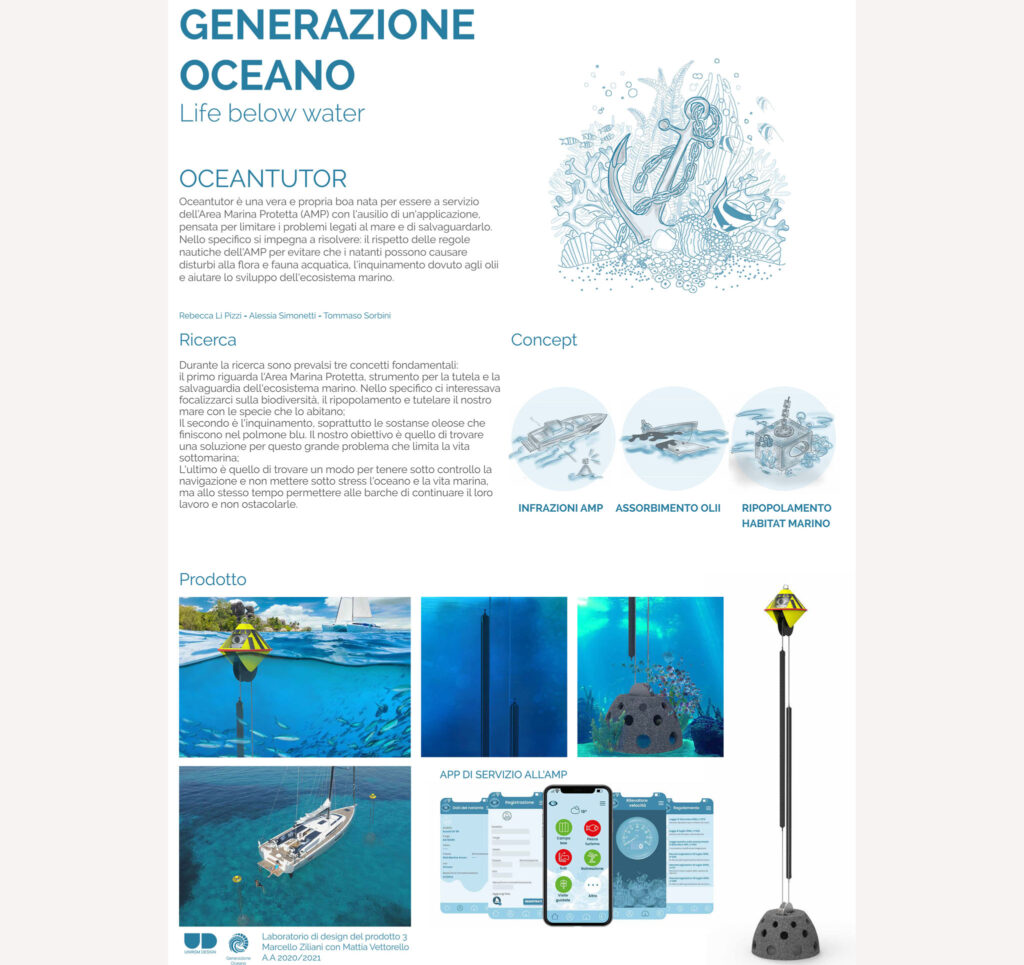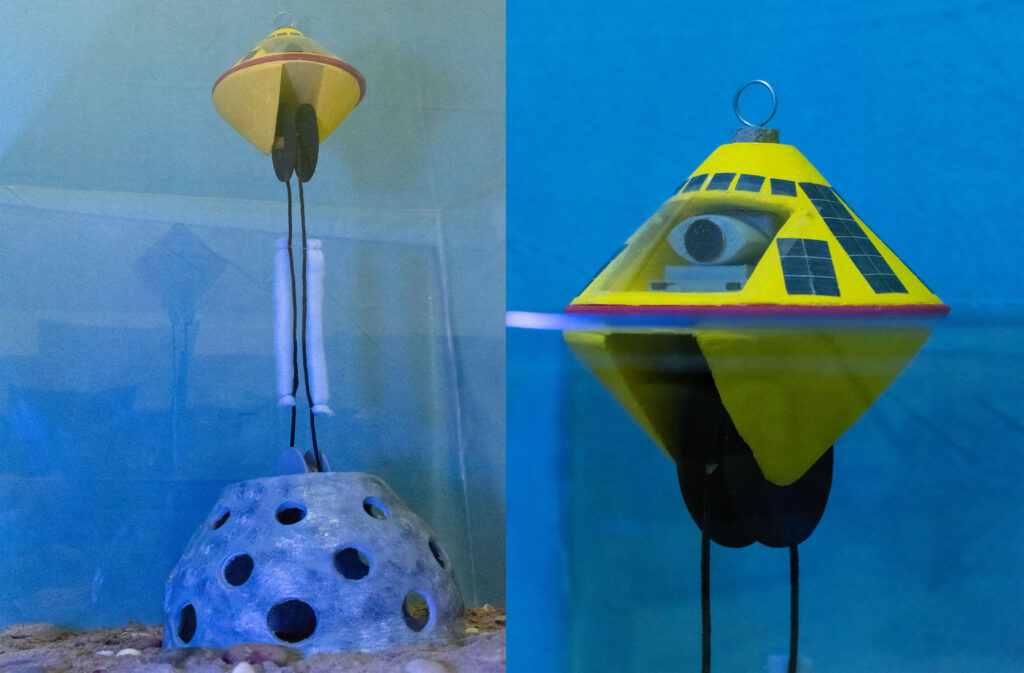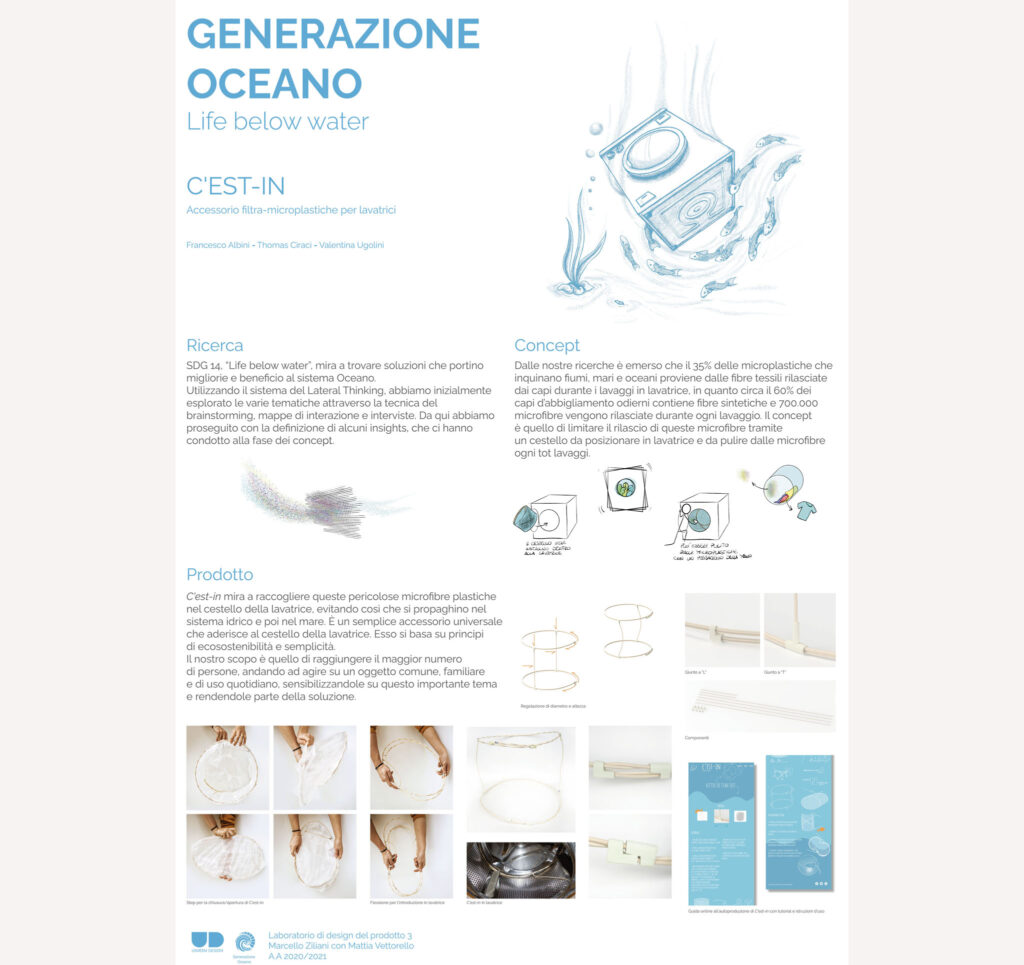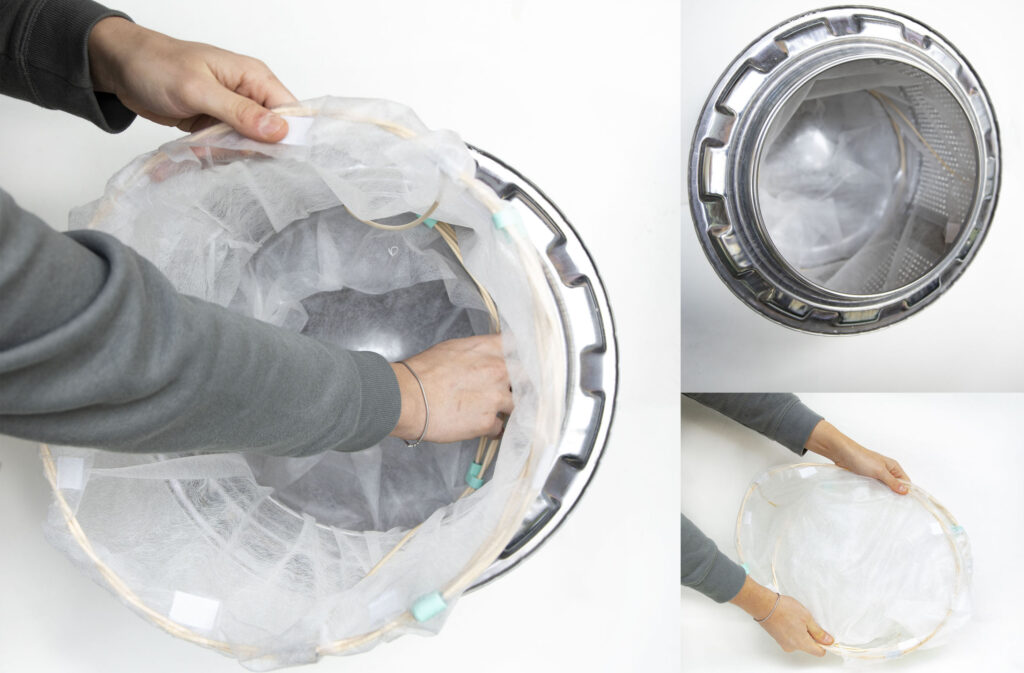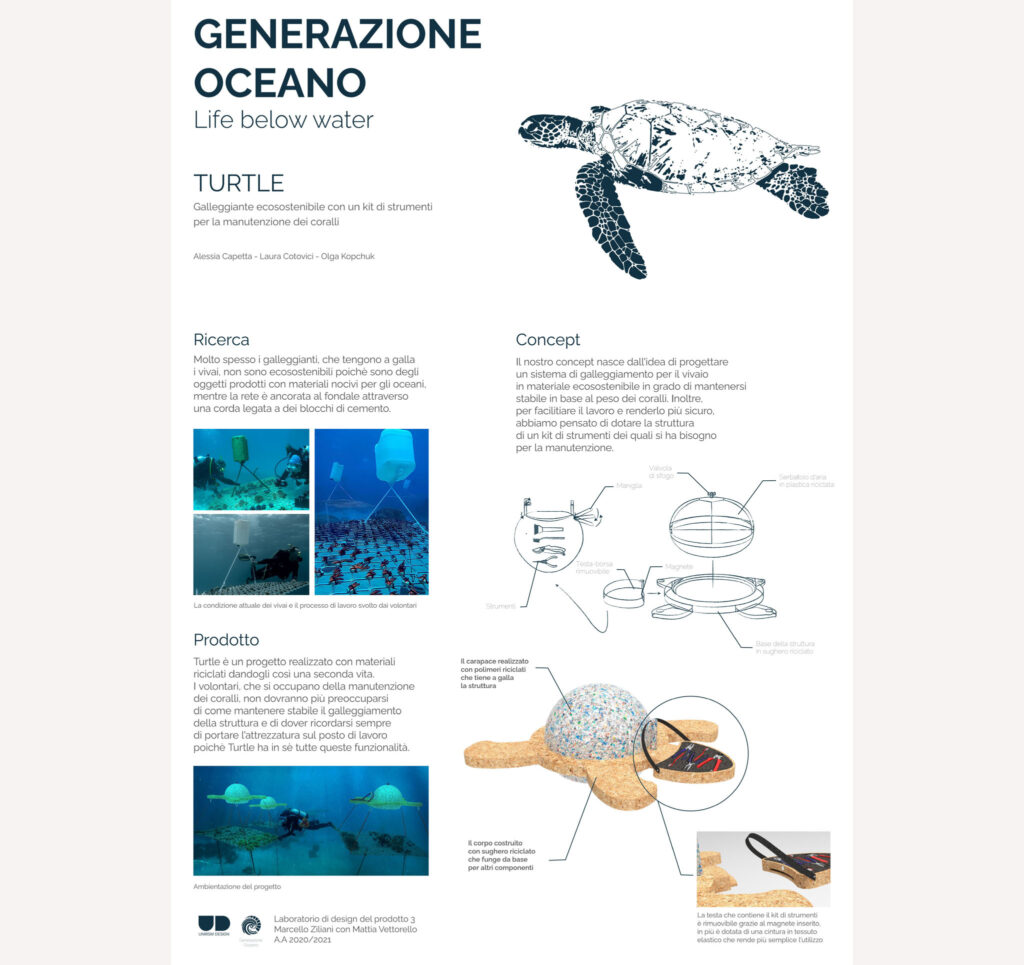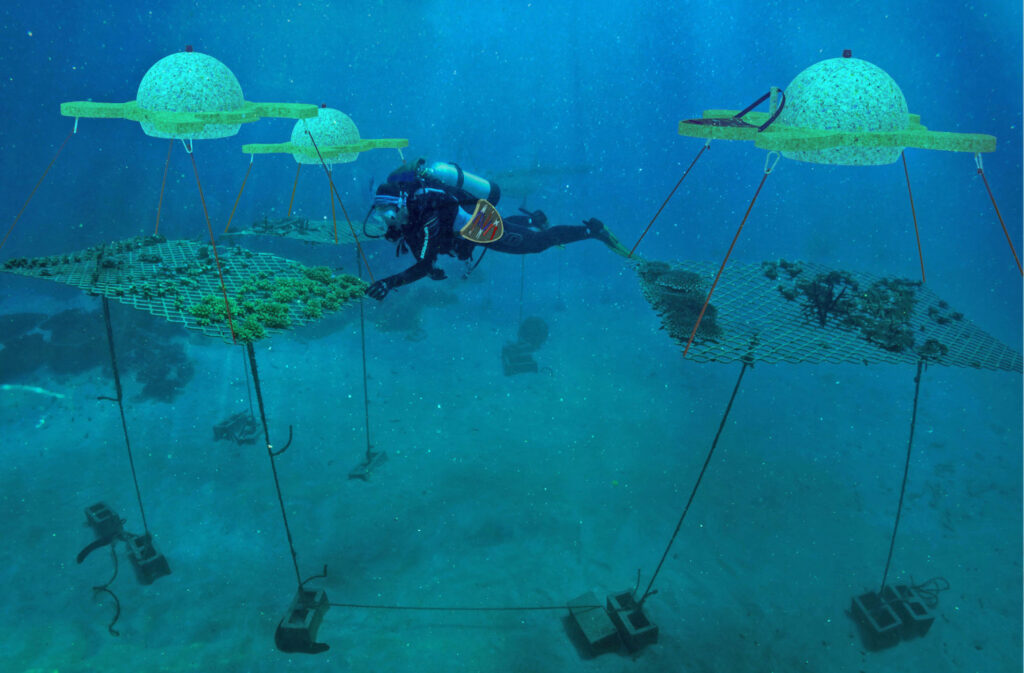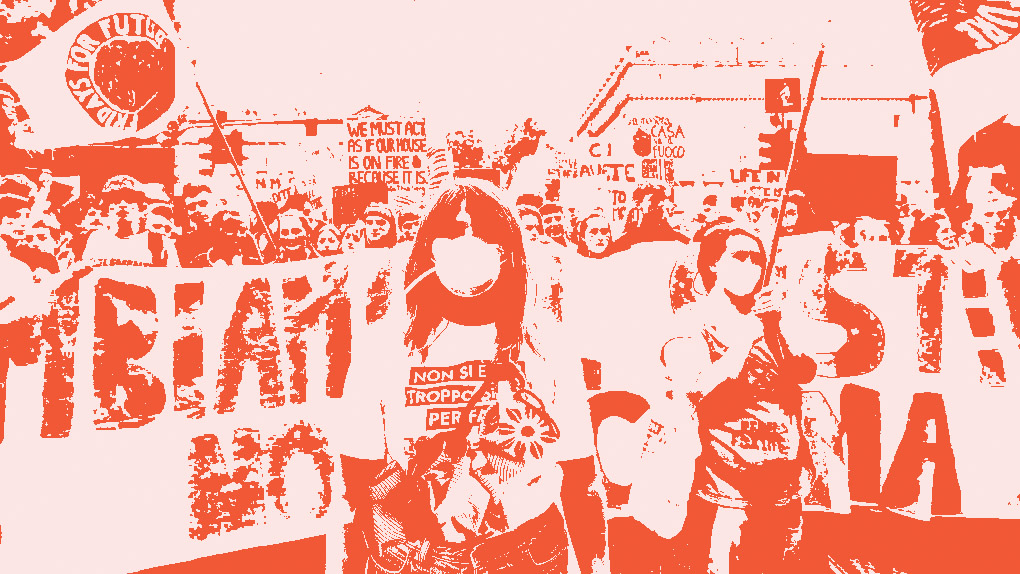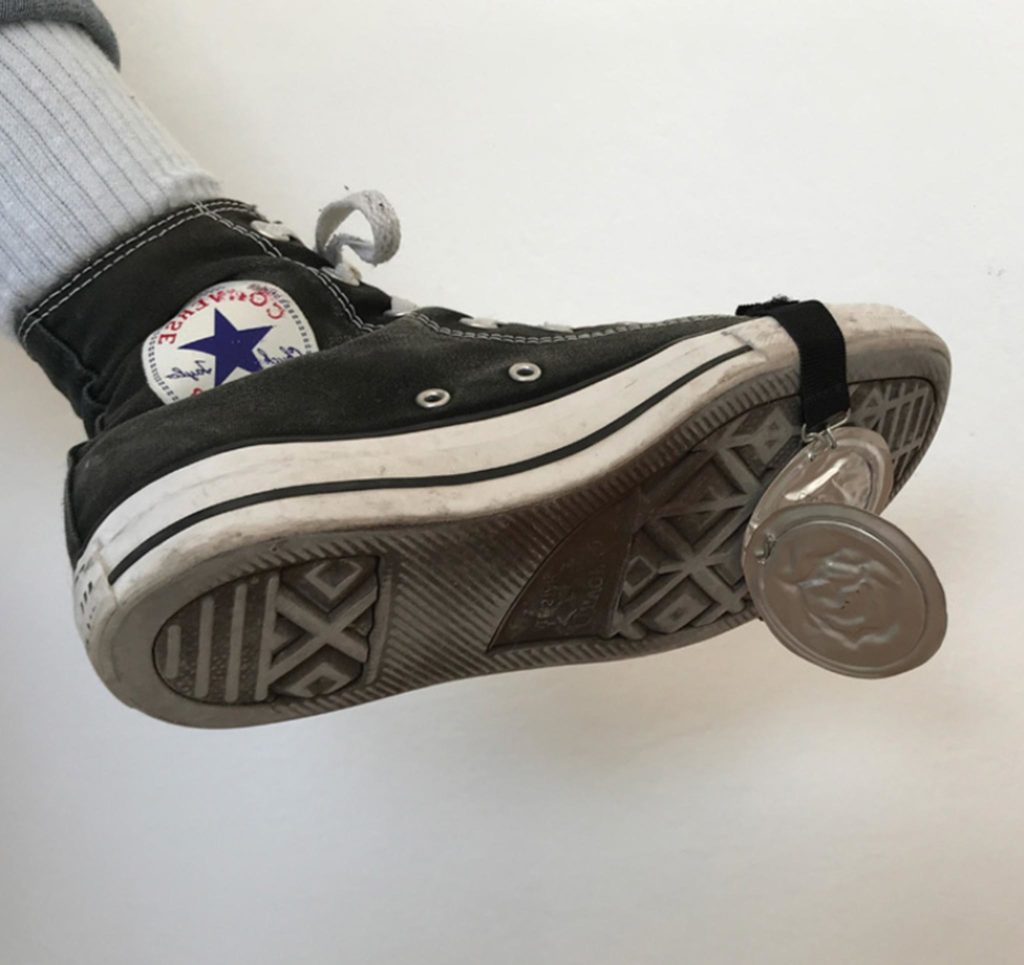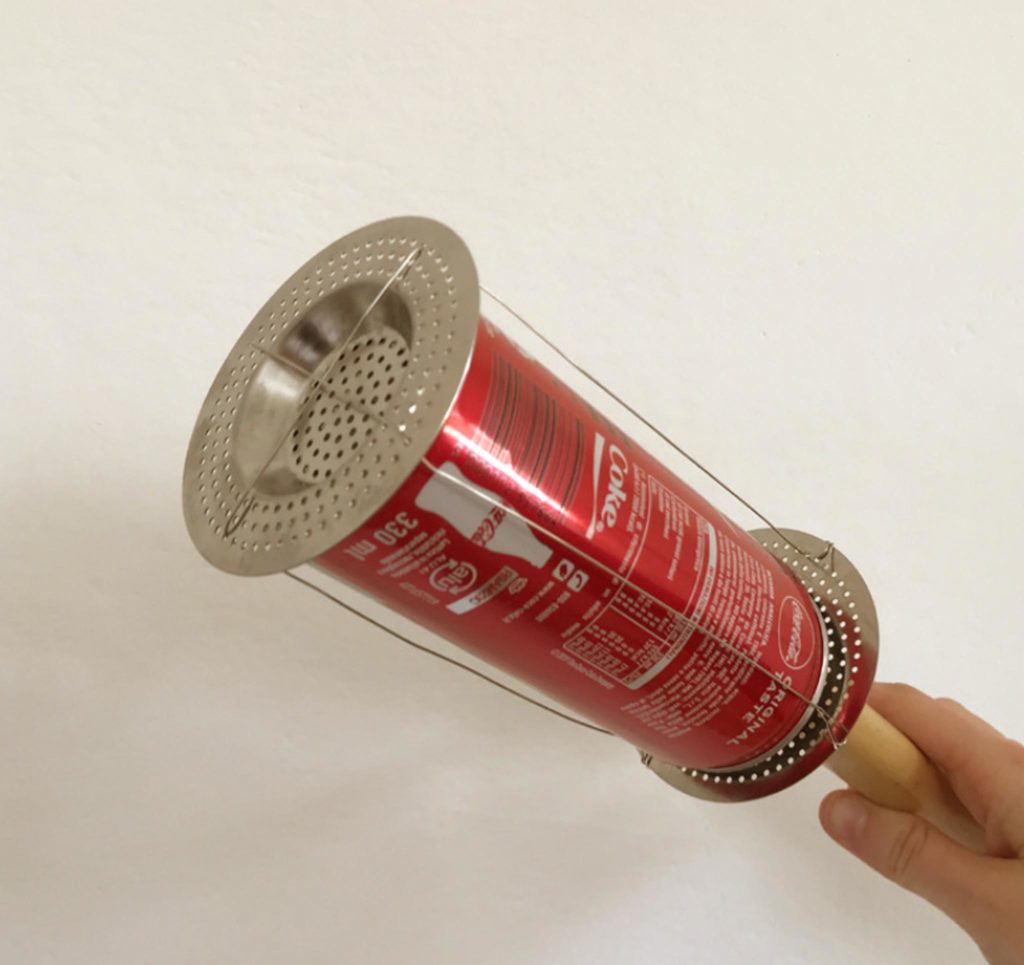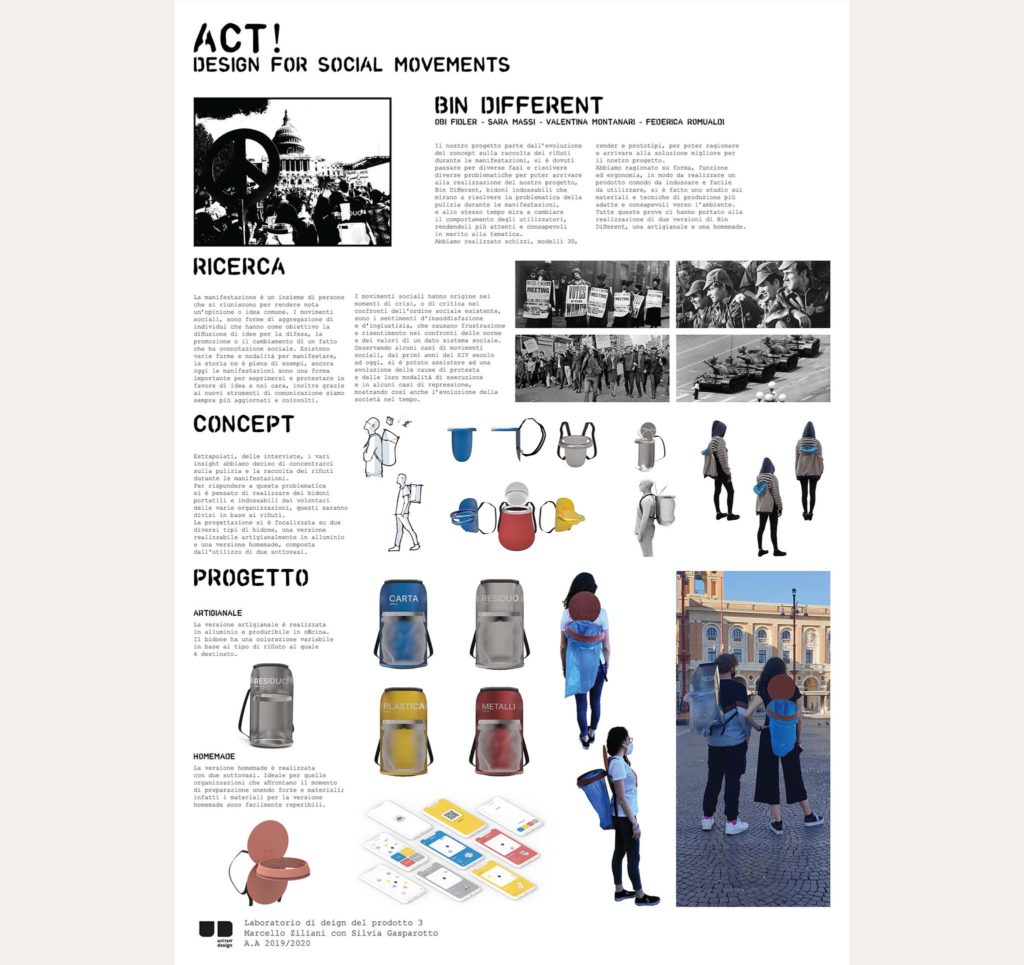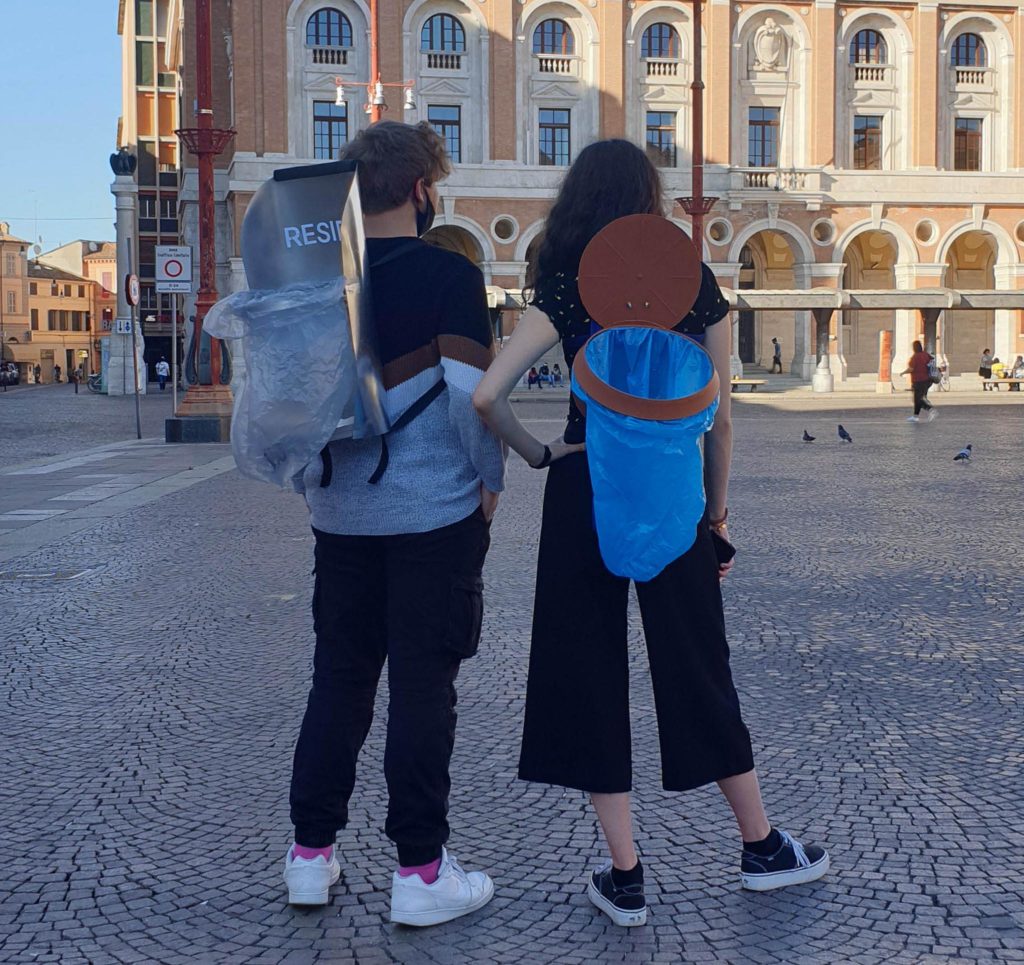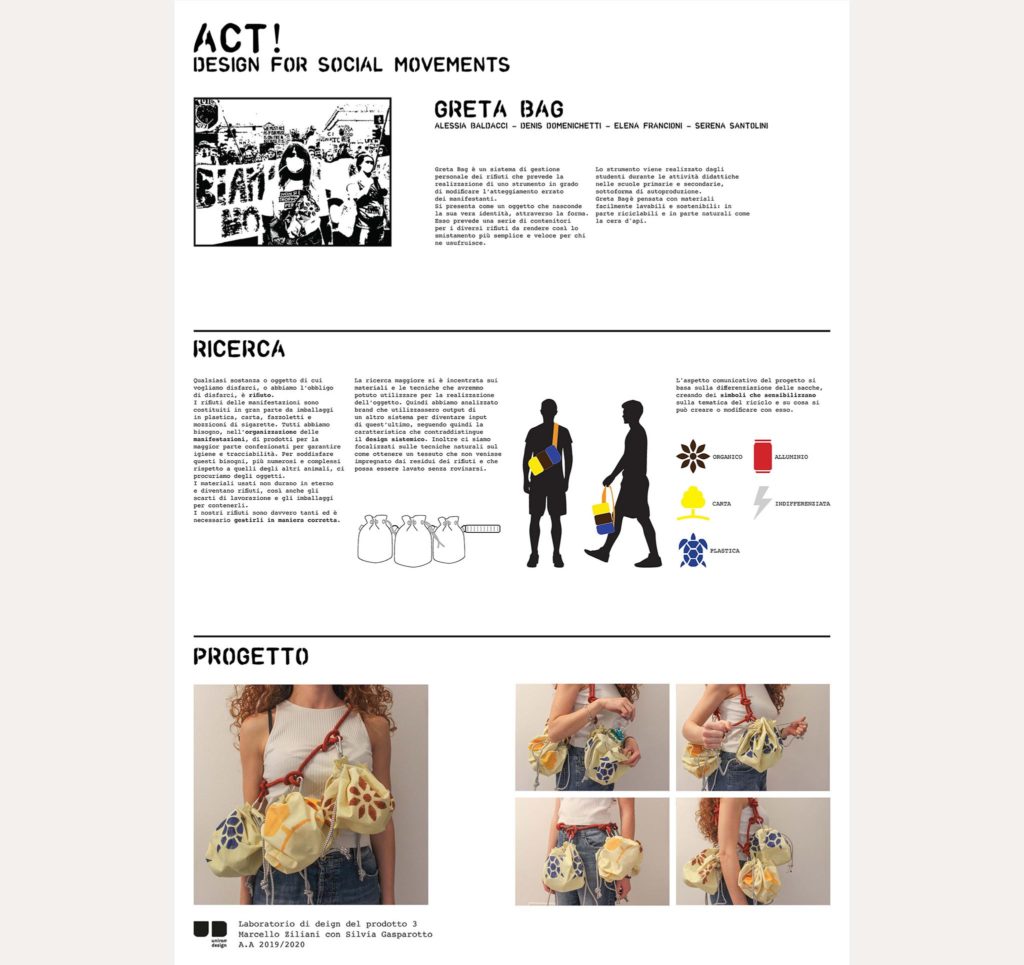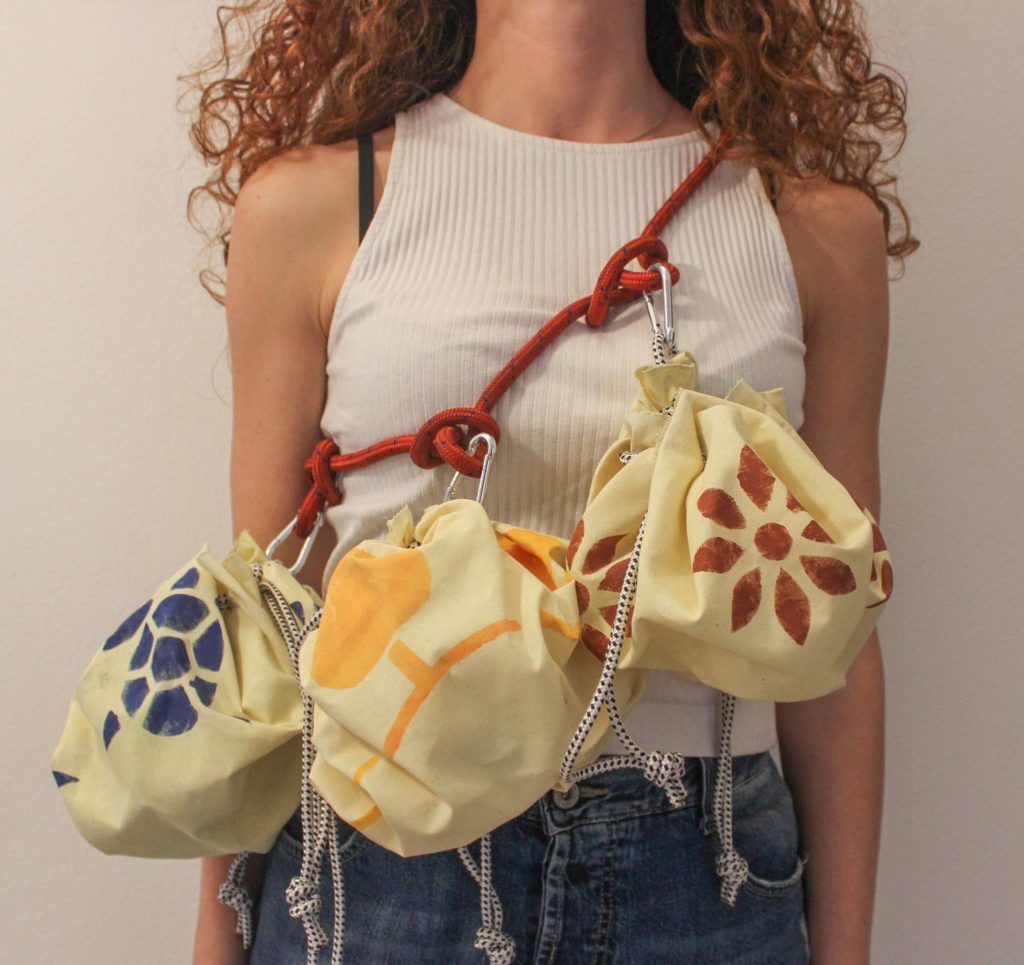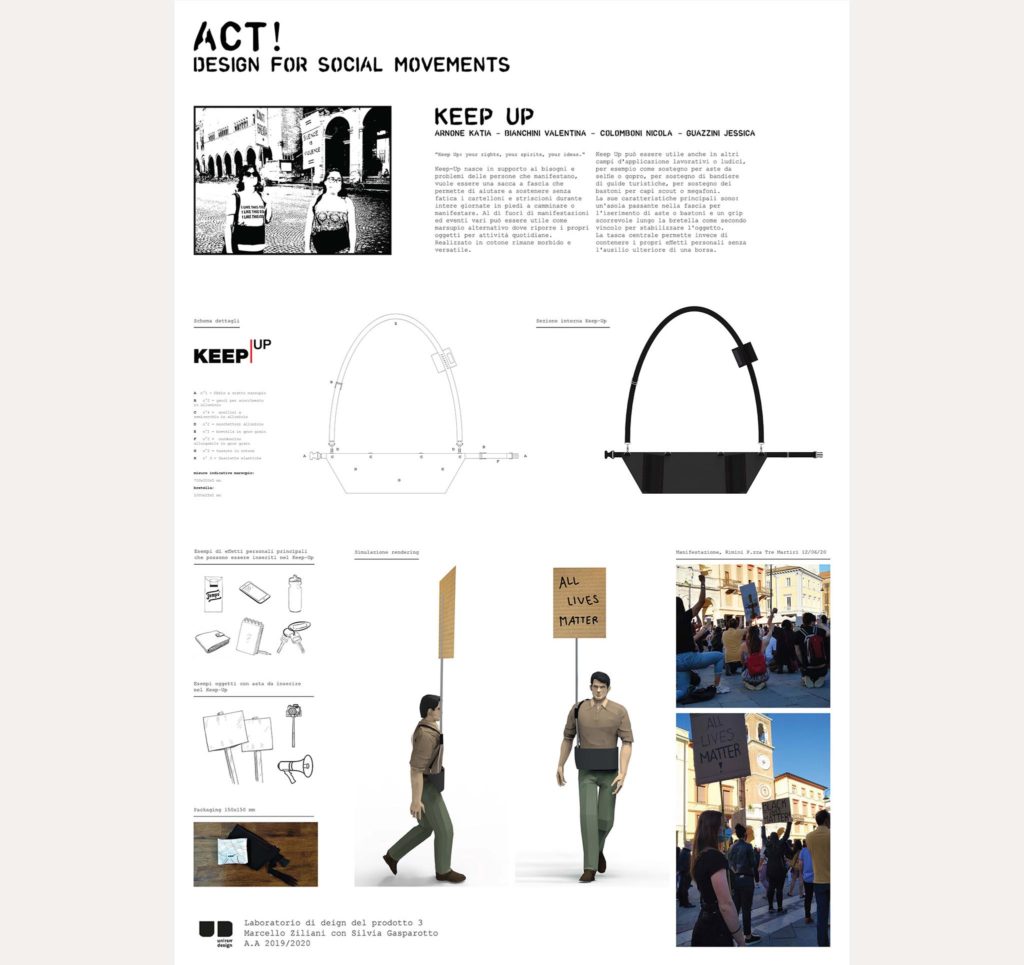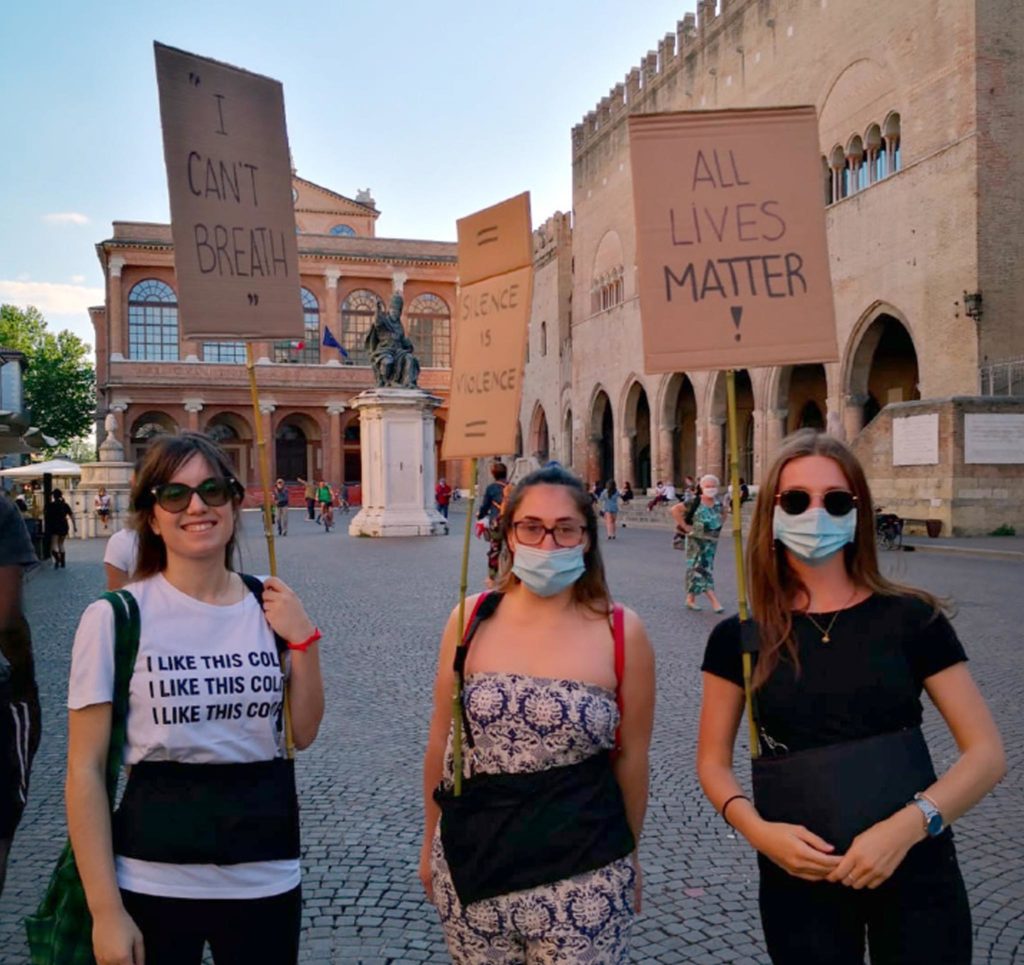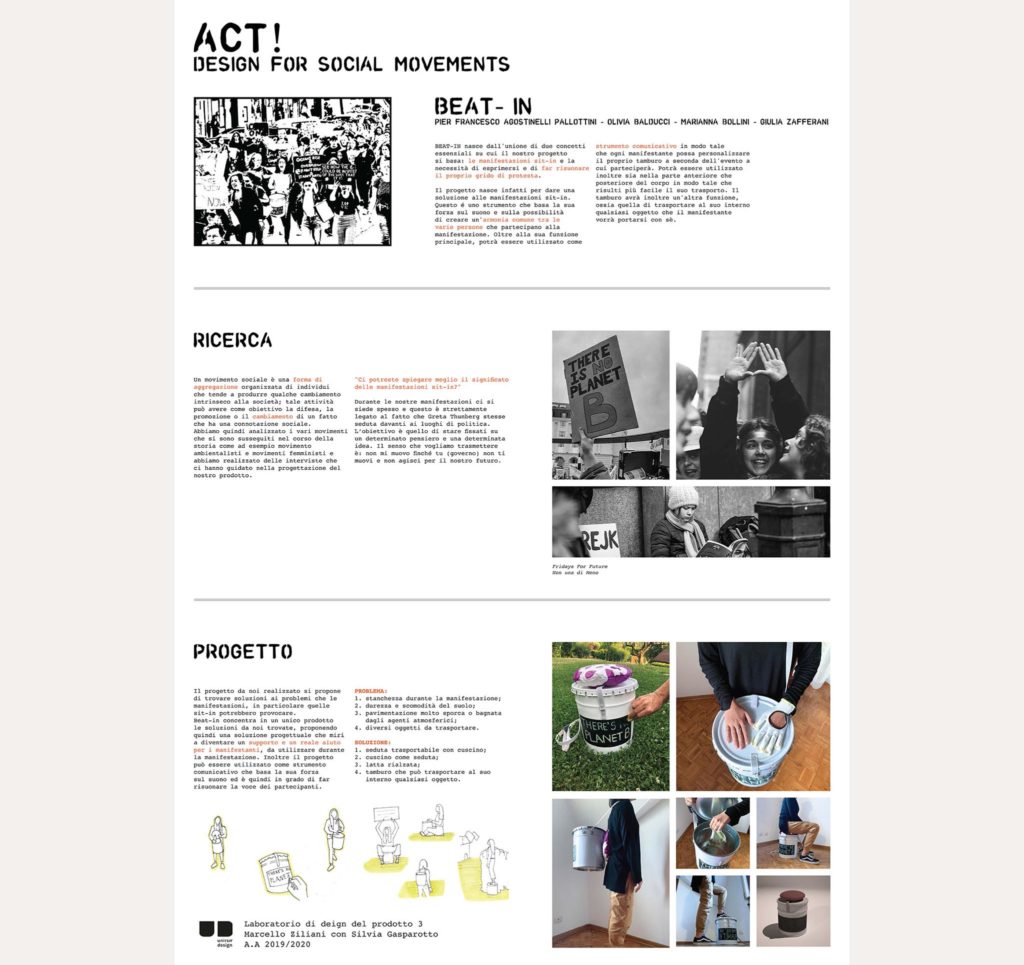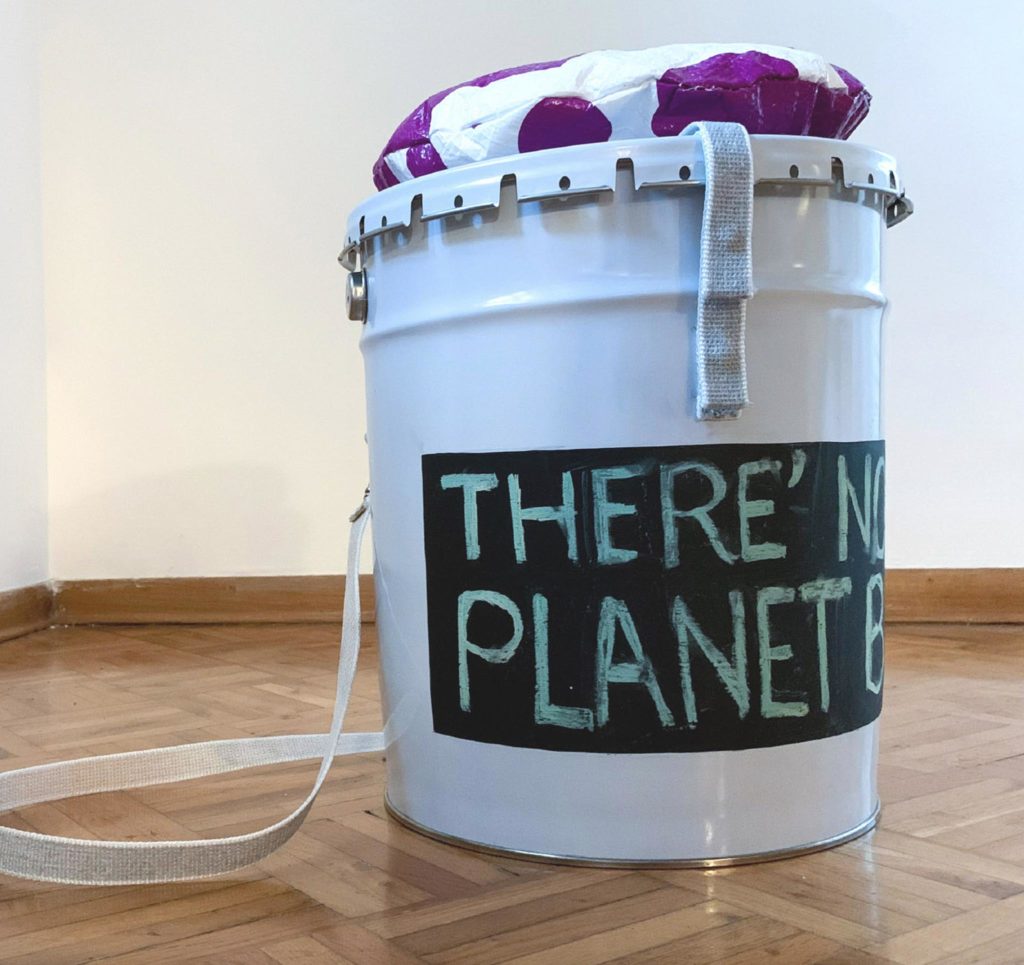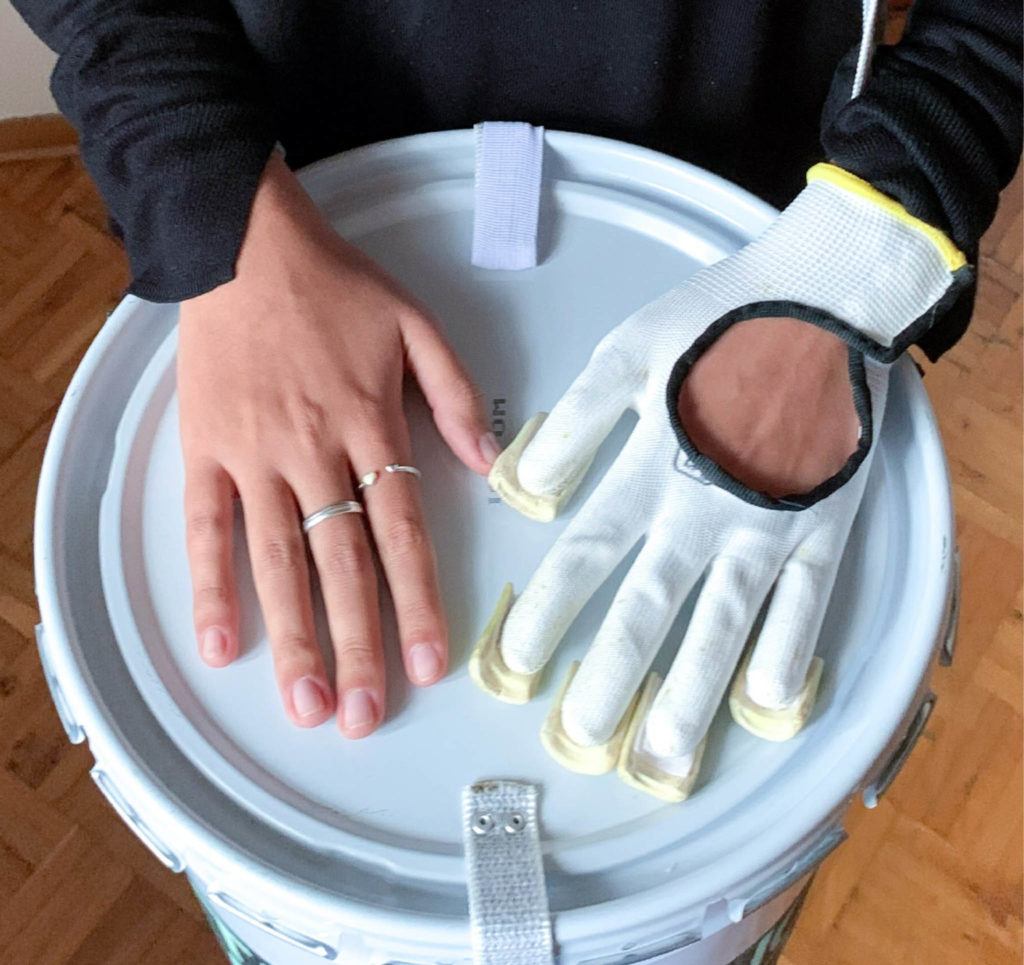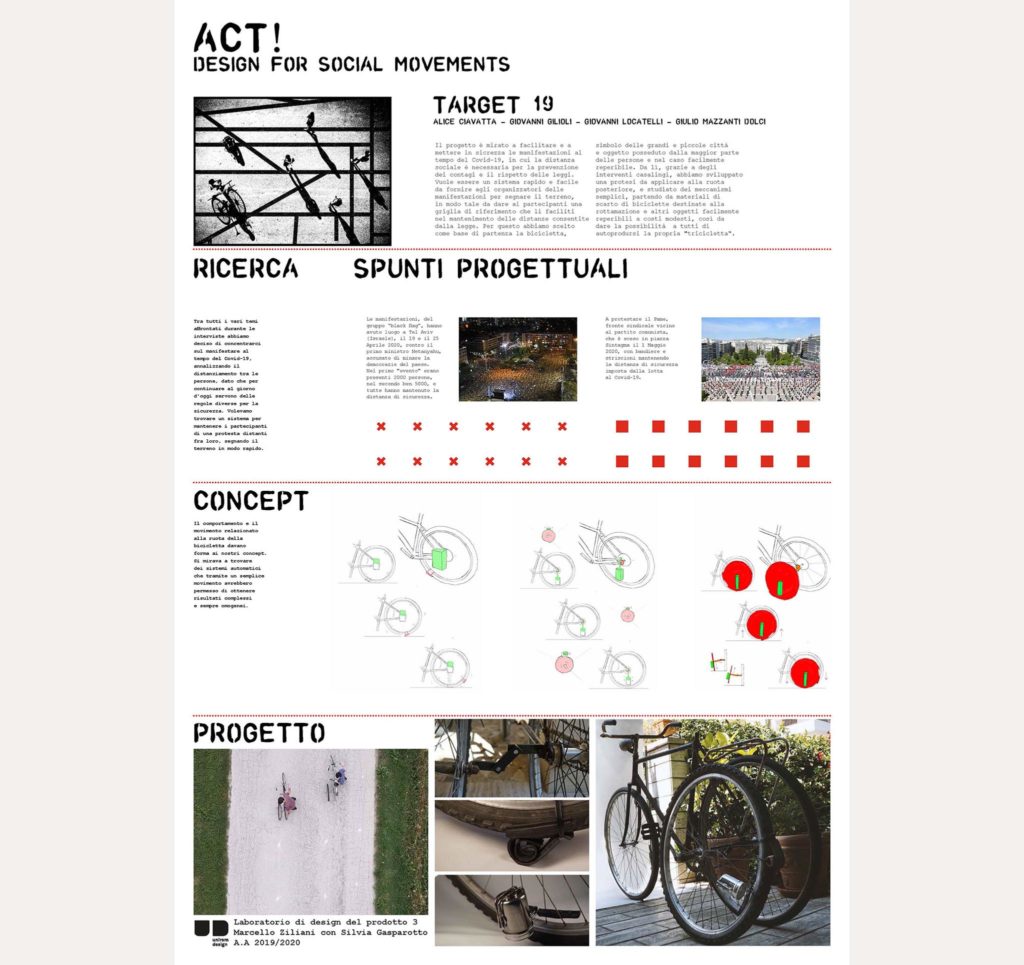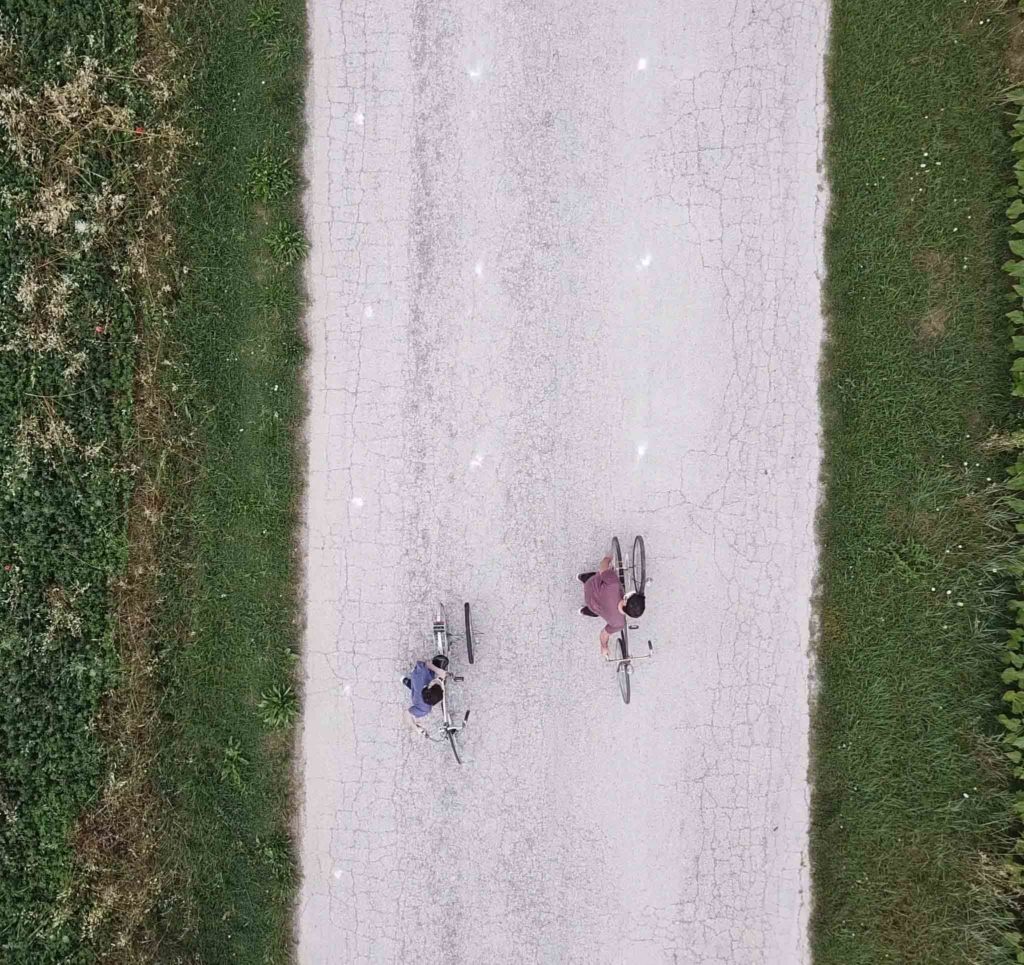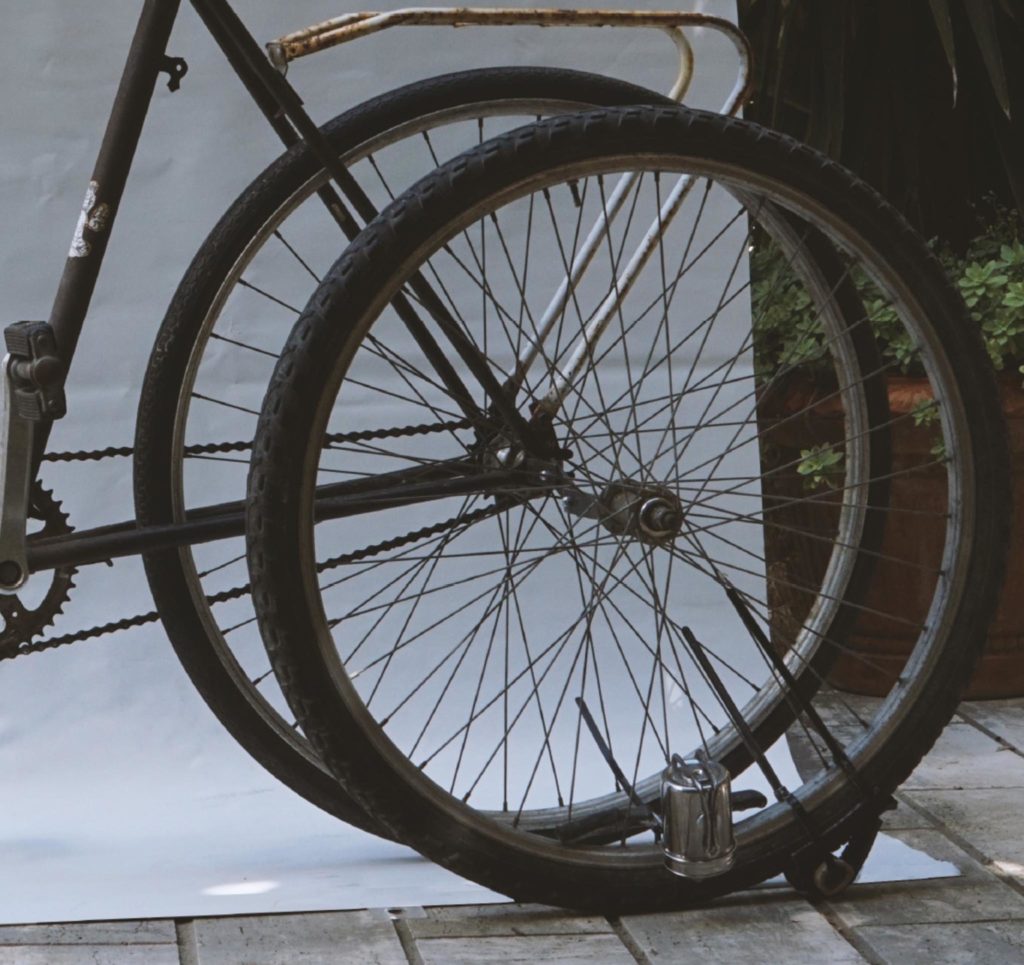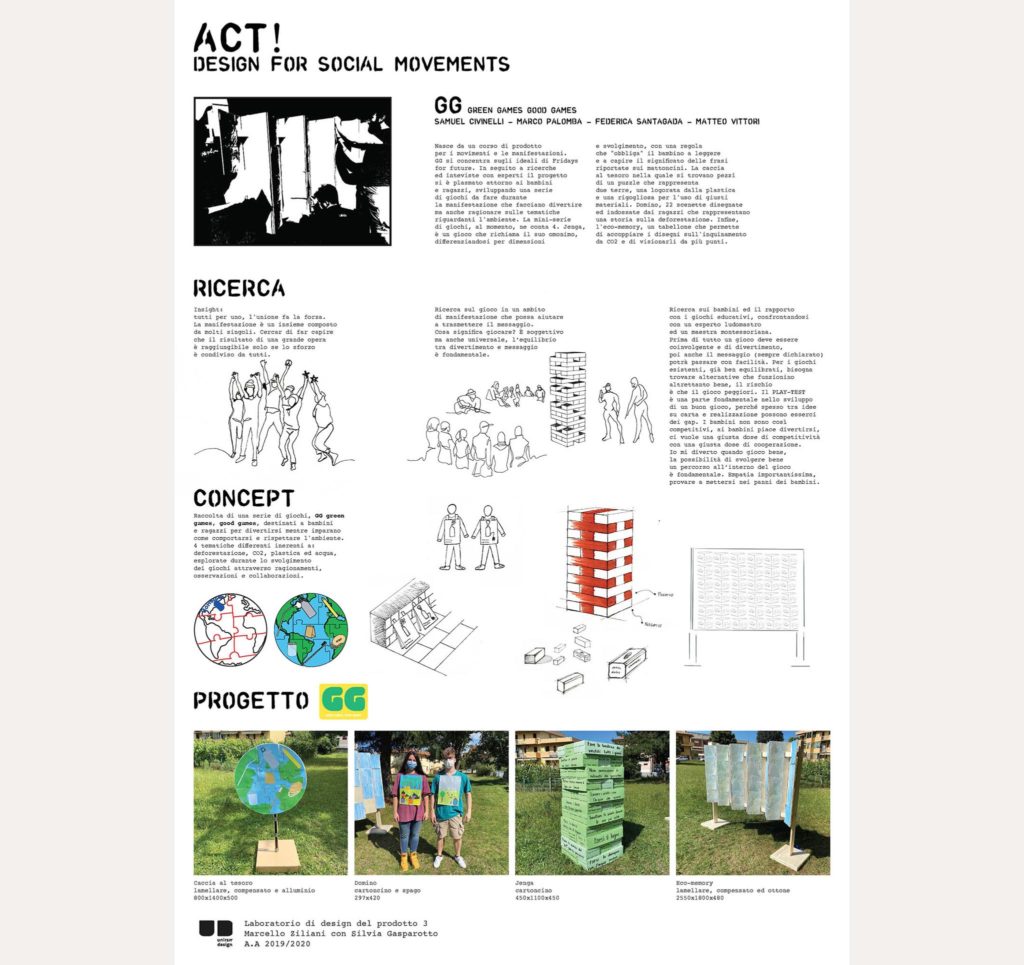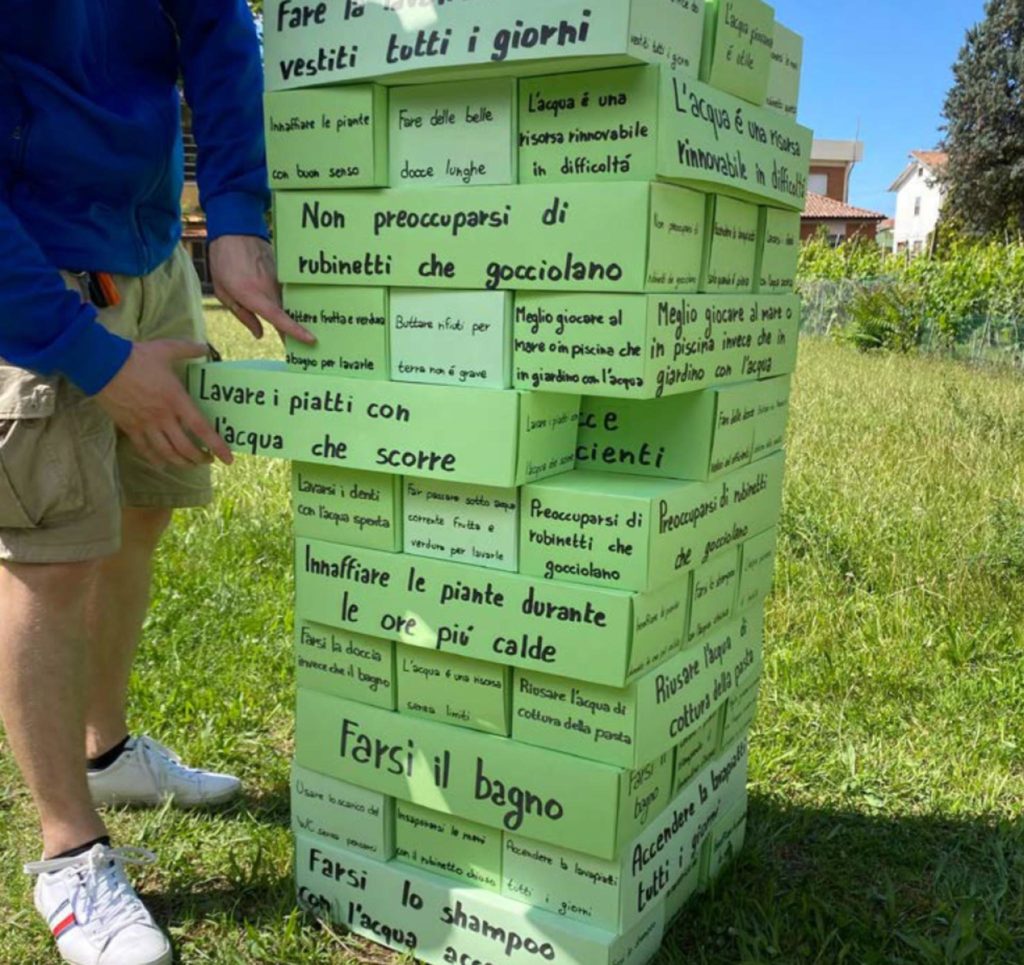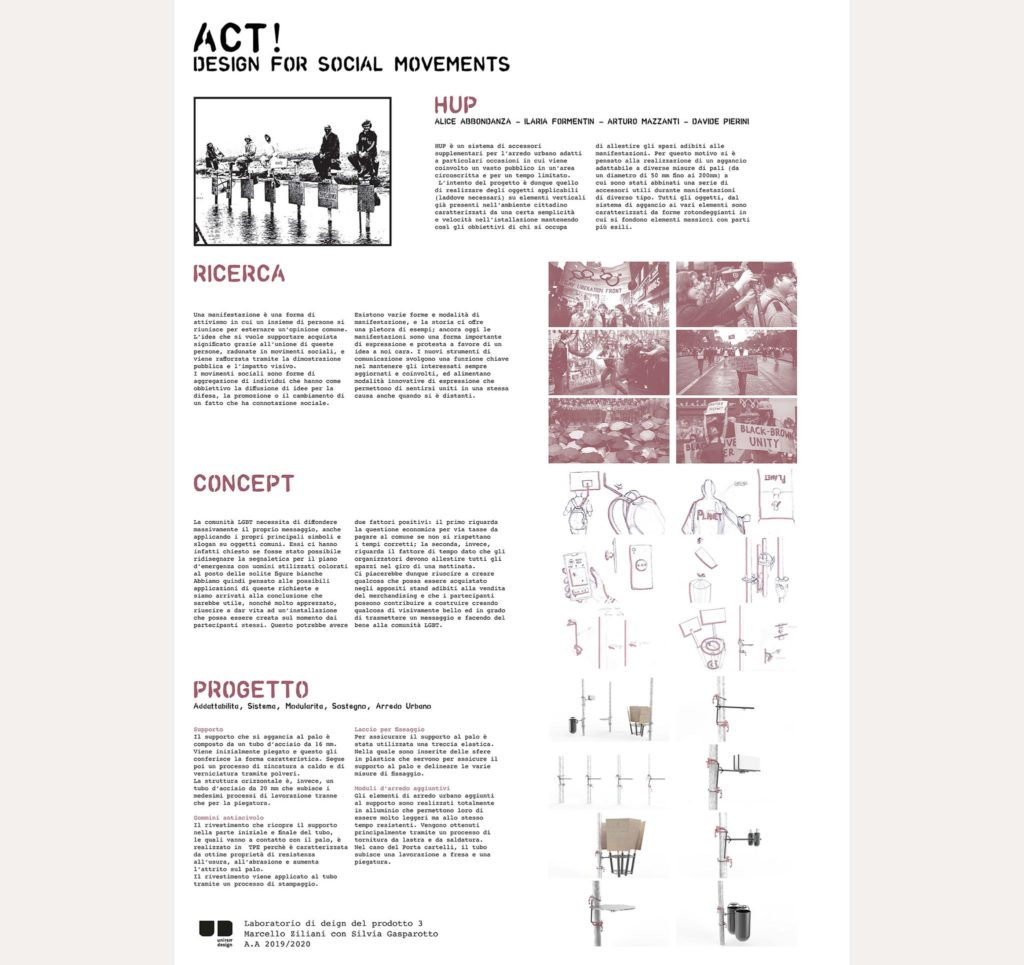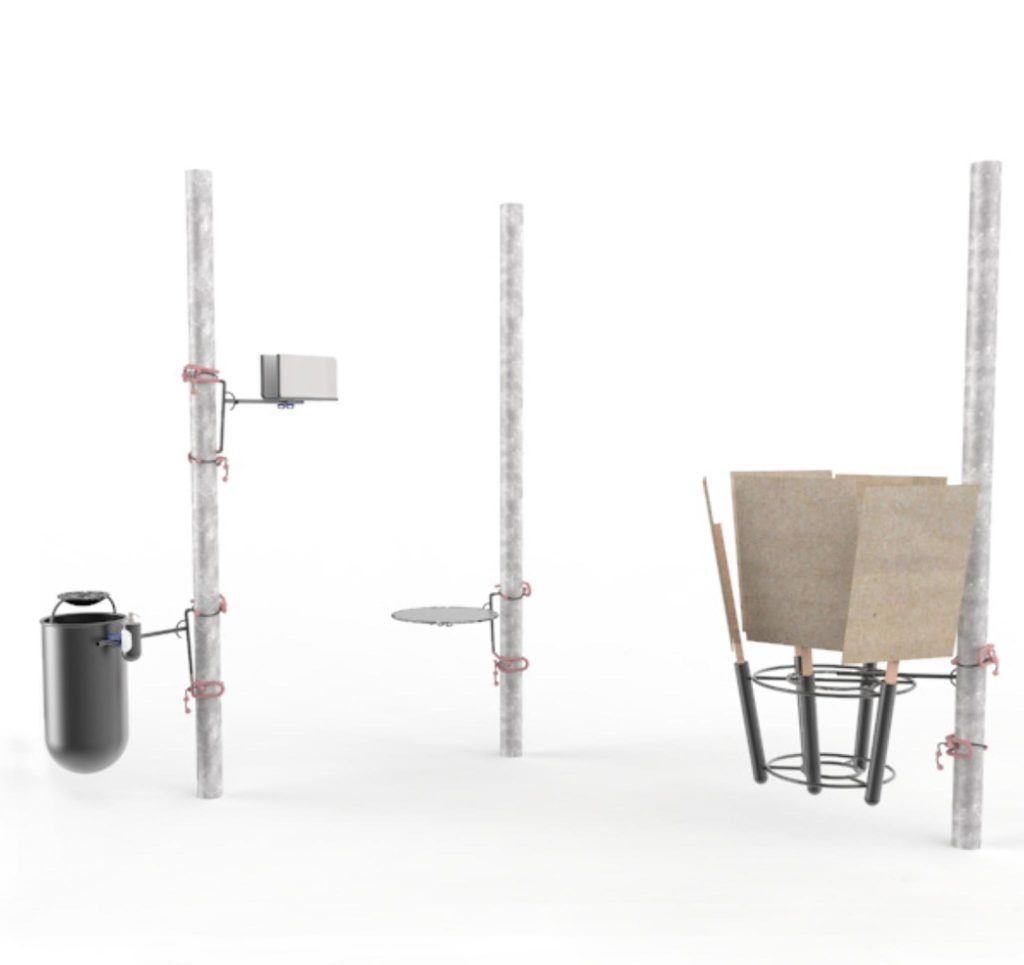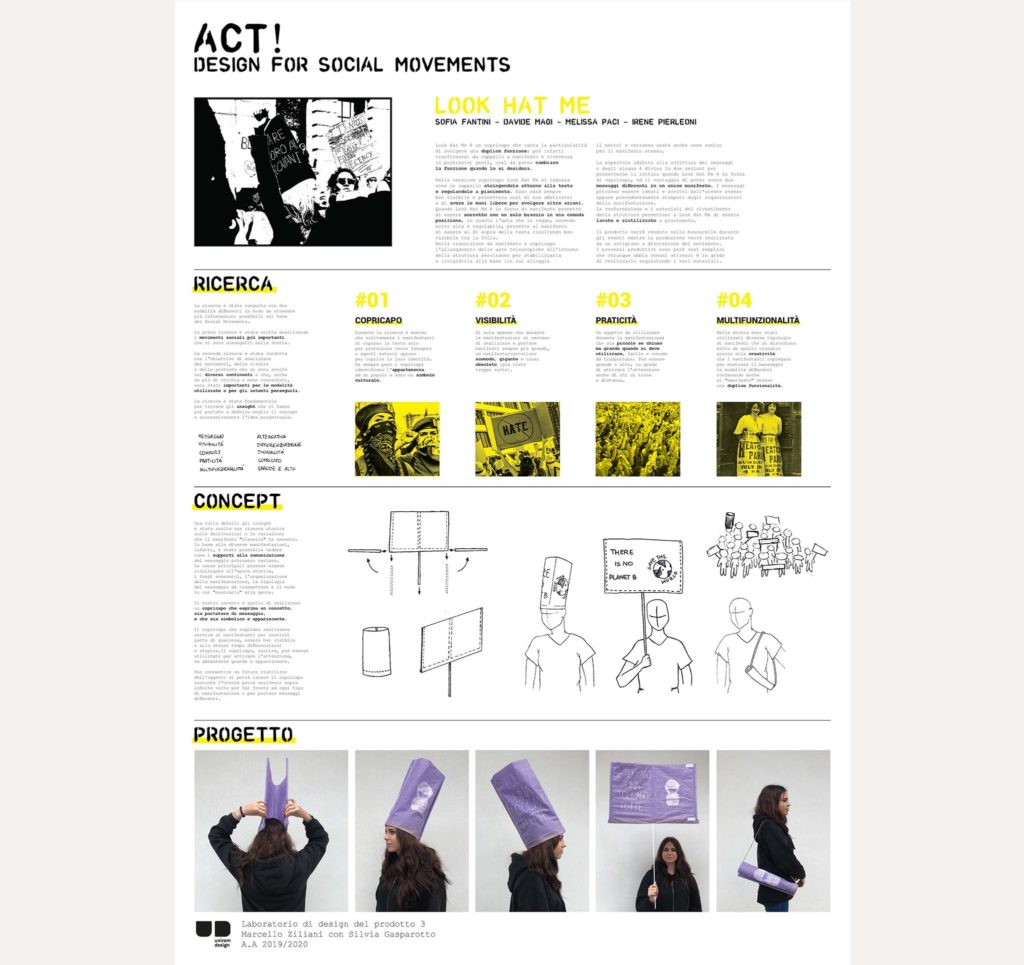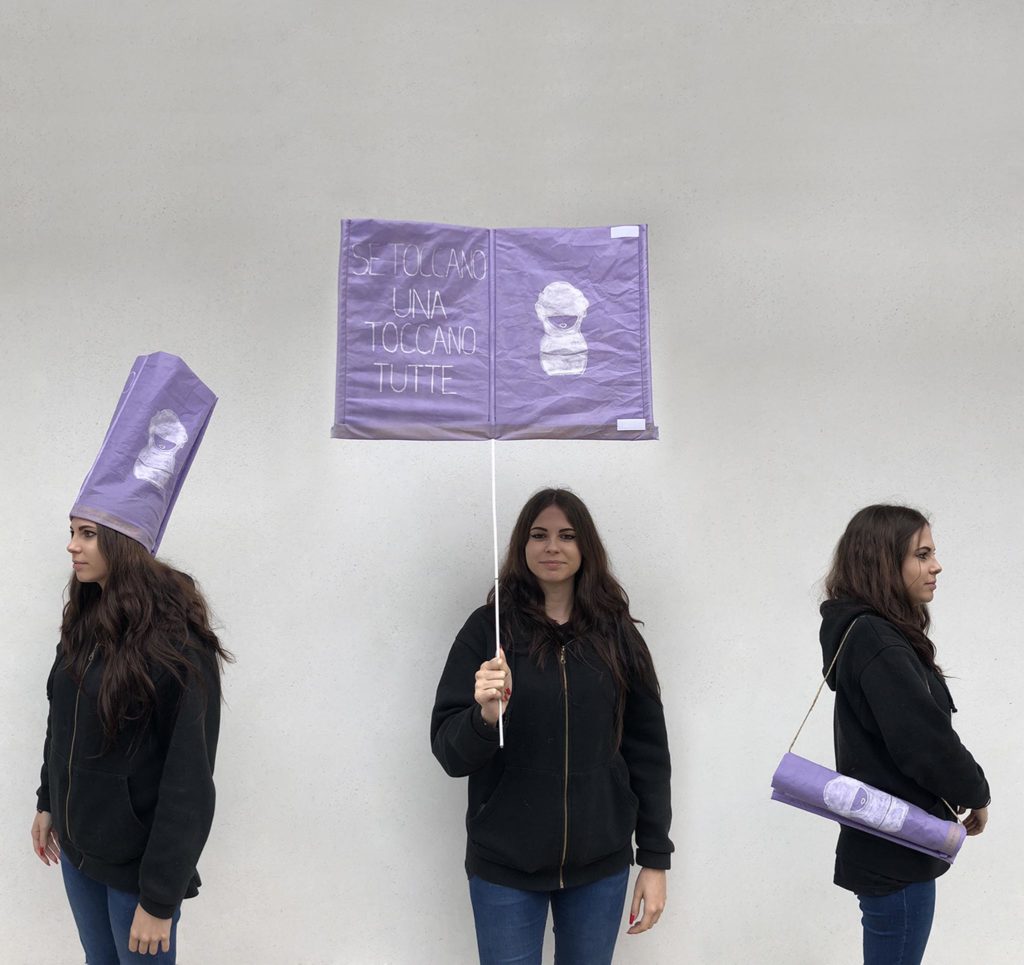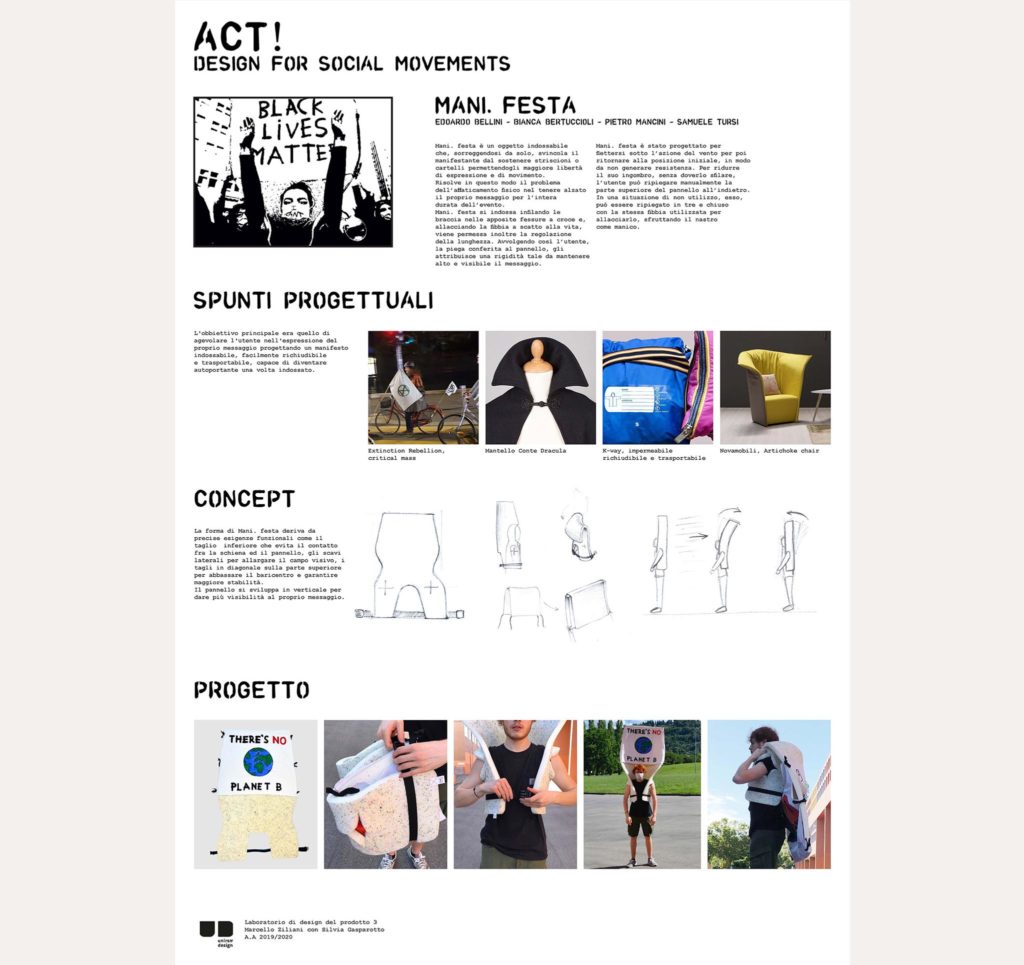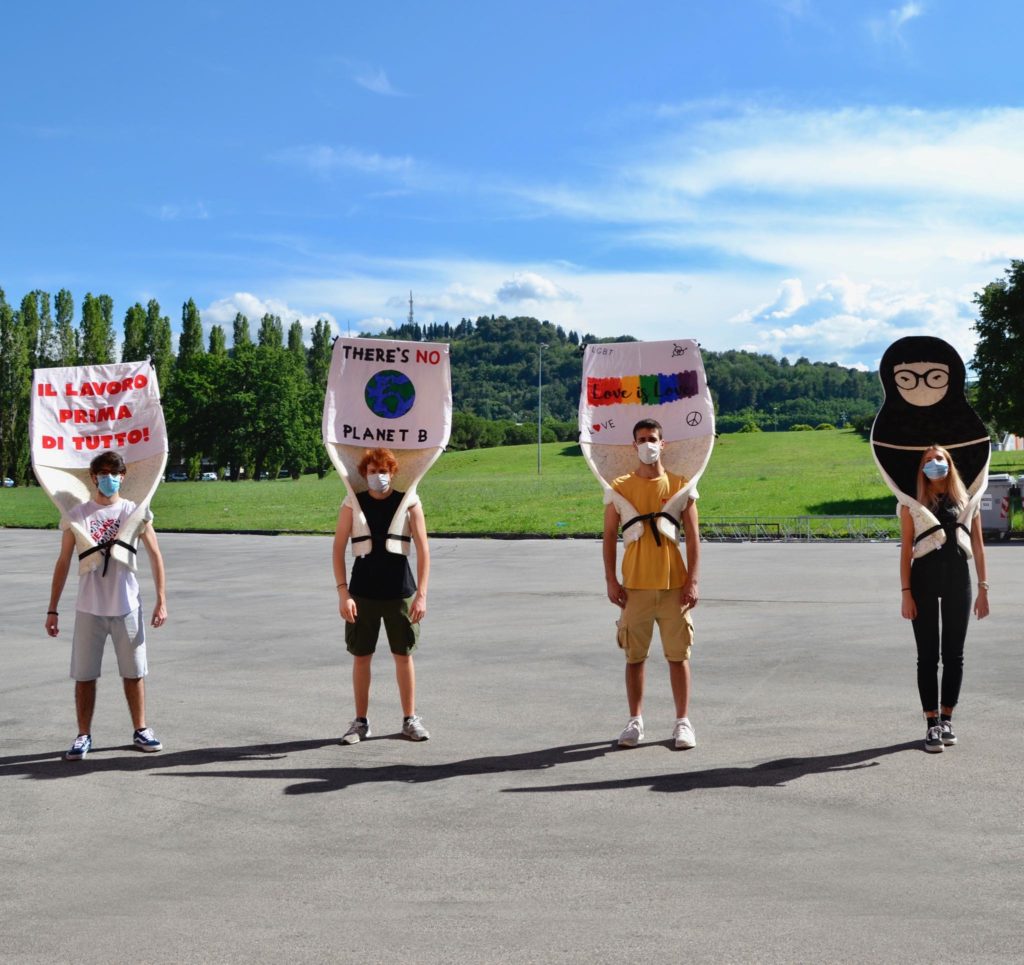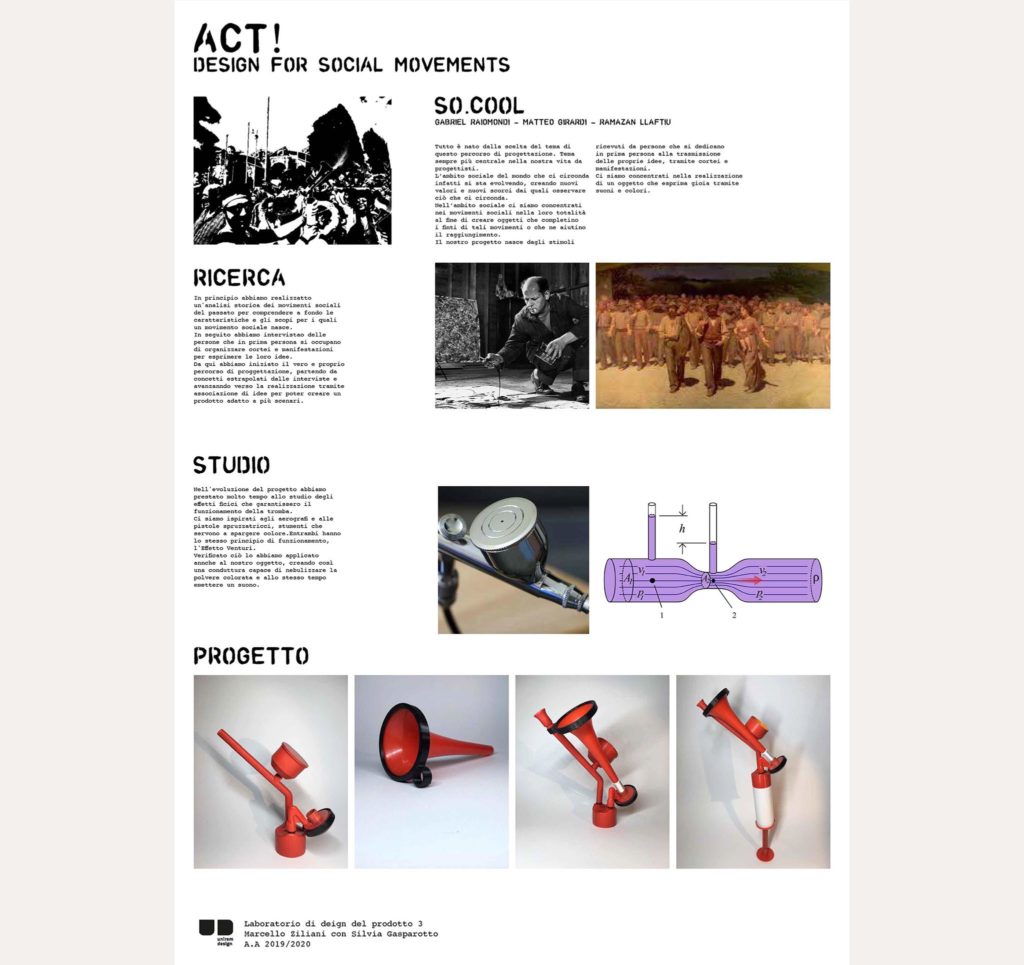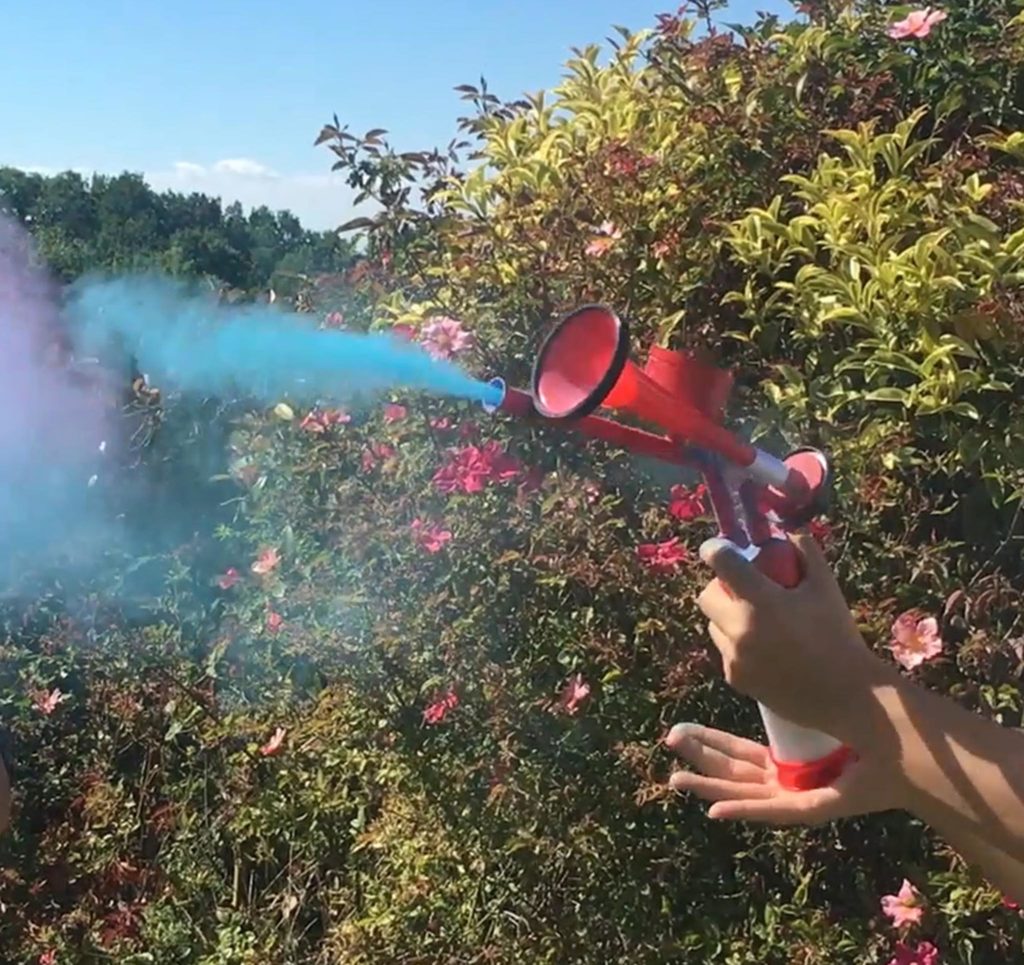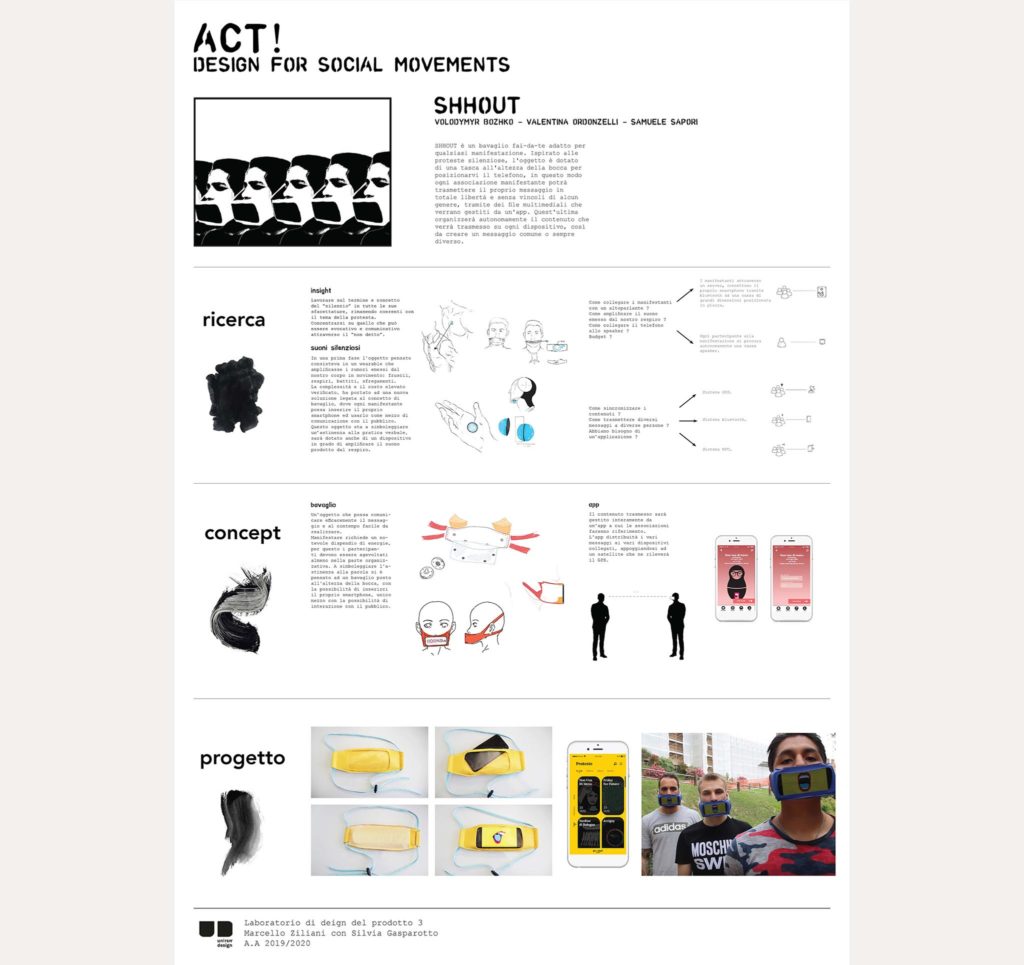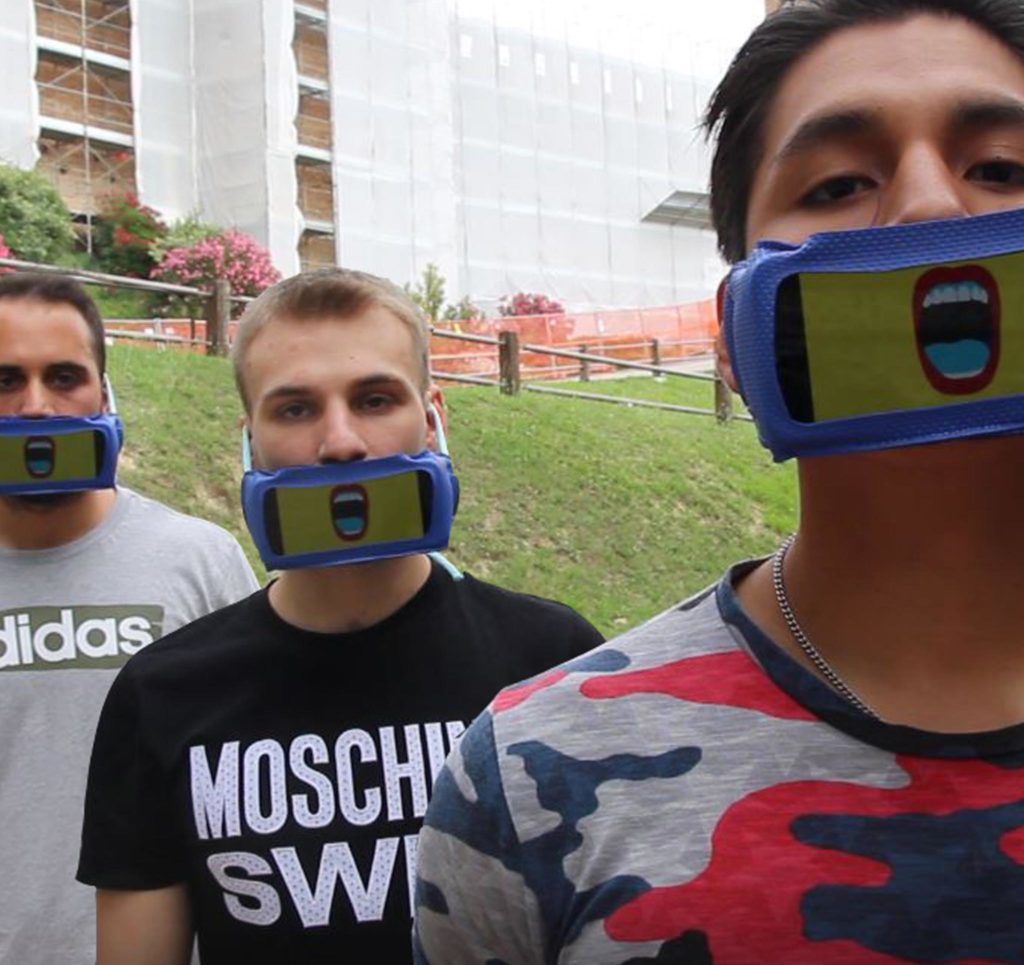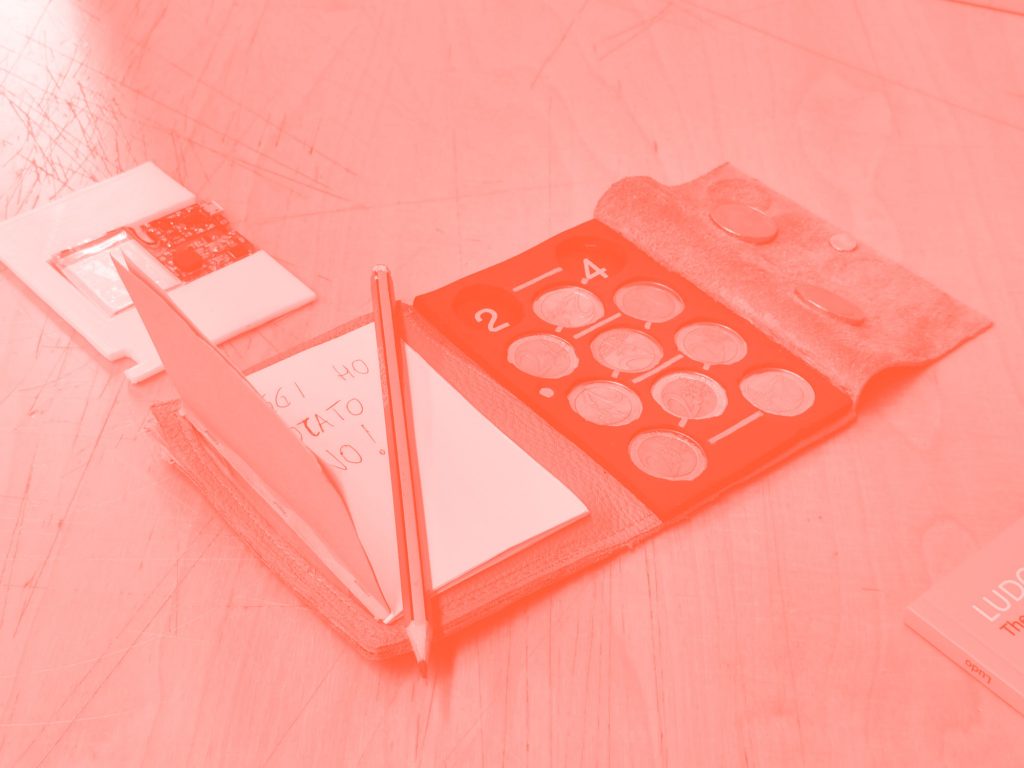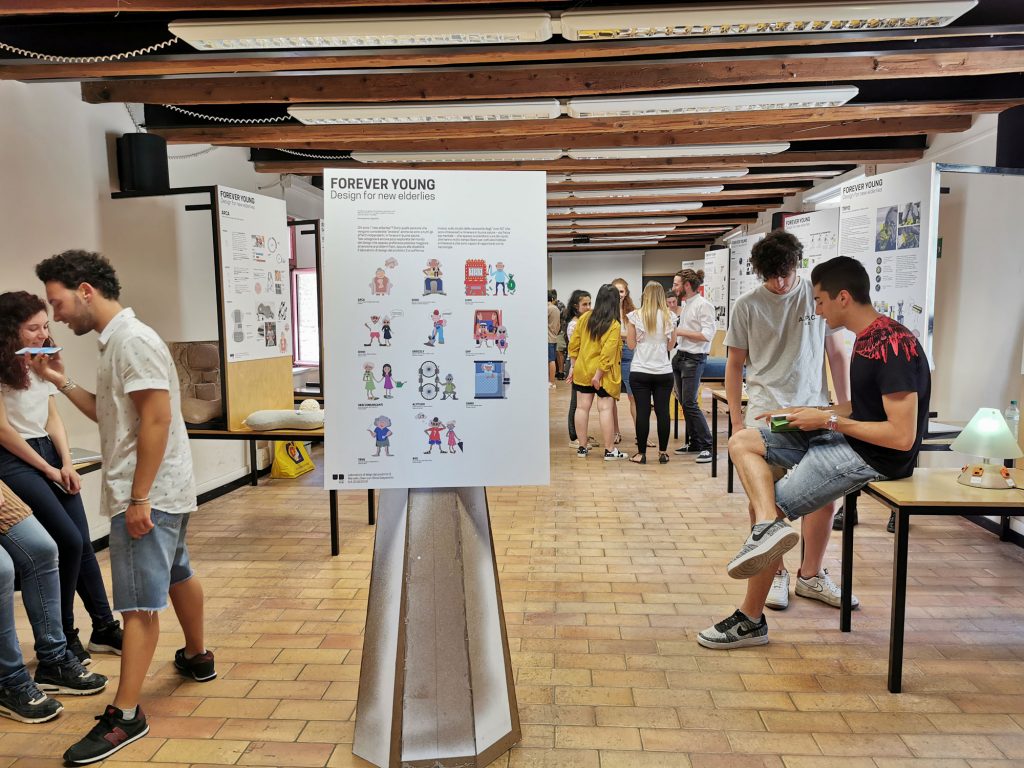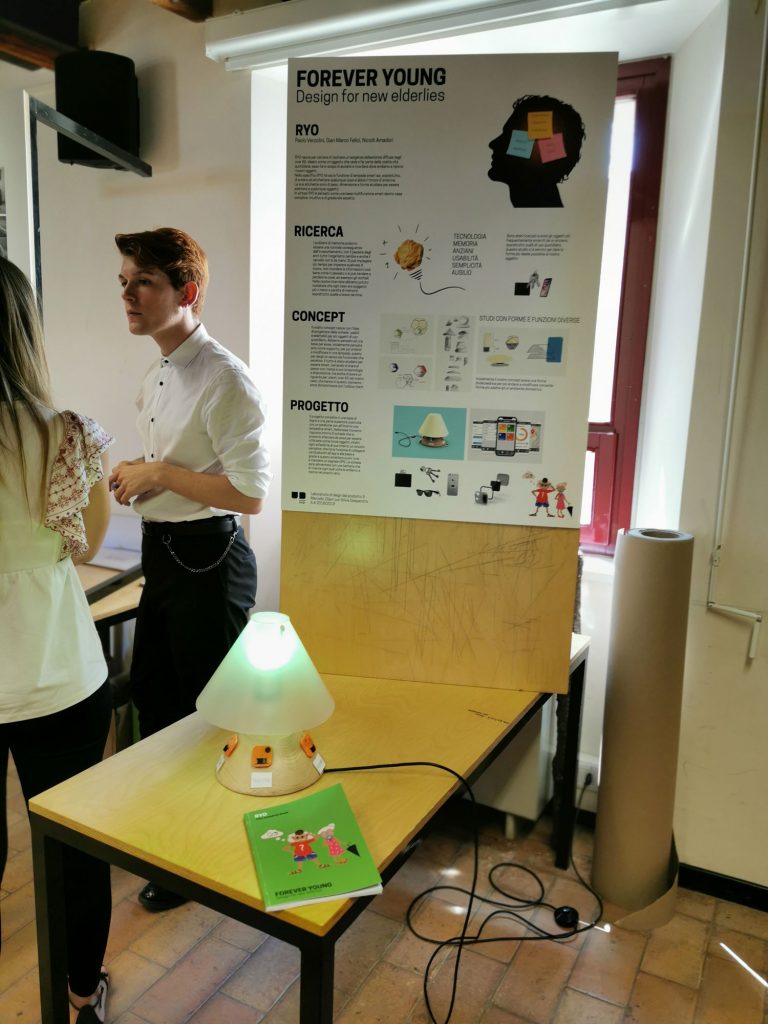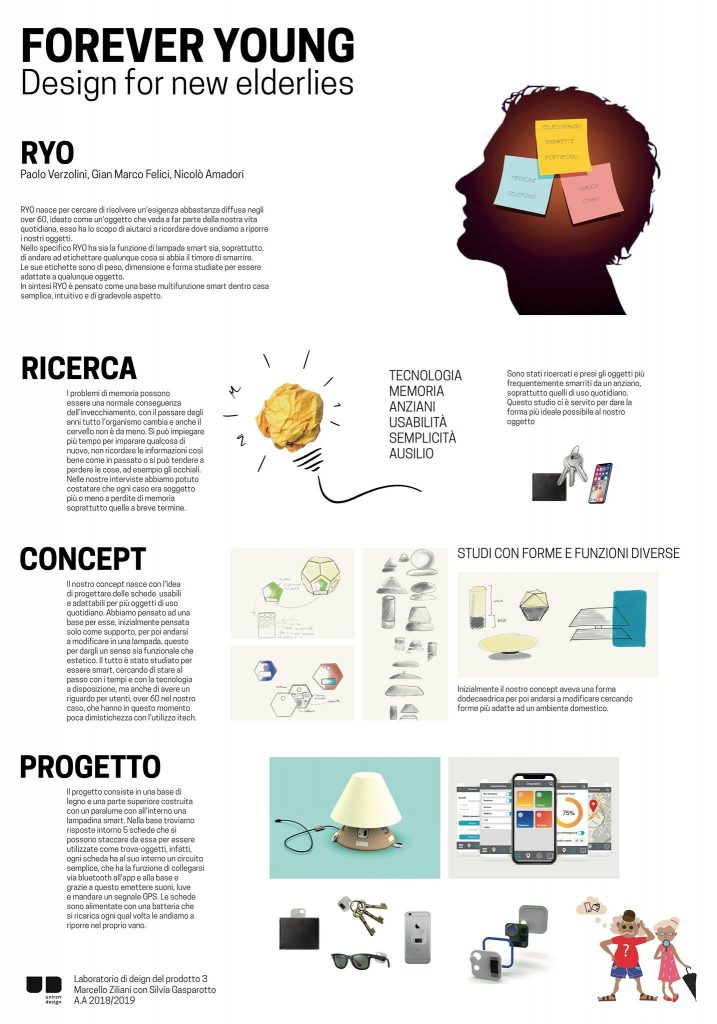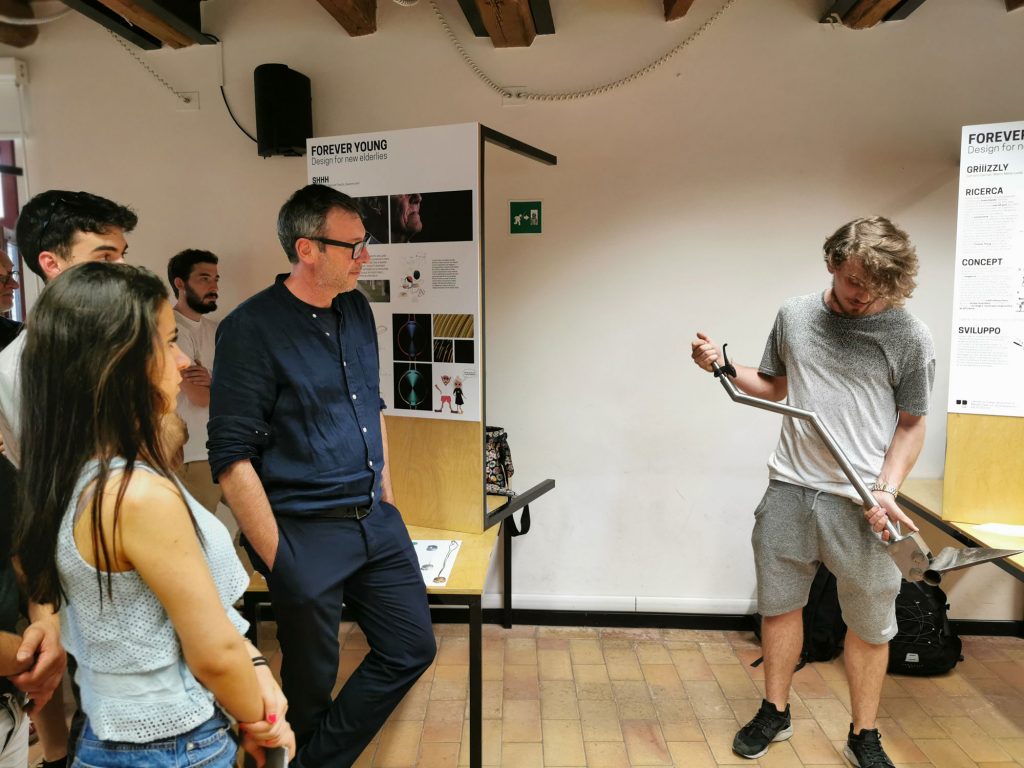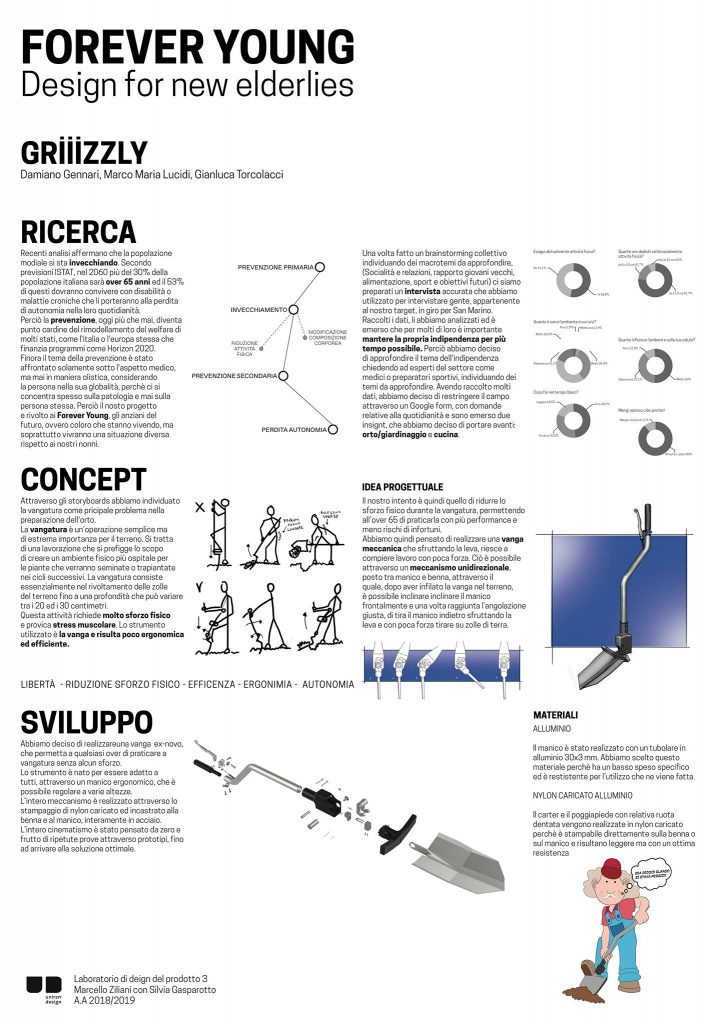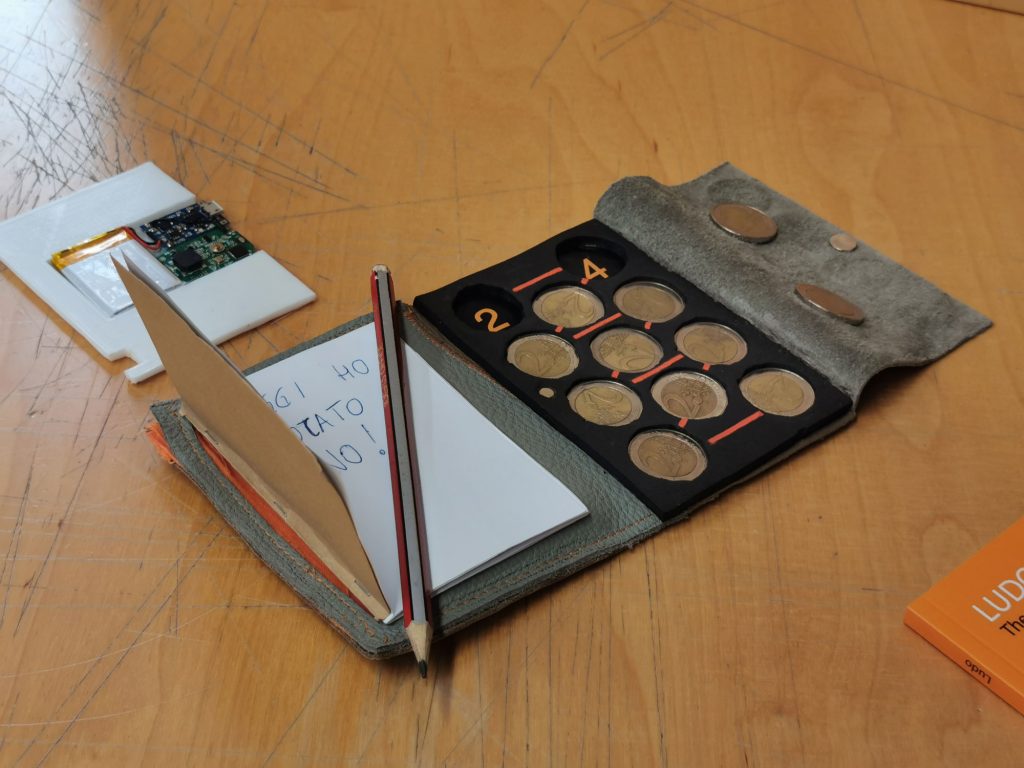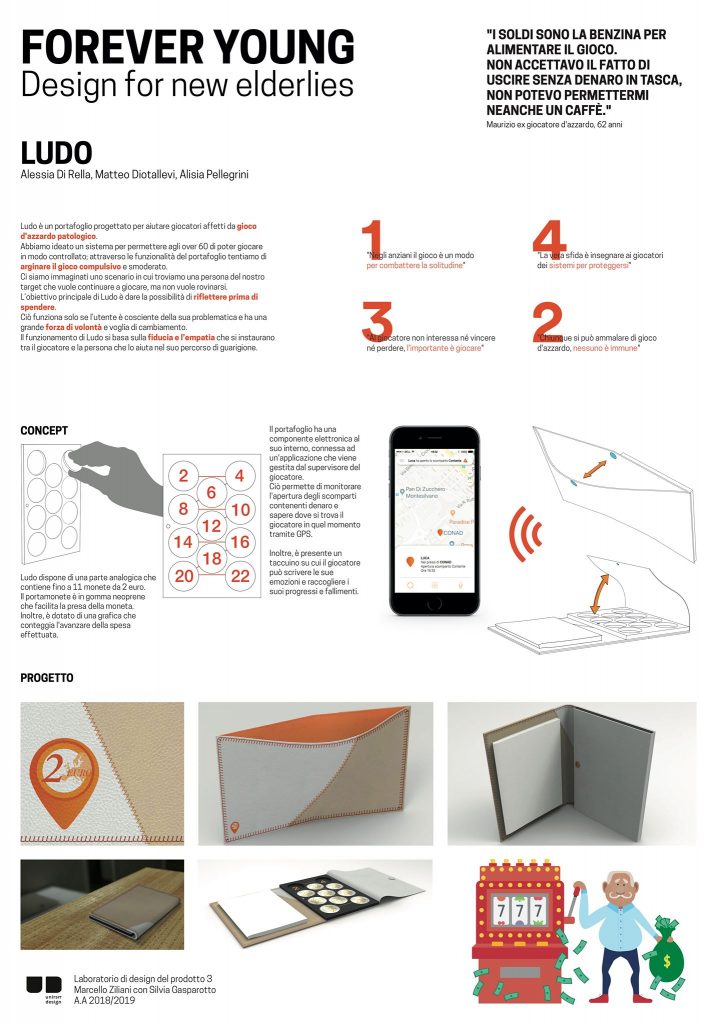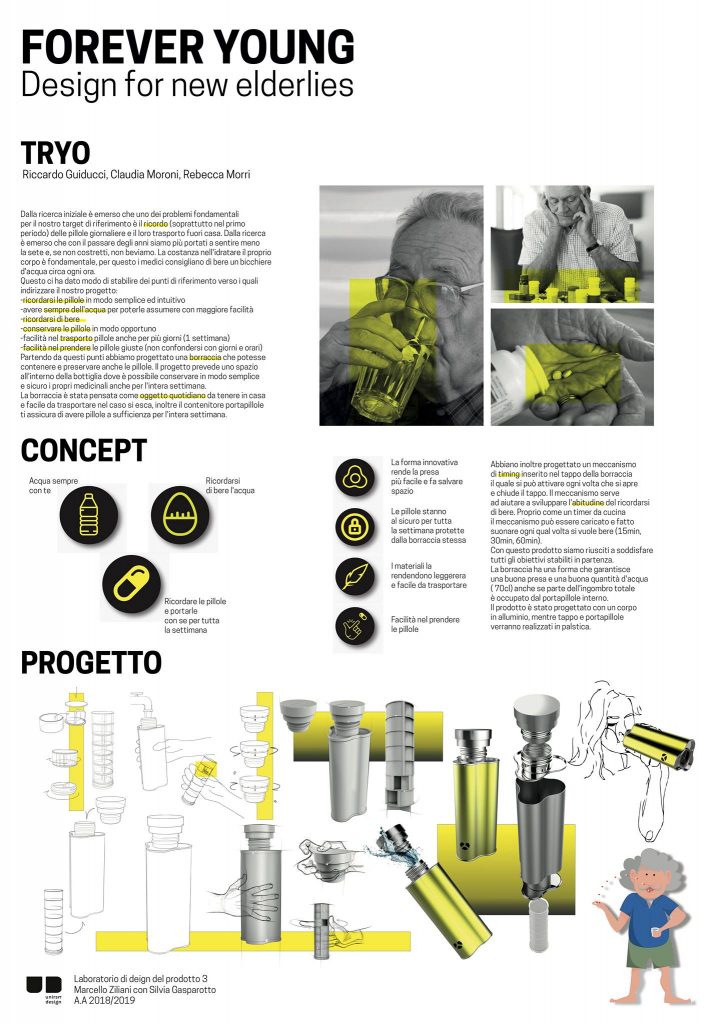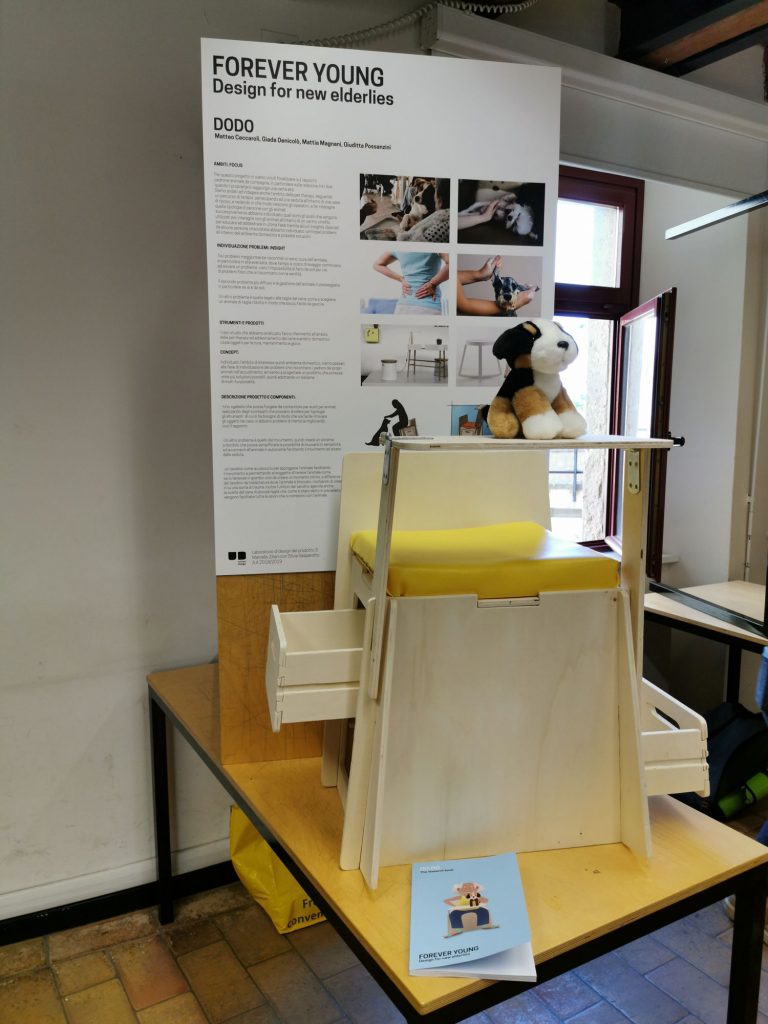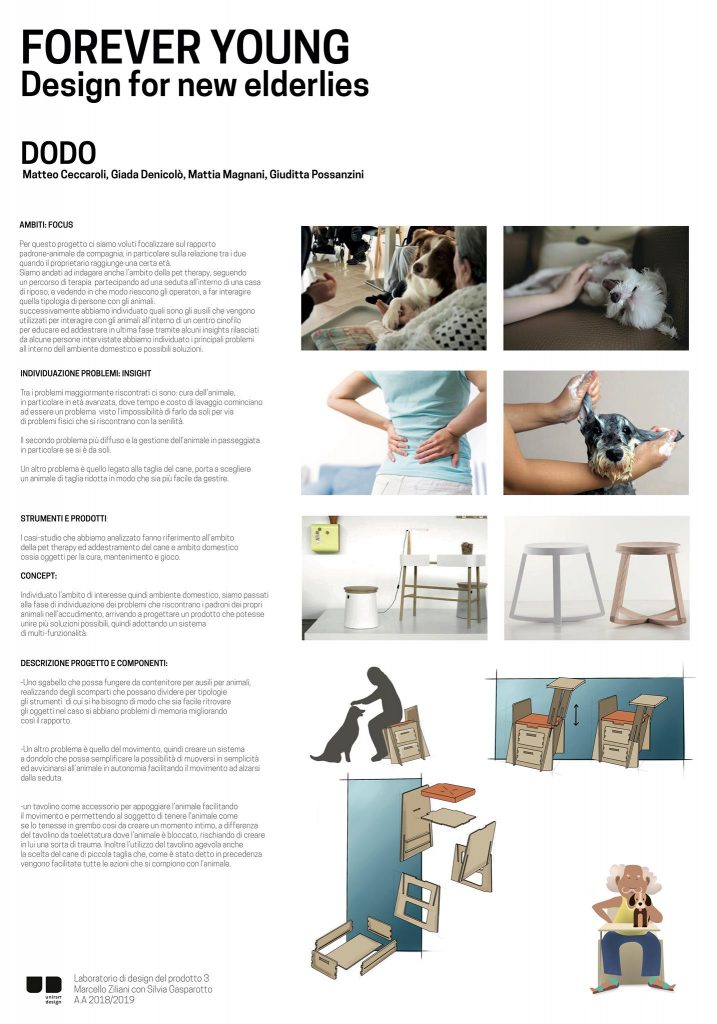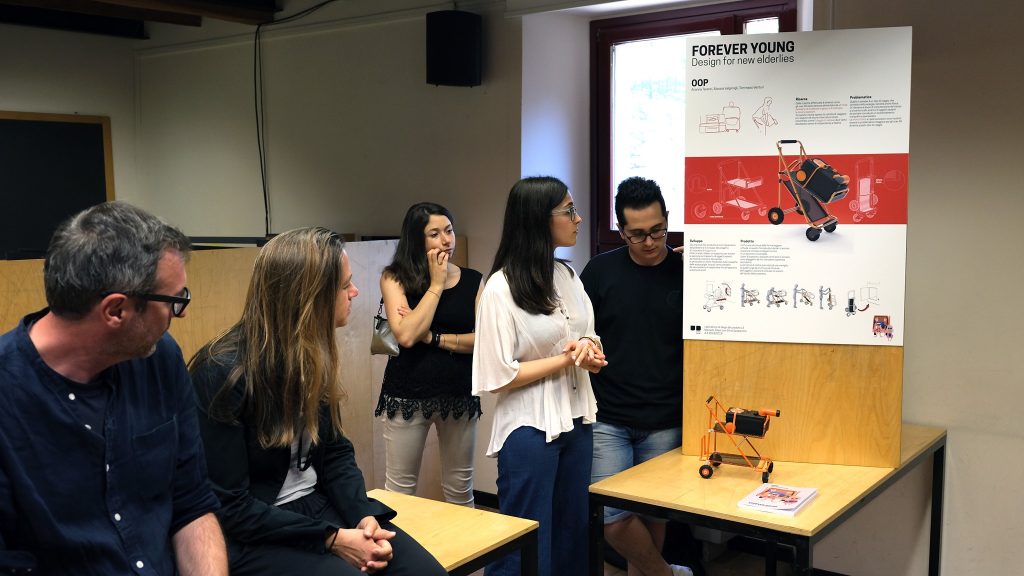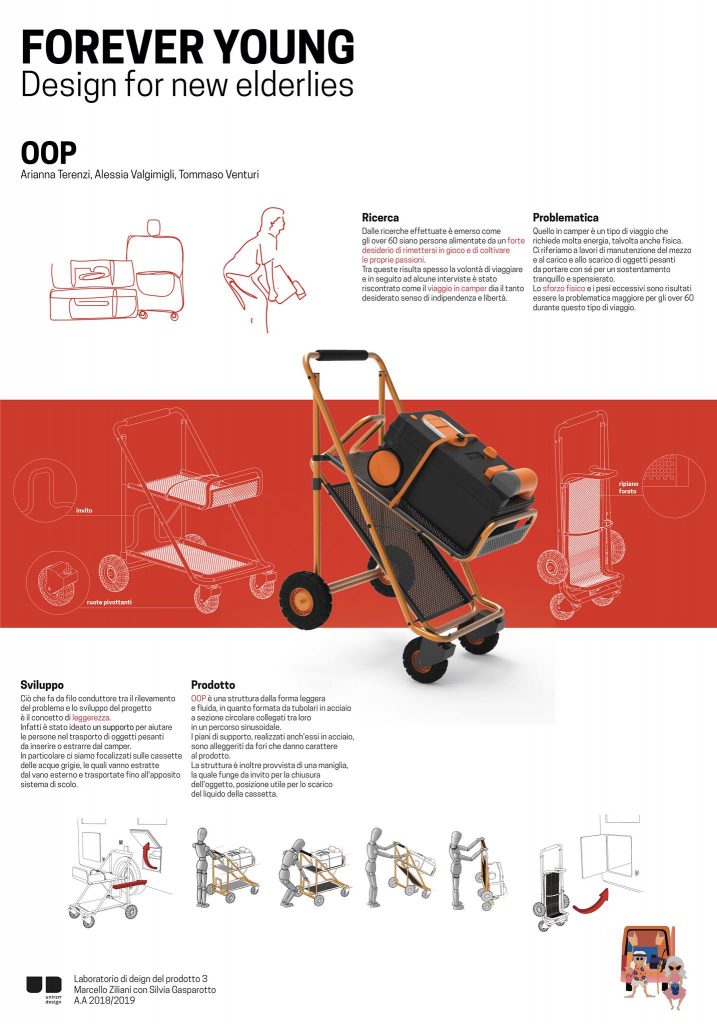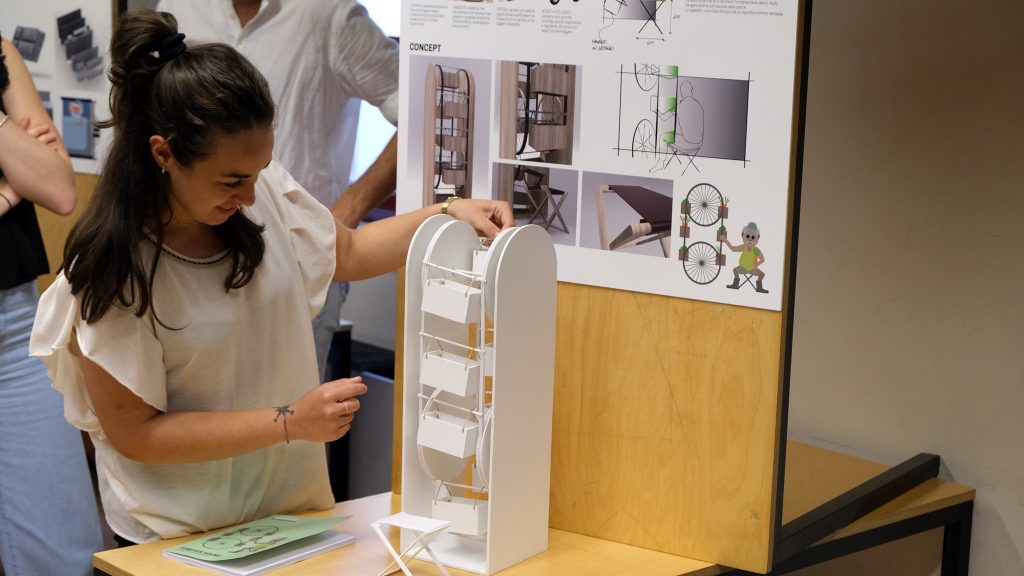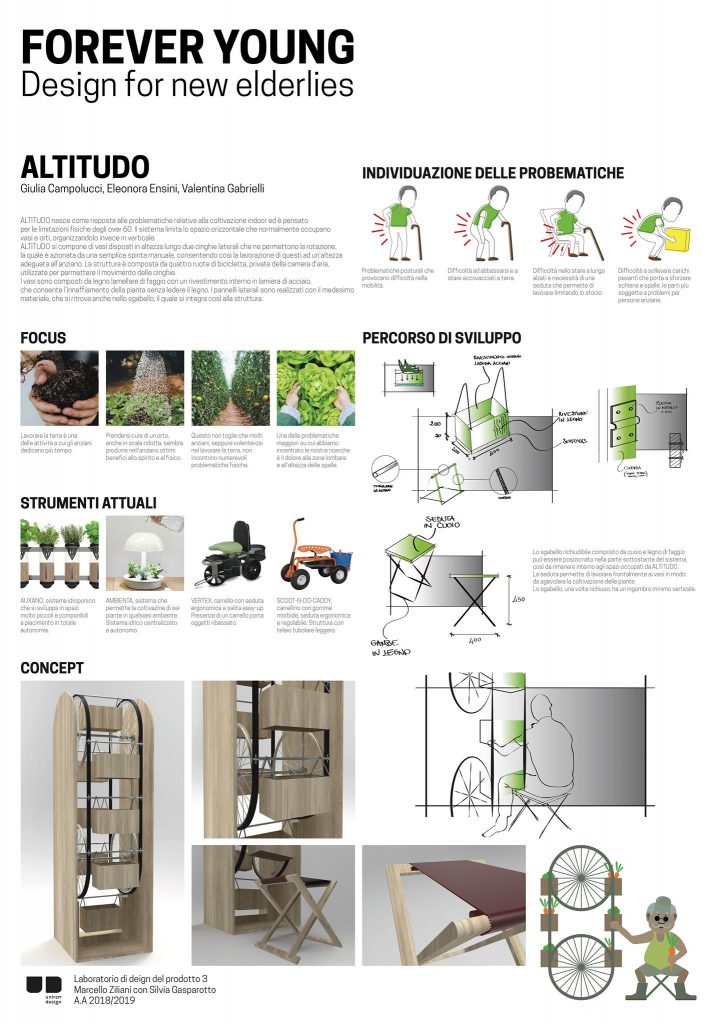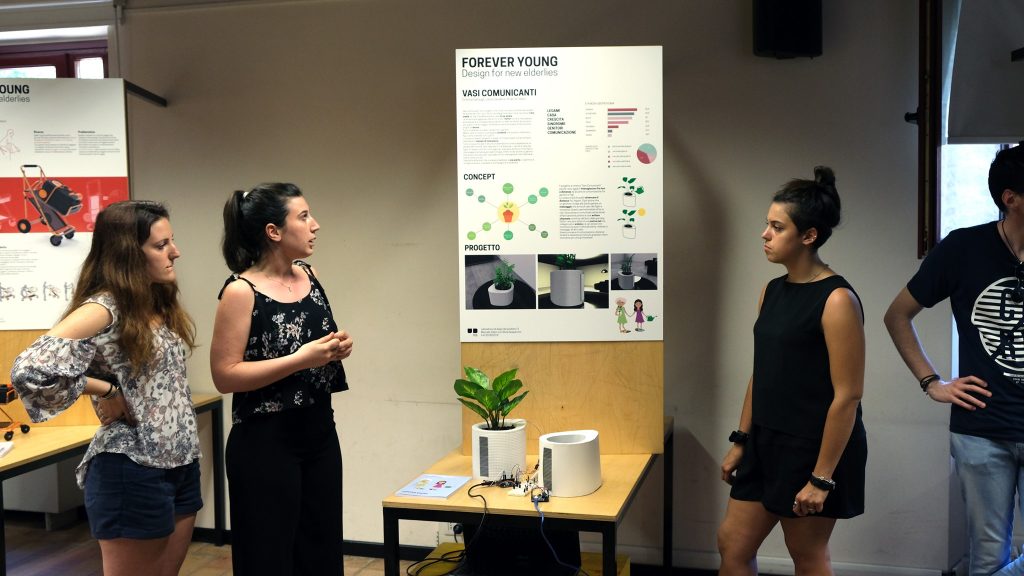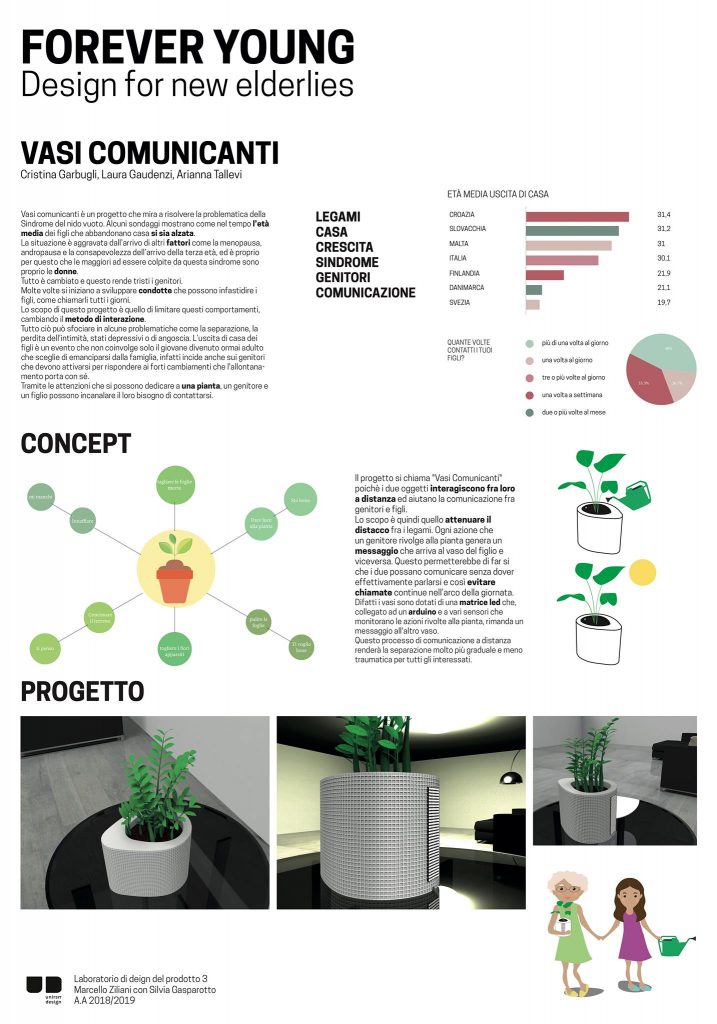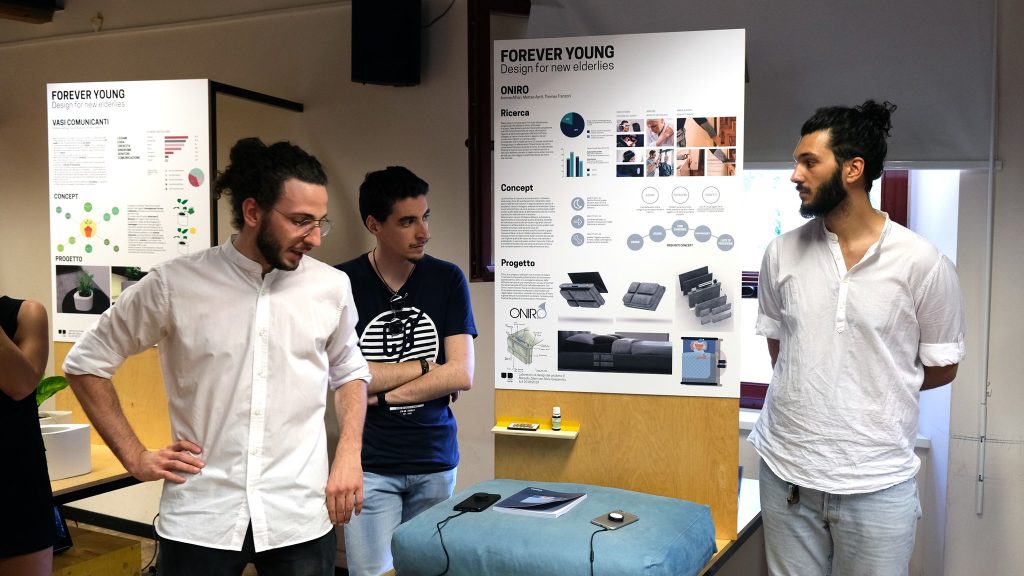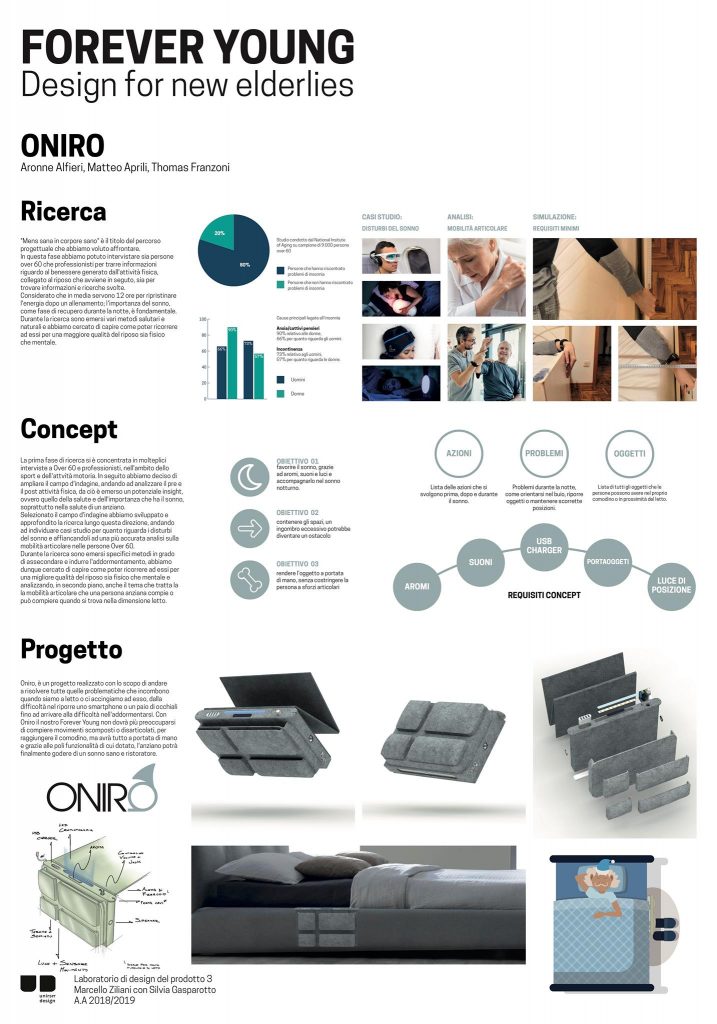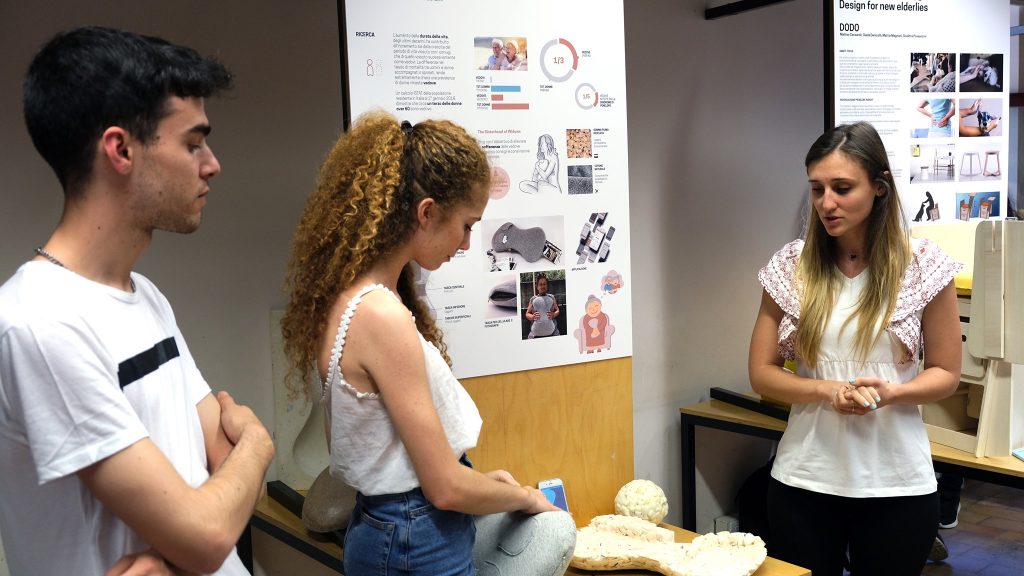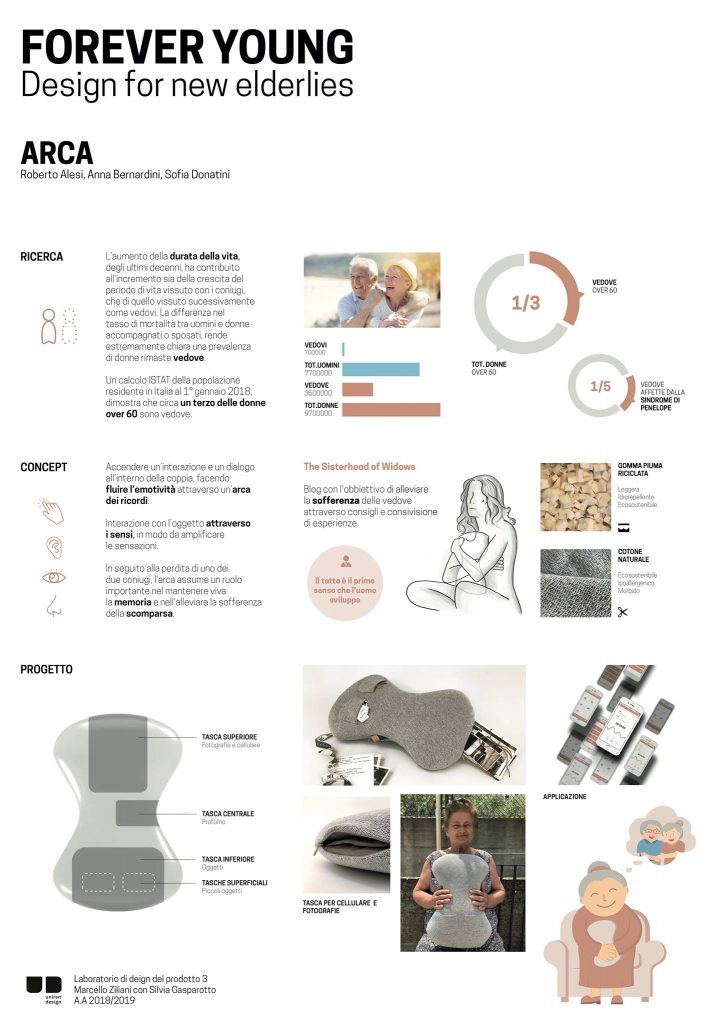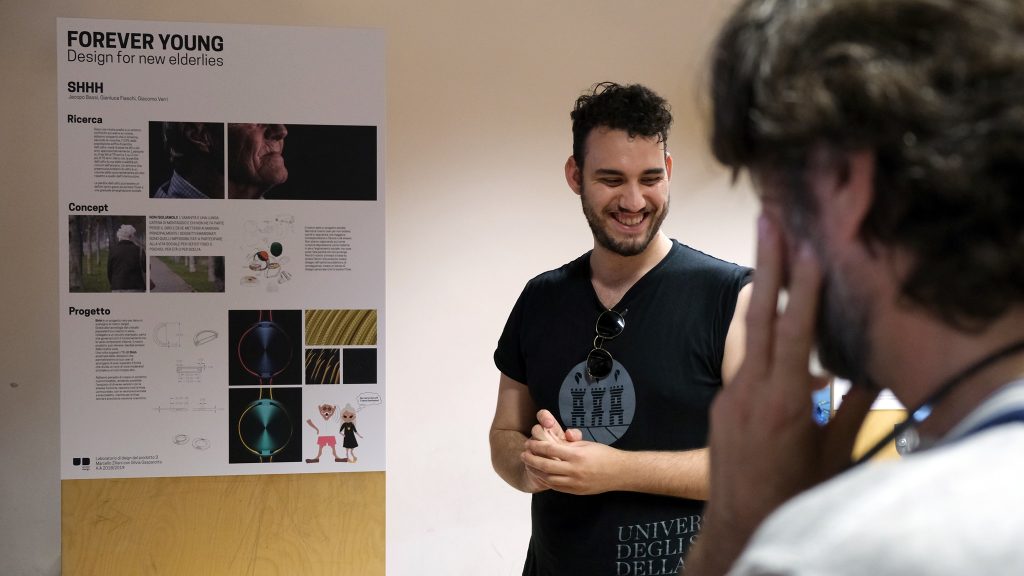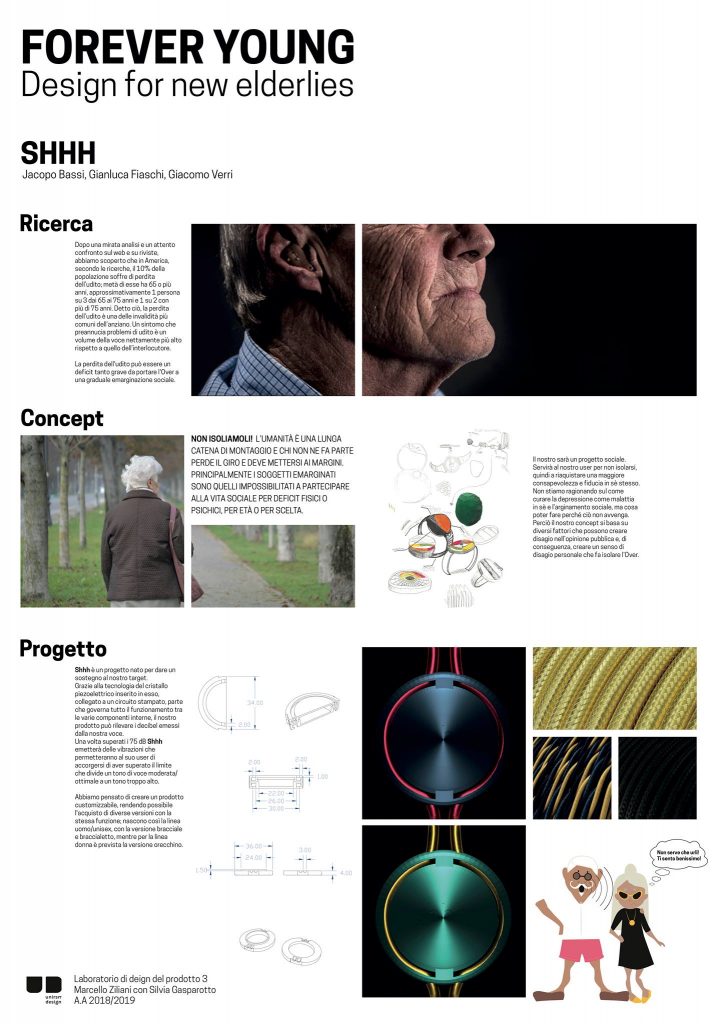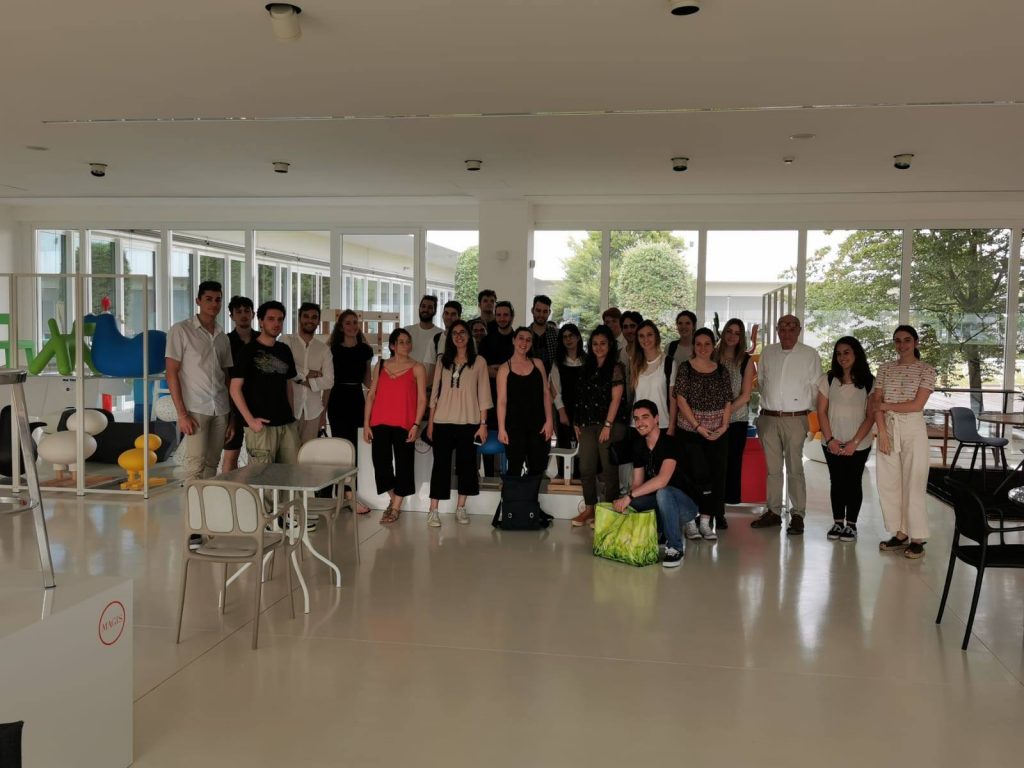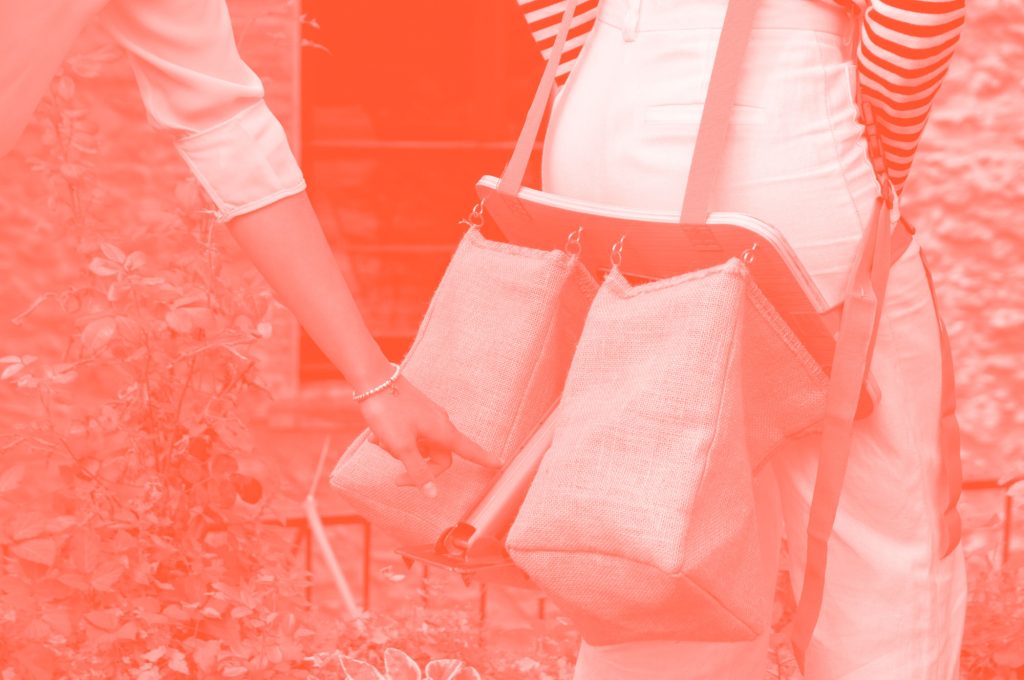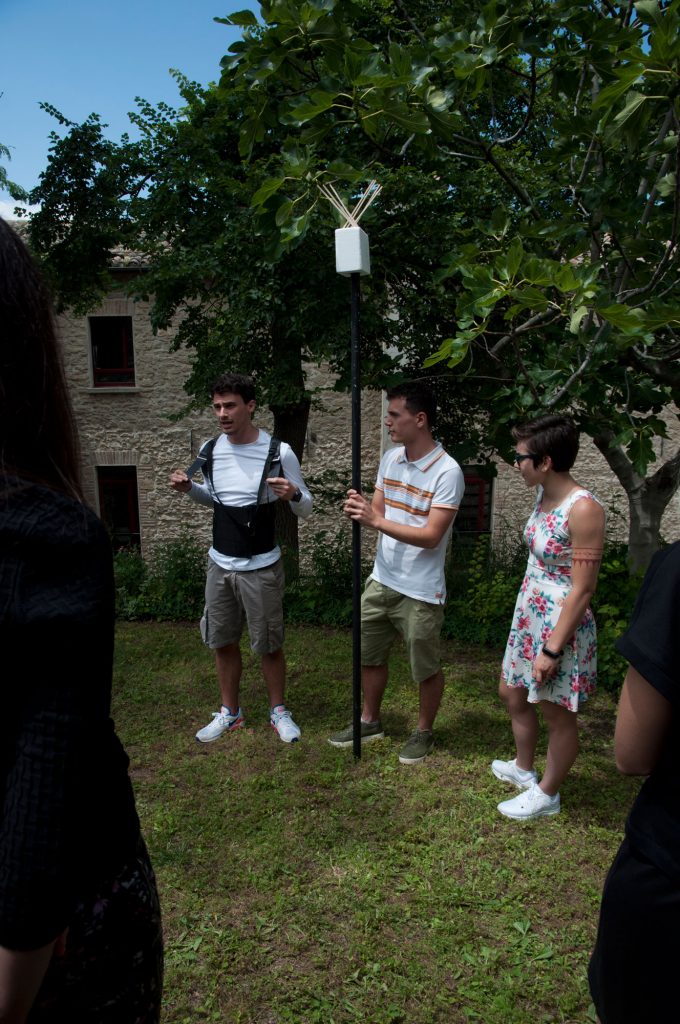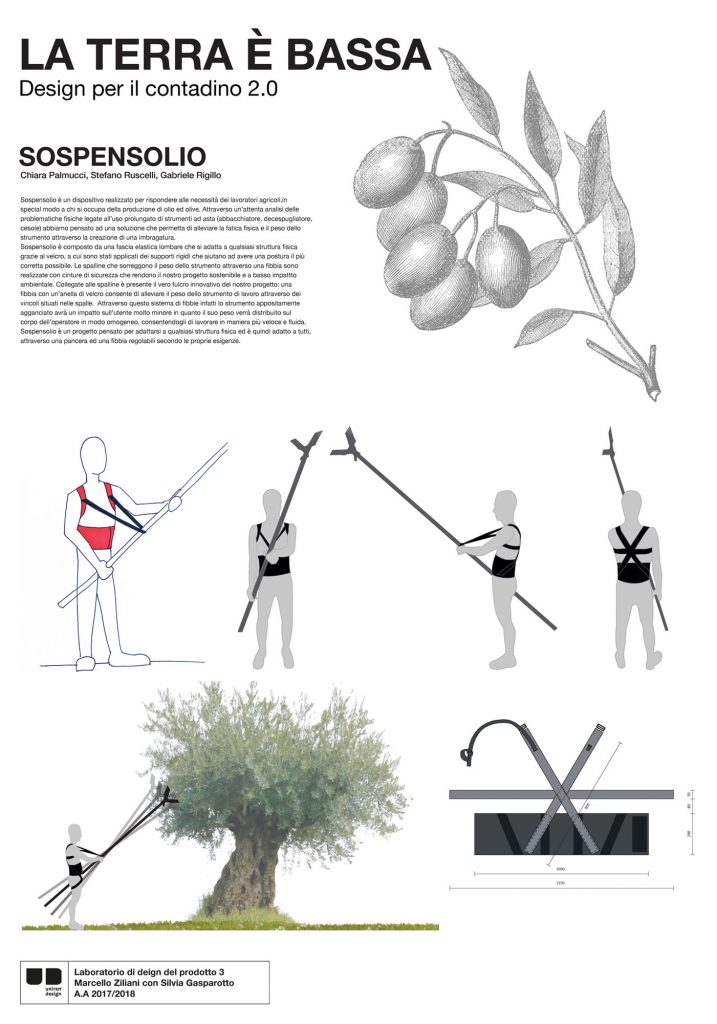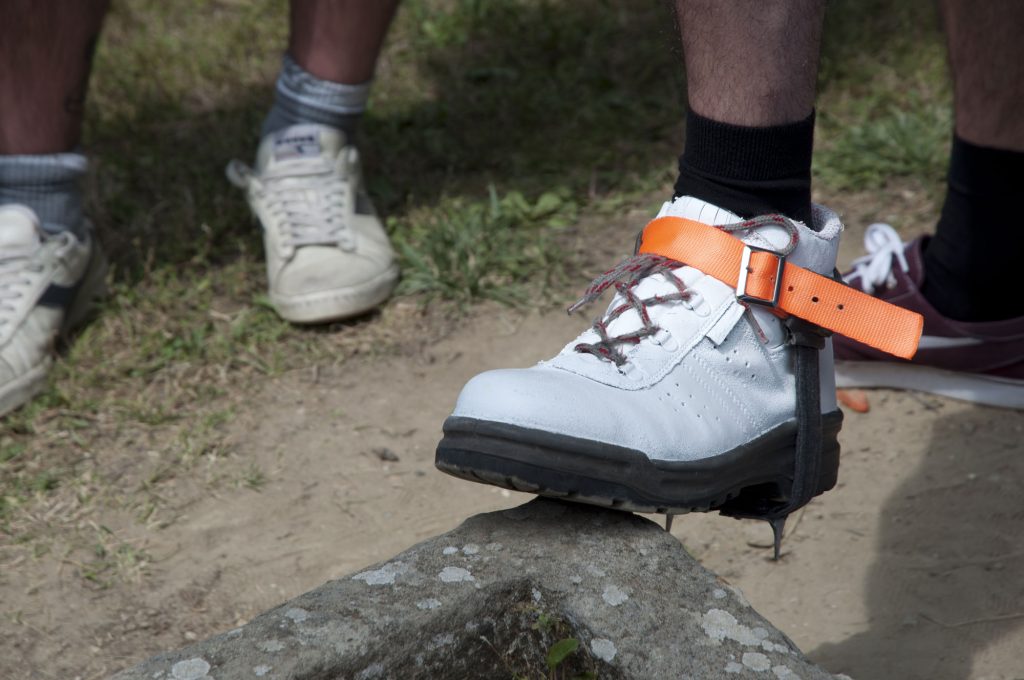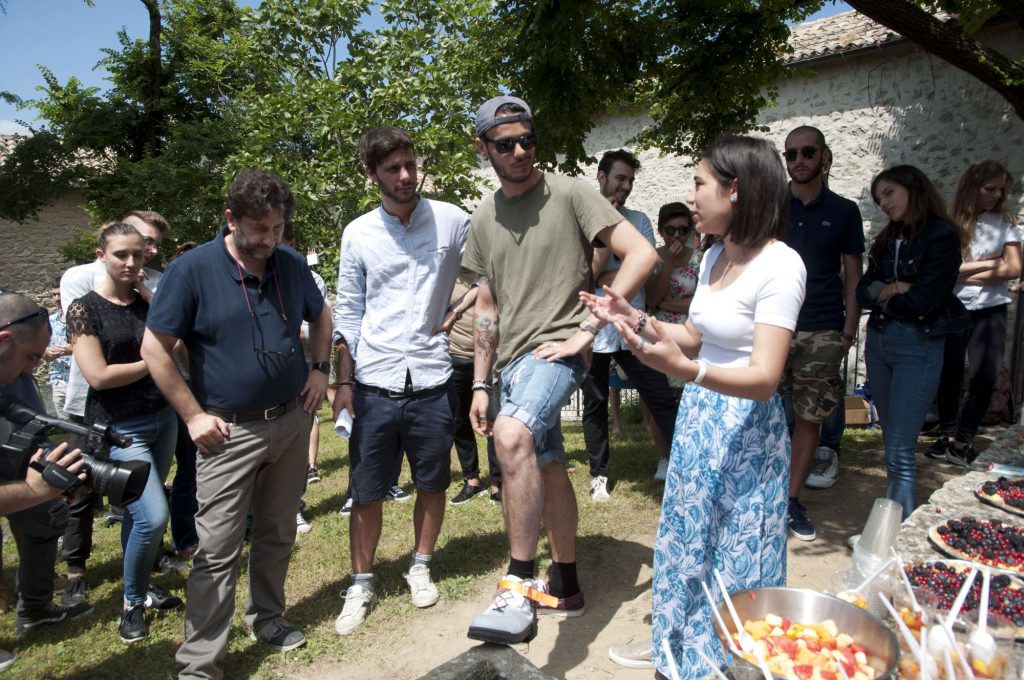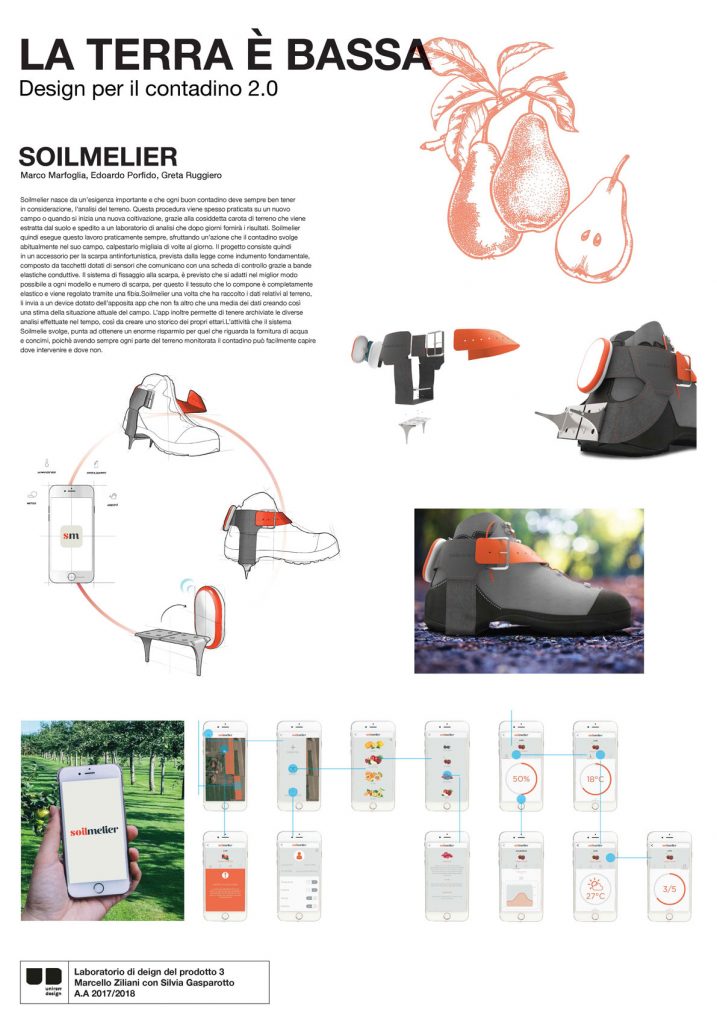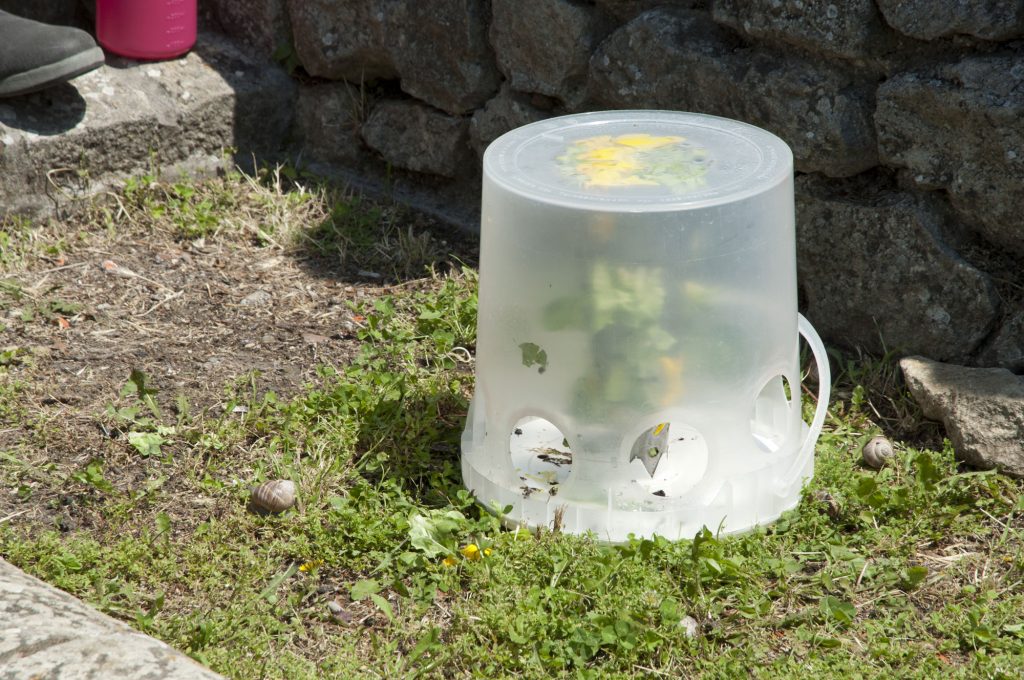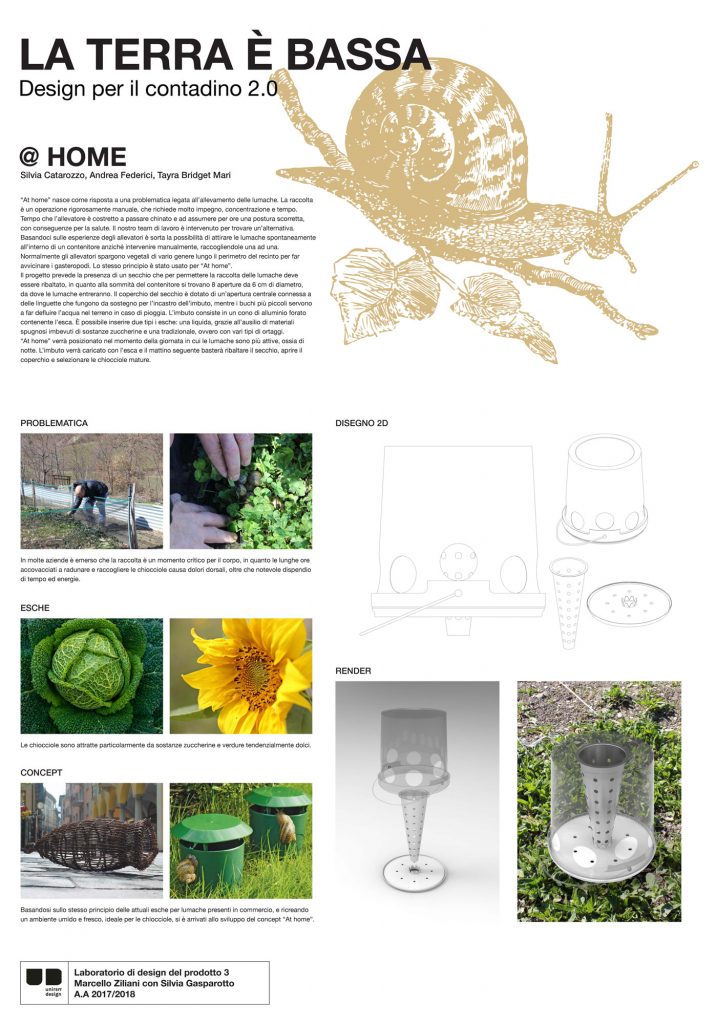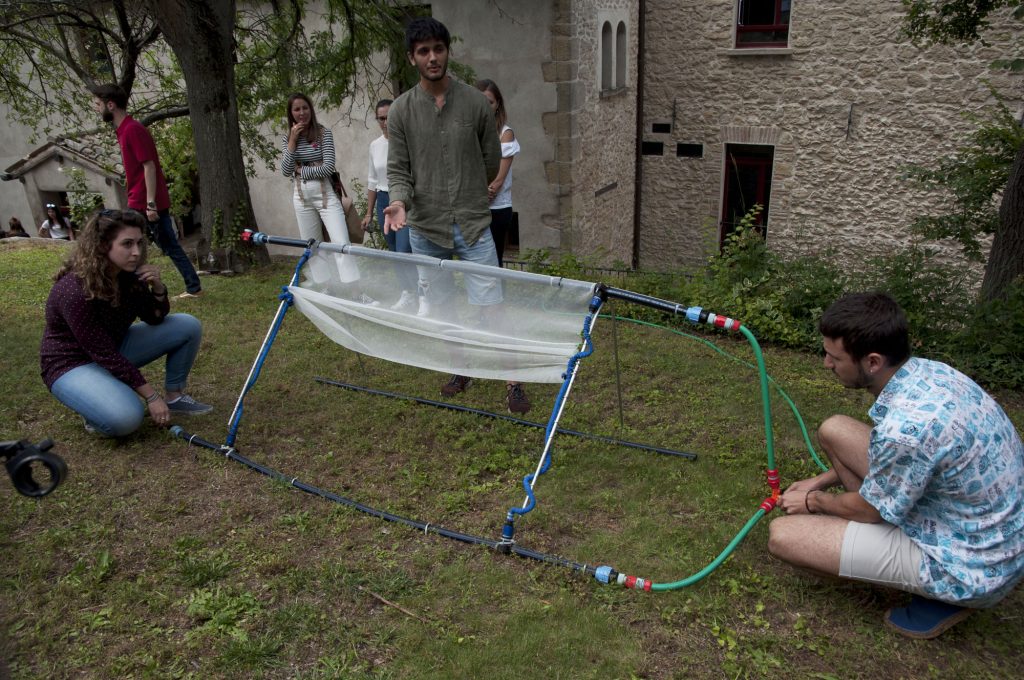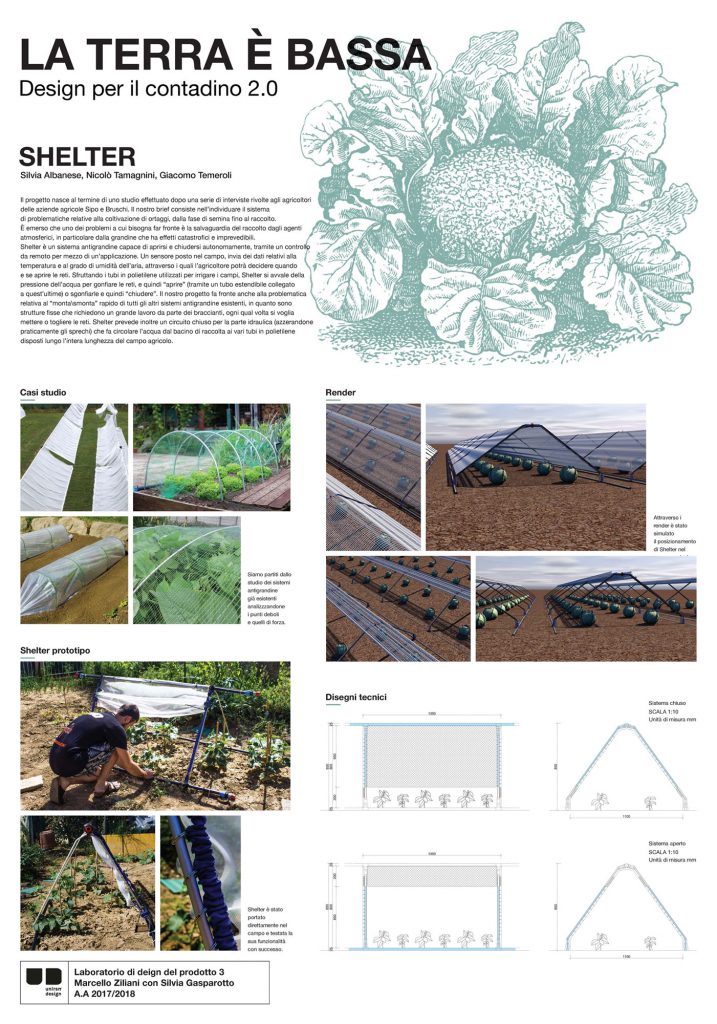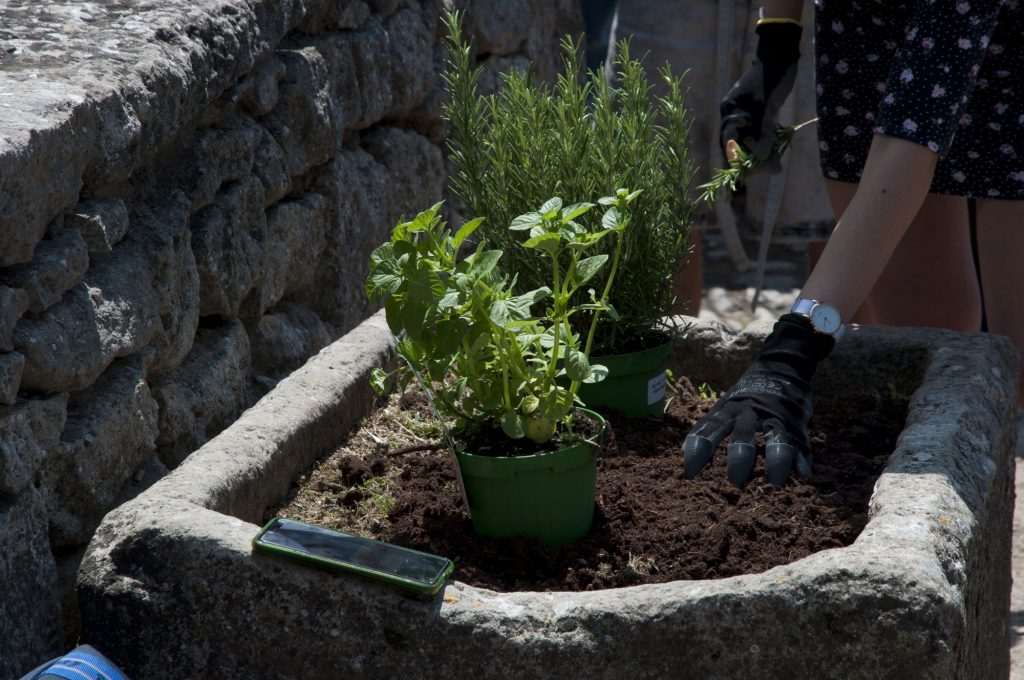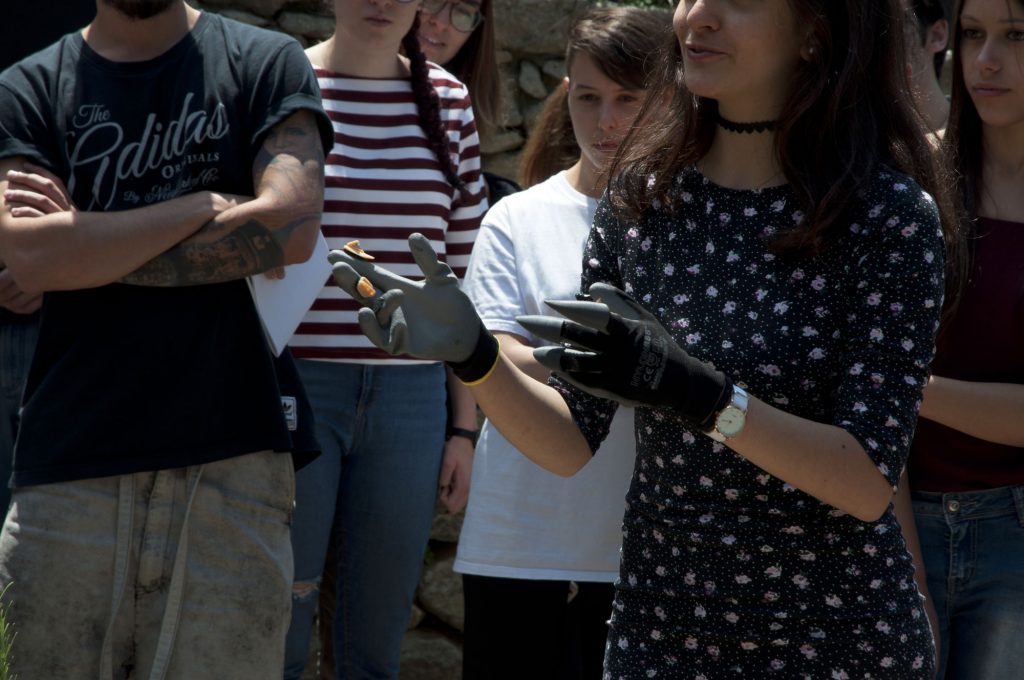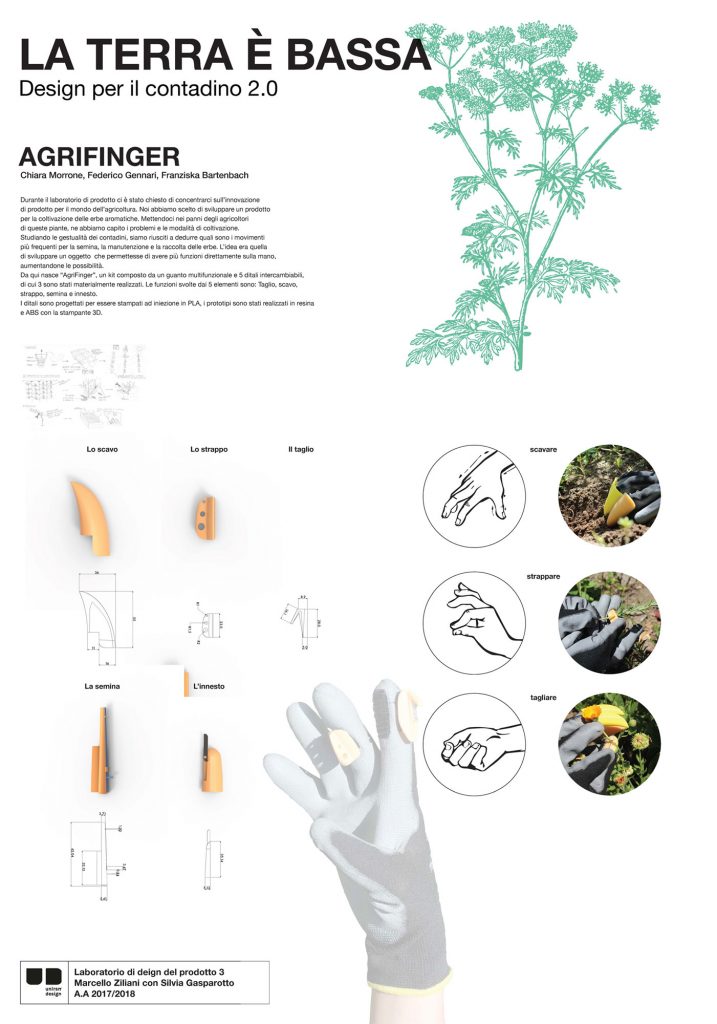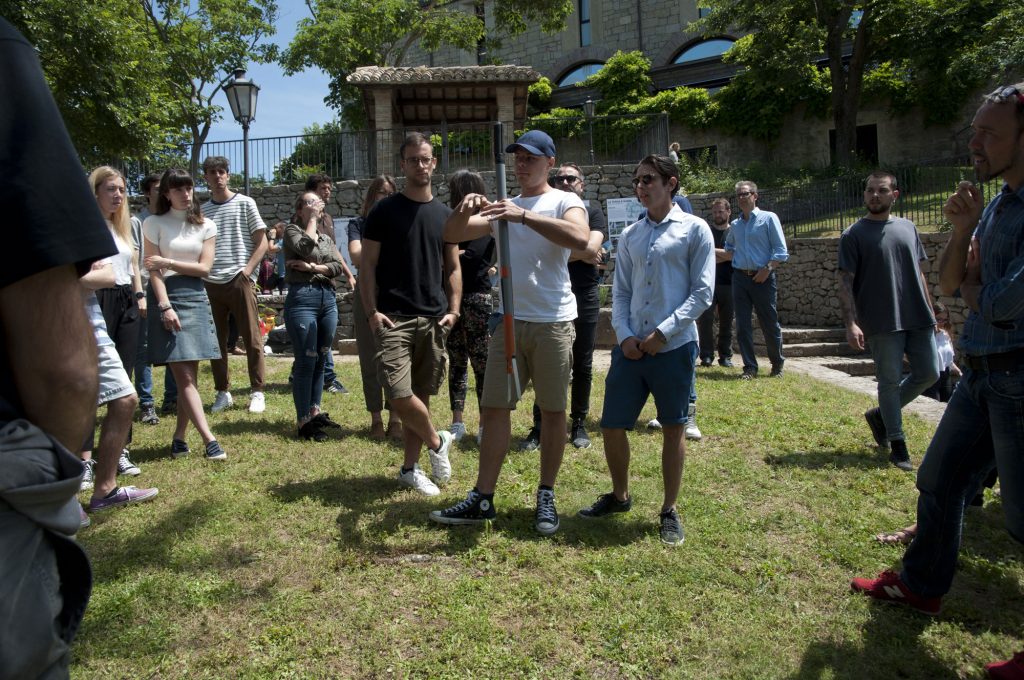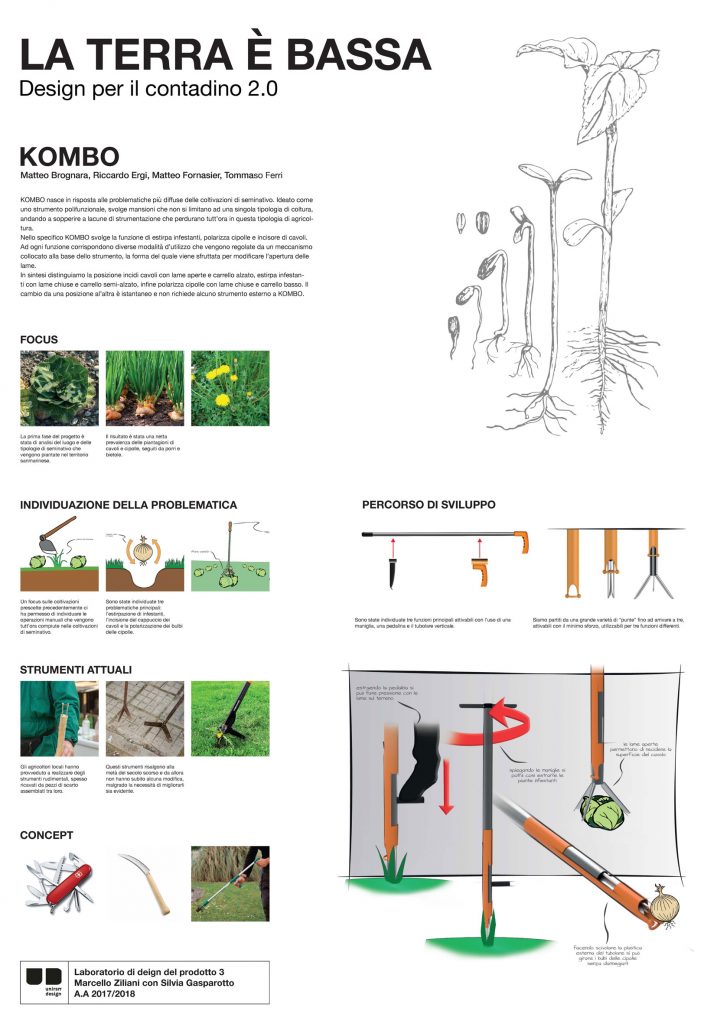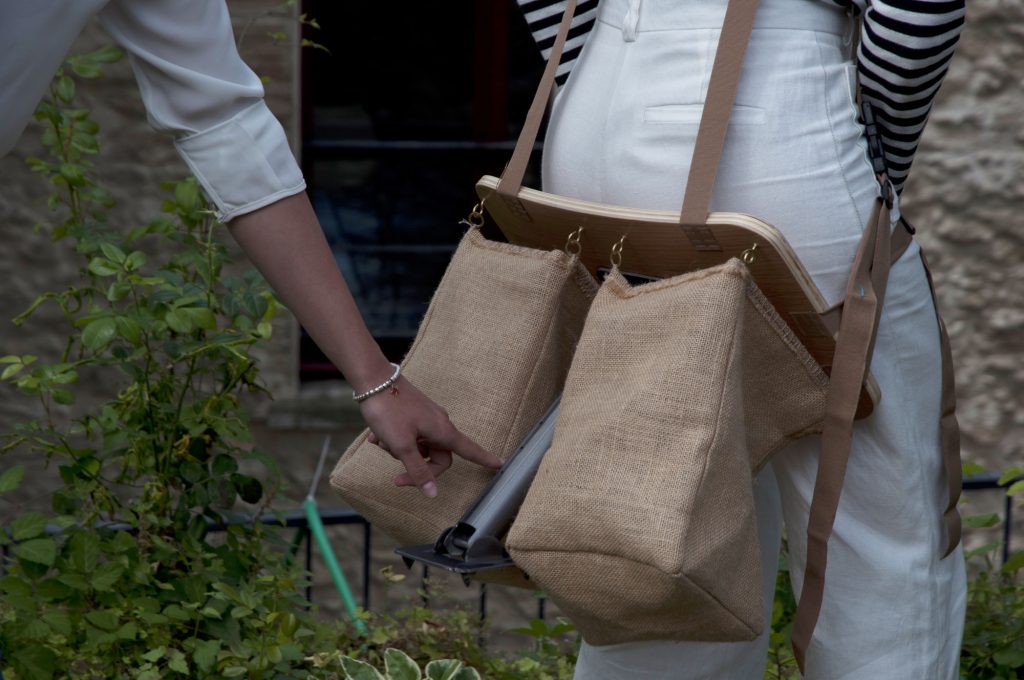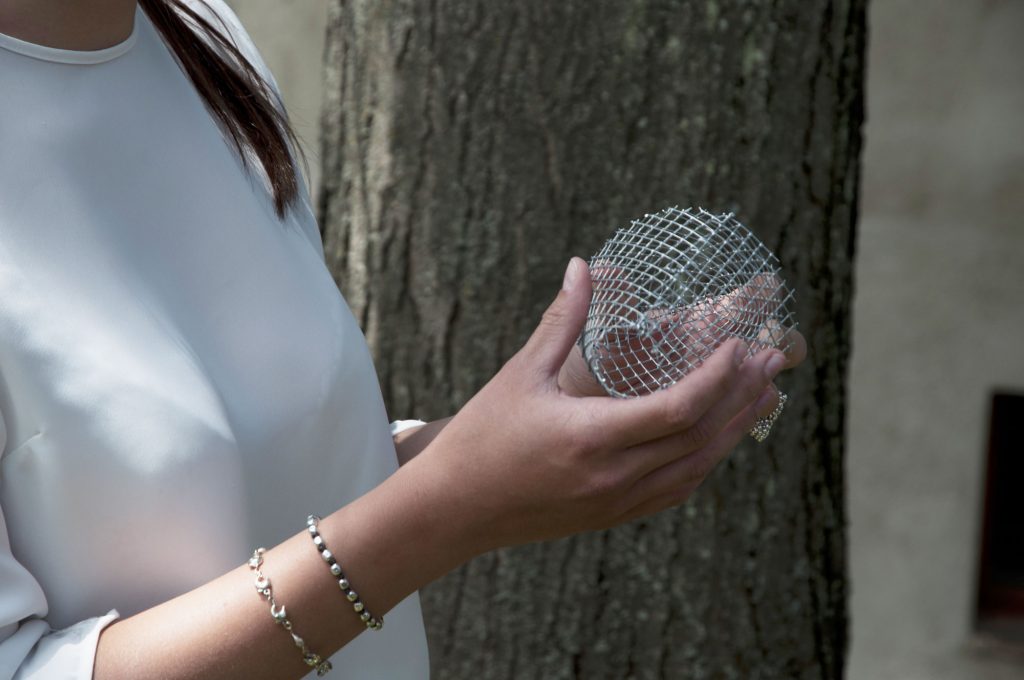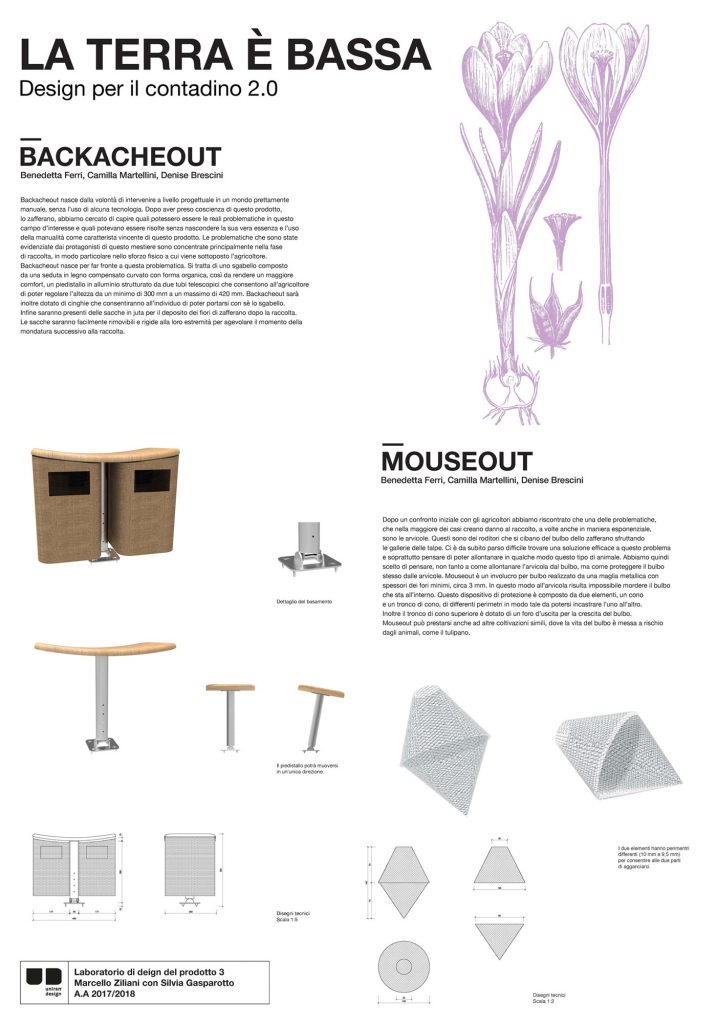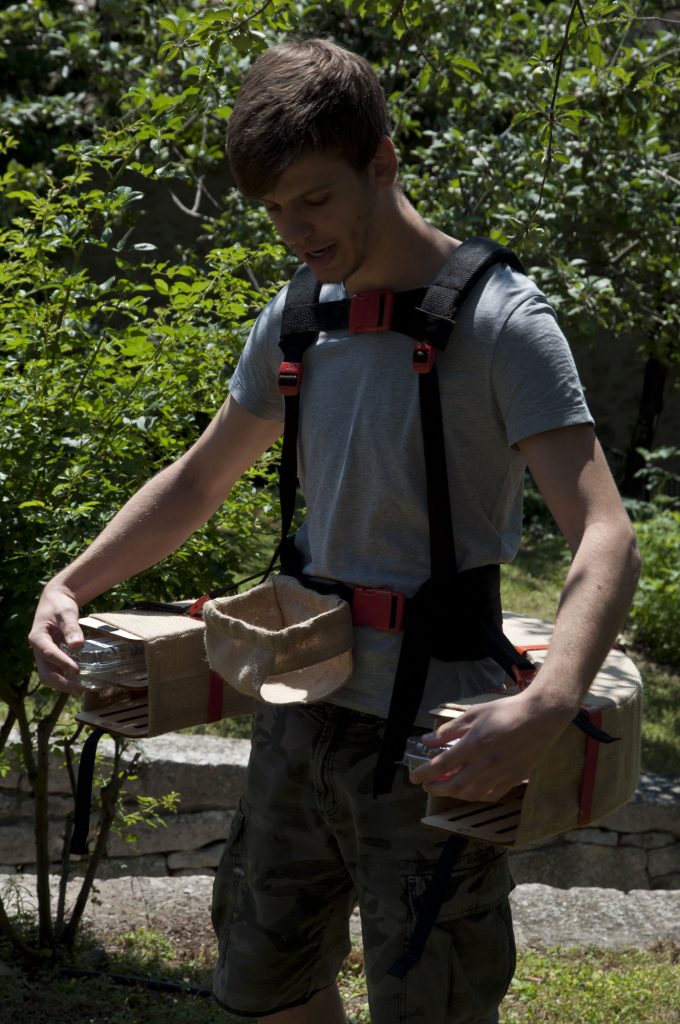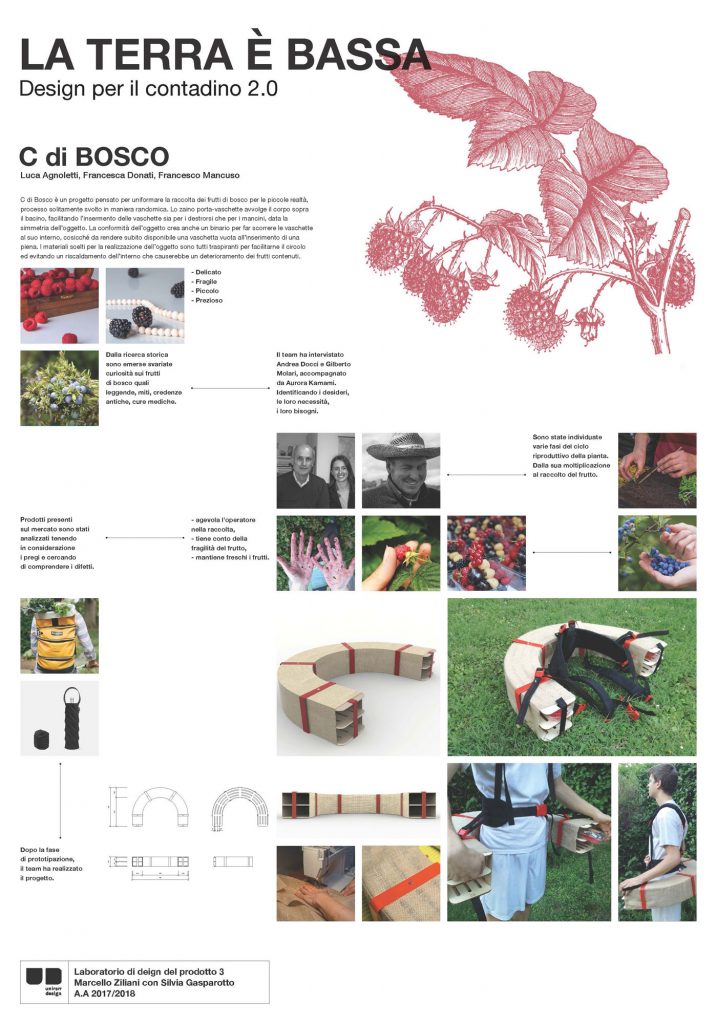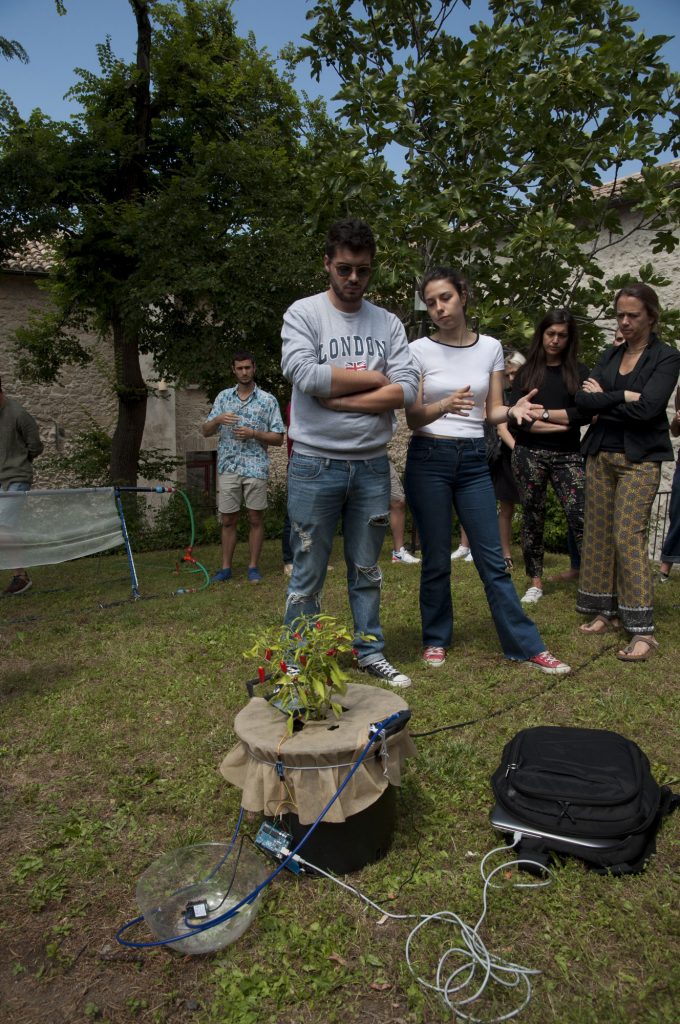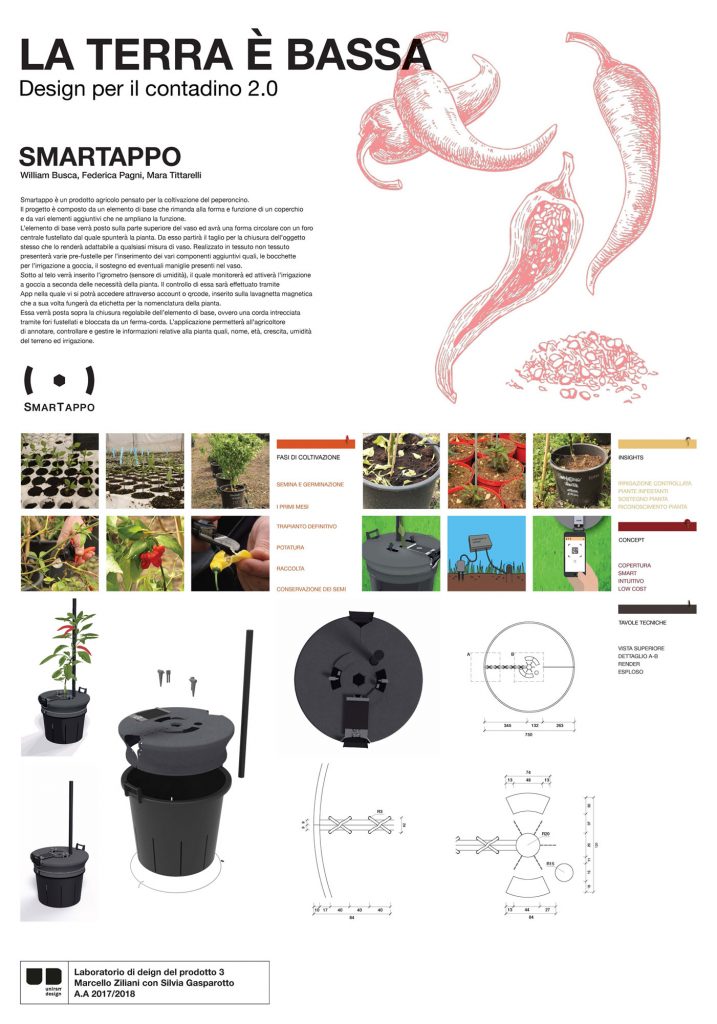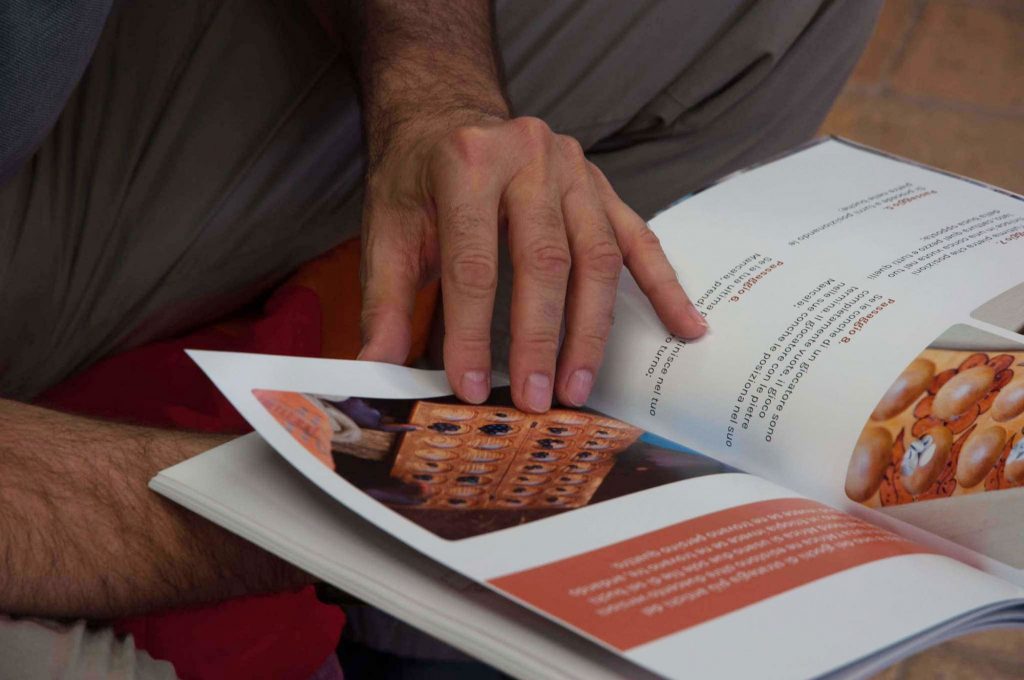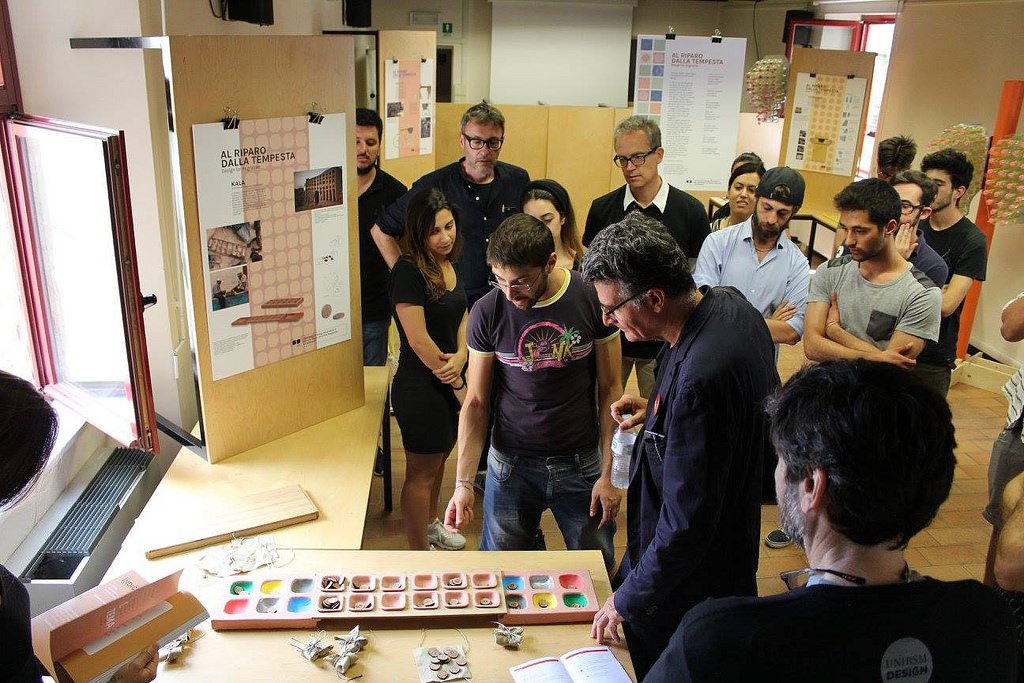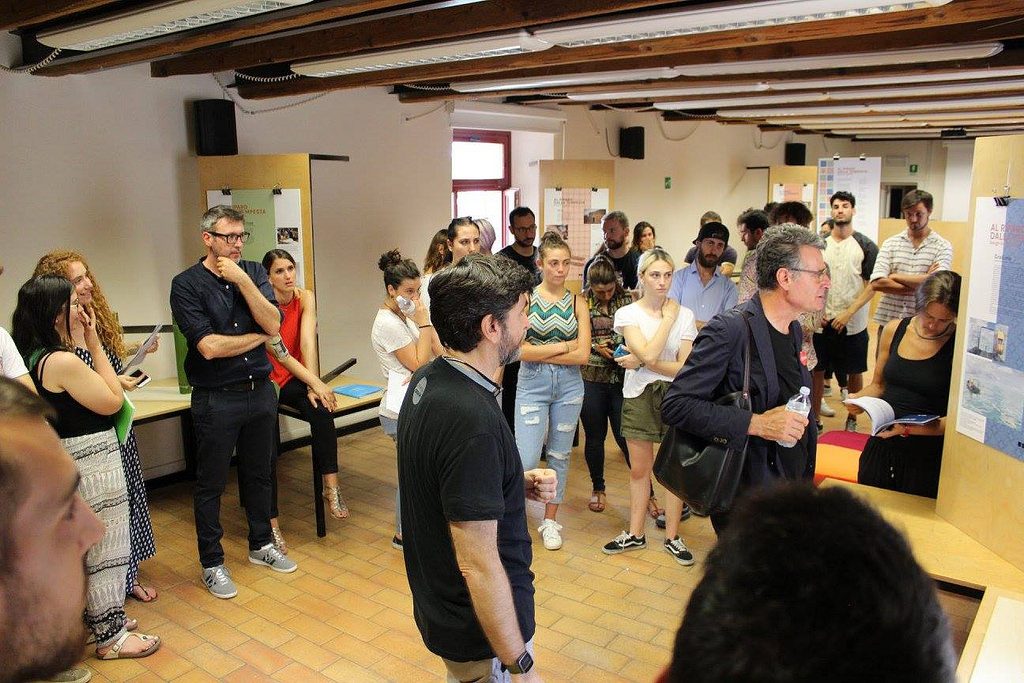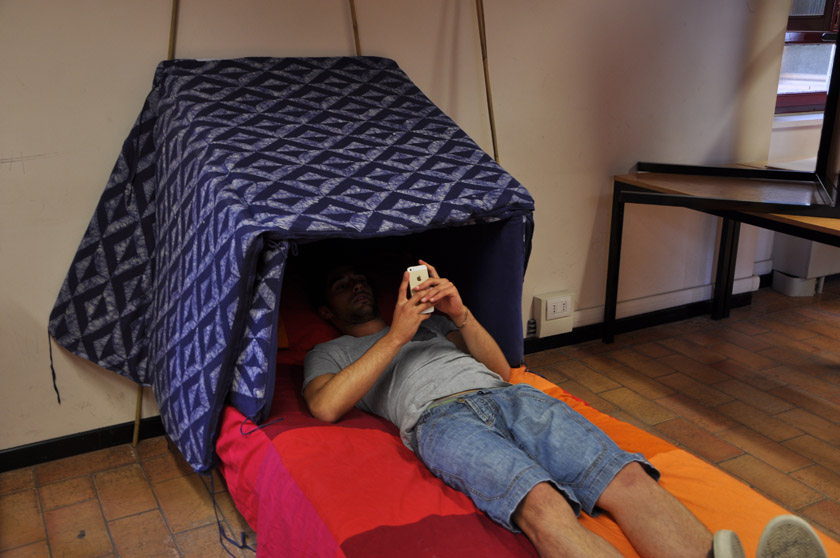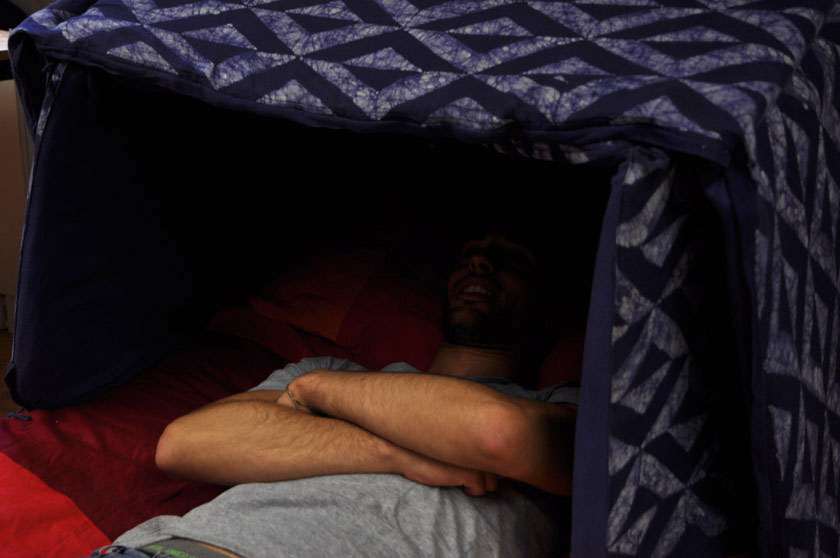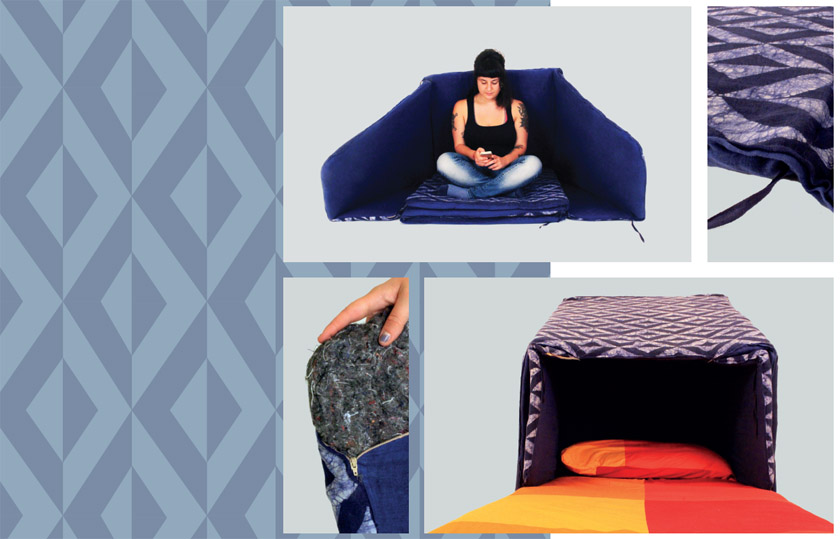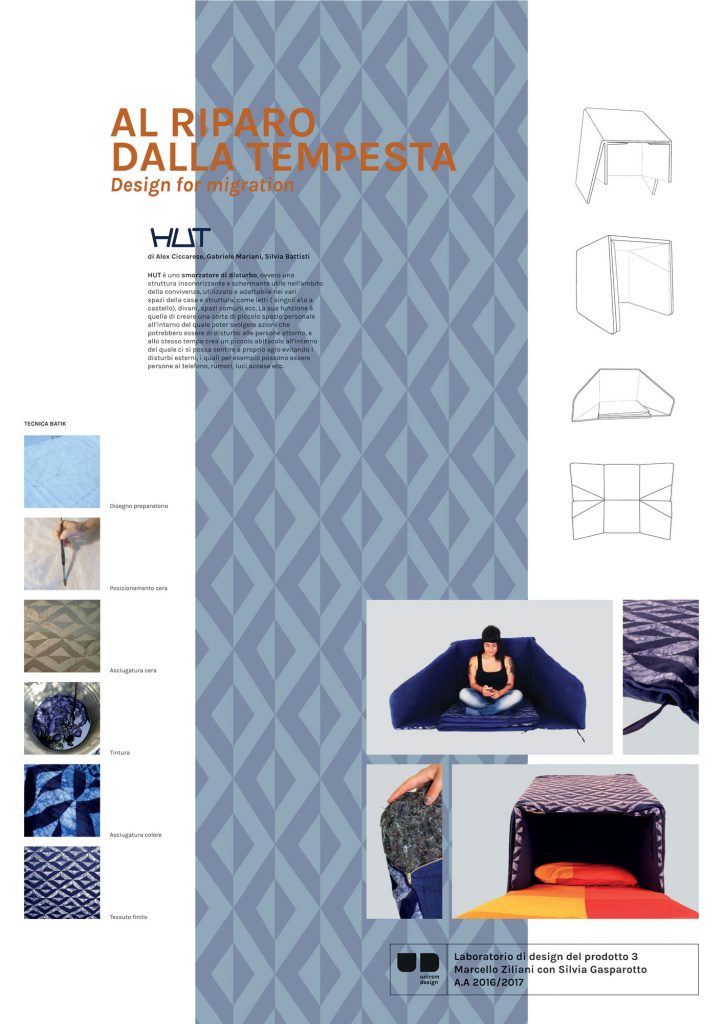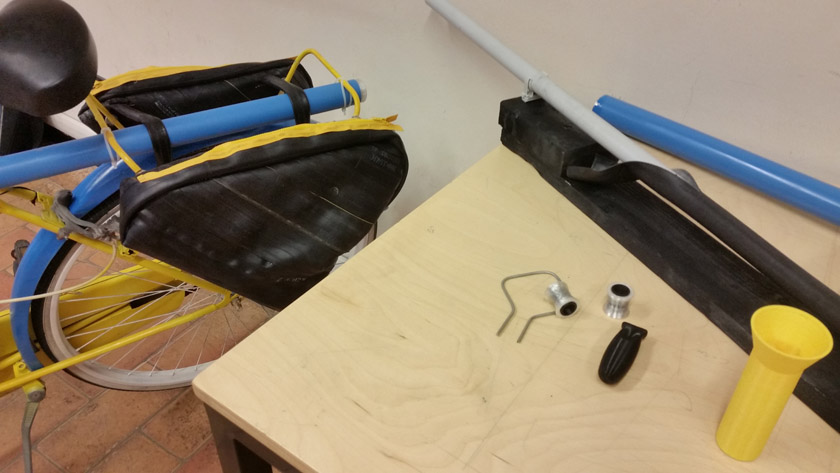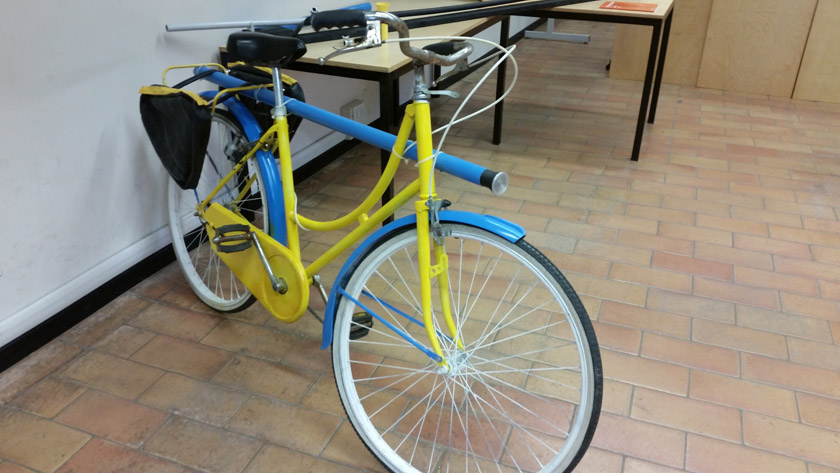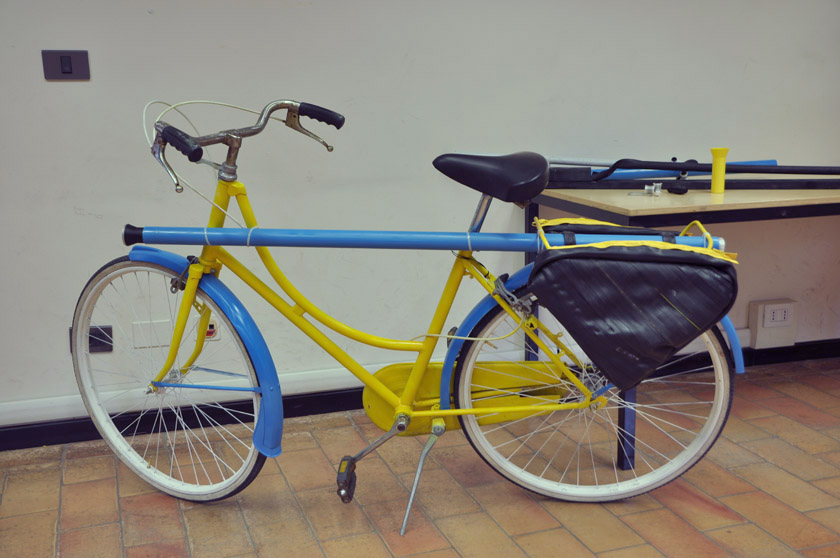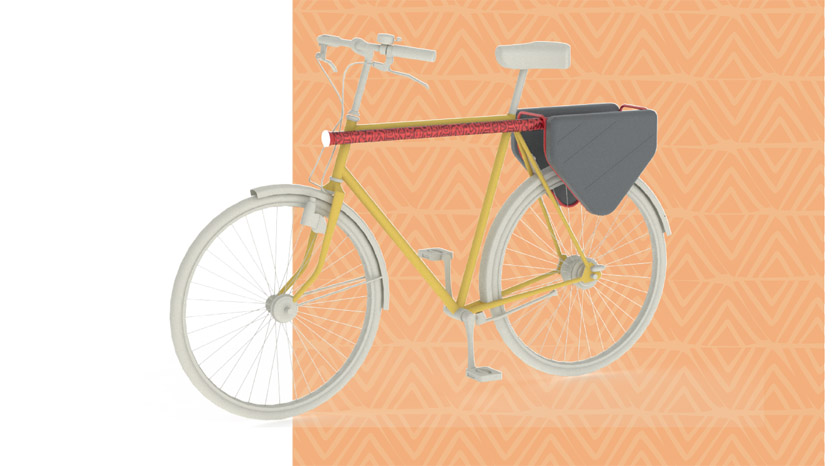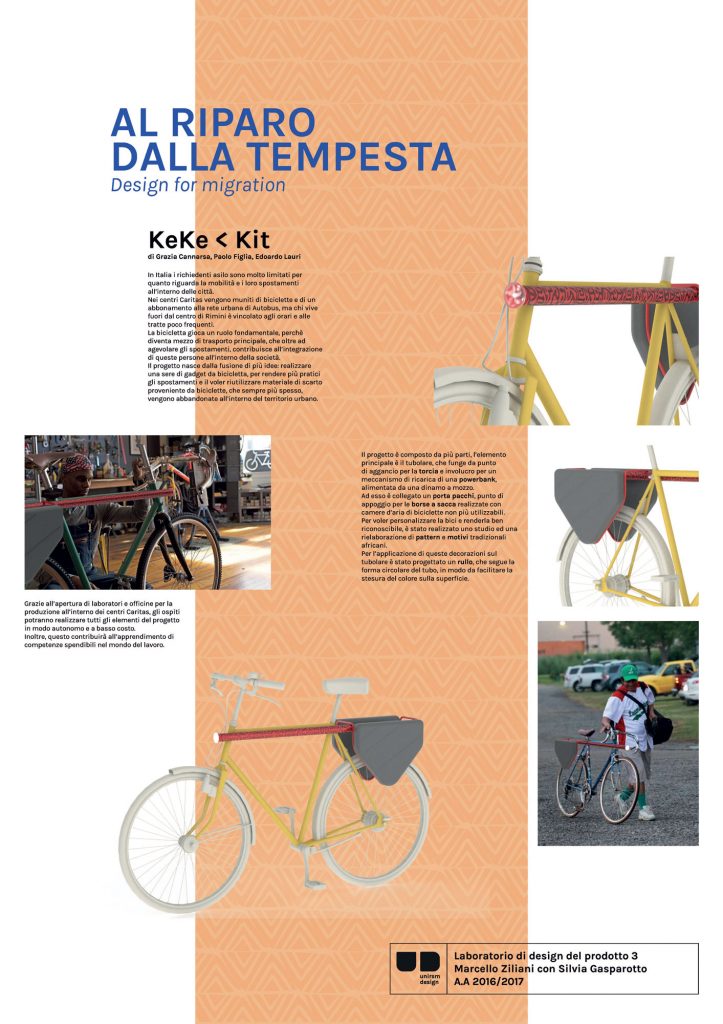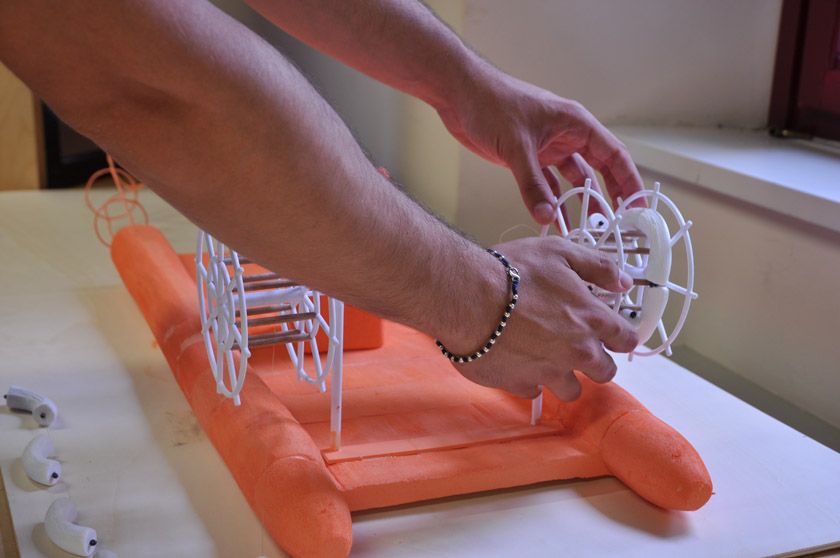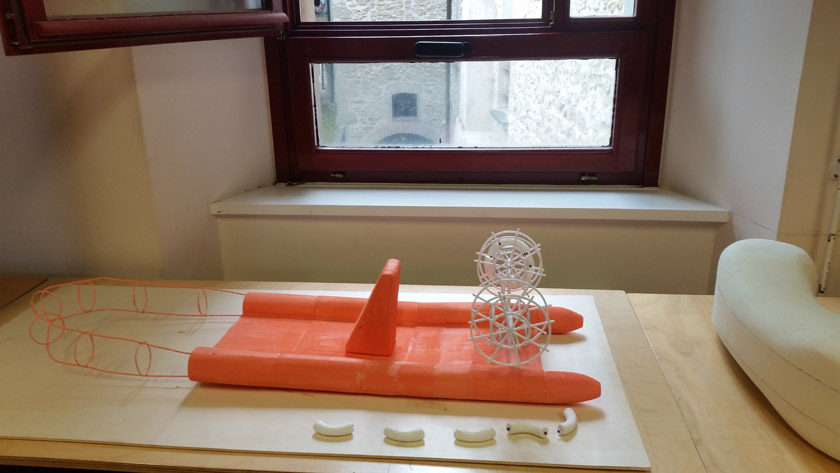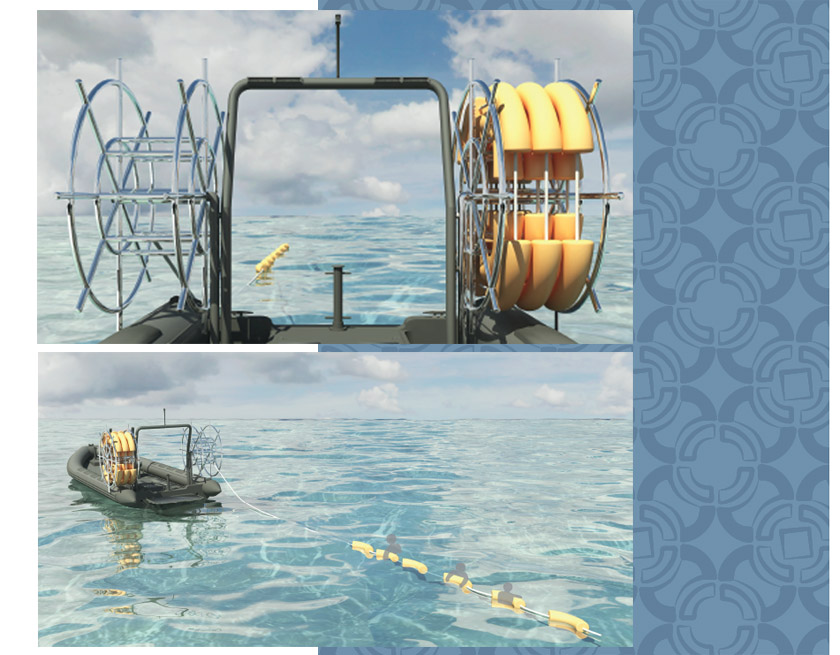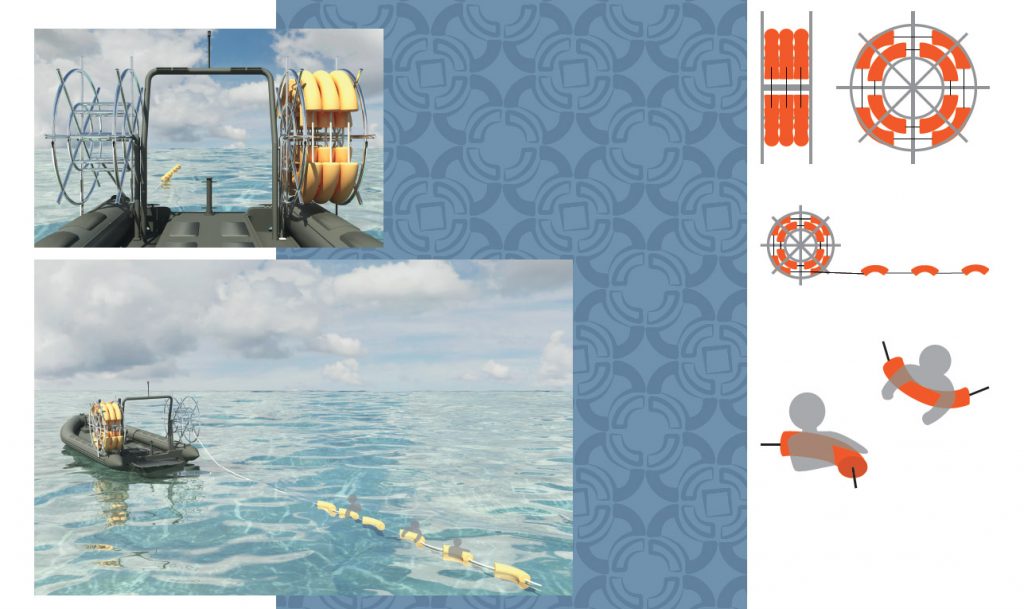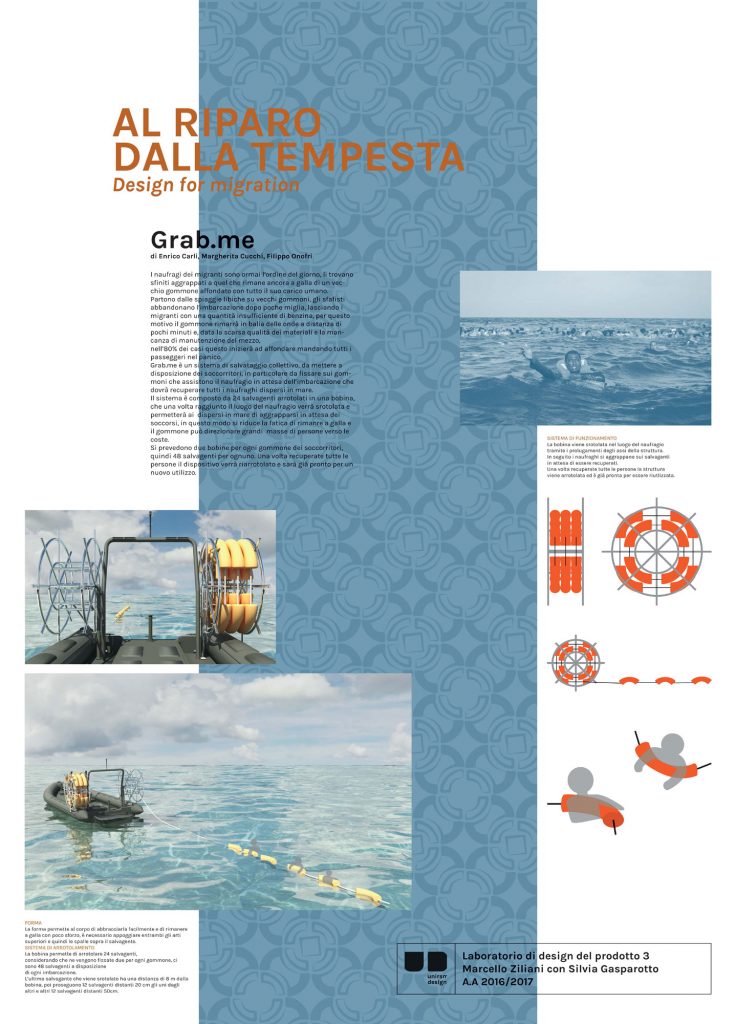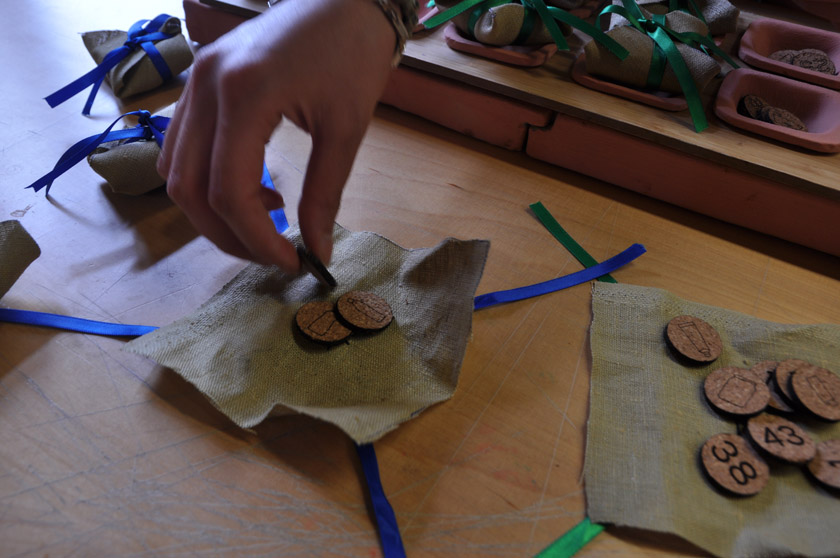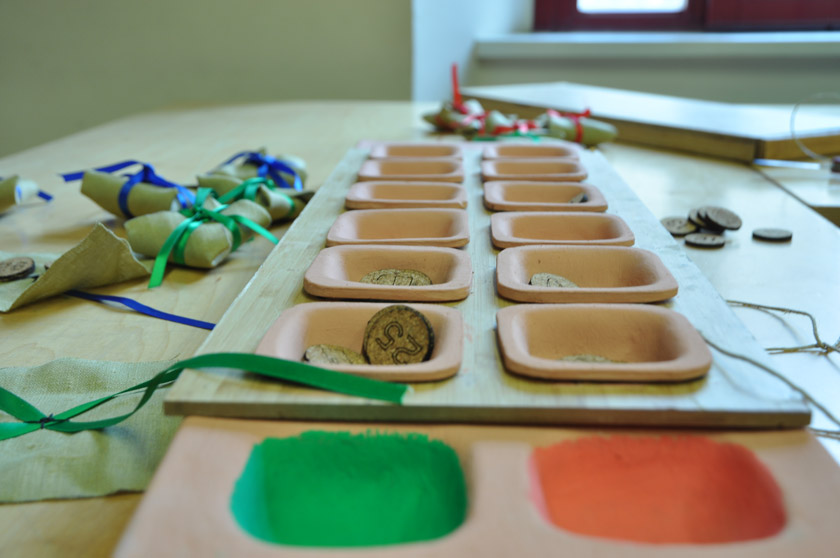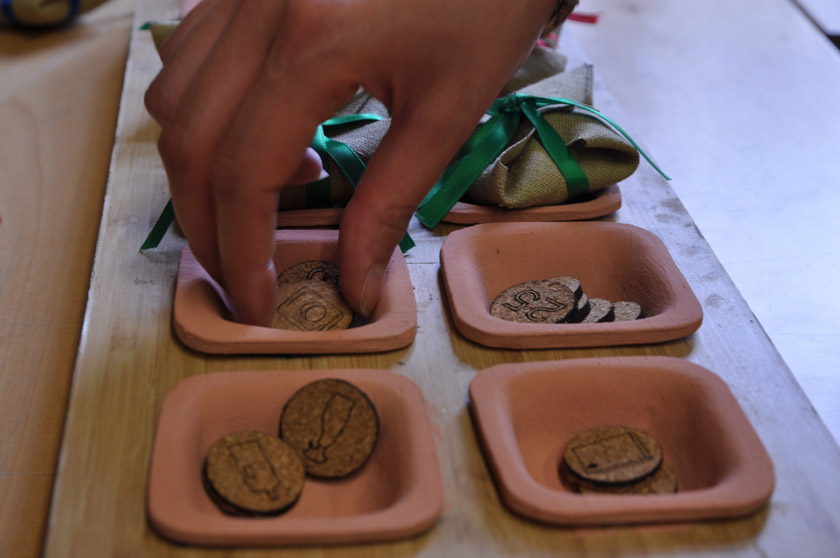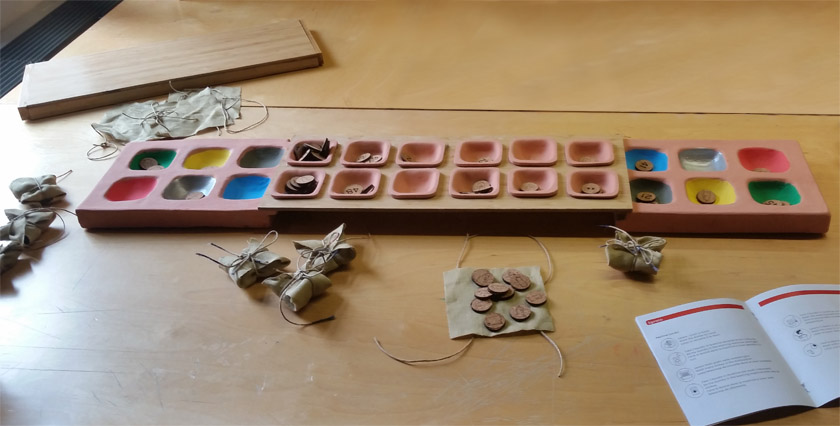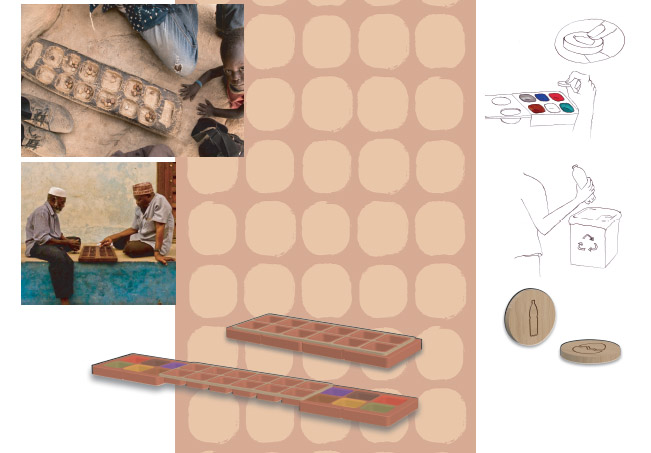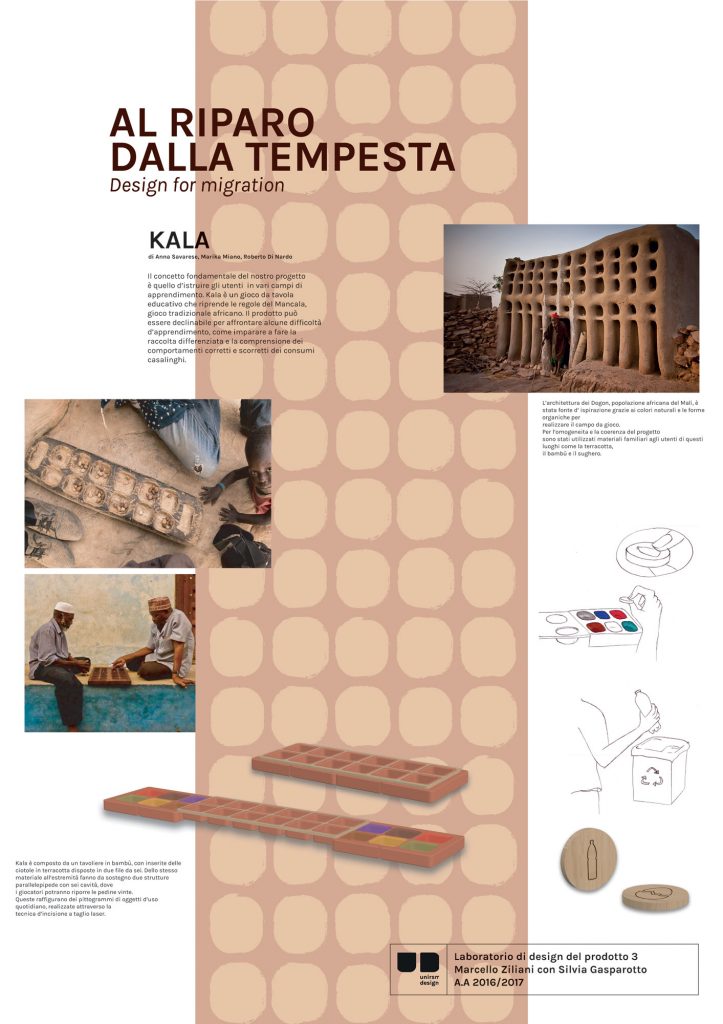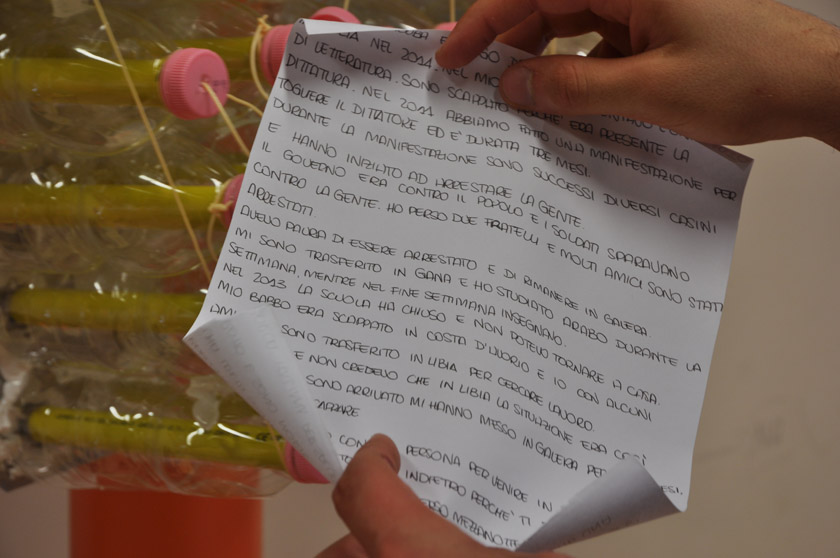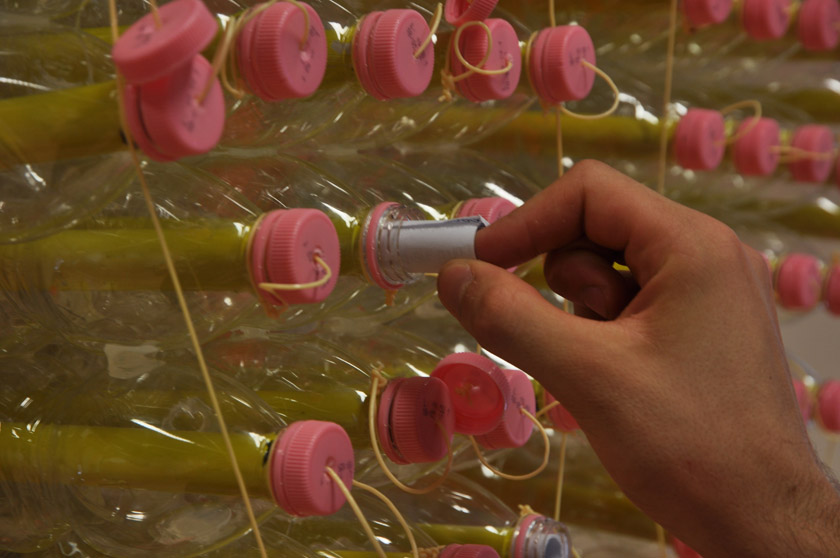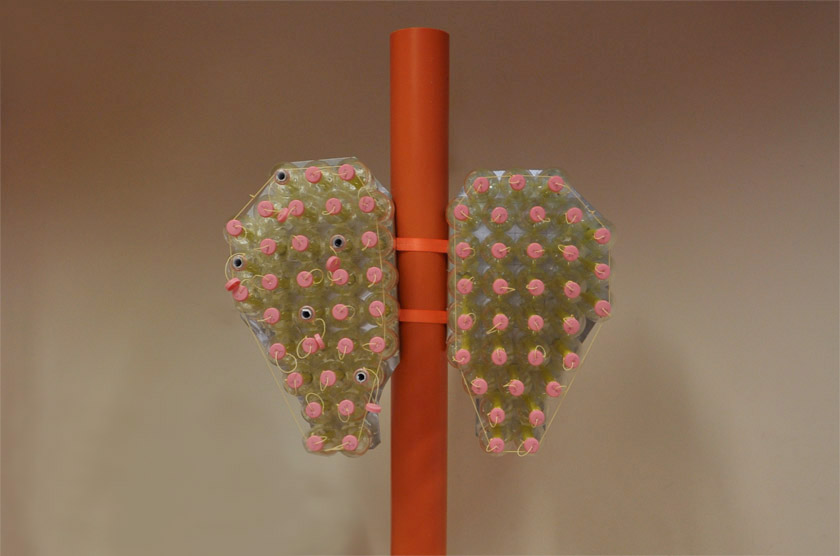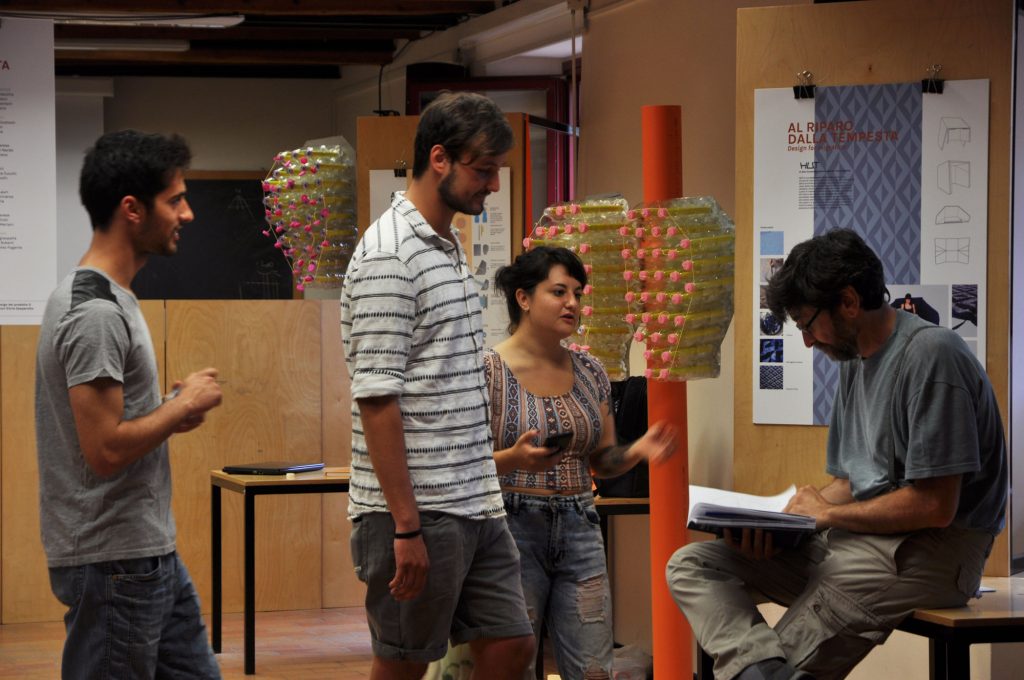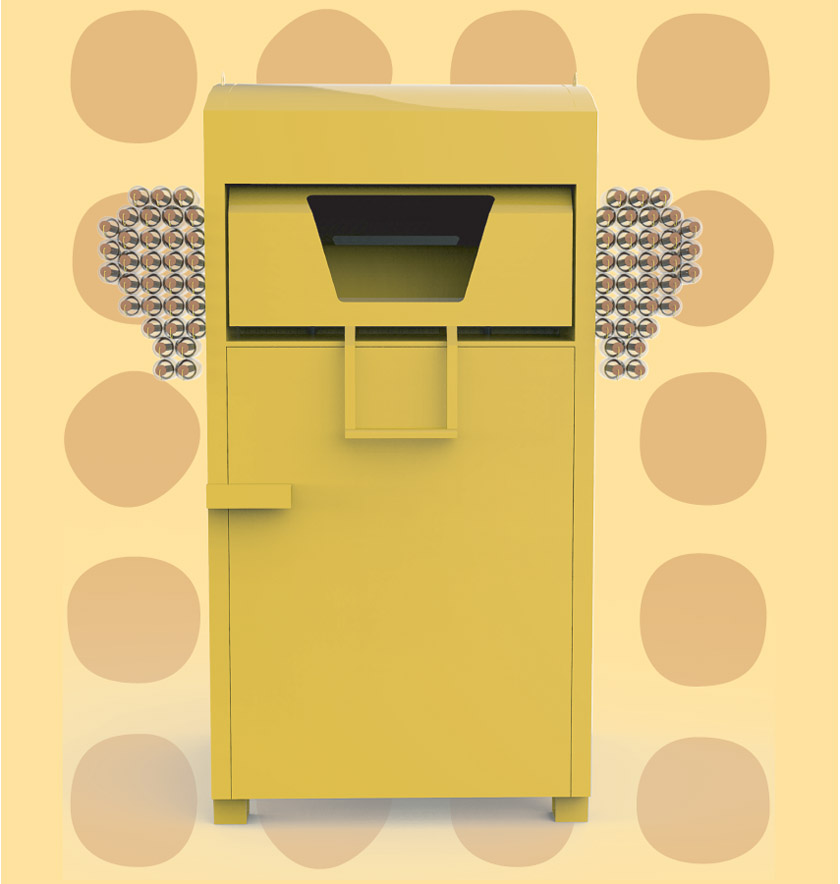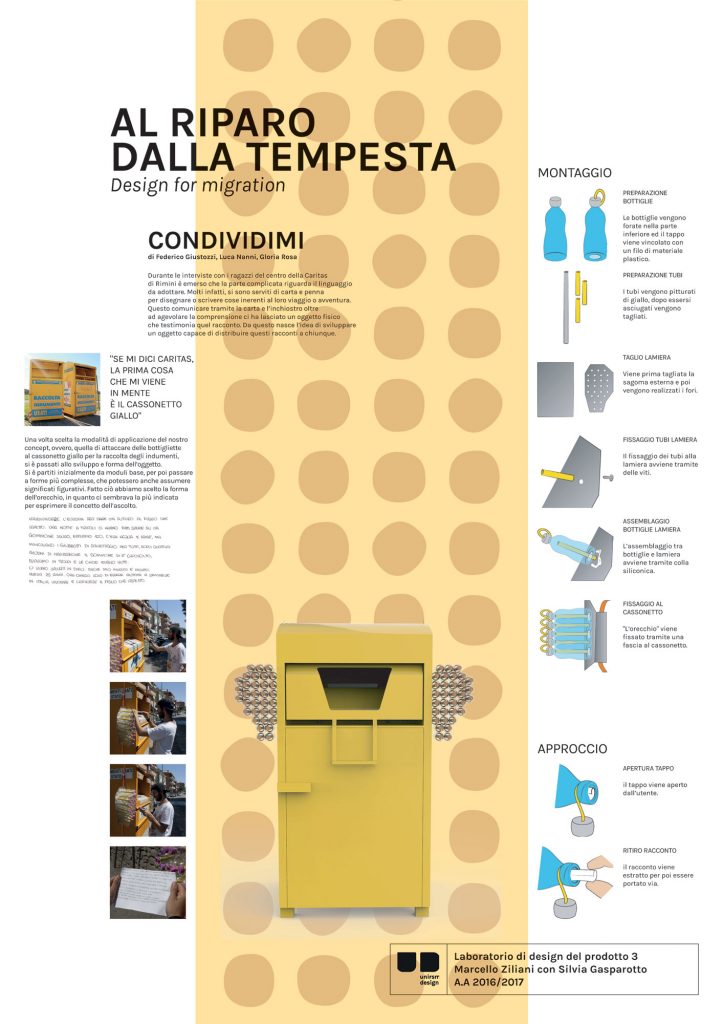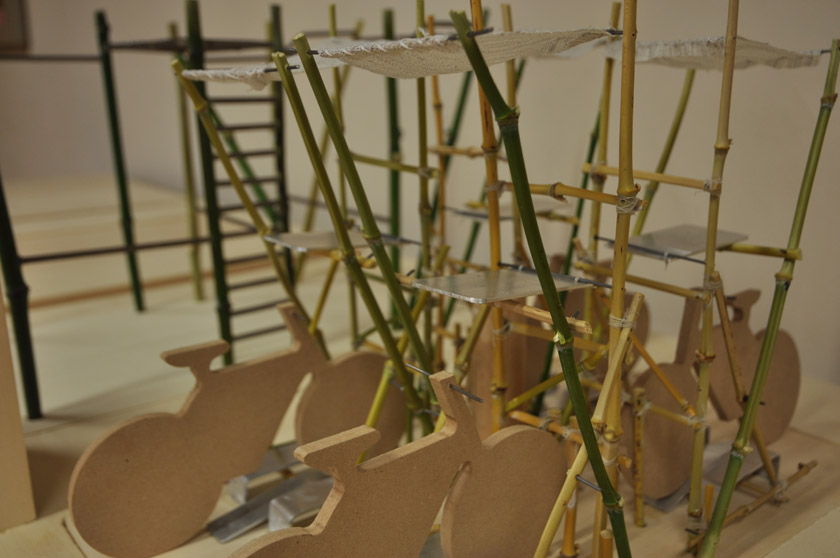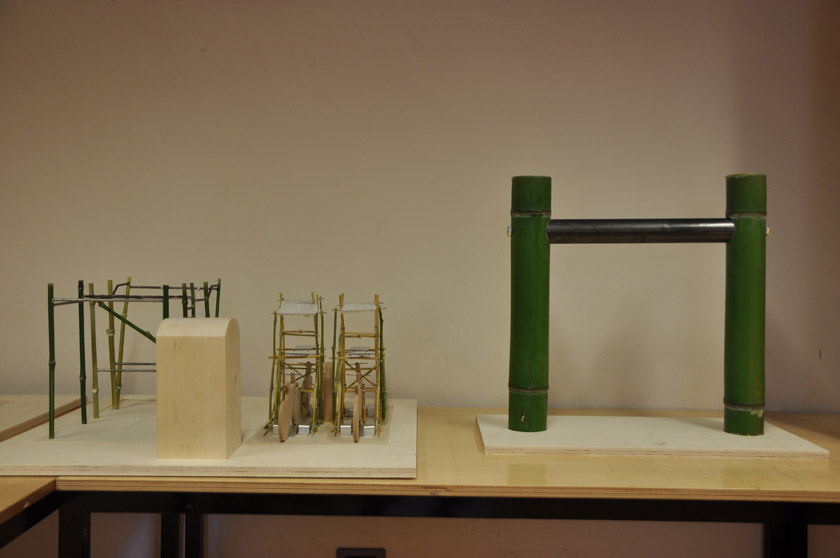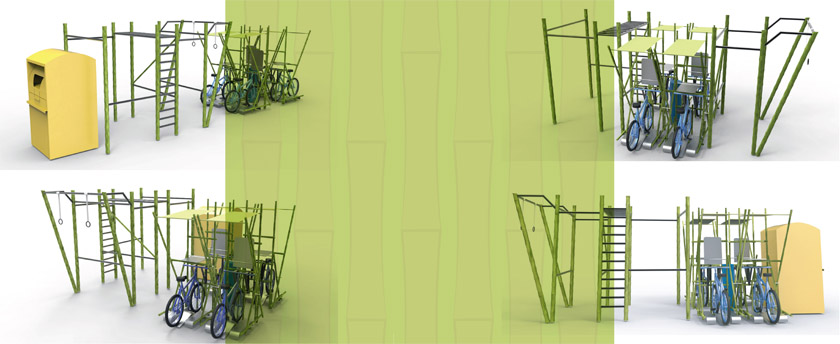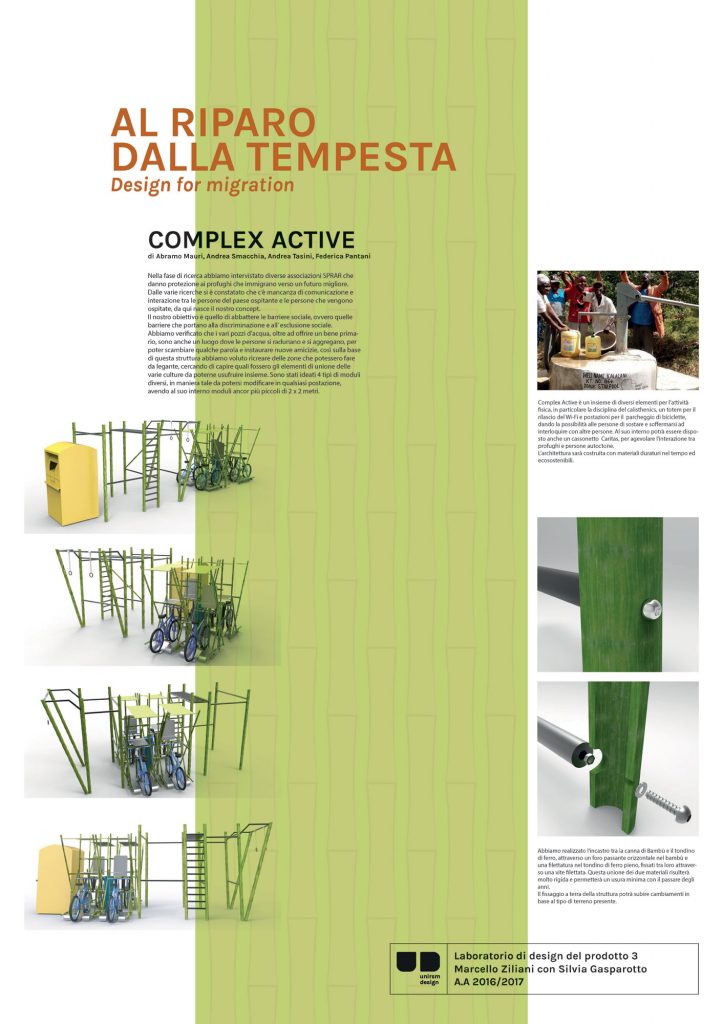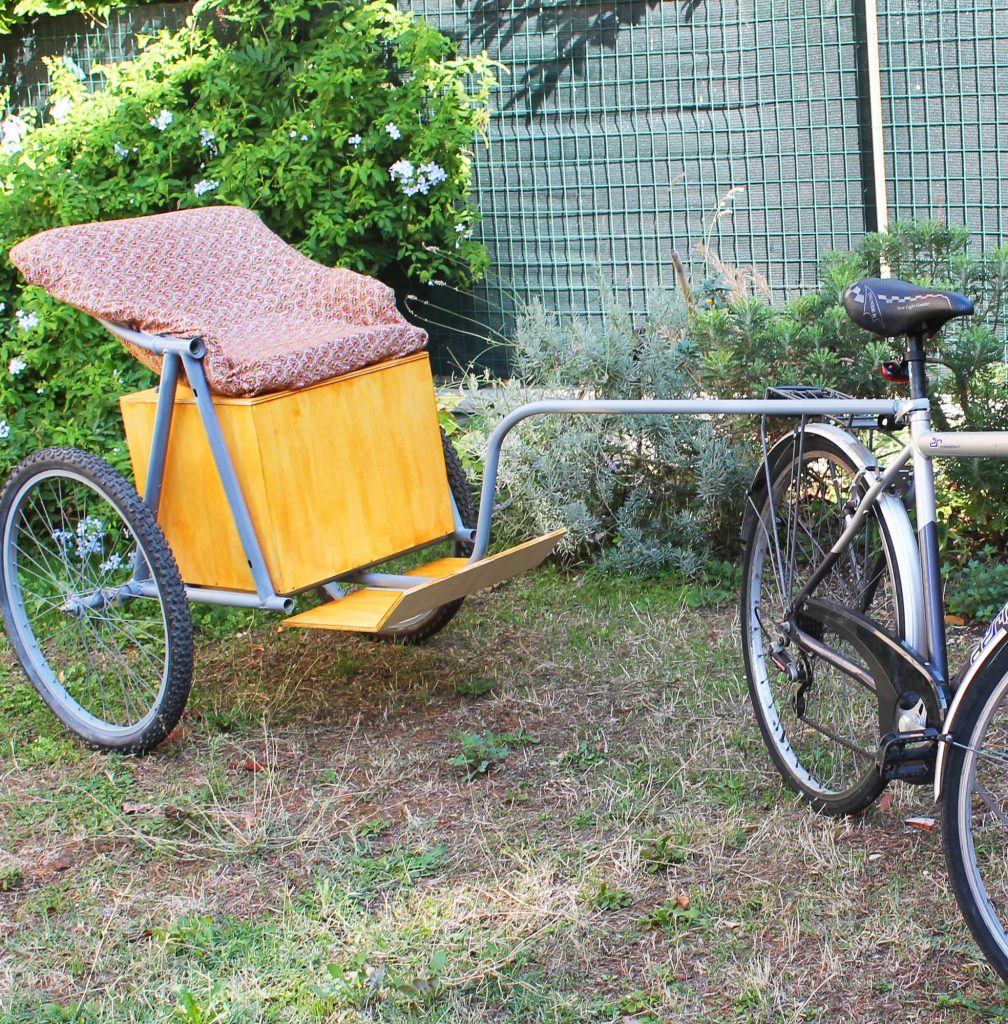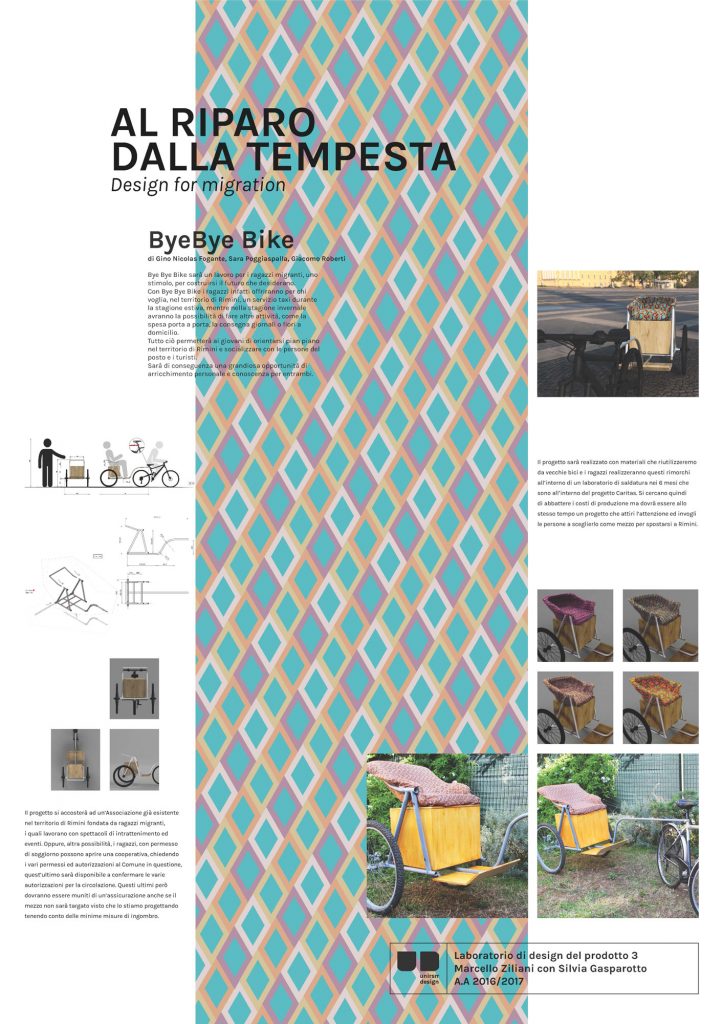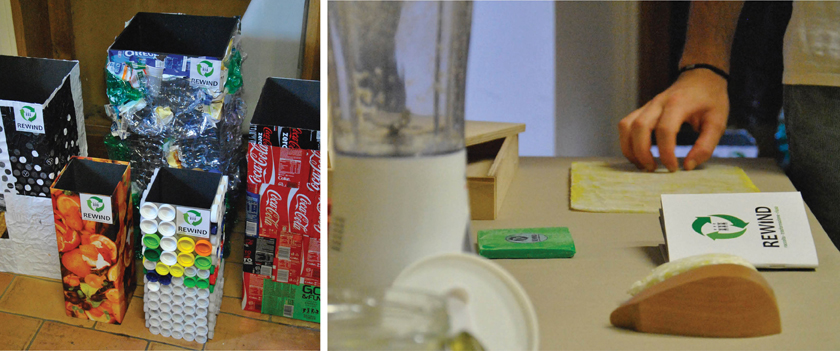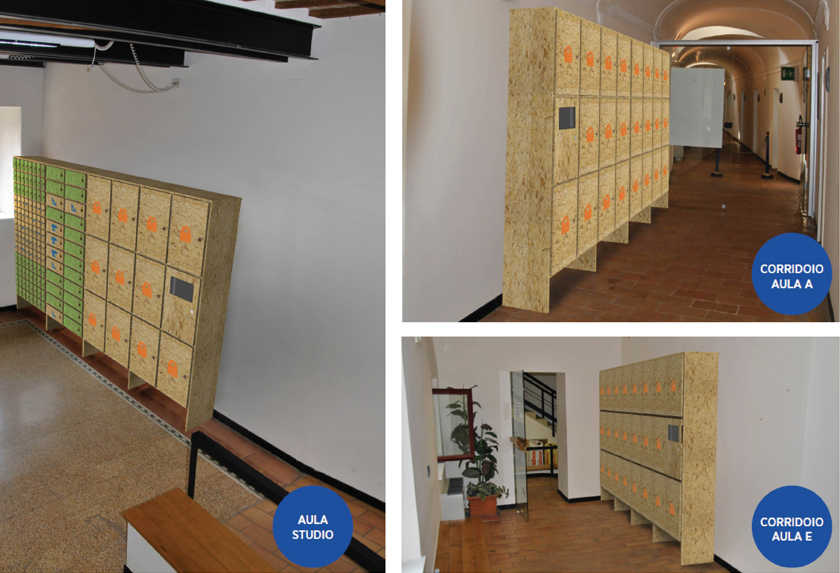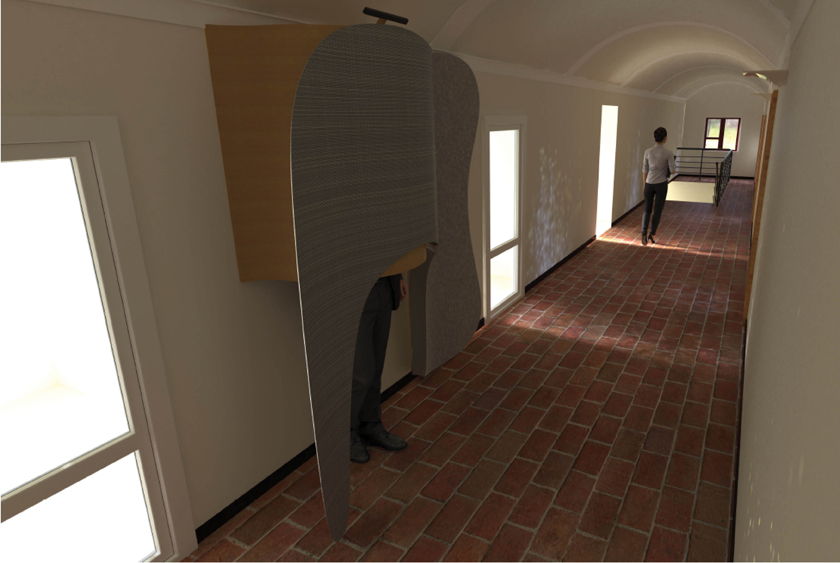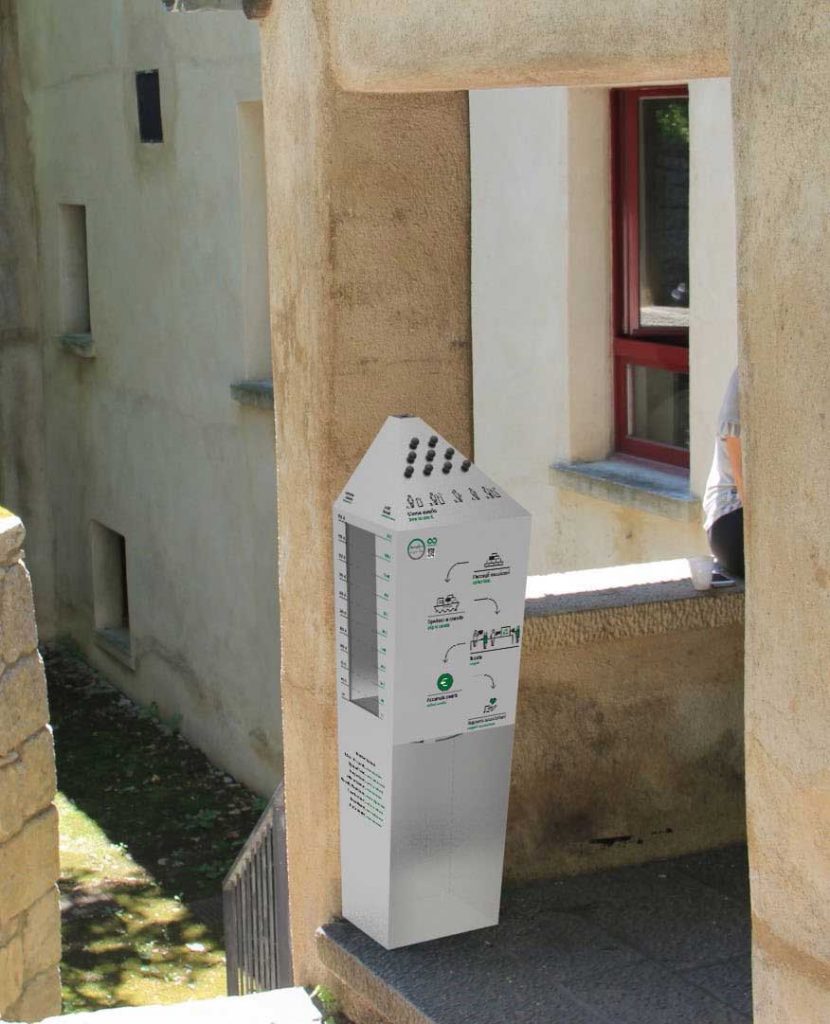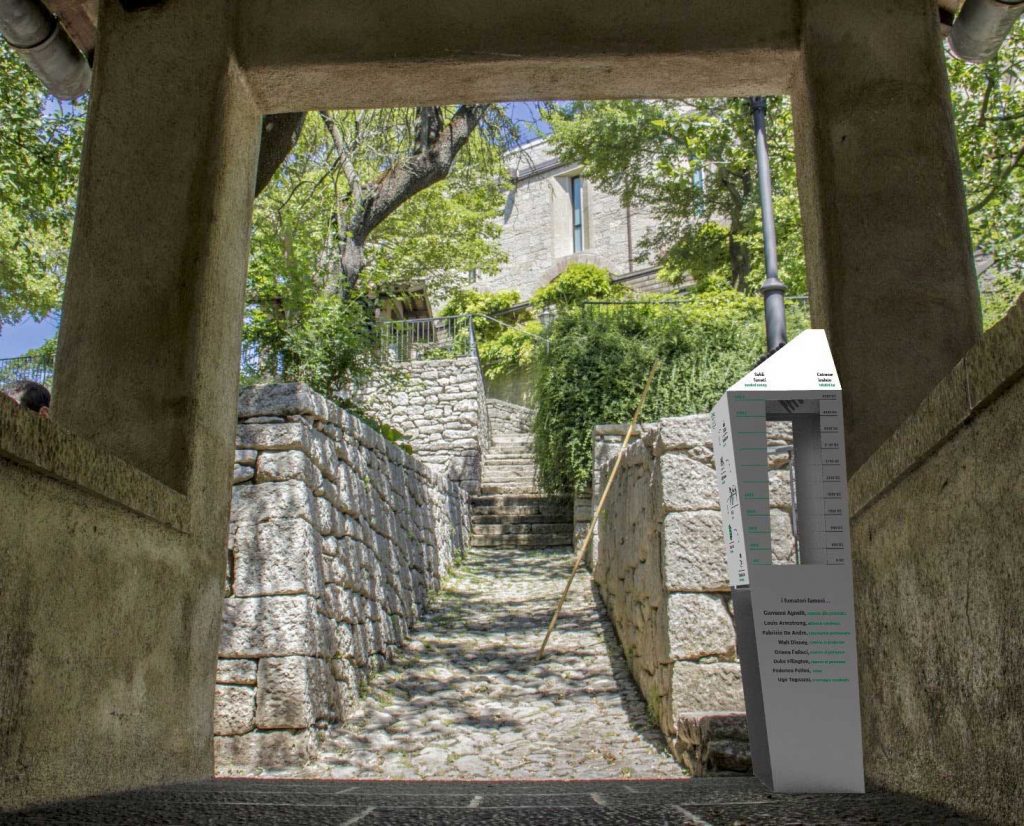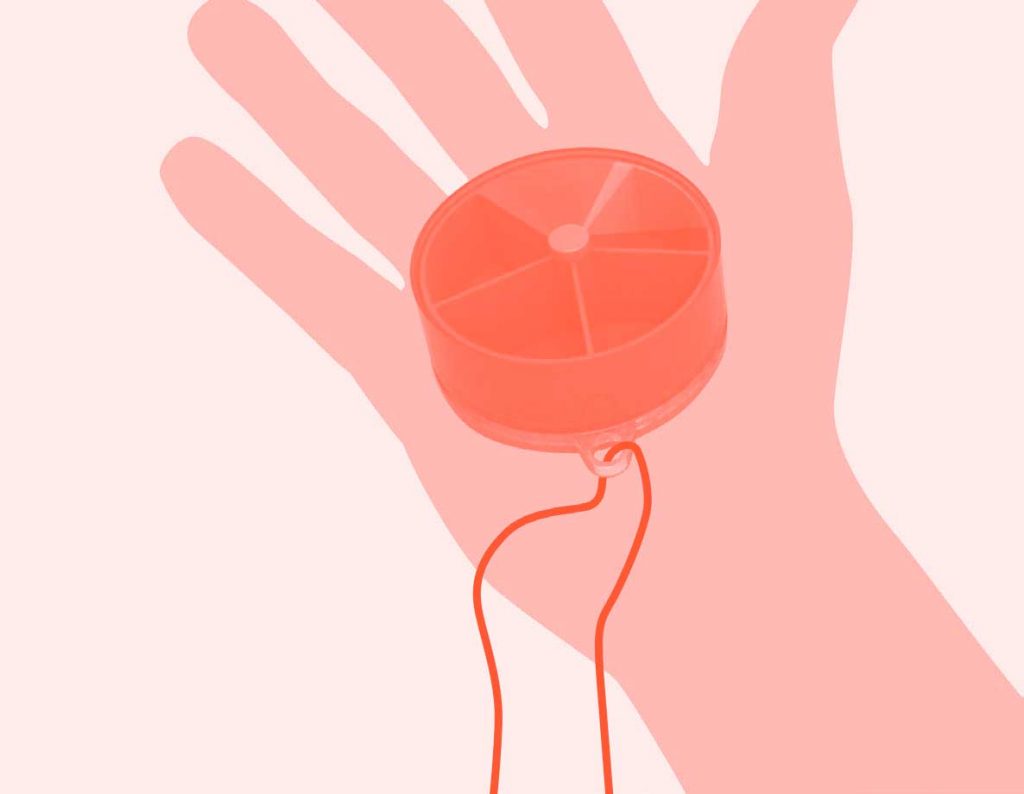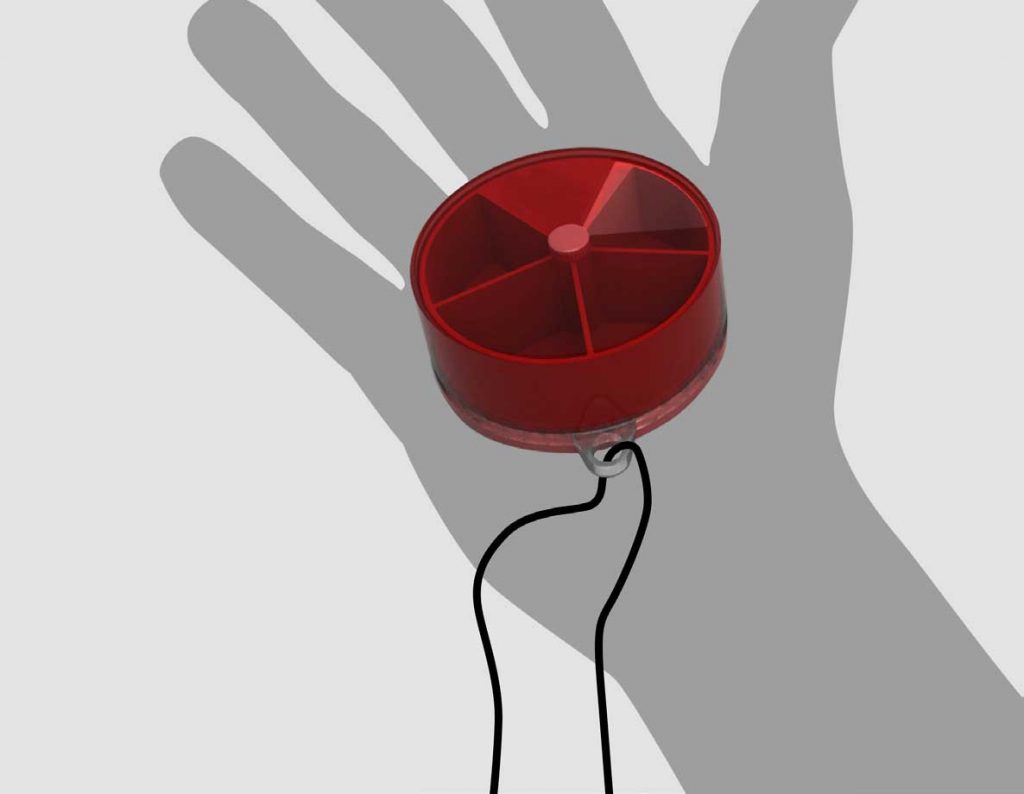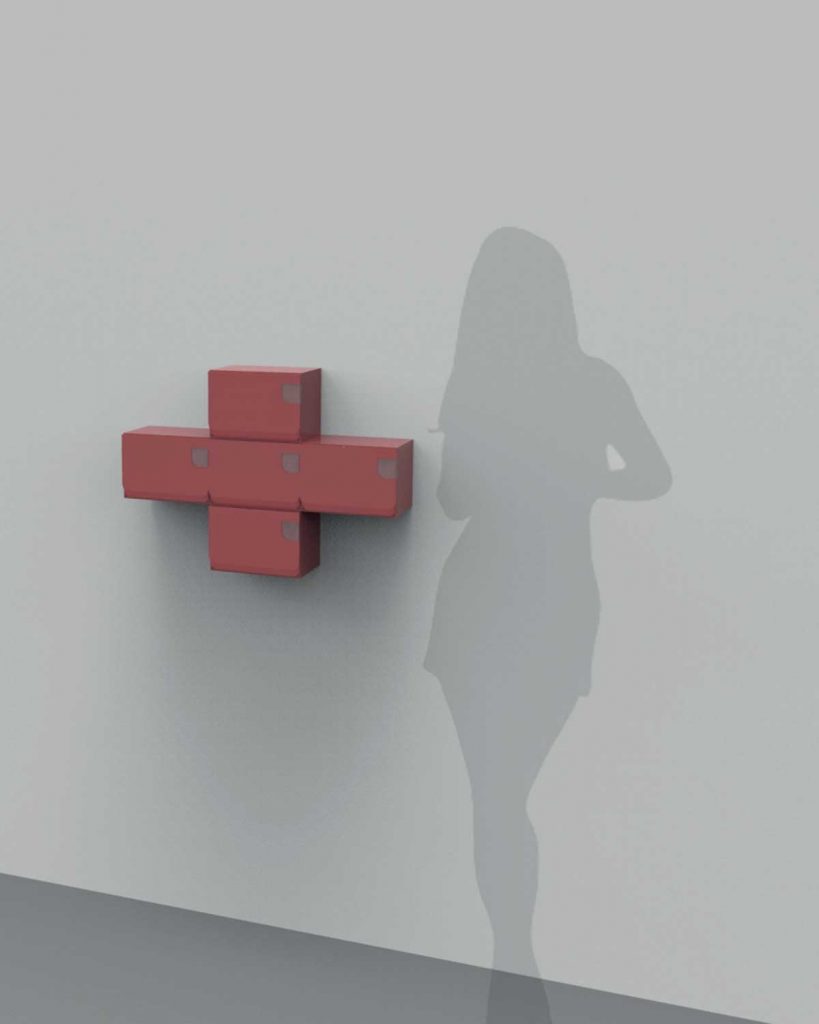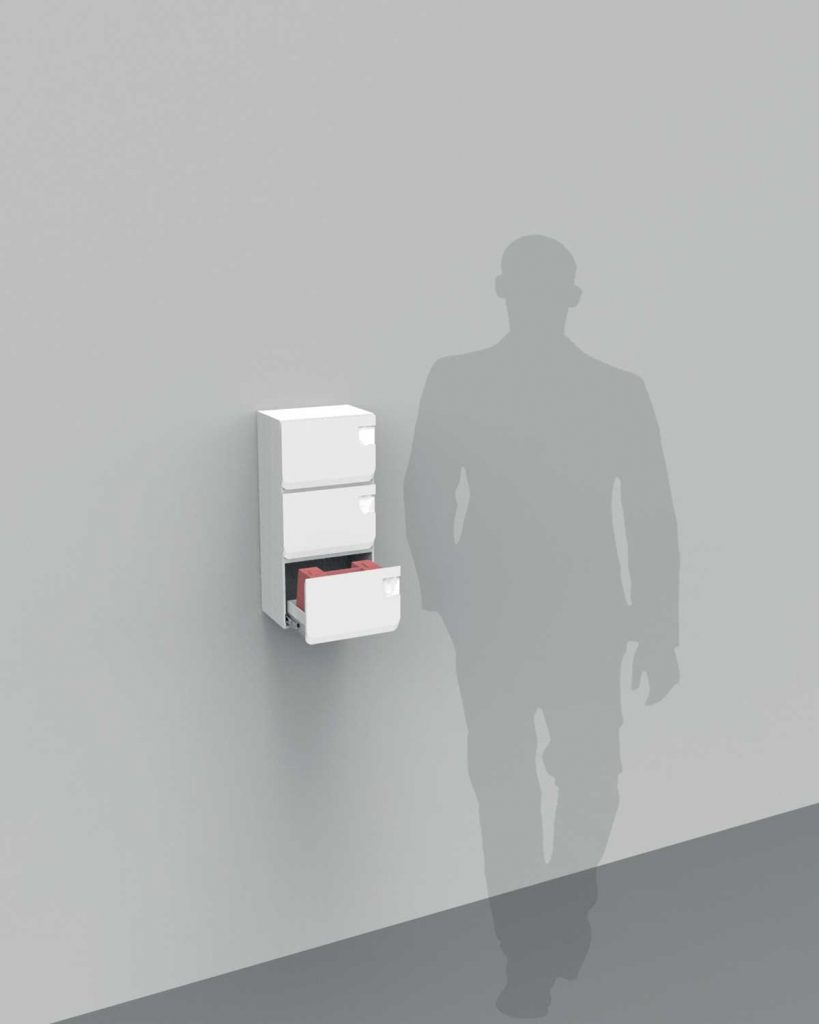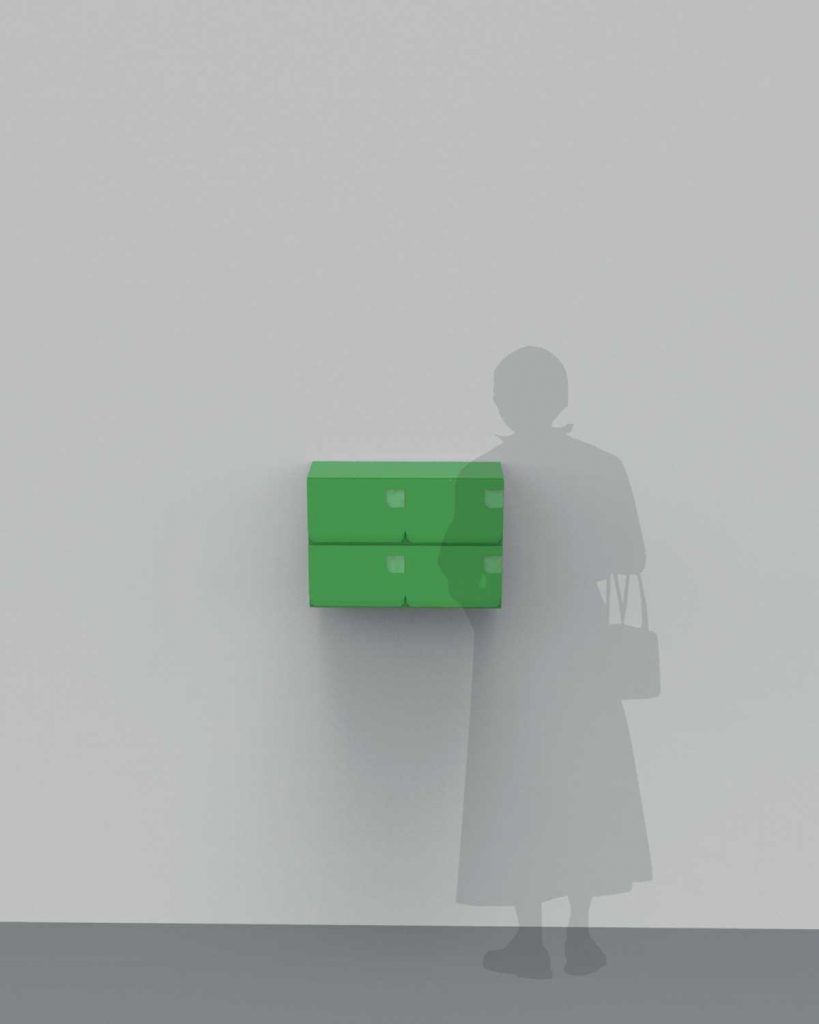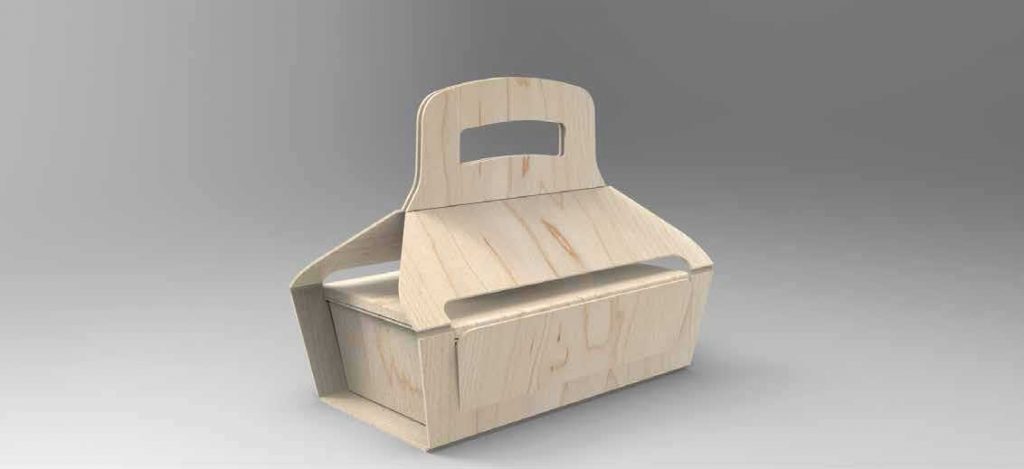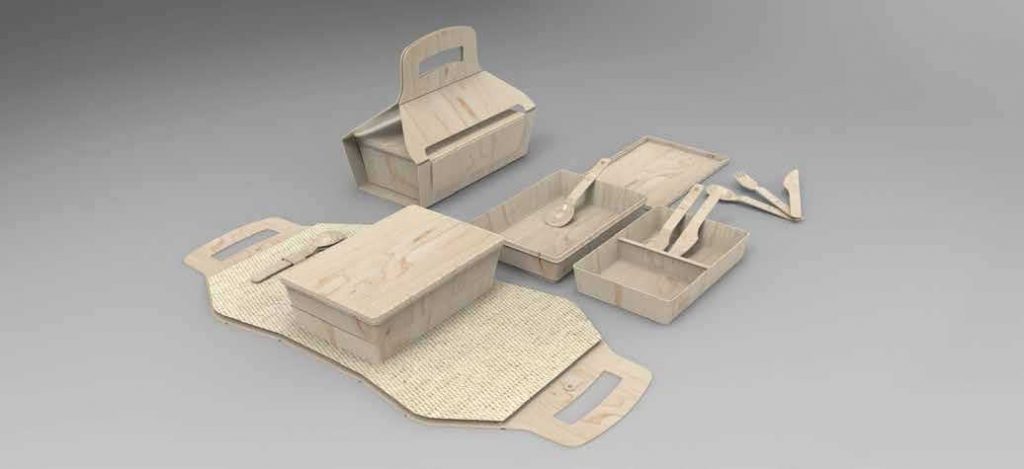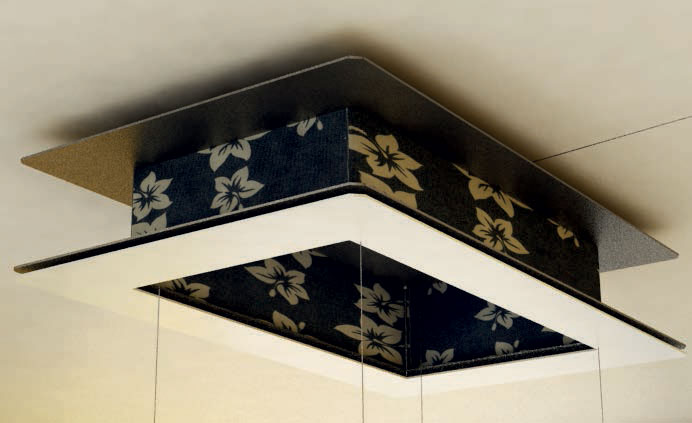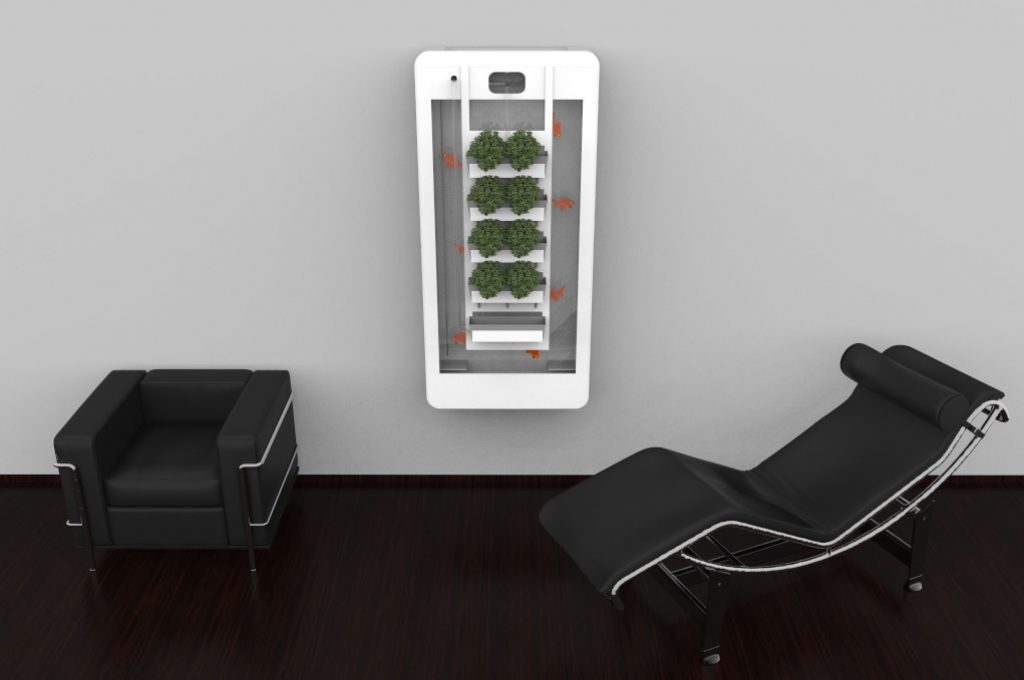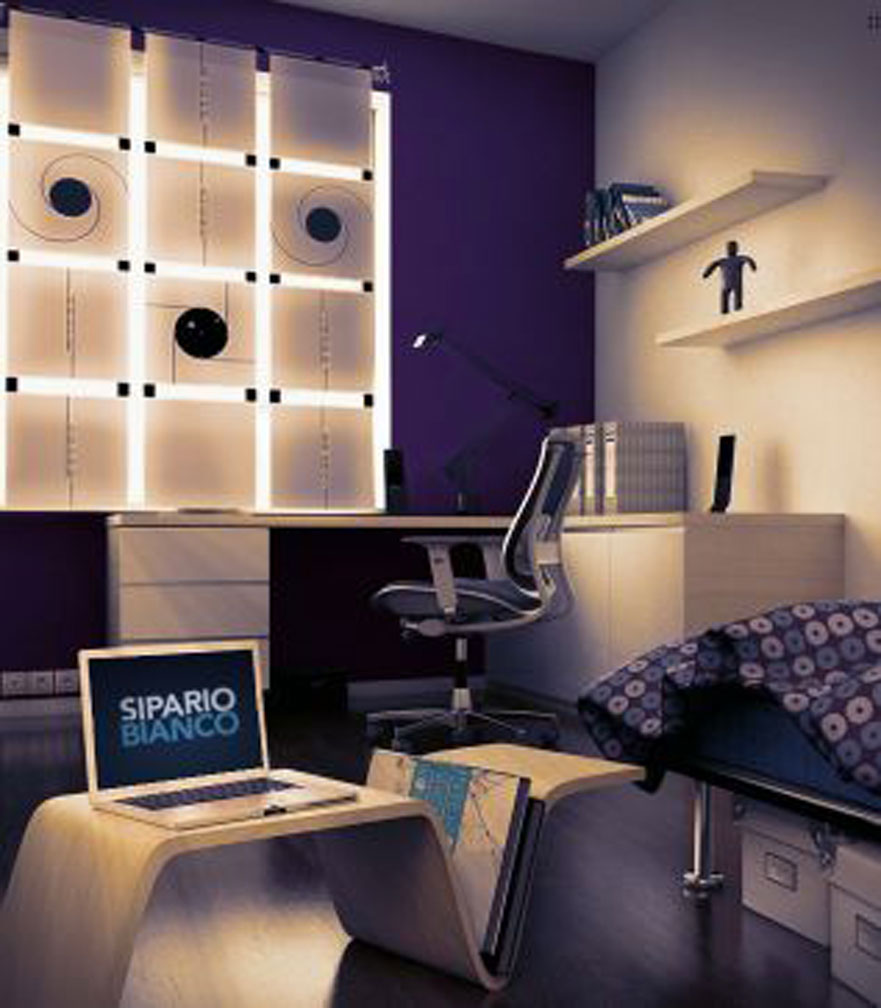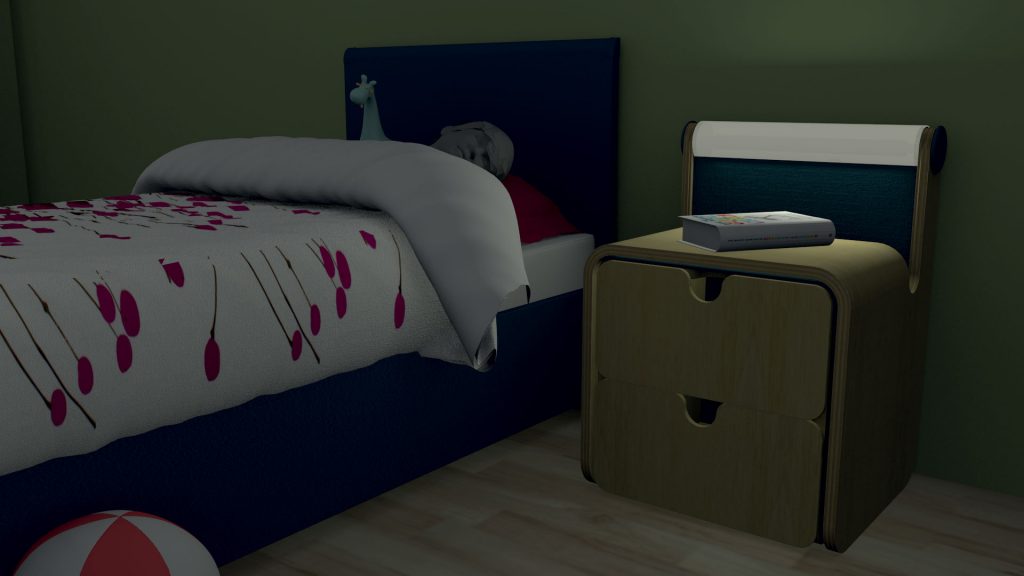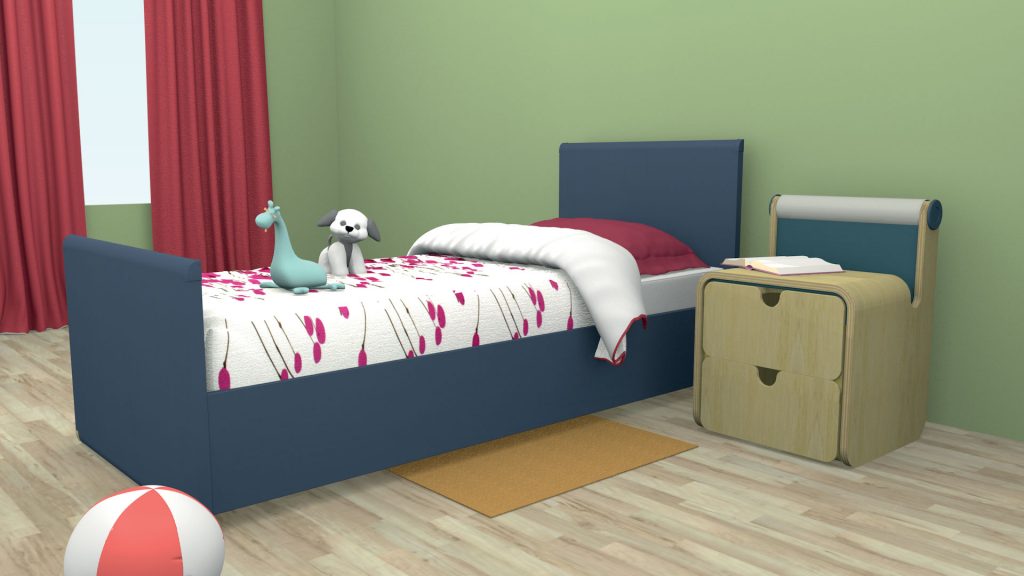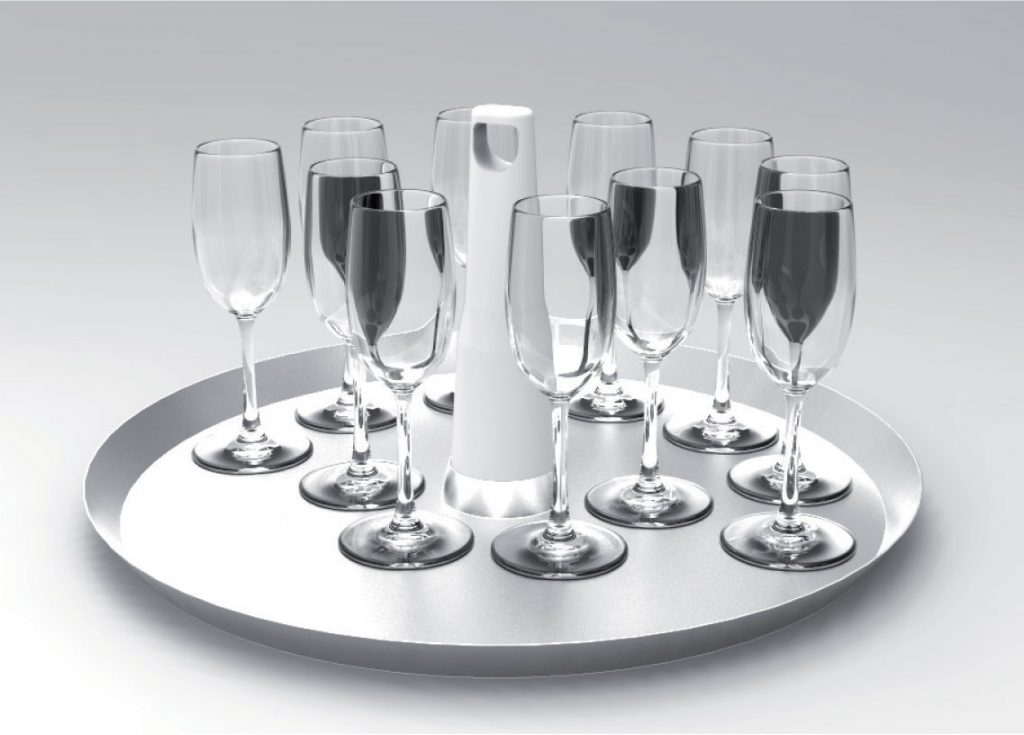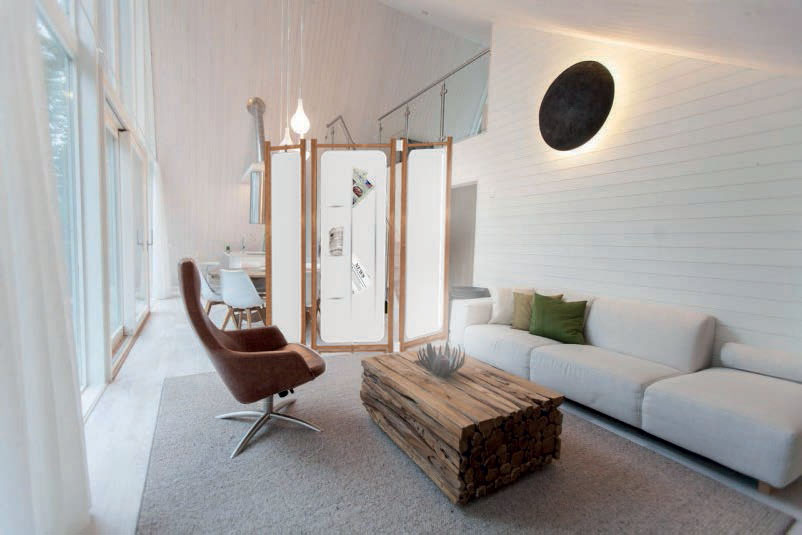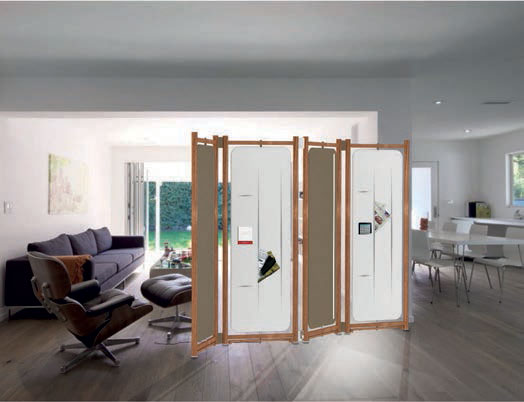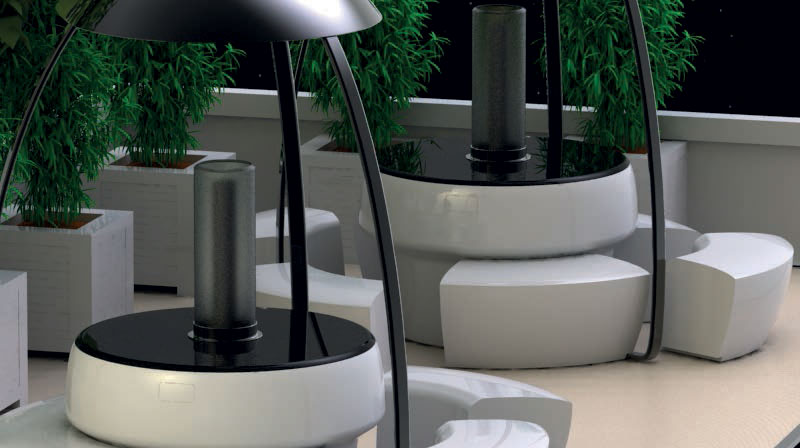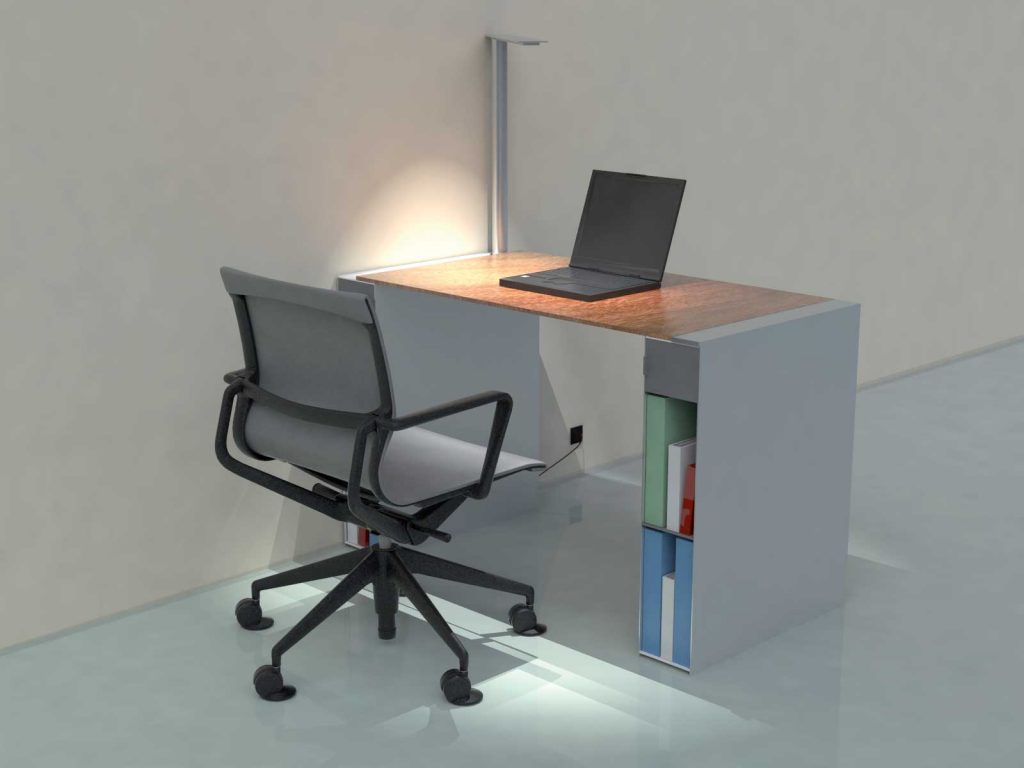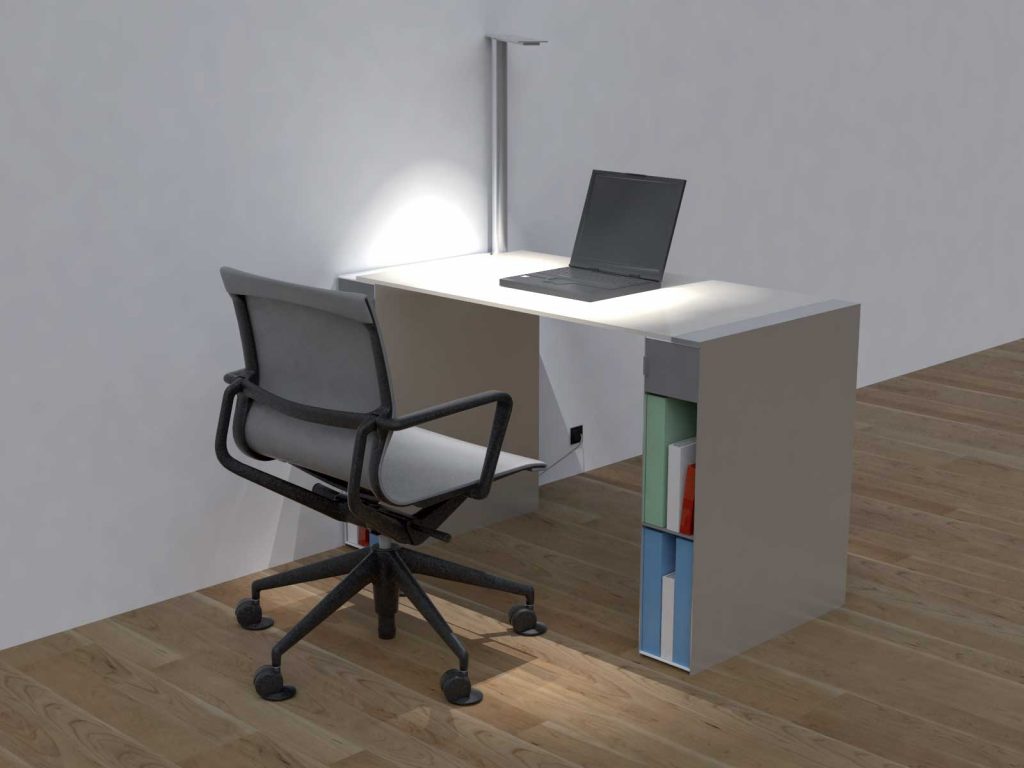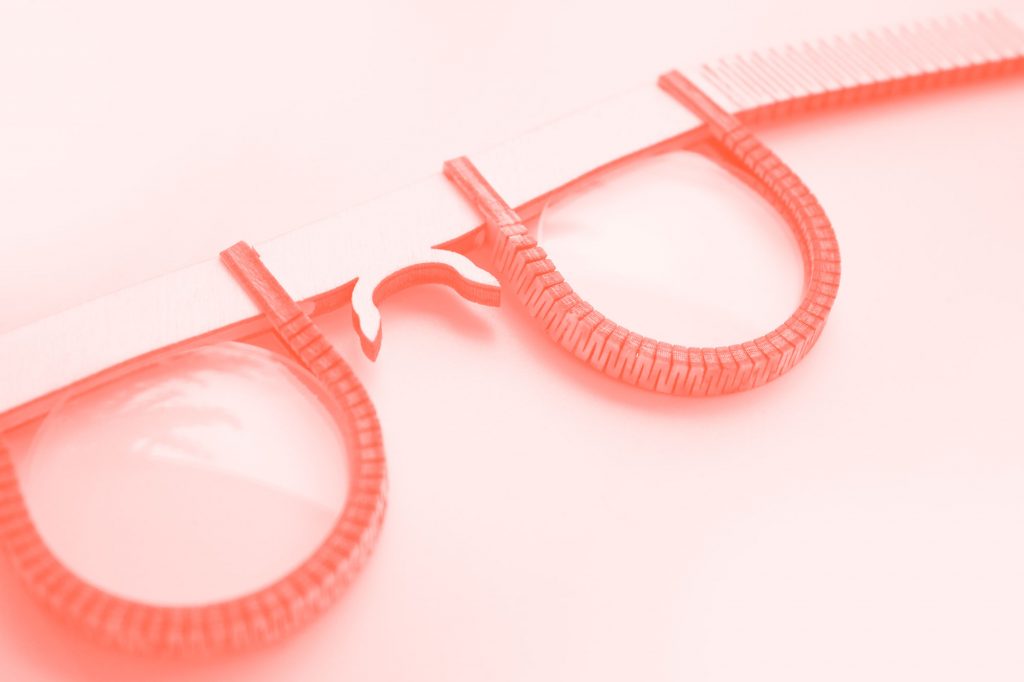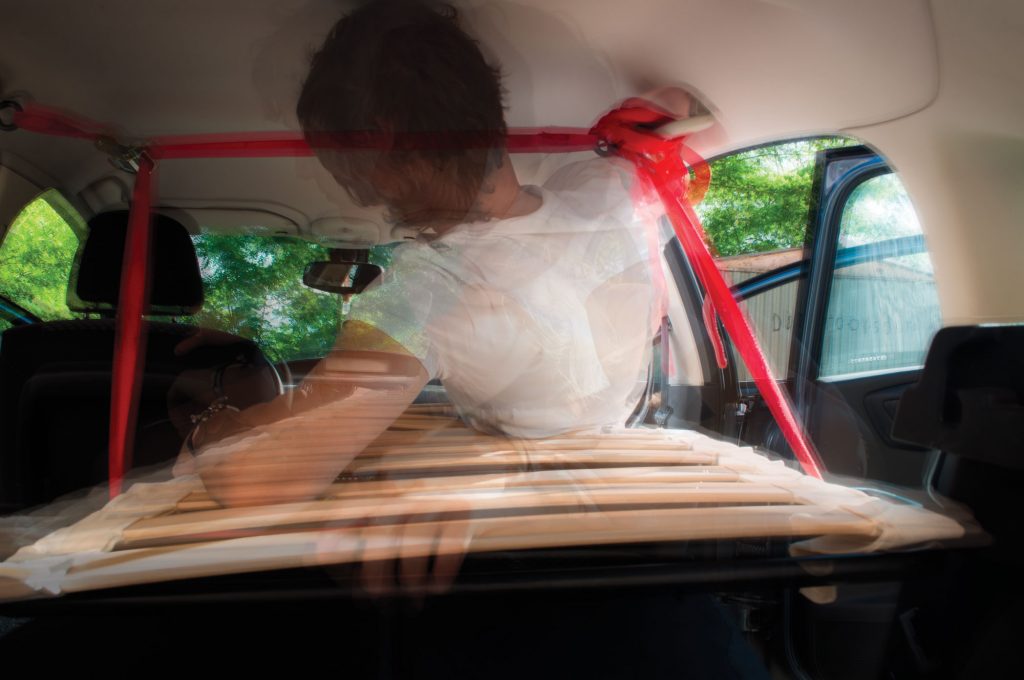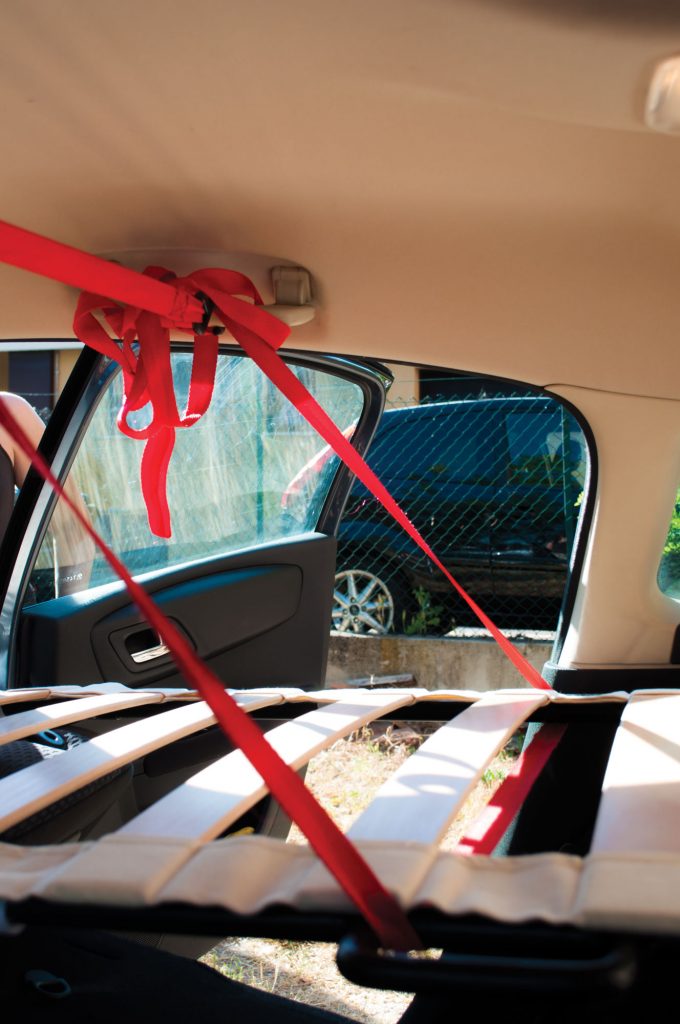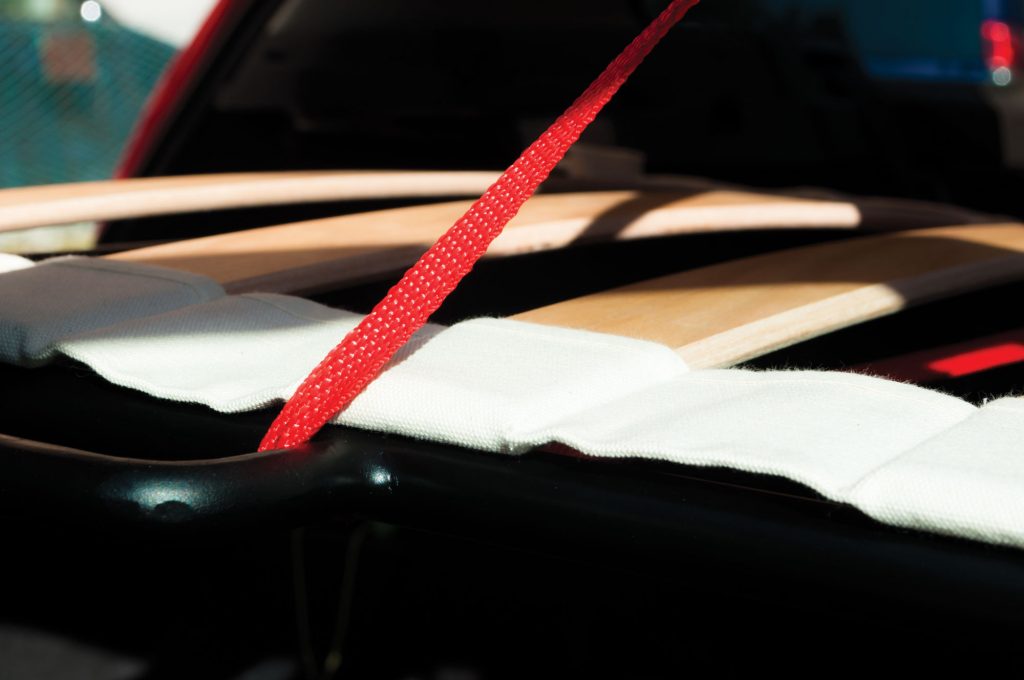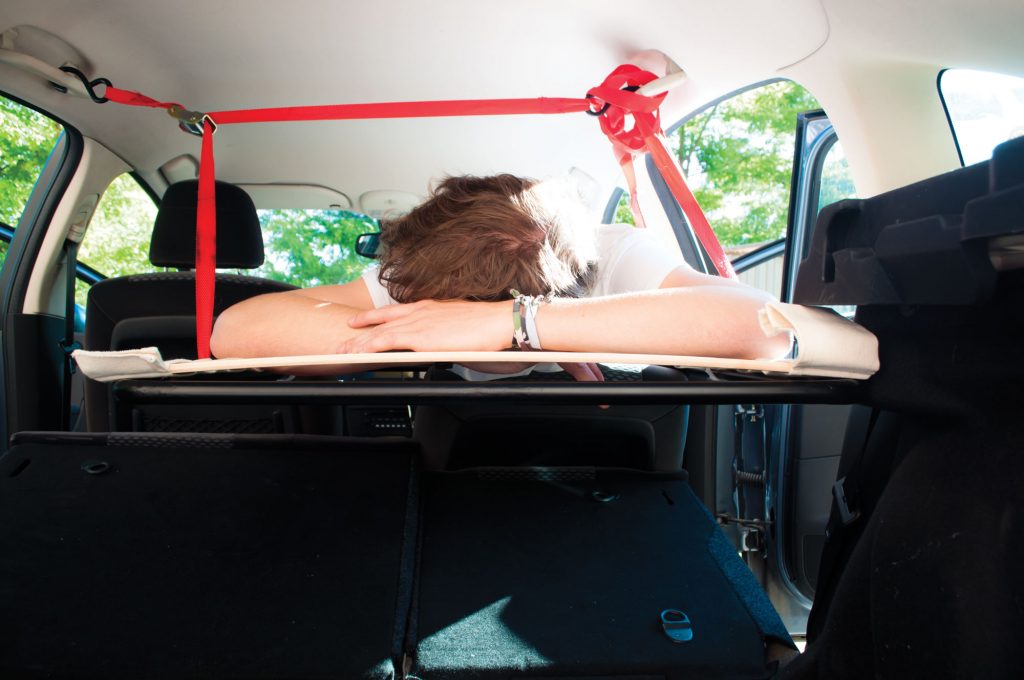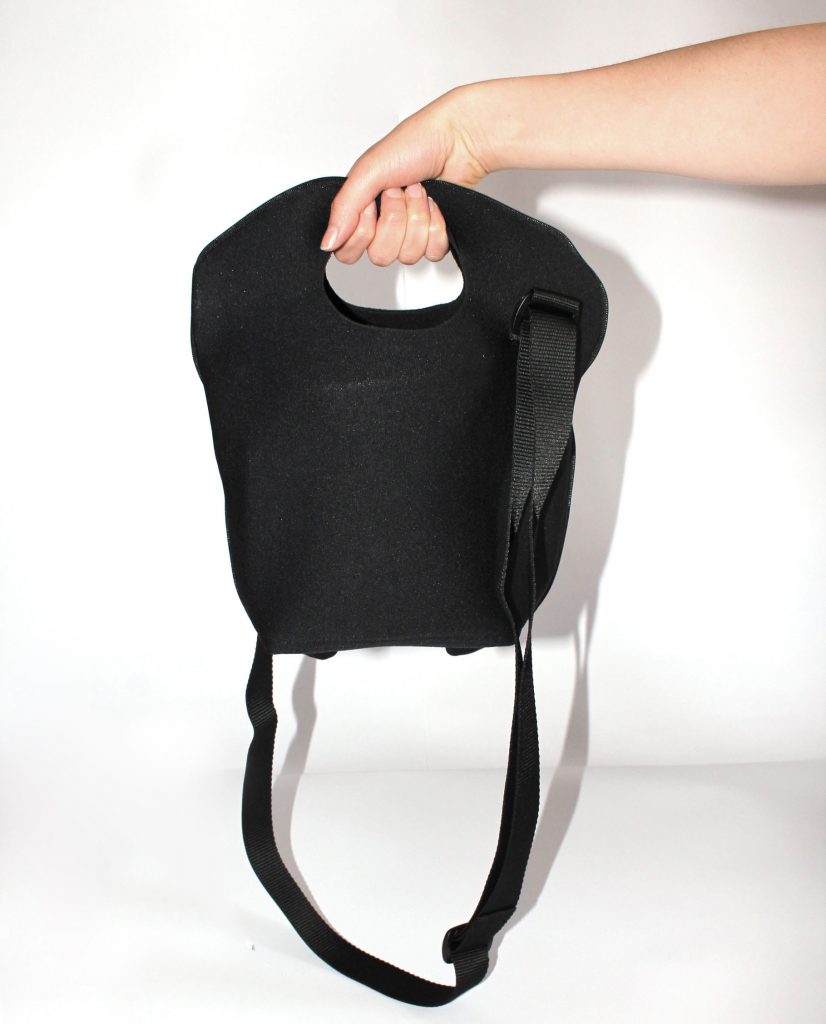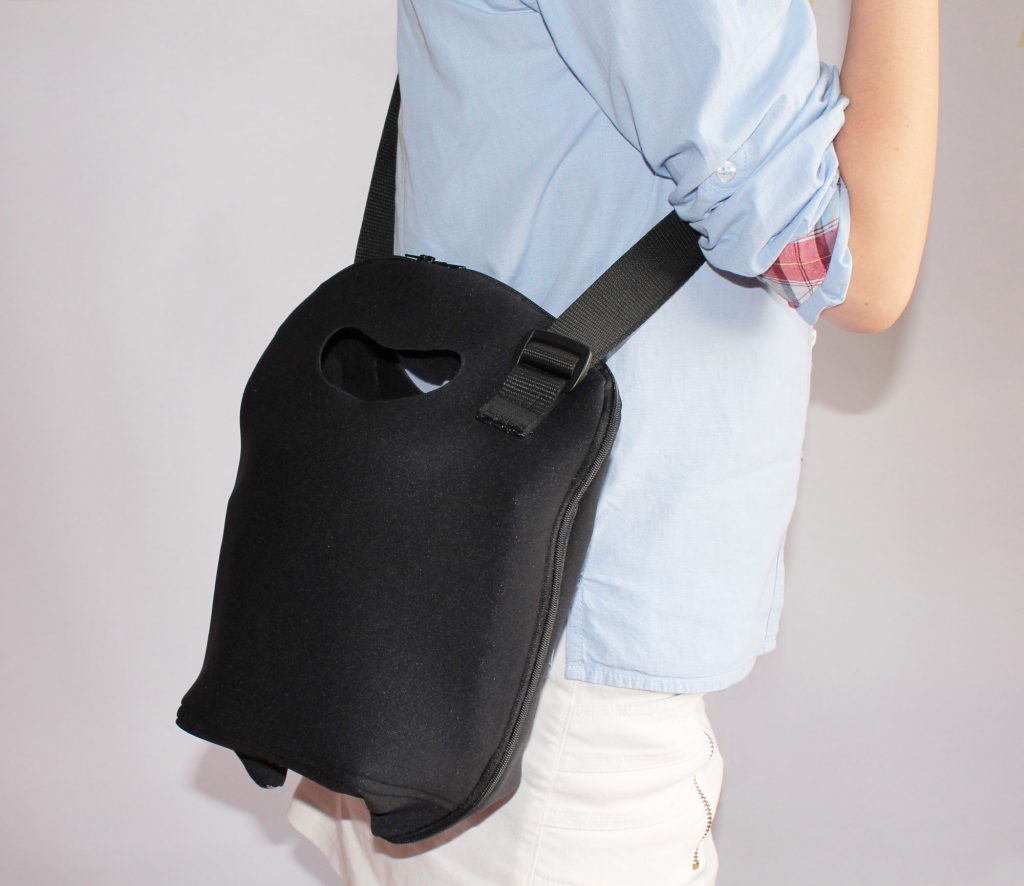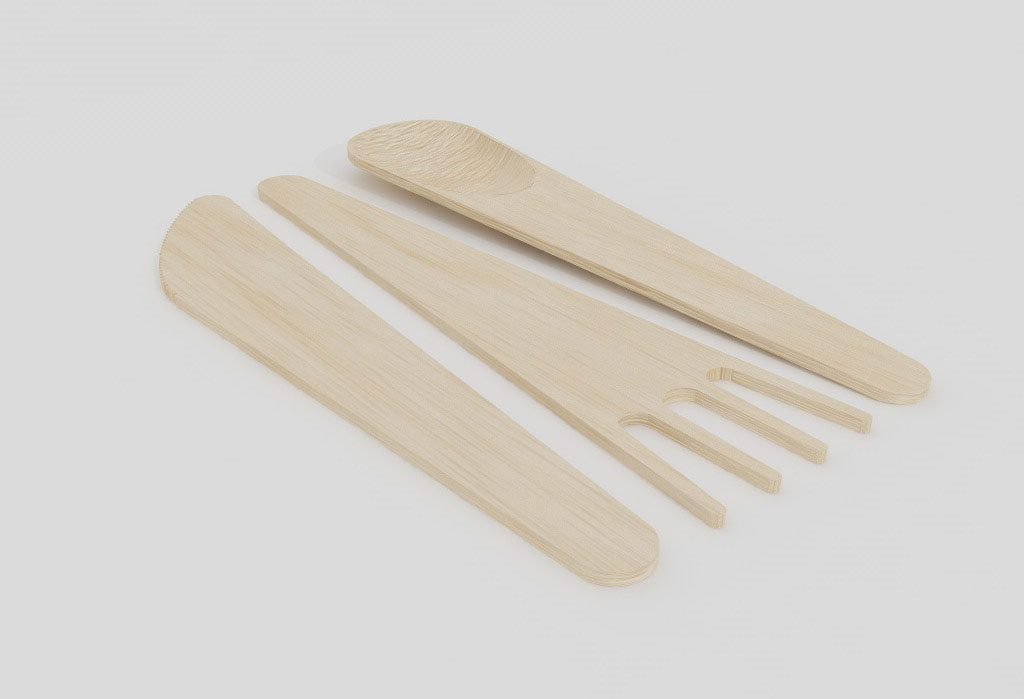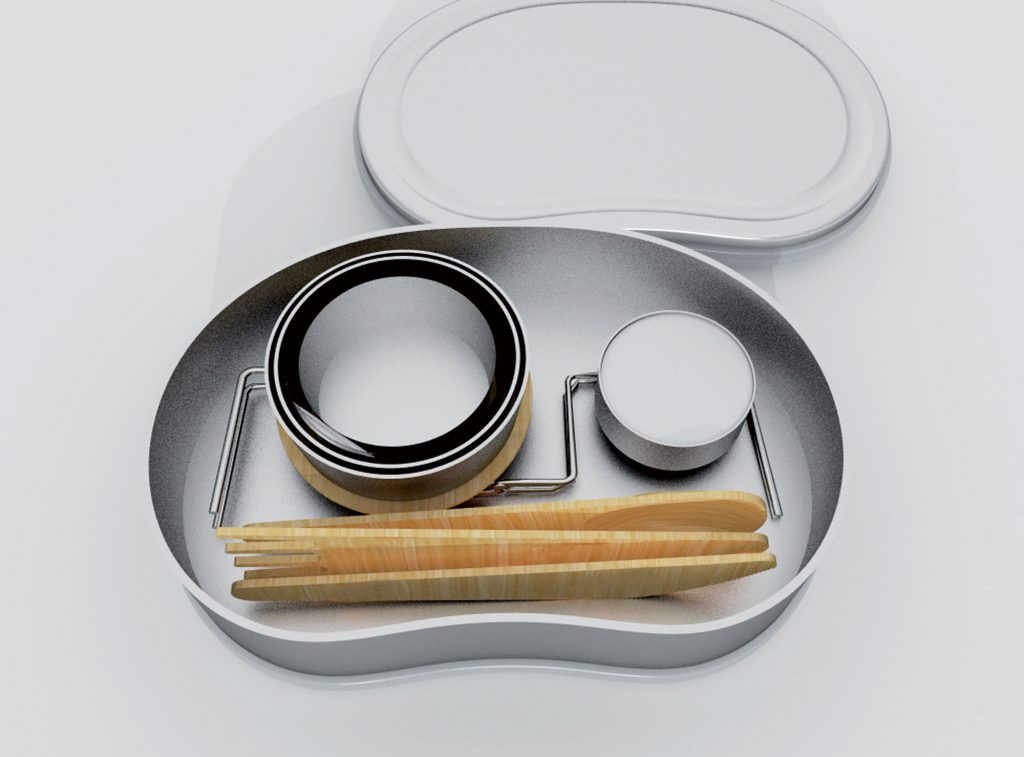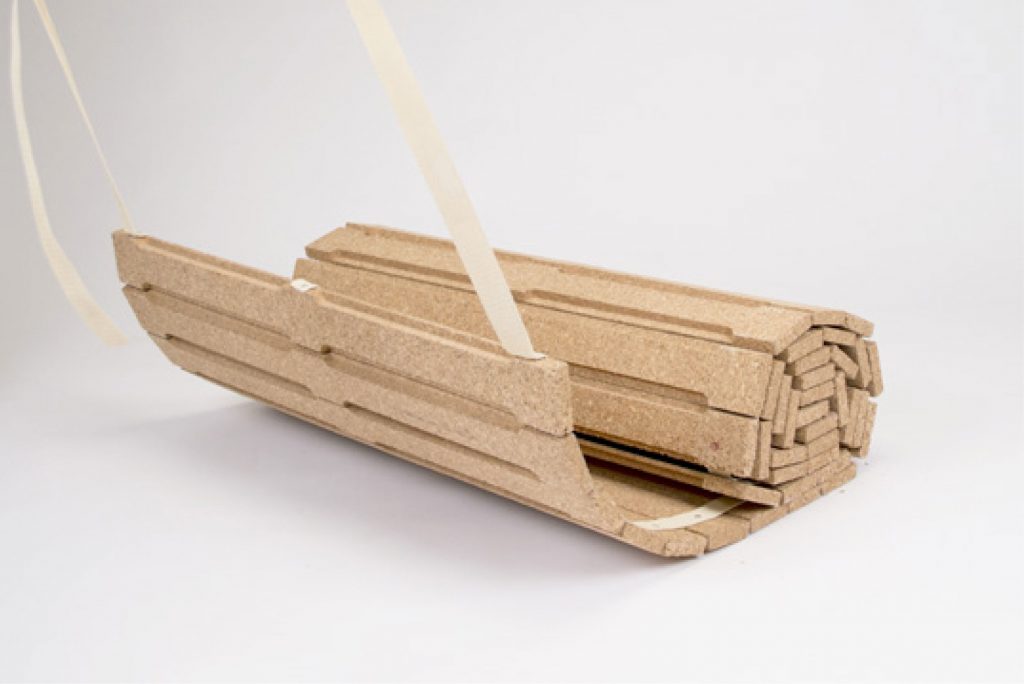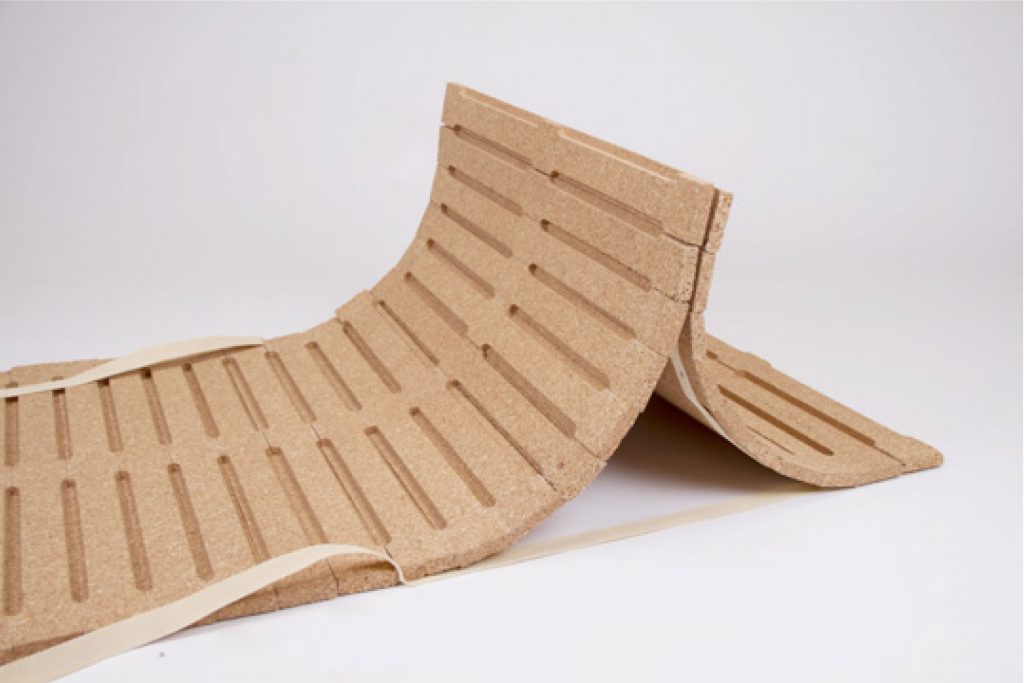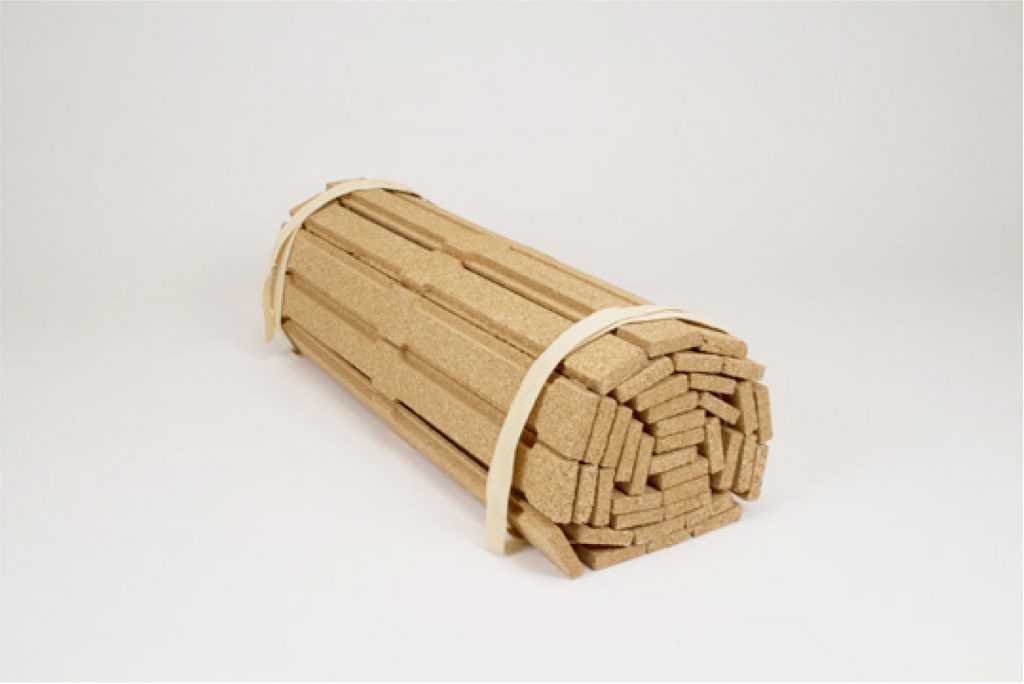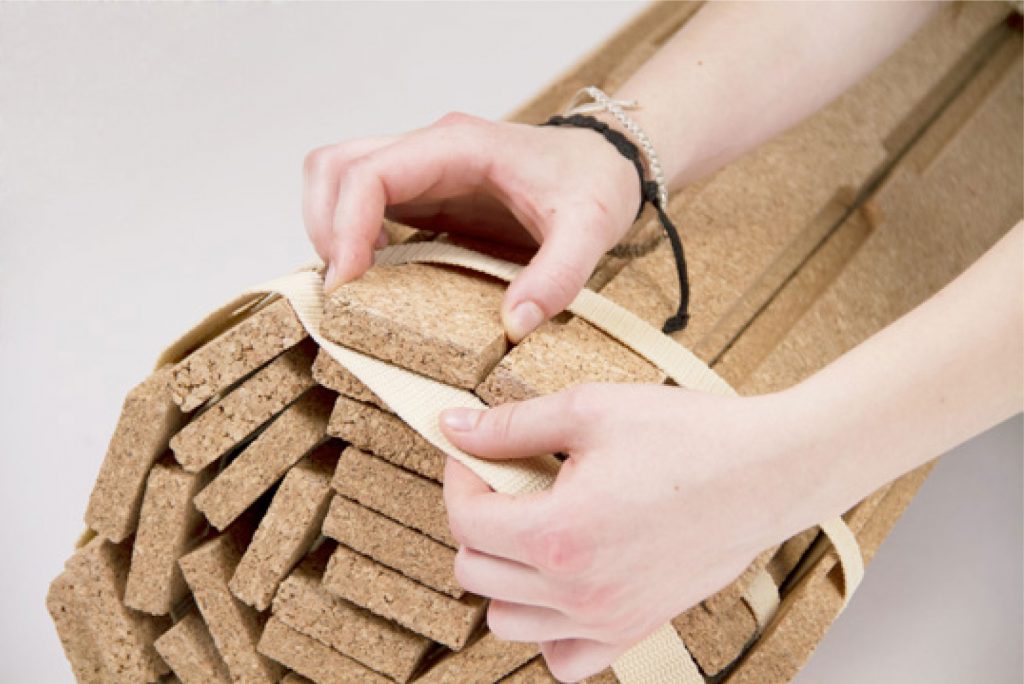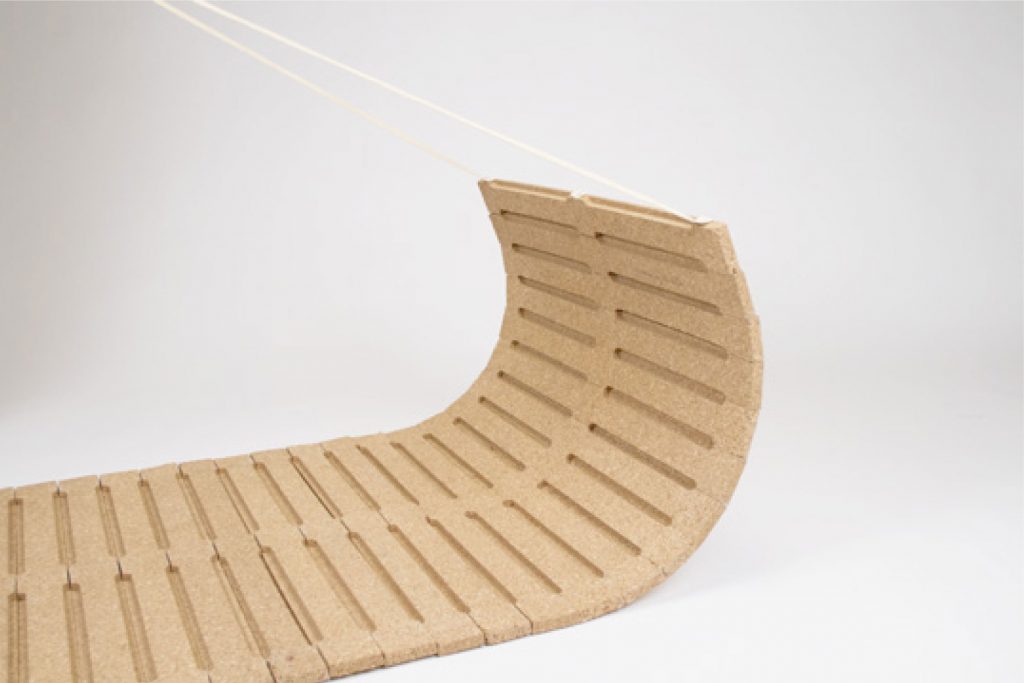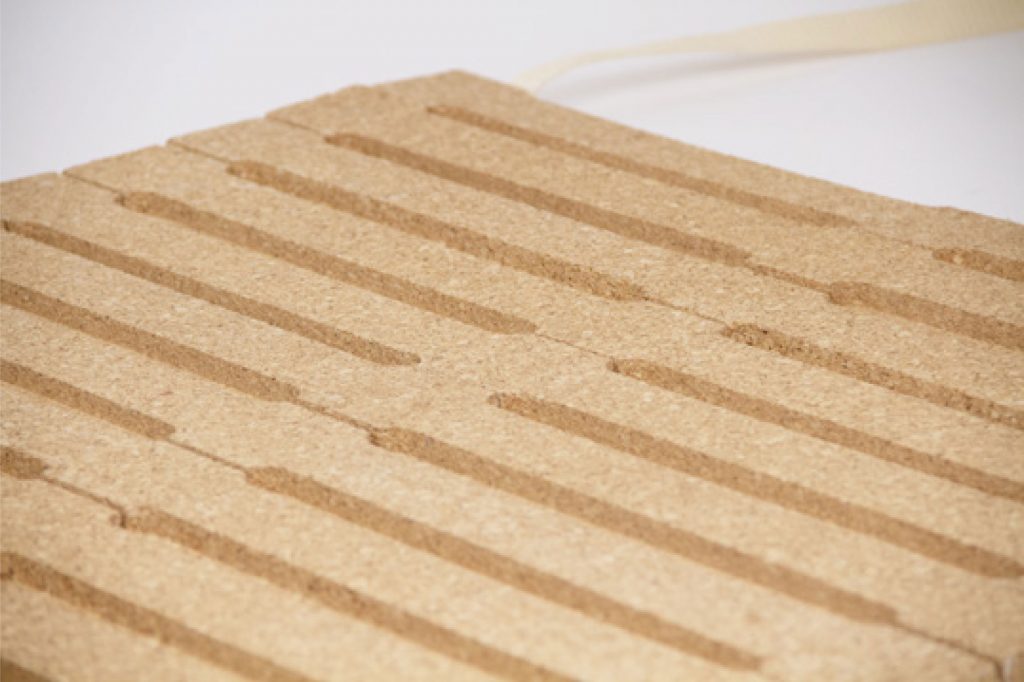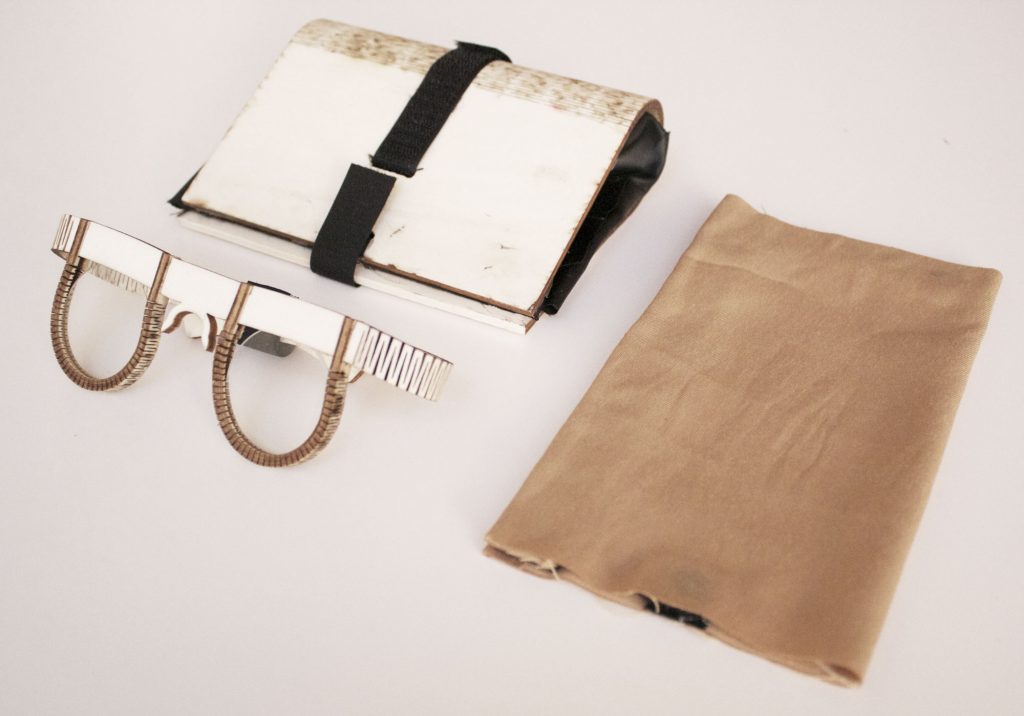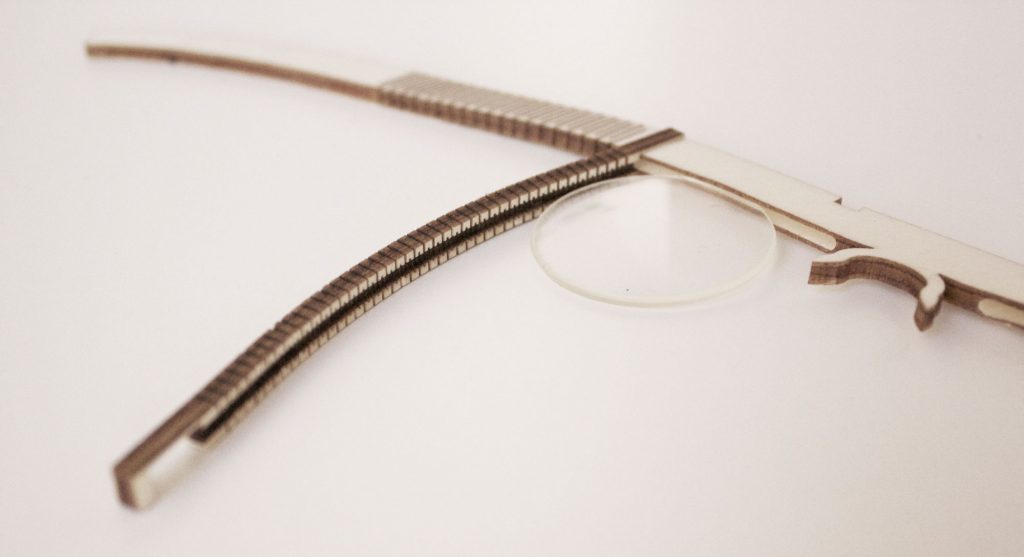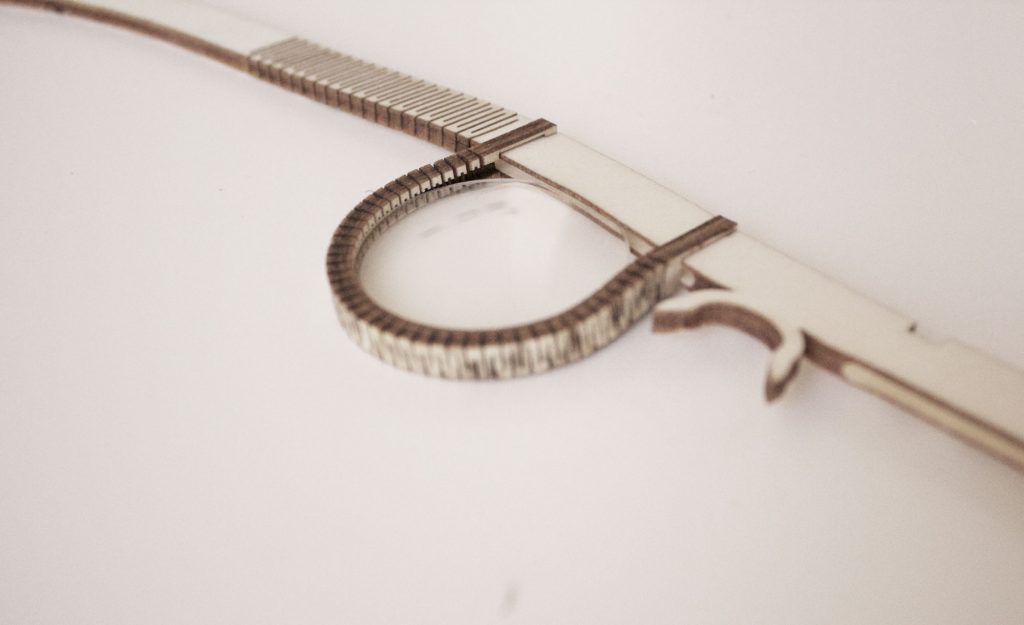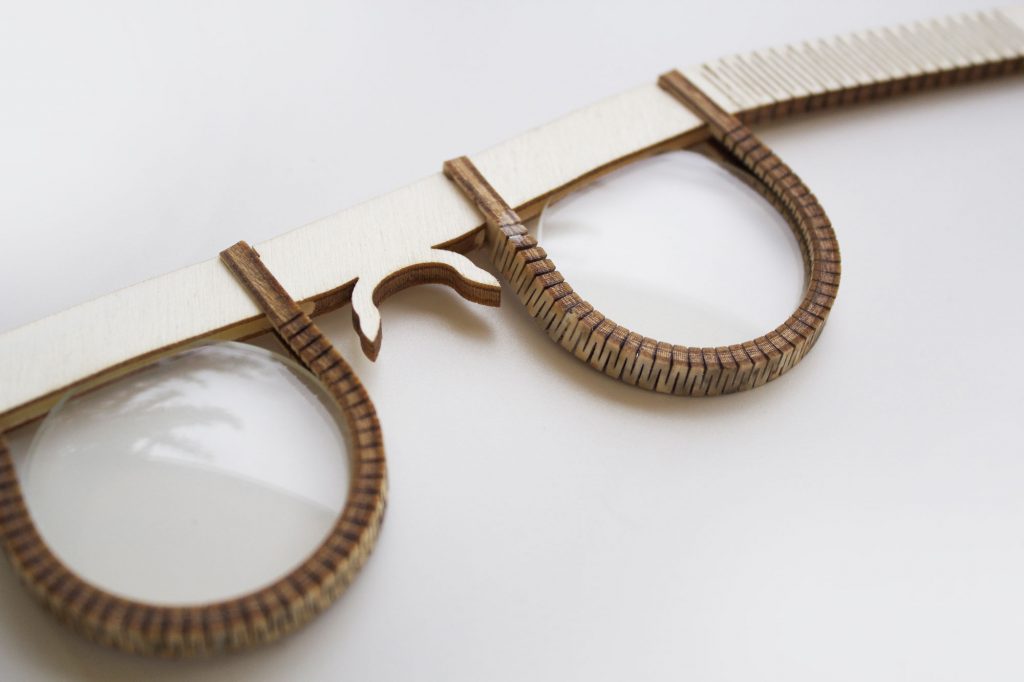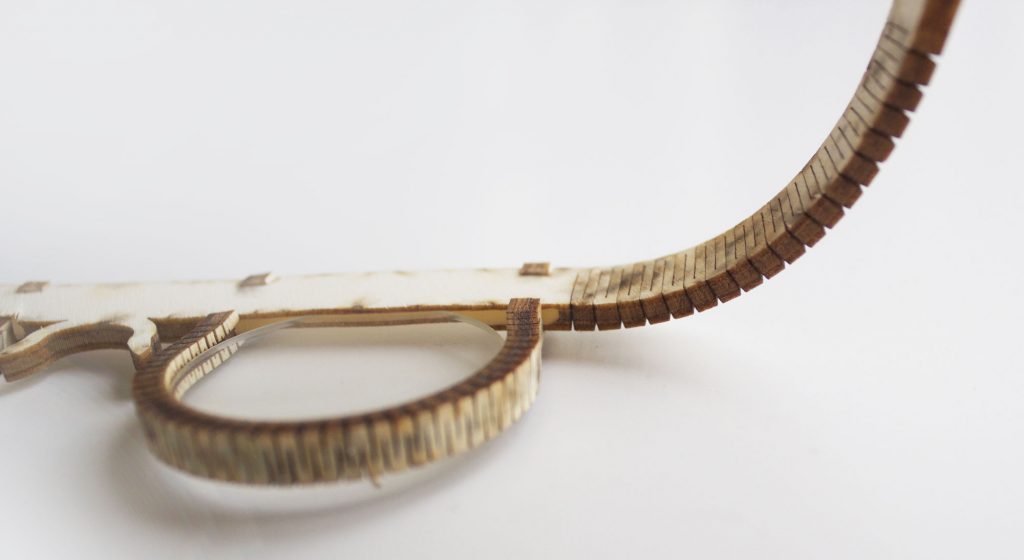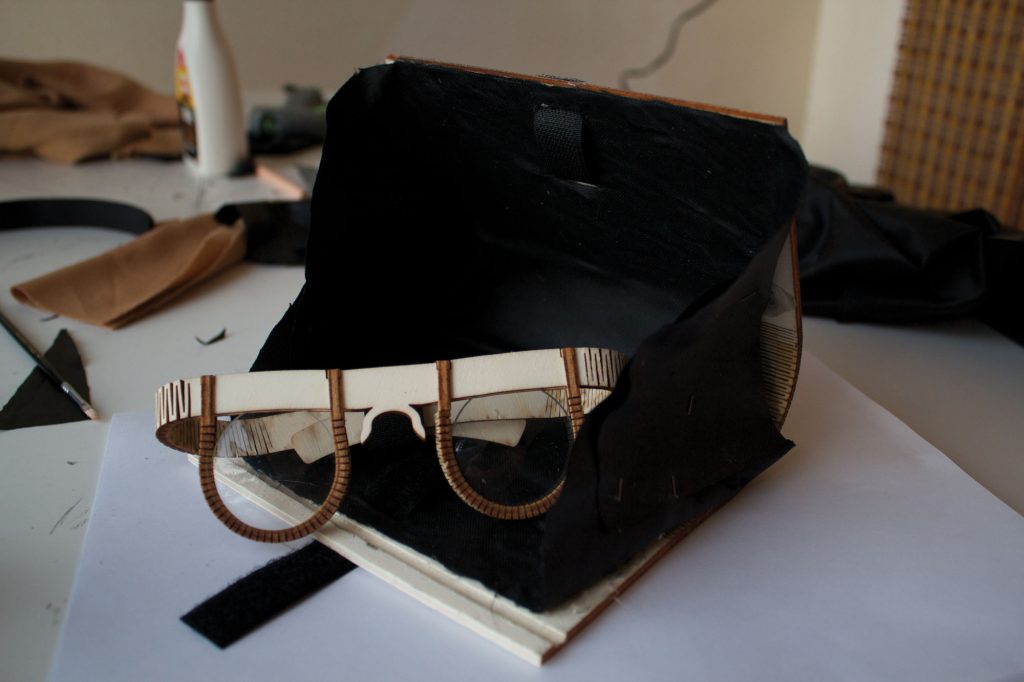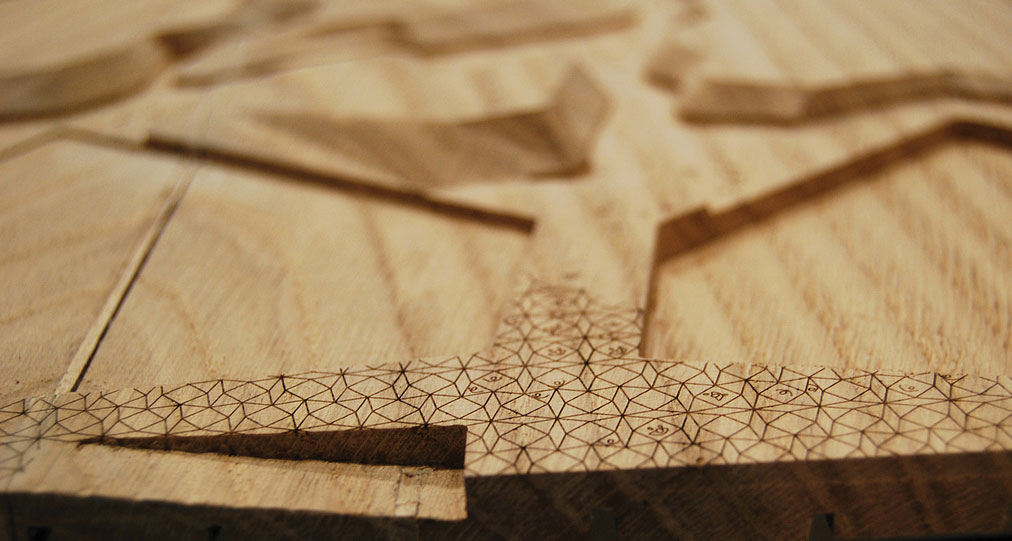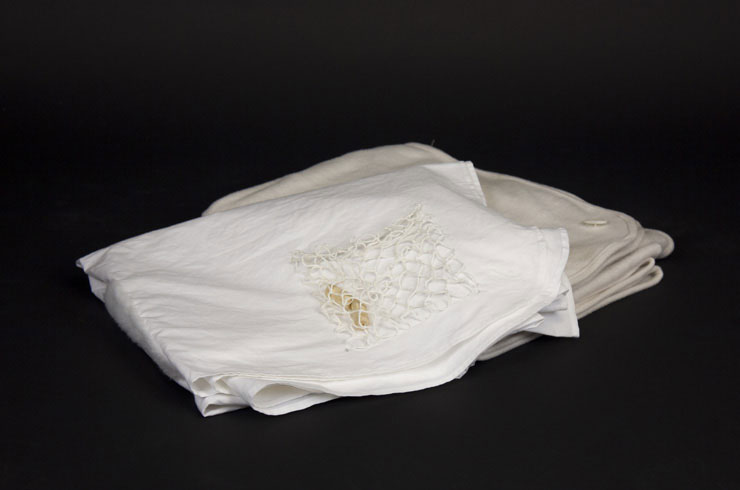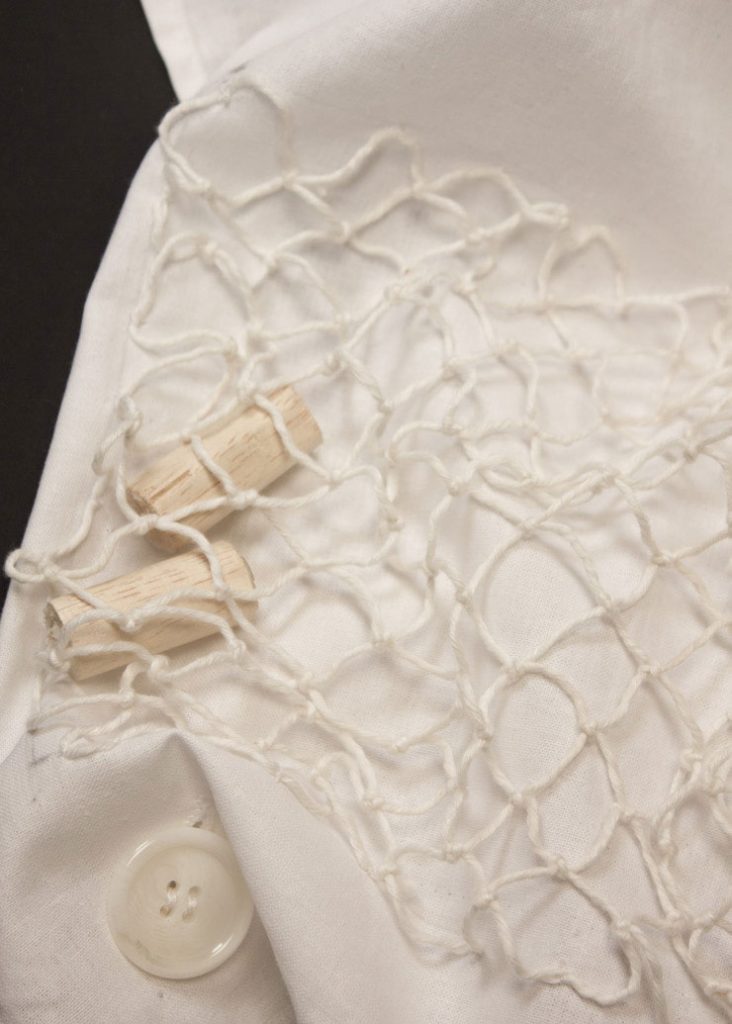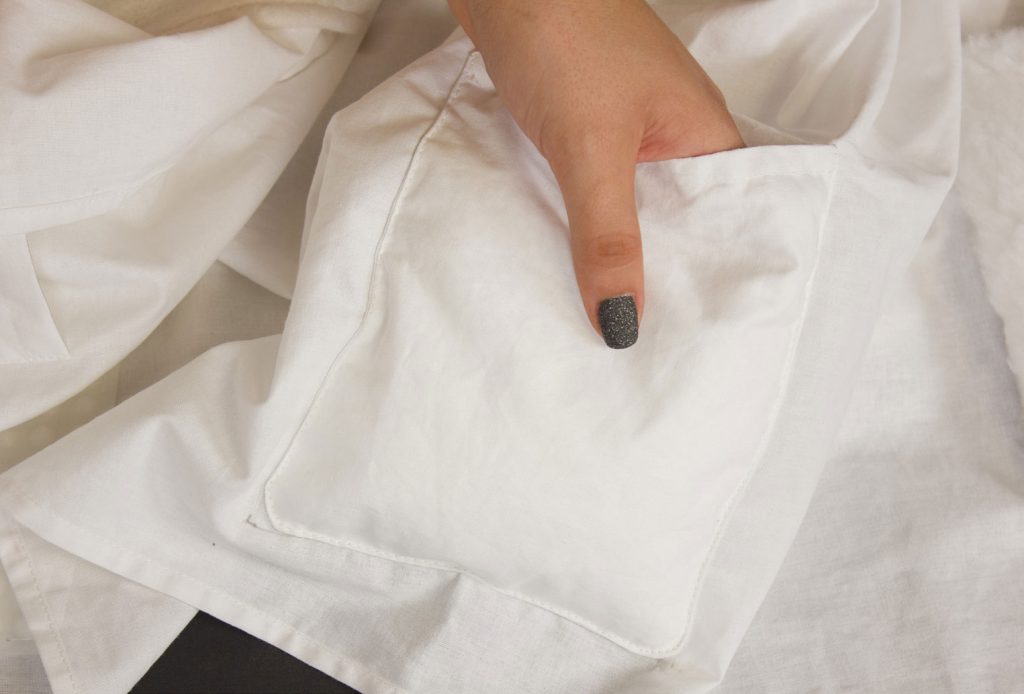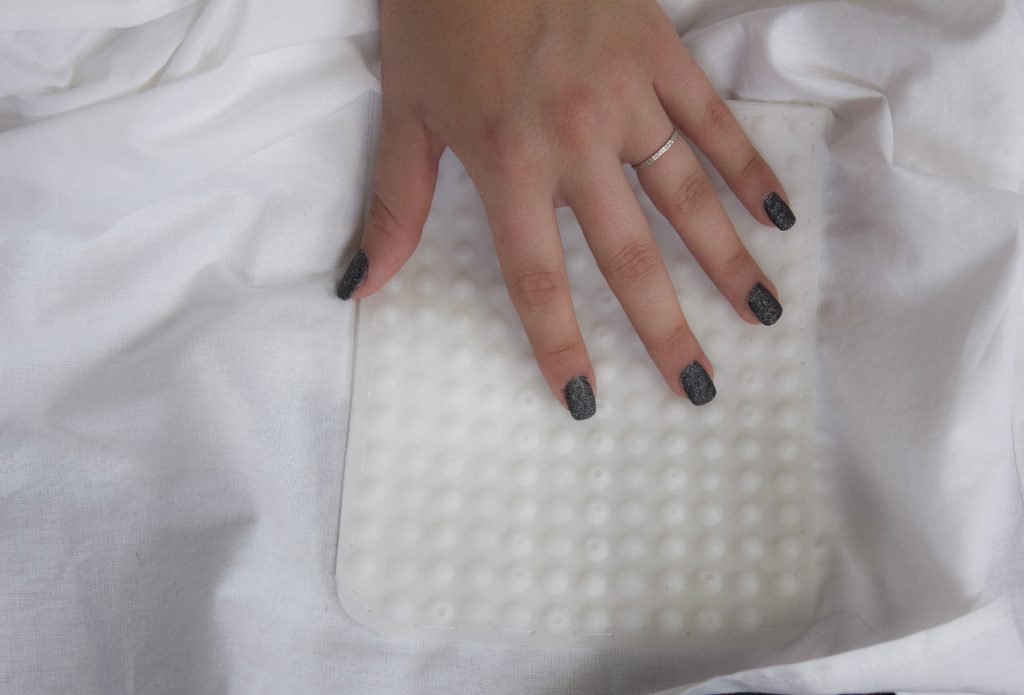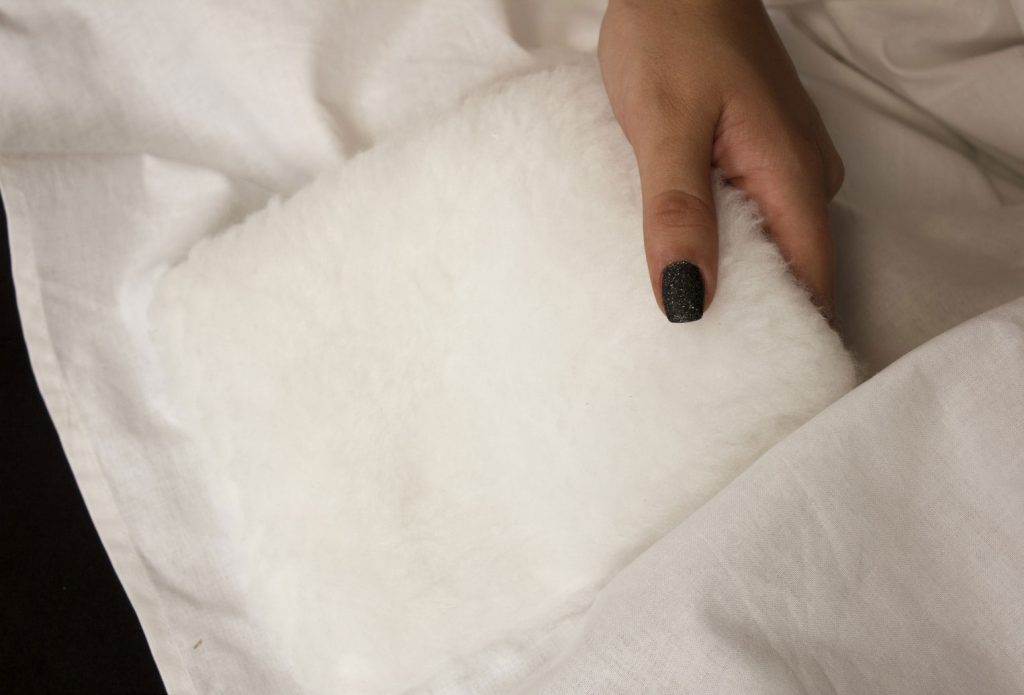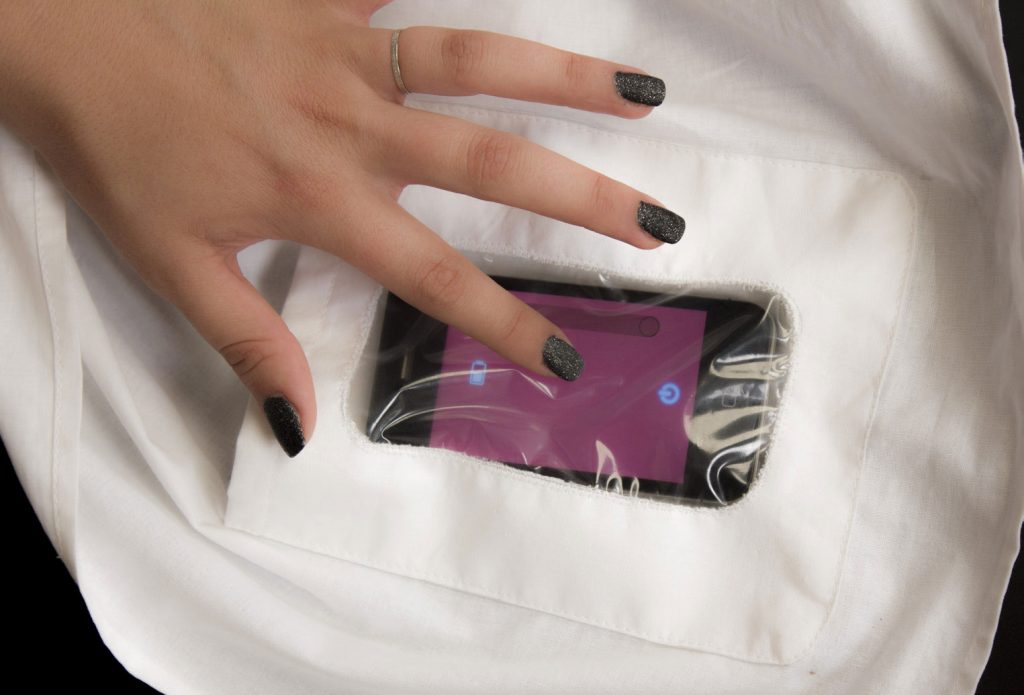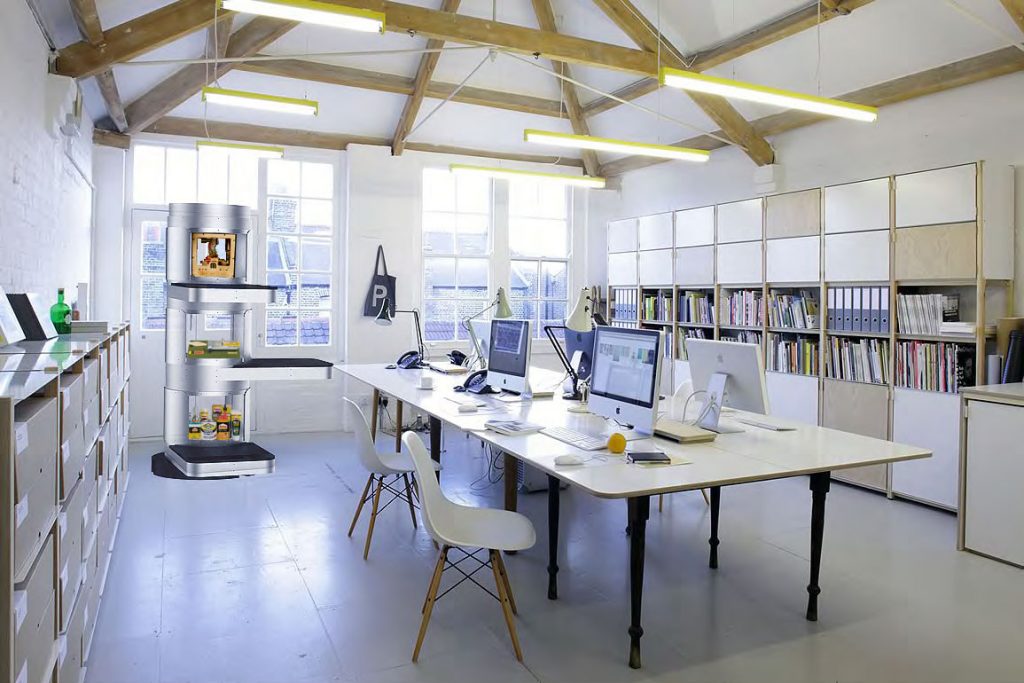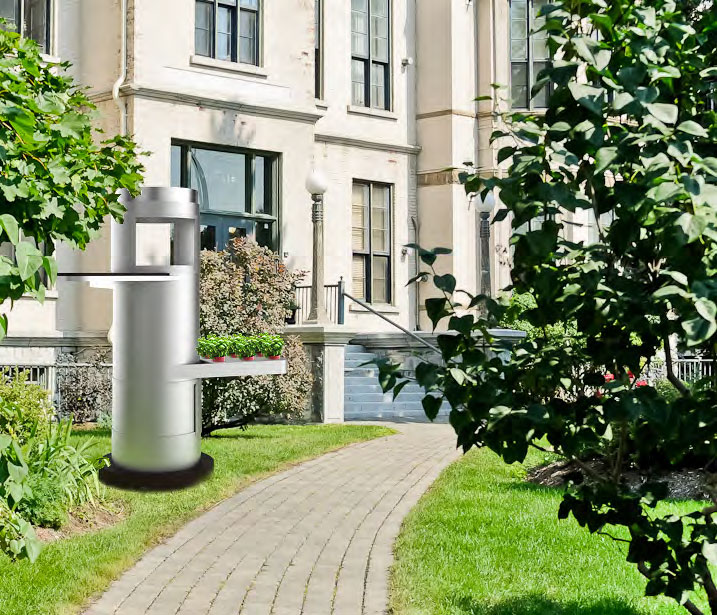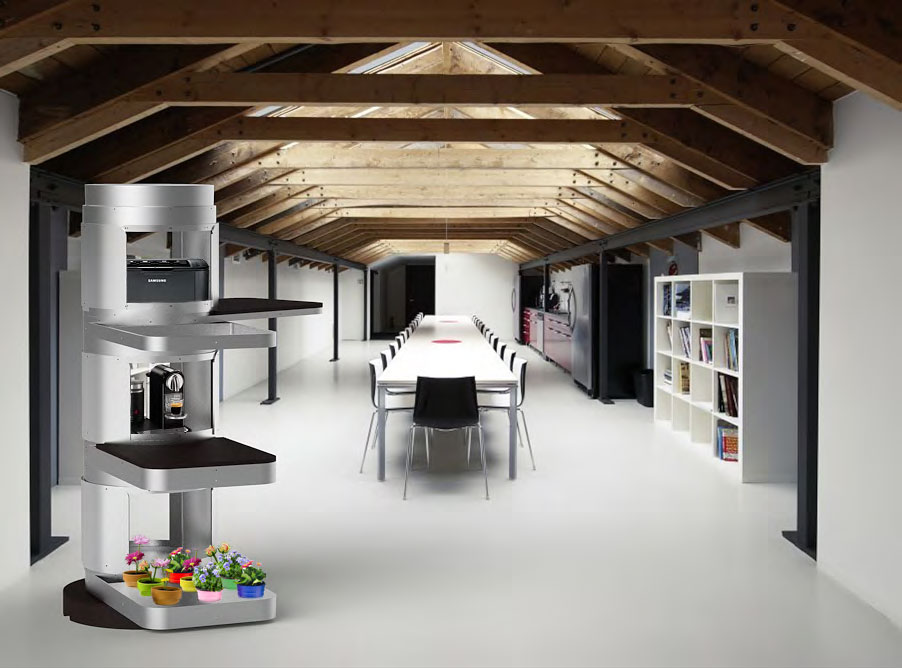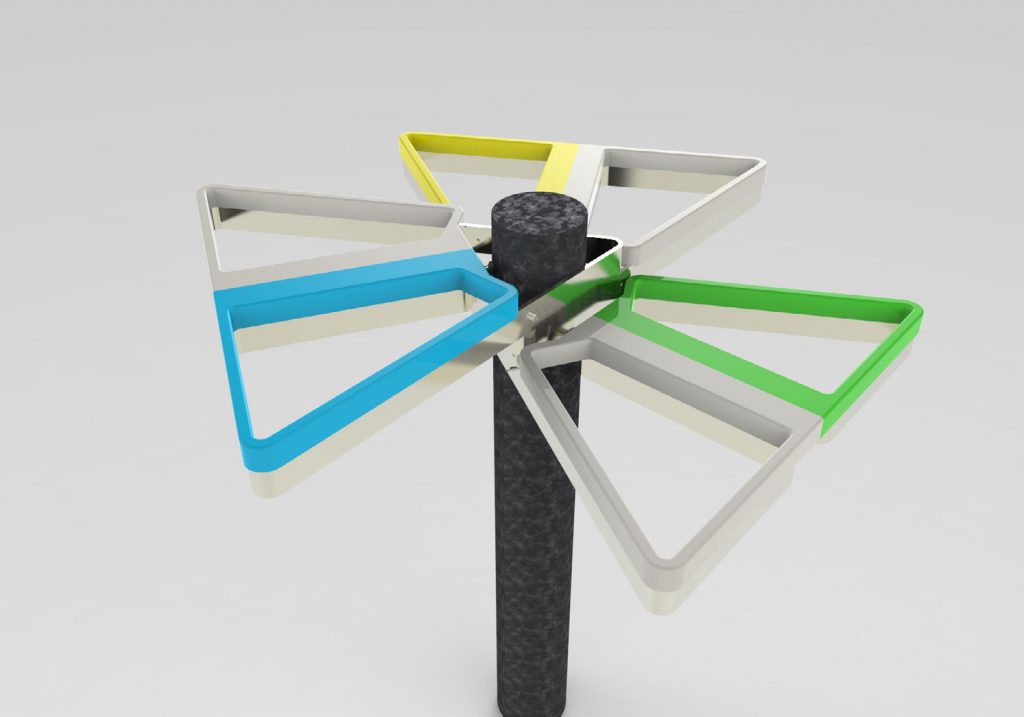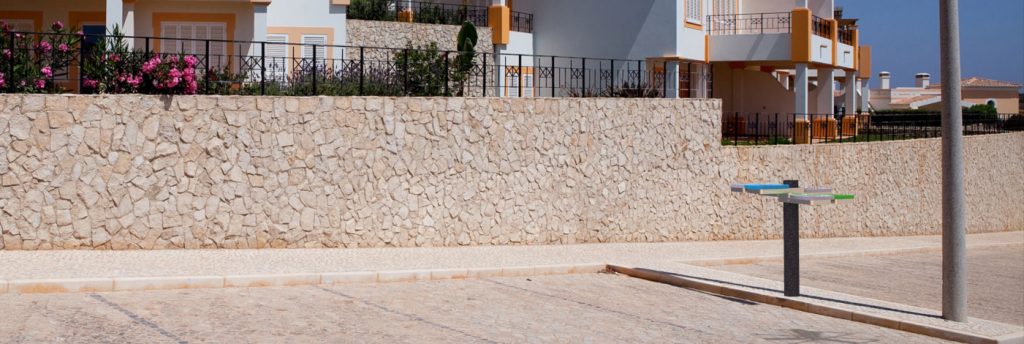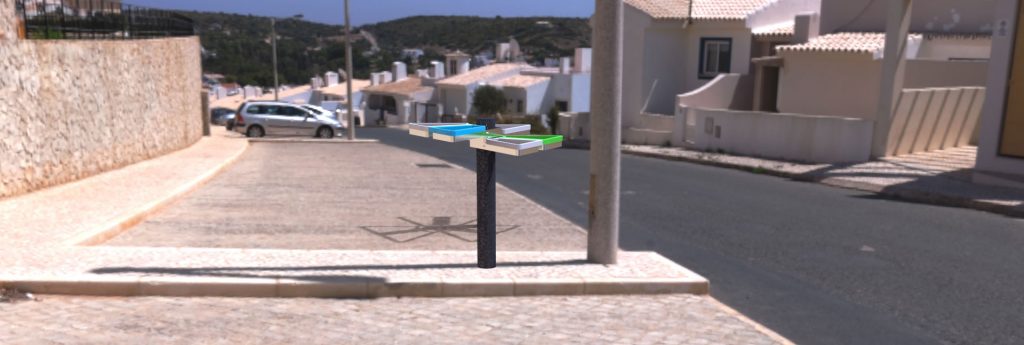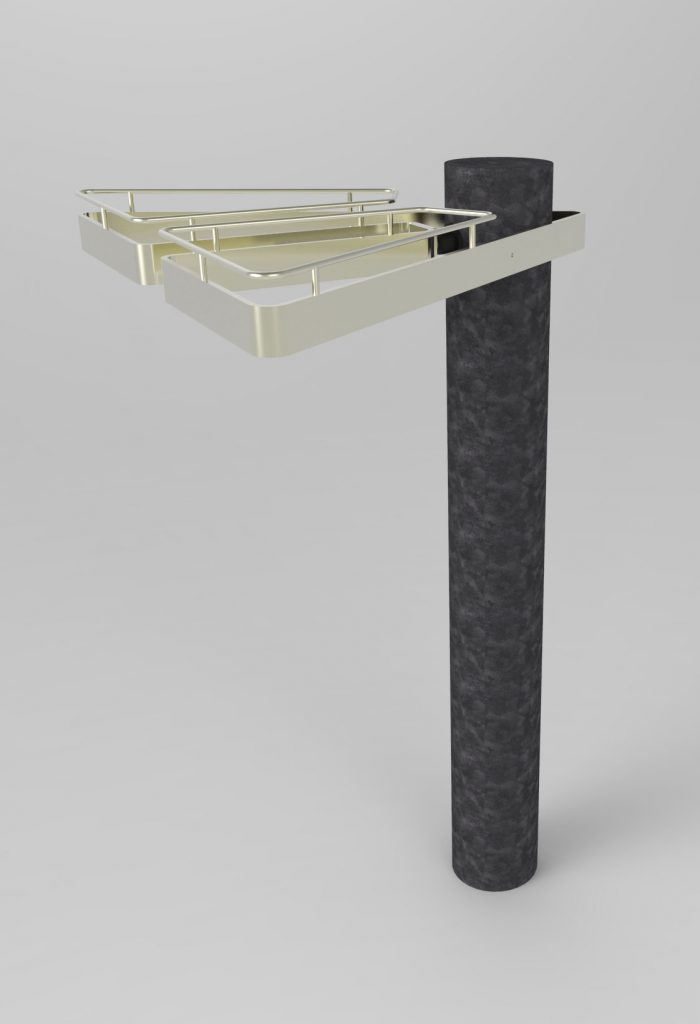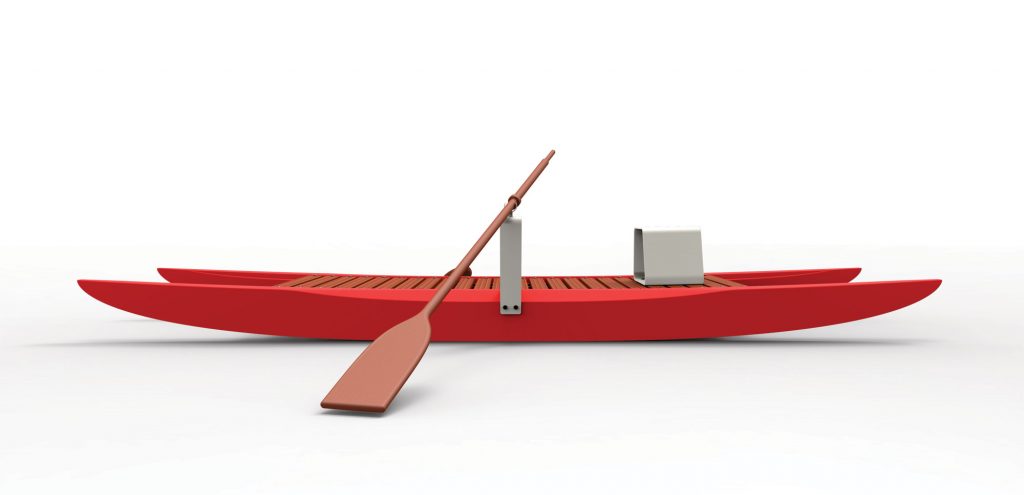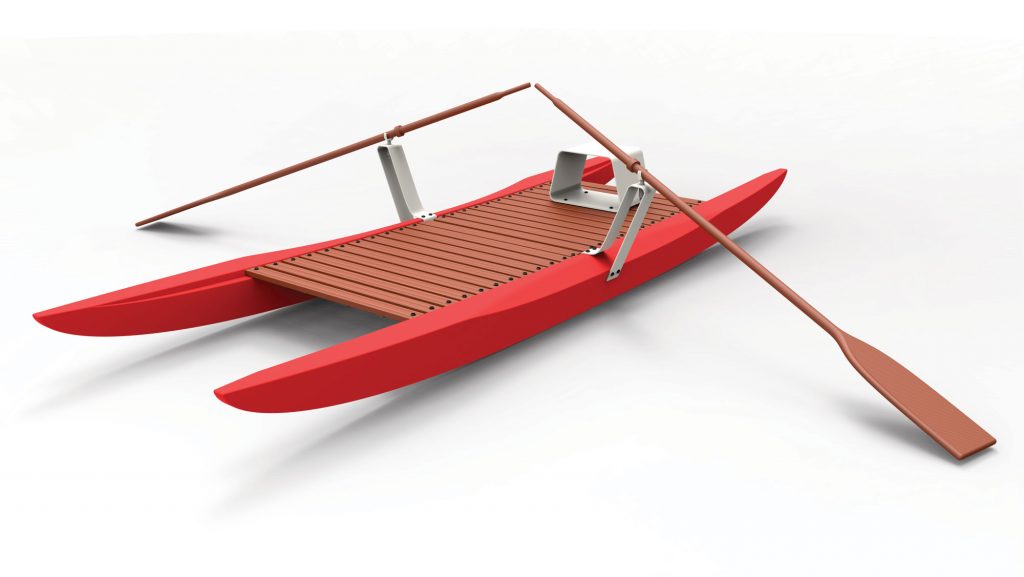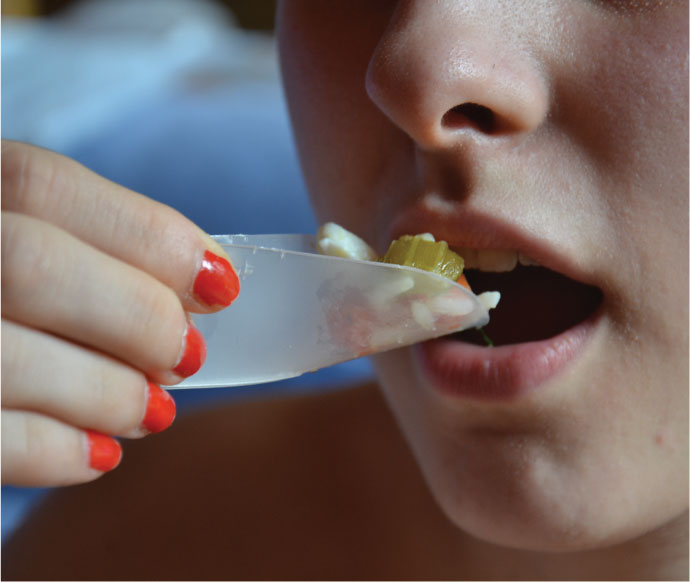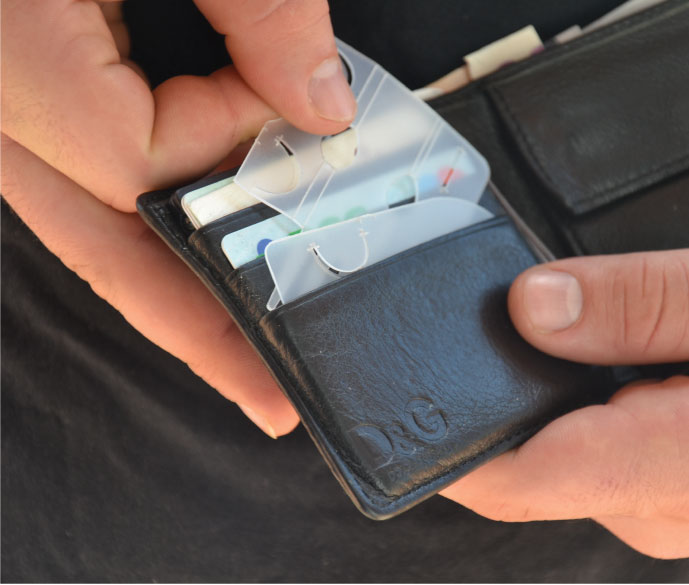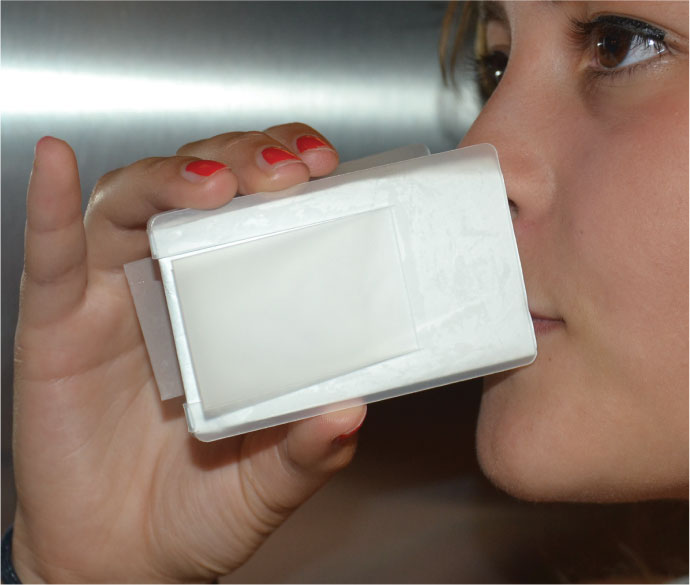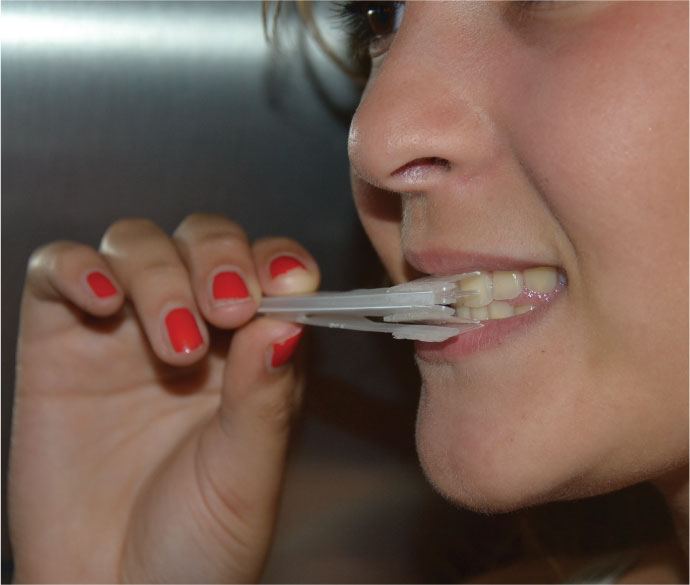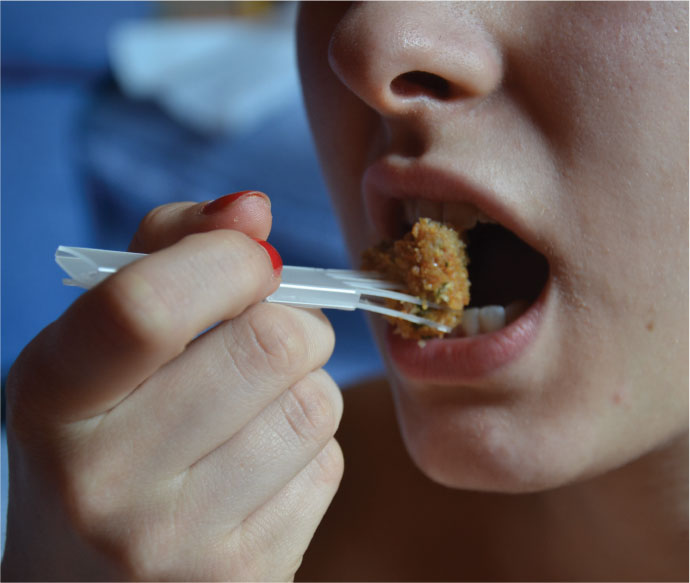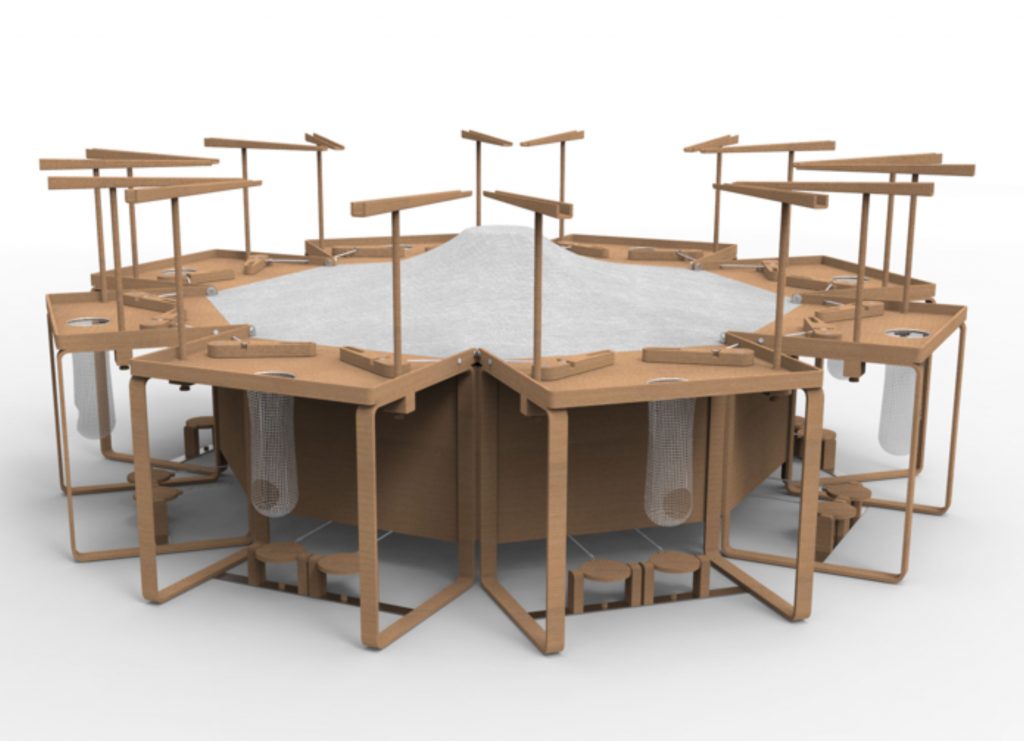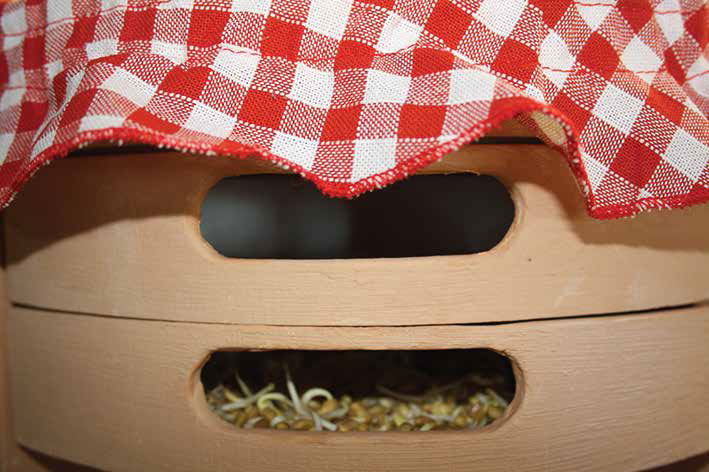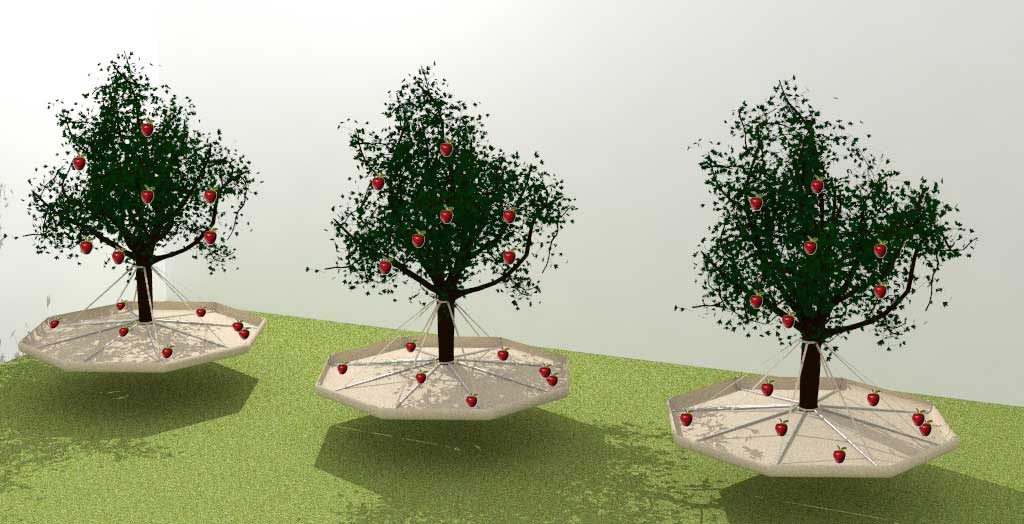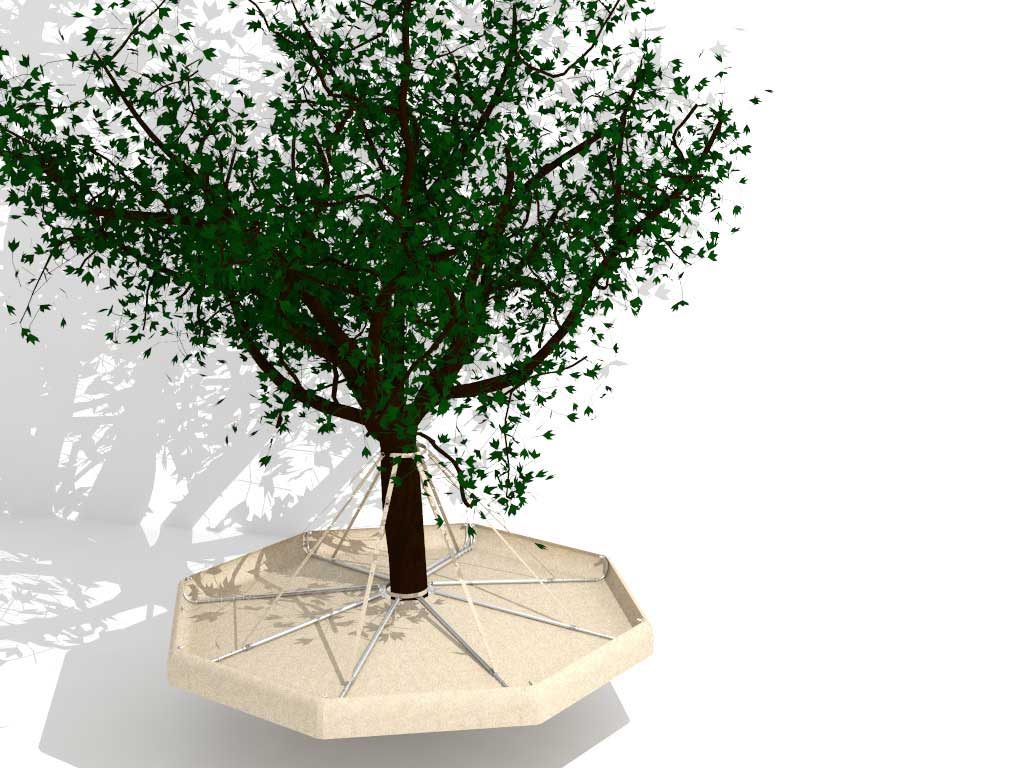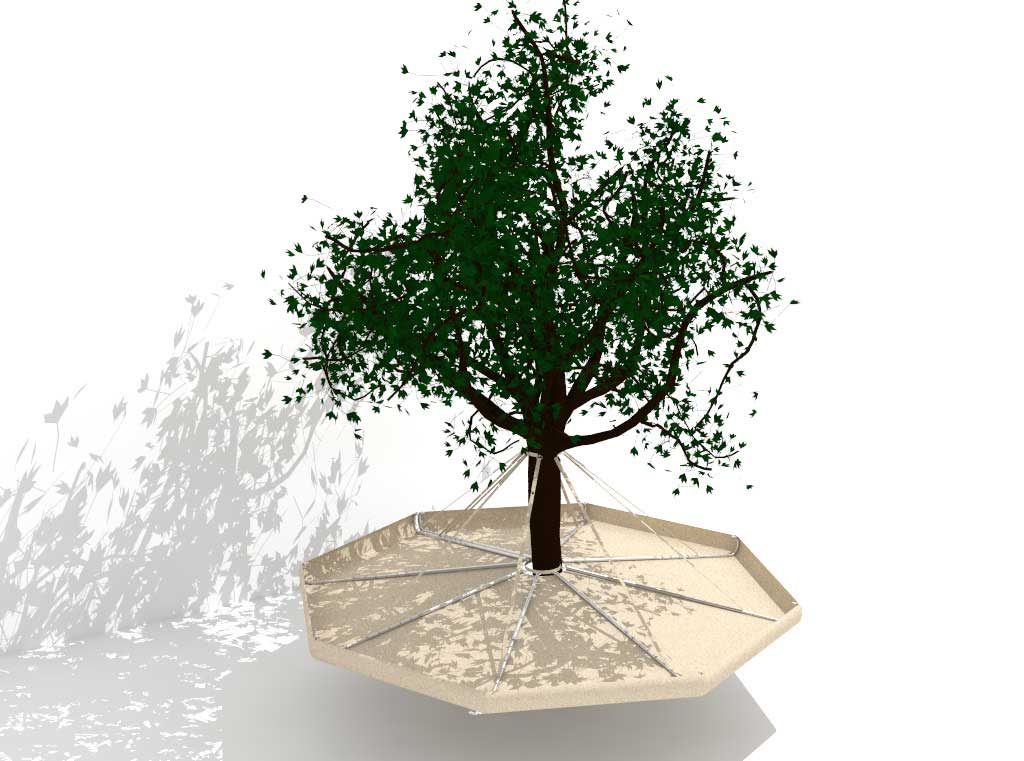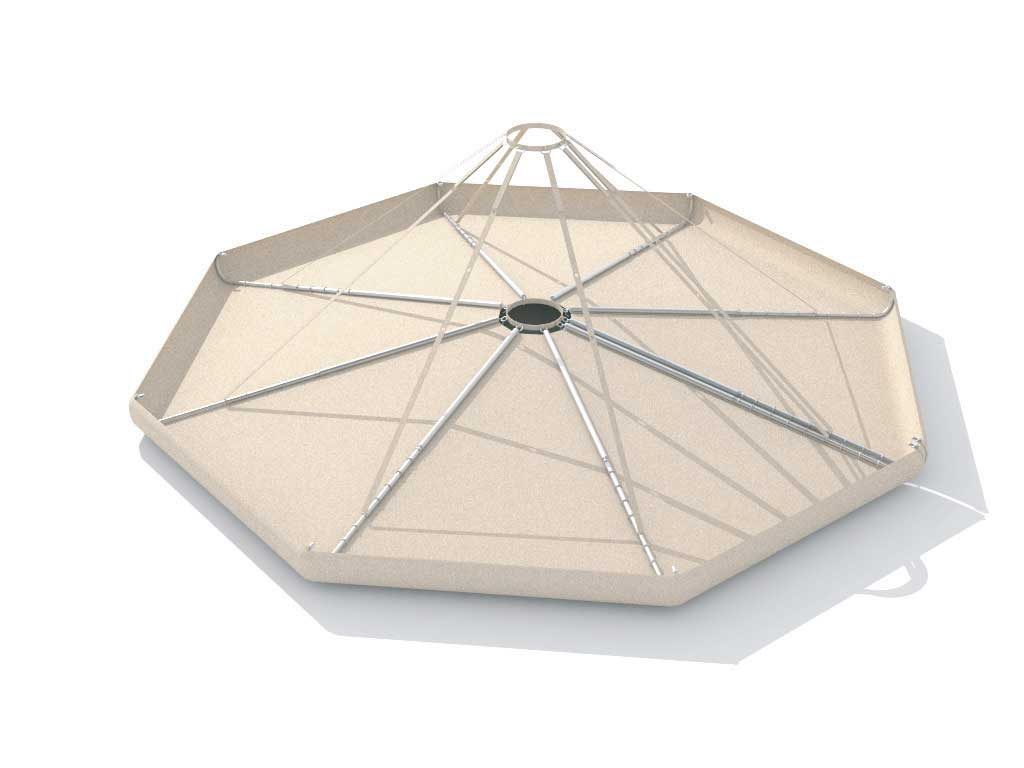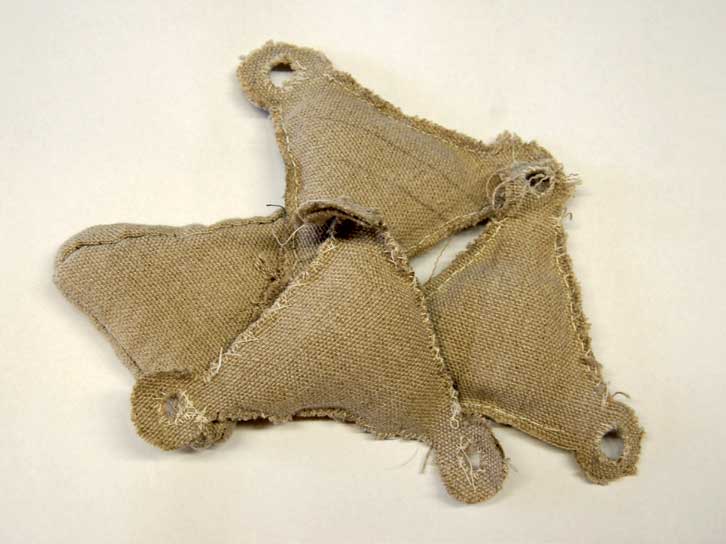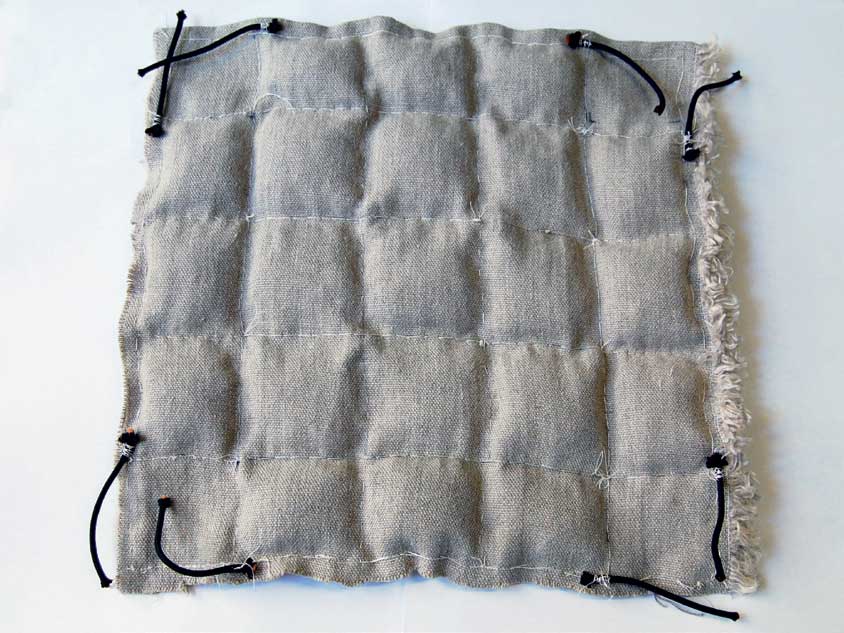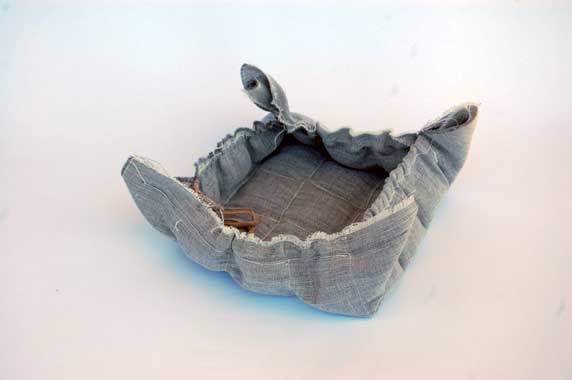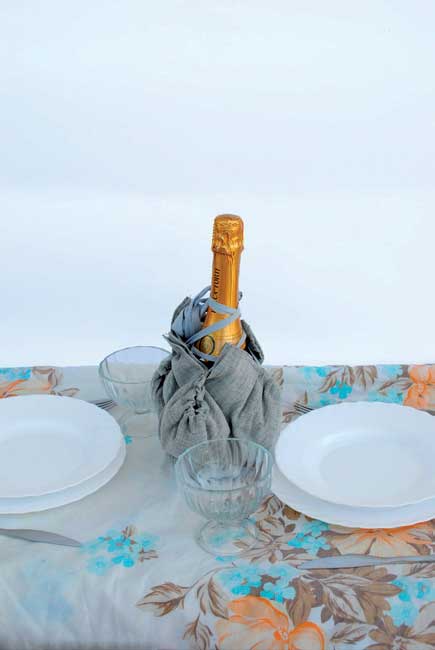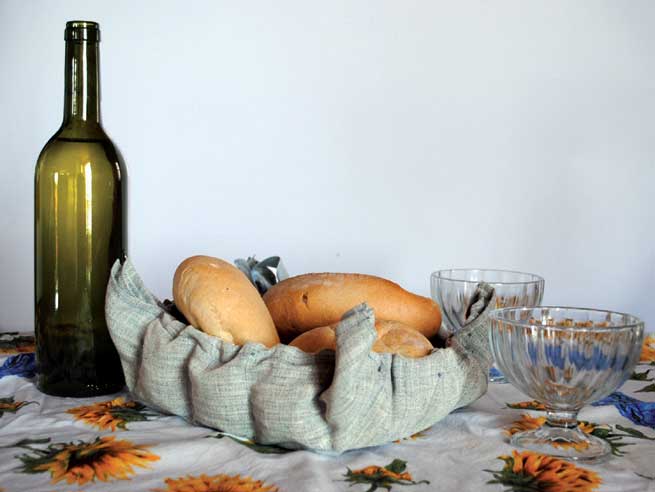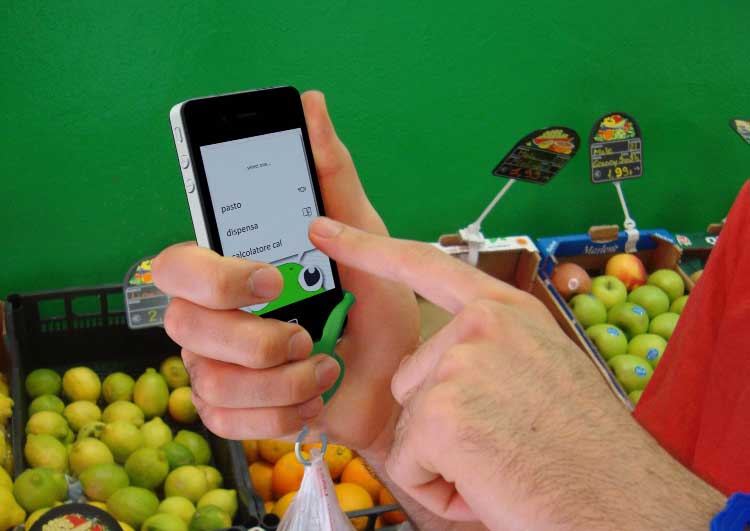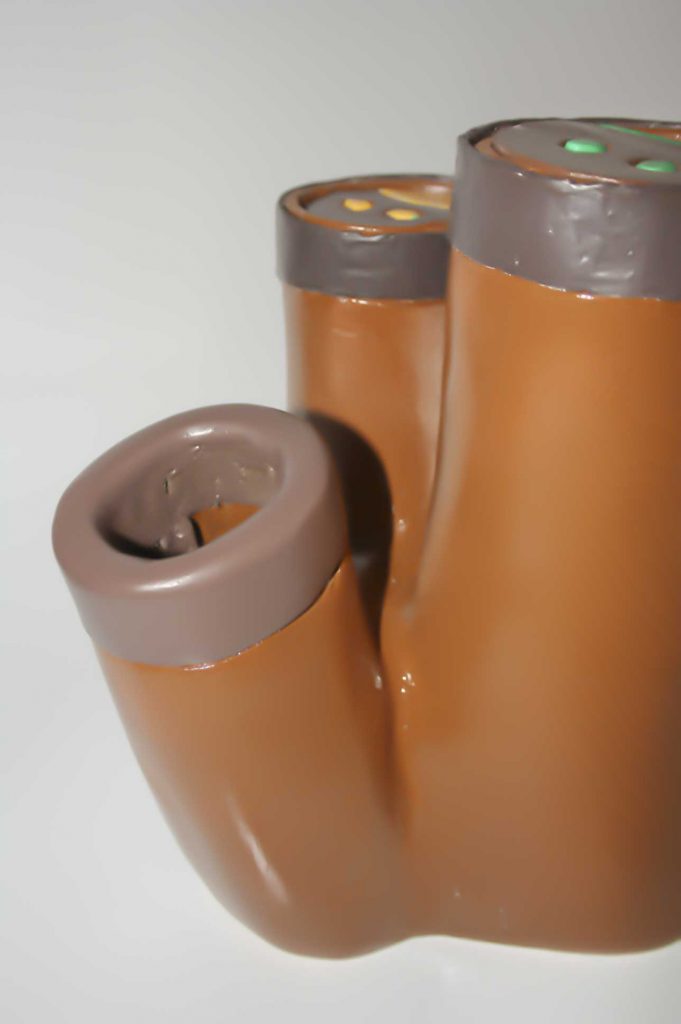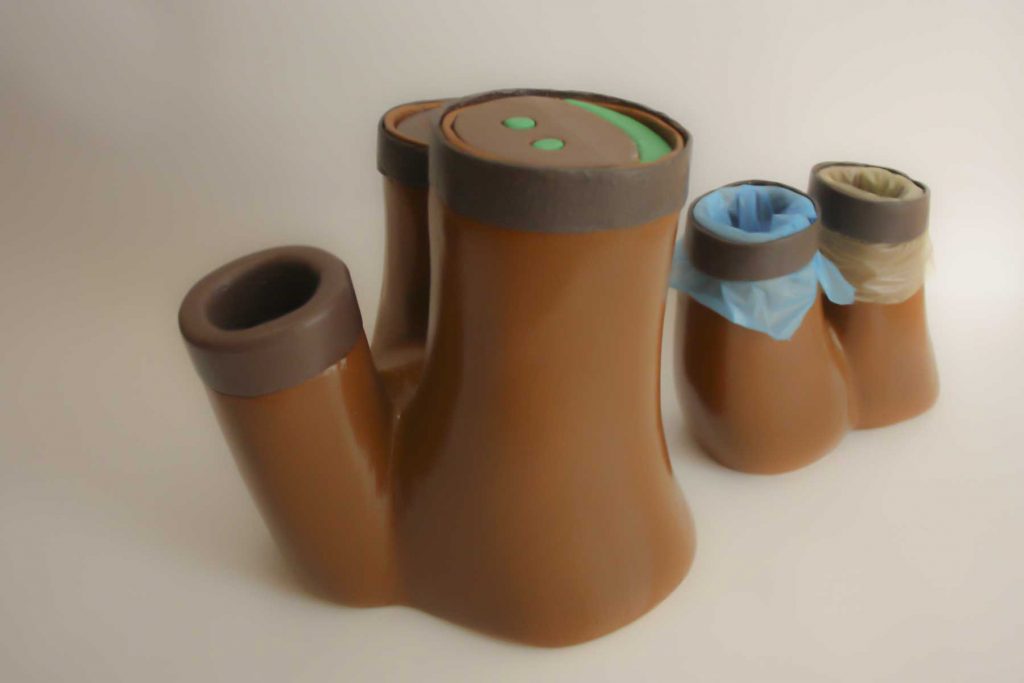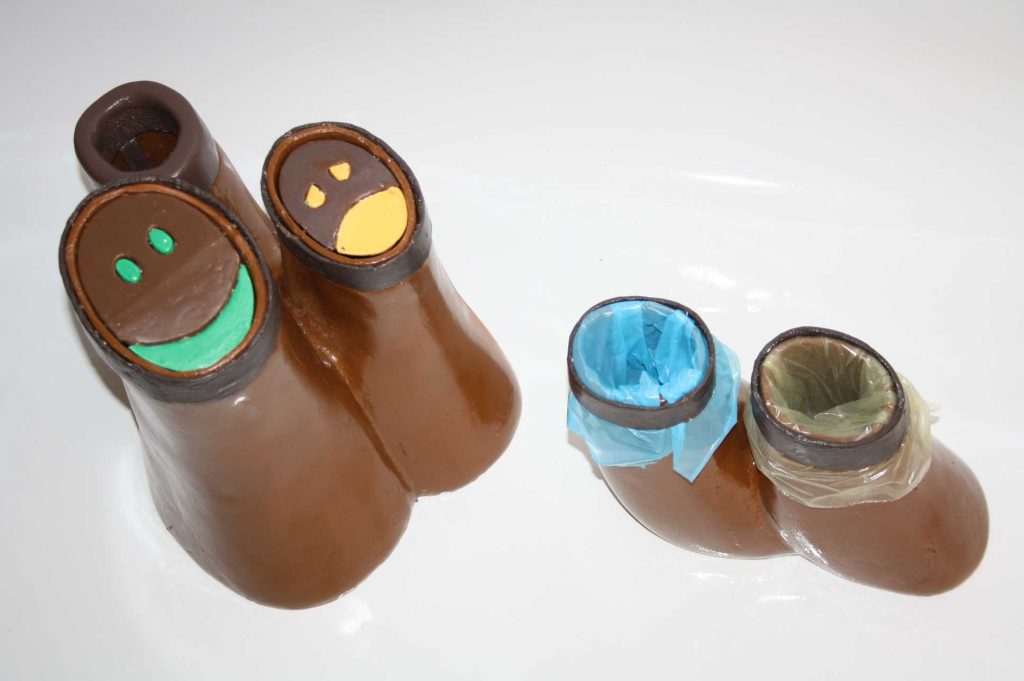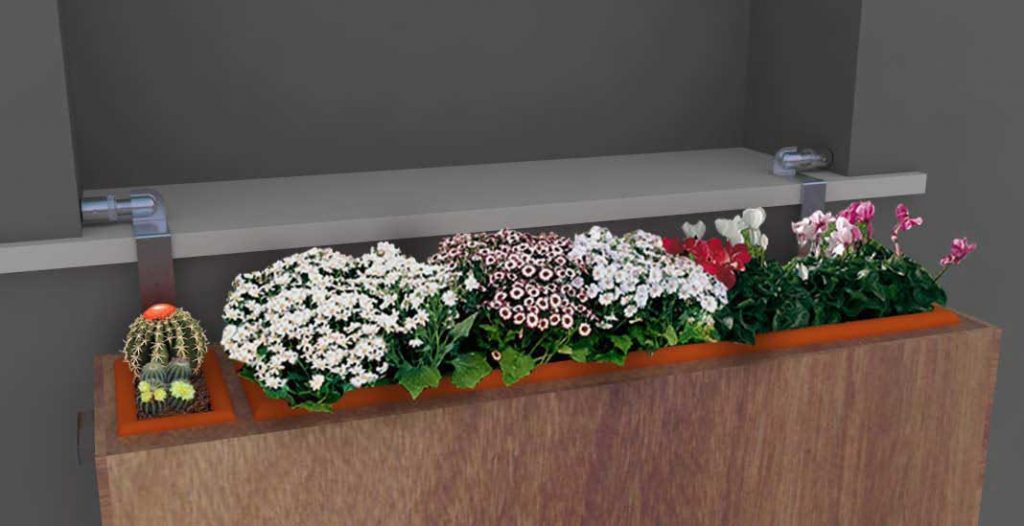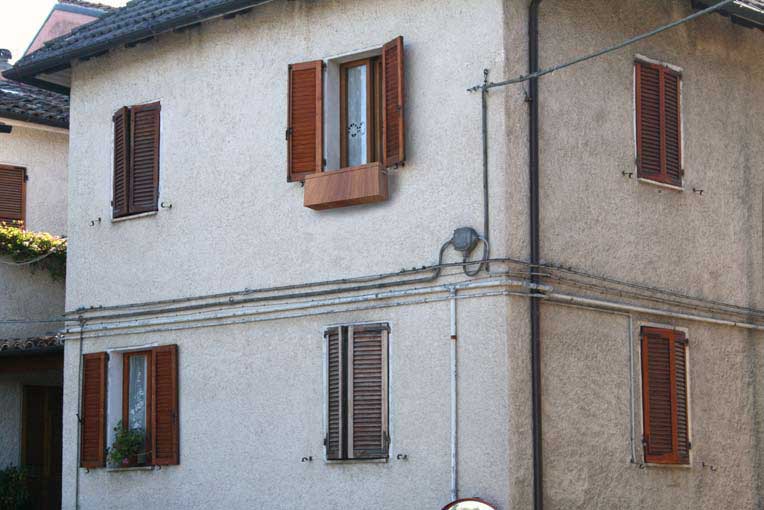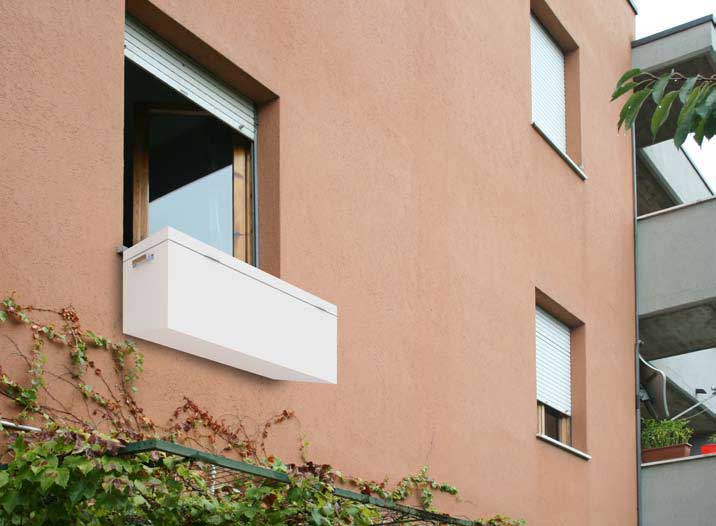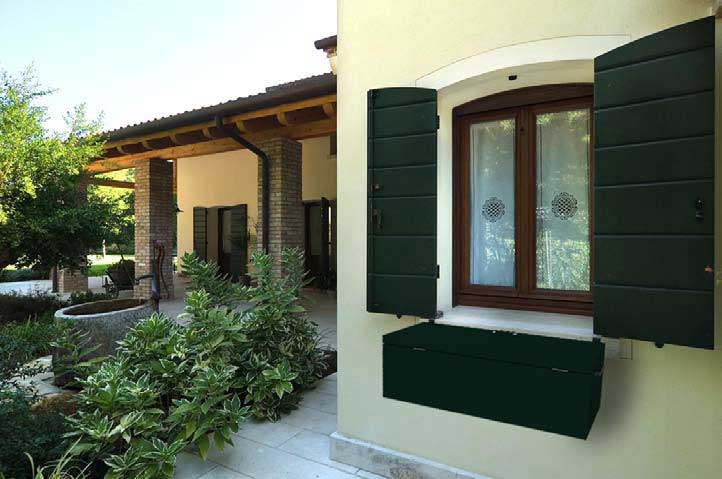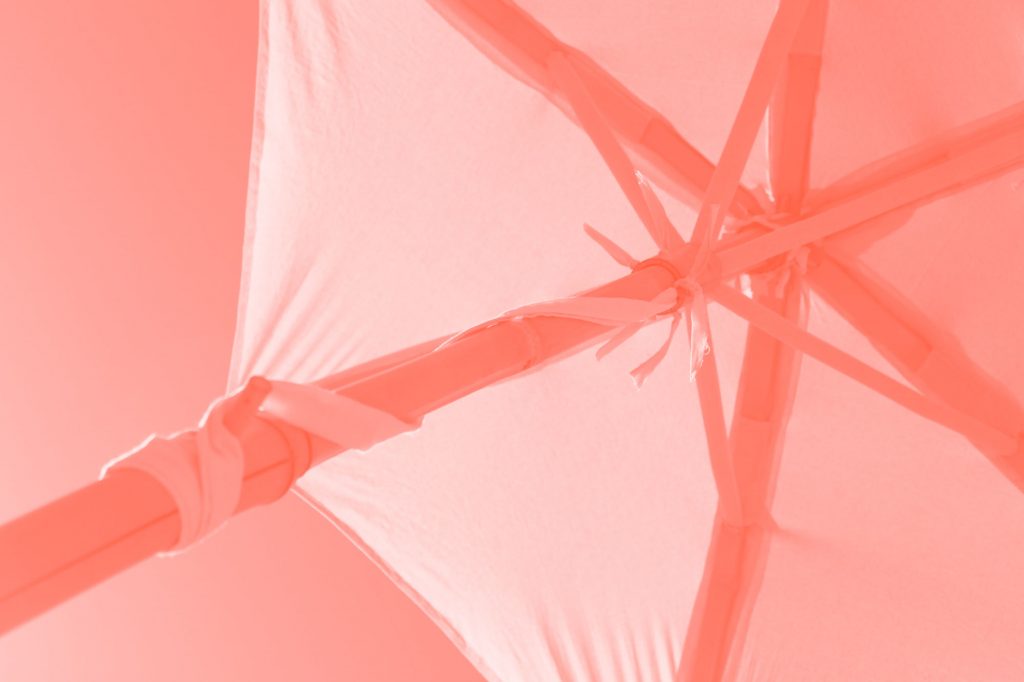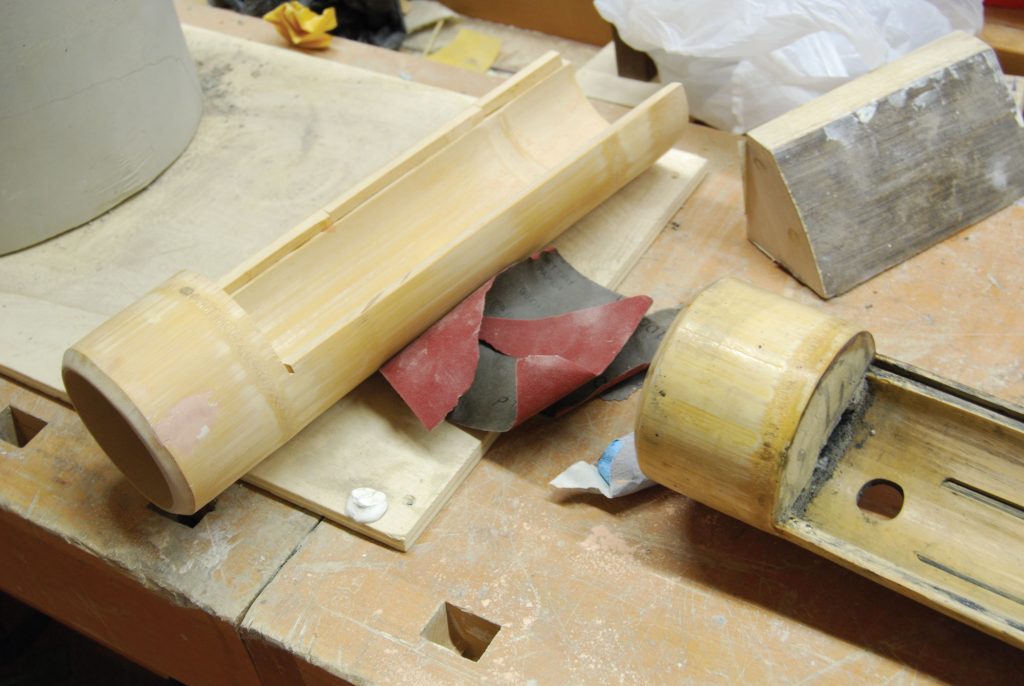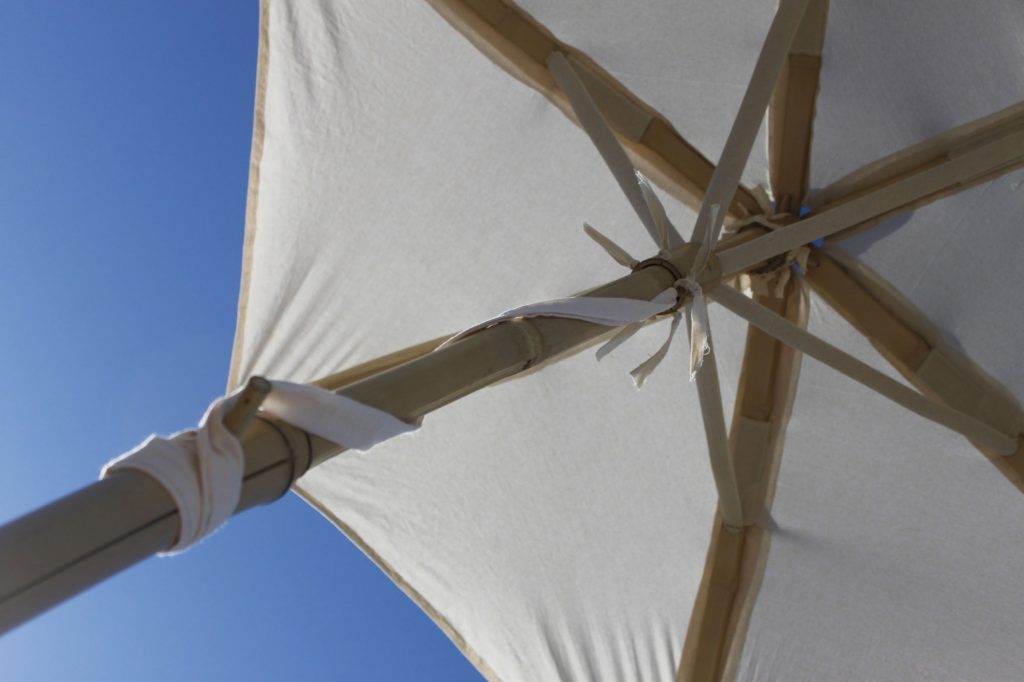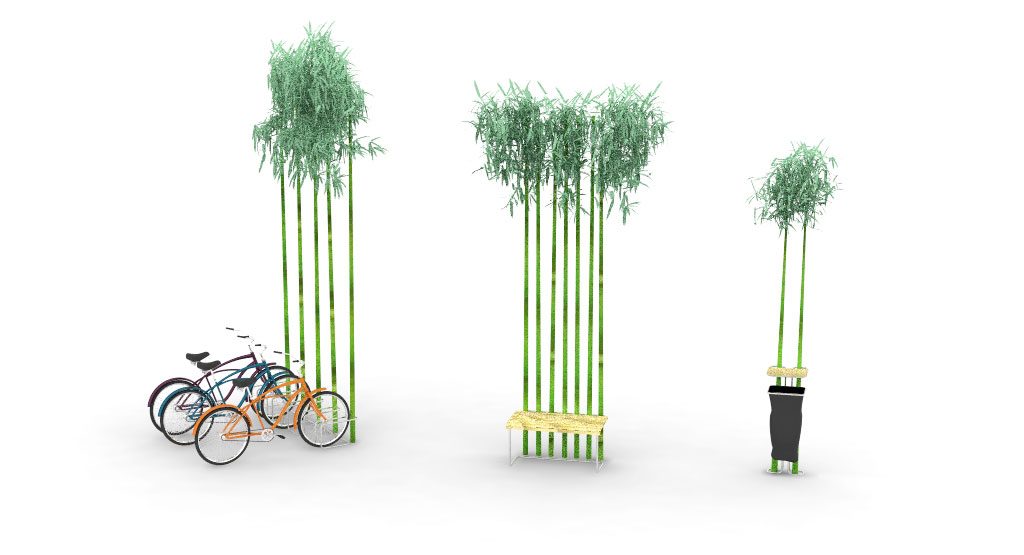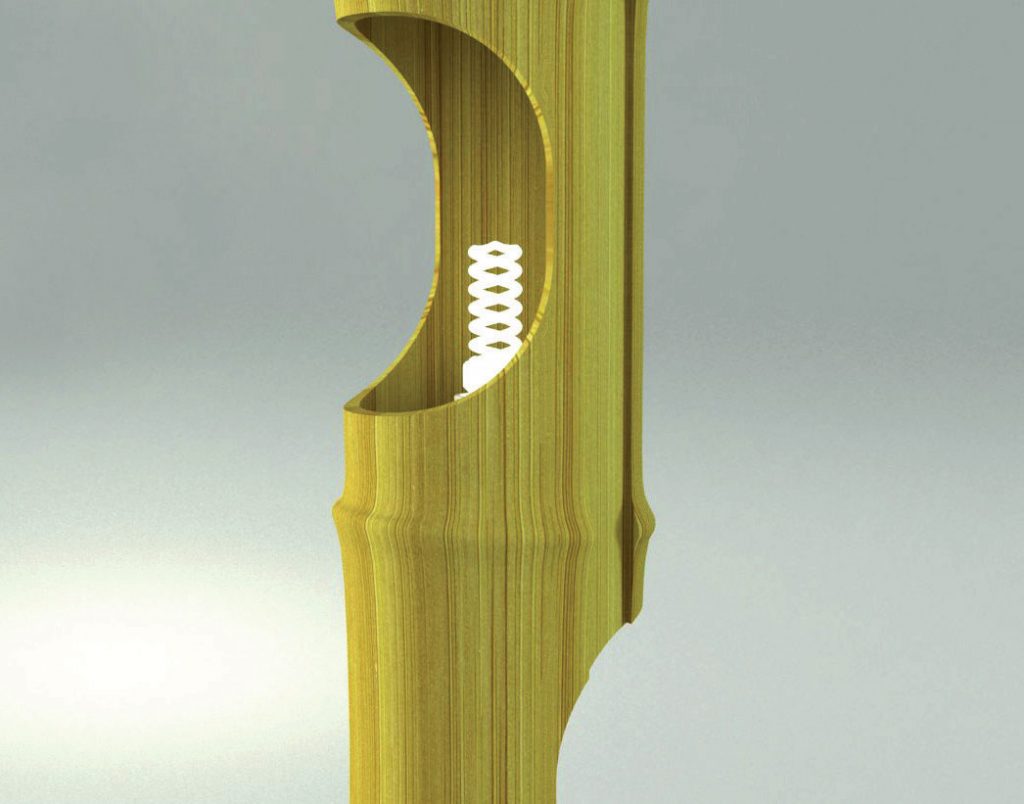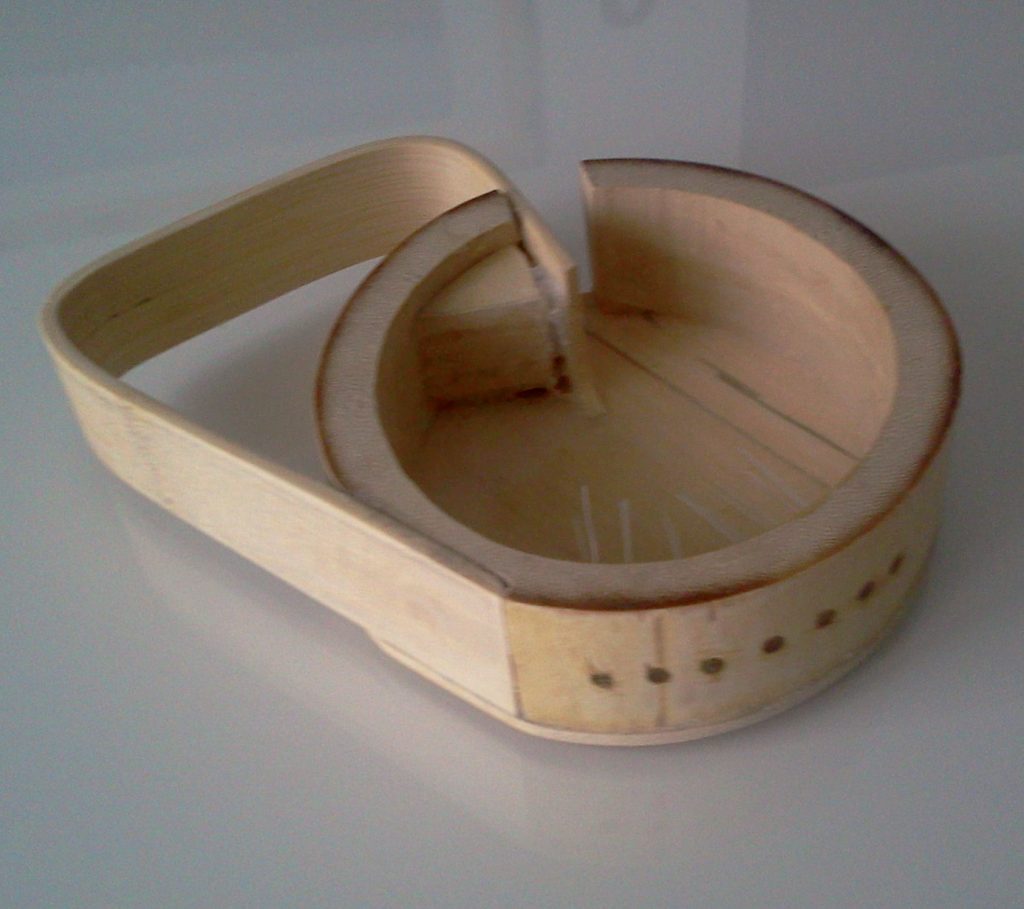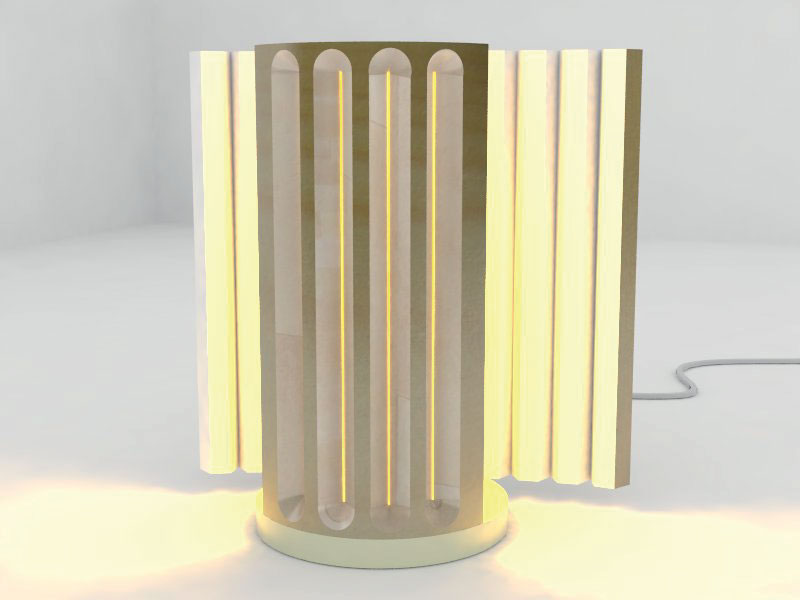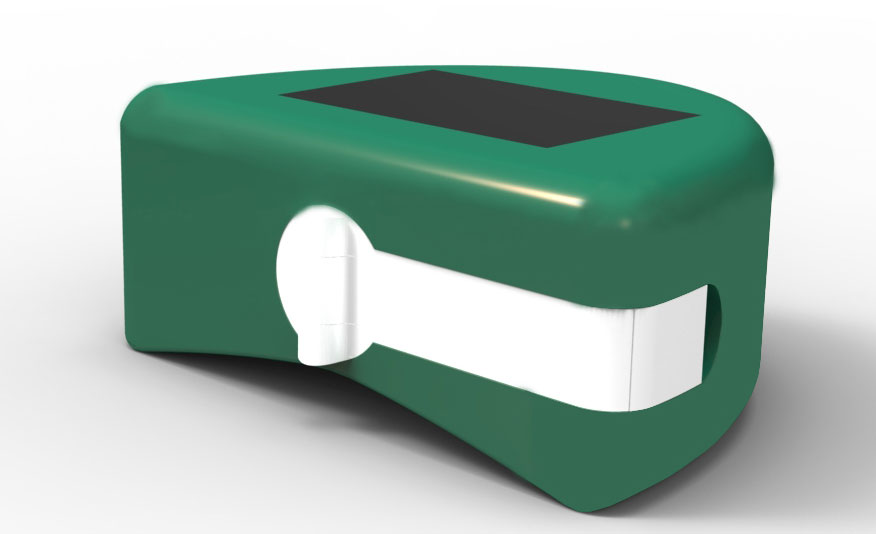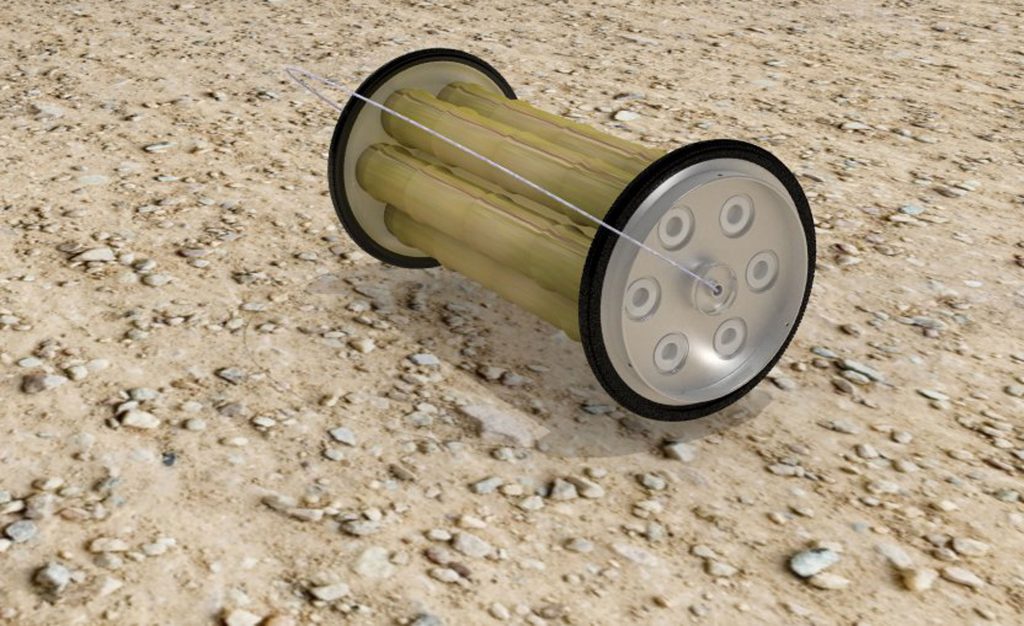Teaching philosophy
The theoretical principles are Lateral and Design Thinking, two creative thinking methods which complement each other. Being able to design in a sustainable way is an essential requirement of today’s designers. The whole thing combined with the ability to orientate with competence and awareness in the panorama of tools and production techniques, indispensable design tool.
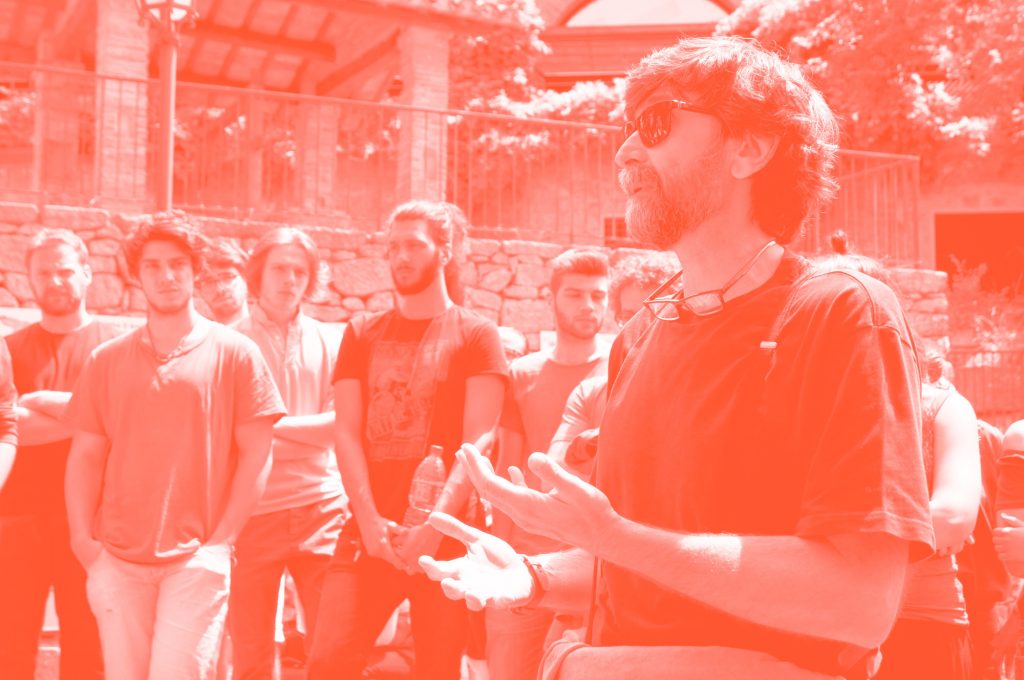
2023 / Famiglie non convenzionali - Progetti per un mondo che cambia
What is a non-conventional family? If we search the web for images of conventional families, we usually get the picture composed of a mother, a father (preferably married), one or more children (but also none). Well, all the others are unconventional. And they are, in this rapidly changing society, probably the majority. This year, the third-year design workshop conducted by Marcello Ziliani, alongside Tobia Repossi and Nunzia Ponsillo, tried to explore the issues related to relationships, situations, behaviours, and habits specific to these social units. Girls and boys started with an in-depth field research made of interviews and research, comparisons, and analysis that served to acquire the awareness of the quantity and complexity of existing realities. The different groups then oriented themselves, thanks to the insights that emerged in this first phase, to the search for project solutions that gave answers, even minimal ones, each to a different problem, to a different "non-conventionality". Nomadic families, "distance" families, mononuclear families, families with differently-abled members. For each one, a project that aims to solve a problem of that specific reality. As a demonstration that a design process is not only a creative activity but also, and above all, a path towards the acquisition of knowledge and consciousness, to be able to responsibly play our role as actors capable of improving things little by little, drop by drop.
2022 / Pari o Dispari - Design per la parità di genere
Being born as male or female is not a choice. The Product Design Lab 3 course took inspiration from the 5th goal of the Sustainable Development Goals 2030 (SDG2030) which says: “… woman and girls are still being discriminated and experience violence all around the globe. Gender equality is not only a fundamental human right, but a necessary foundation for a peaceful, prosperous and sustainable world. Ensuring women have equal access to education, healthcare, dignified work and equal representation in both political and economic decision making will promote sustainable economies, that will benefit all of humanity.” Girls and boys of the Product Design Lab 3 faced these themes by doing an in-depth research on the field with interviews, researches, comparisons and analysis. All of this was used to get acquainted with the complexity of these issues and to understand how deeply engrained in all of us are these harmful stereotypes, habits and behaviours. Thanks to the information and cues gathered in this first phase, all the different groups were able to orient themselves towards solutions, even minimal, to different problems and “disparities”. This clearly shows that a project path is not only a creative activity but also (and mostly) a path towards achieving knowledge and consciousness, and carrying out our role as actors capable of changing things little by little, in a responsible way. Special thanks for their invaluable contribution to Francesca Mangano, Beatrice Pisa, Paola Navone, Karen Venturini and Sergio Pecorelli.
2021 / Generazione Oceano. Life below water
The Product Design Lab 3 course focused on the Ocean and everything connected with it. The aim was to design product solutions targeting the Sustainable Development Goals 2030 (SDG2030), specifically the SDG14 'Life Below Water'. As the Ocean plays an essential role in our ecosystem covering 71% of the planet's surface, with Generazione Oceano are identified all the people who care about the Ocean and actively take part in doing so during the “Decade of the Ocean” (2021-2030). In fact, throughout this decade Generazione Oceano will engage in specific interventions aimed at creating awareness of and safeguarding the Ocean. Underpinned by the Design Thinking methodology, we offered our contribution to this valued cause by researching and designing ten unique projects. #generazioneoceano We want to acknowledge the great contribution offered by Francesca Santoro (UNESCO Italia), Mariasole Bianco (Worldrise Onlus).
2020 / ACT! Design for Social Movements
From Greta Thunberg to "Sardine", from trade union demonstrations to those of "Non una di meno", there are many movements born in recent years that are the spokespersons of collective requests and which awaken a long-dormant spirit of social participation. The product design laboratory of the University of the Republic of San Marino starts from this idea to design objects that aim to be useful to the organizers and participants of the events.
2019 / Forever Young
Students have realized 11 projects concerning “new elderlies”, namely those people over 60 who are considered “elderly” even if, for all intents, they are independent, in full force and still energetic. The remembrance, the travel, the communication with sons, the memory, the relationship with domestic animals are just a few of the topics handled brilliantly! A special thank must be done to Eugenio Perazza, patron di Magis, who, as consultant, has monitored the development of the projects.
2018 / The ground is low
Once again, this year, exams, and the relating exhibition of the projects, of the third-year product lab of the Università degli Studi of San Marino, where Marcello Ziliani teaches, have taken place. Students have dealt with the agricultural world, creating projects of product design for farmers 2.0. Each group has then explained its work in front of numerous students, teachers and externals, outlining the project with very interesting working prototypes.
2017 / Out of the storm
The results of this year’s lab of product design are very interesting, and during the work students have faced an extremely tough and “sensitive” issue. The lab has focused the attention on the search of design solutions that could be supportive to the various situations that asylum-seekers and refugees have to face during the different steps of their hard way to a safer and more dignified life: the travel, the stay in the reception centres and the new beginning, once obtained the residence permit. The seven projects designed are the result of the assistance of Rimini Caritas centre’s staff and guests. Through this work, it has been possible to show how designers, before getting the solutions, must be able to correctly identify the problems and ask the right answers, possibly trying to evaluate alternative resolutions.
2016 / Yes we solve!
All the projects of this year’s lab have tried to find answers, by applying the design thinking method, to some of the troubles that those, who attend the University, face every day, developing solutions in line with the principles of the environmental sustainability. The projects deal with different topics concerning stress, safekeeping of objects, health, rubbish, waste or re-use of material.
2015 / Be beehive
Designers do not solve problems; they create them and find solutions. Today, more than ever, this process is participated, shared and supported by physical and virtual communities, in which everyone shares their knowledge to achieve a common goal. The purpose is to design products that encourage sustainable behaviours and facilitate the sharing. The will is to reach the goal without pretending to invent anything new, instead, what we are looking for is the incremental innovation. Design and Lateral Thinking are the tools.
2014 / Lighting and Furnishing
This year’s topic has been designing a piece of furniture, which connects the function of furnishing with that of lightning. The last function had to merge and amalgamate with the first one in a sort of symbiosis, thus giving added value to the project. Students have engaged in different projects, developing products with the most varied functions, indoor and outdoor furnishing accessories whose common topic has been the light.
2013 / Crisis Design
During these years, the profession of the designer, as it has been intended so far, has been questioned by high-impact social, economic and ecologic phenomena. We are facing an historical period marked by a terrible economic crisis, damaging the whole capitalistic system, which is in turn connected to an ecologic crisis not entirely clear and perceptible, but still imminent and dangerous. However, the times of crisis are also moments of great change that can lead to a positive innovation. Therefore, the purpose of this course is to explore the numerous possibilities that the profession of the designer offers with a view of a global change, taking a special account of the increasing computerisation and the sustainable way of design. The working groups have realized projects that provide concrete answers to this issue.
2012 / Food Shortage
Today, in a world increasingly overwhelmed by goods, objects, rubbish and different types of waste, the figure of the product-designer has dangerously given grounds to suspect that they are those responsible for this invasion… is there really the need of yet another new chair, lamp, shower, piece of cutlery, handle or luggage? Studies confirm that more than 80% of the impact on the environment caused by any product can be identified during the phase of design. Therefore, it is important that the new generations of designers are at least aware of all of this, and, in some way, “well-equipped” to face the enormous complexities that the conscious project requires. The topic of the project is about the idea of “food waste”. This theme can assume different meanings: waste intended as reject, or refusing to feed oneself, but also waste as the opportunity to create something new, to use what would be thrown away to realize intelligent and sustainable objects.
2011 / Bamboo
The purpose of the course is to focus the attention on the aspects that link the product design with its sustainability, connecting the technical-theoretic tools, related to the analysis of the lifecycle, with those used to seek for ideas and innovative solutions through the Lateral Thinking. The whole thing is accompanied by the passing on of techniques and materials, which designers shall confront themselves with.

